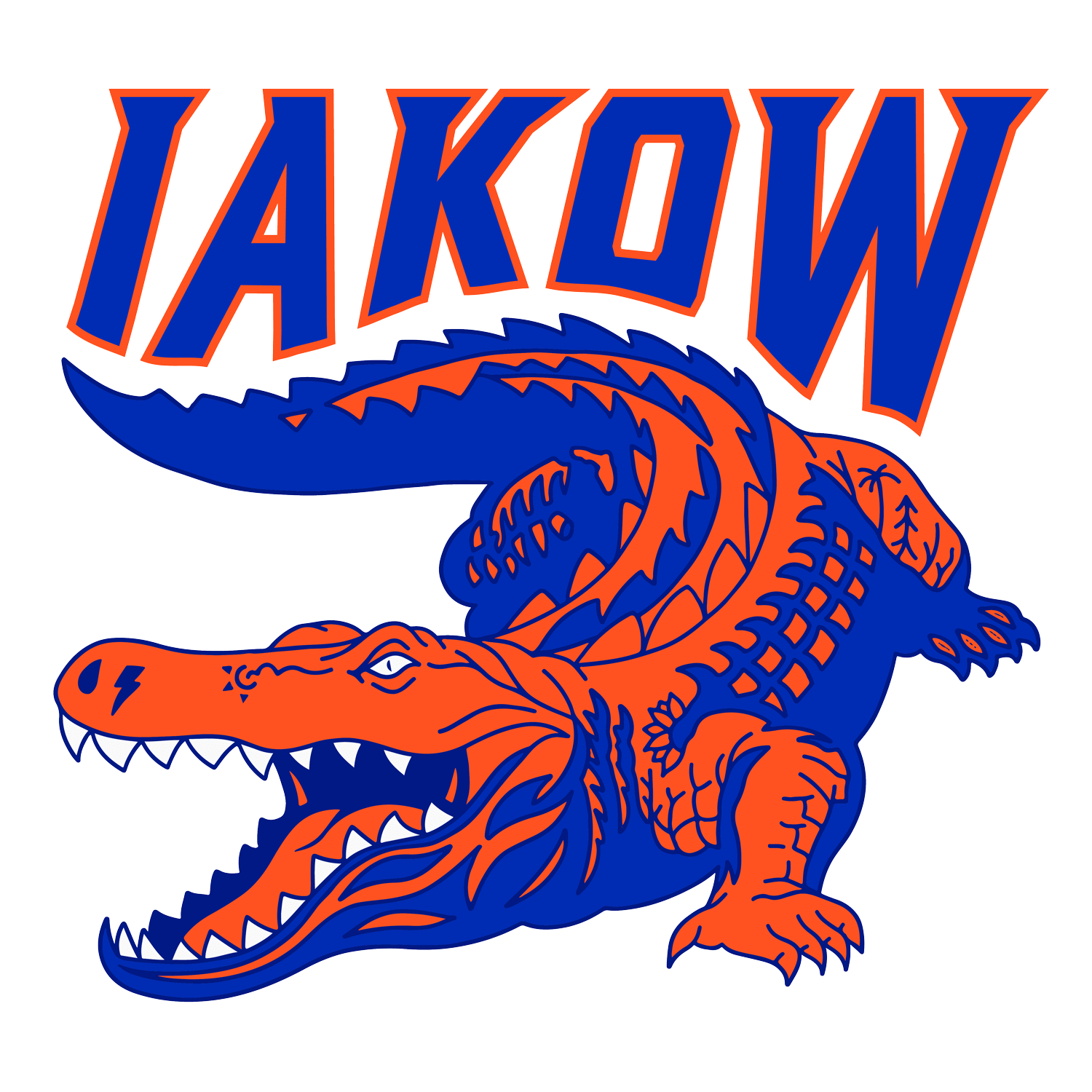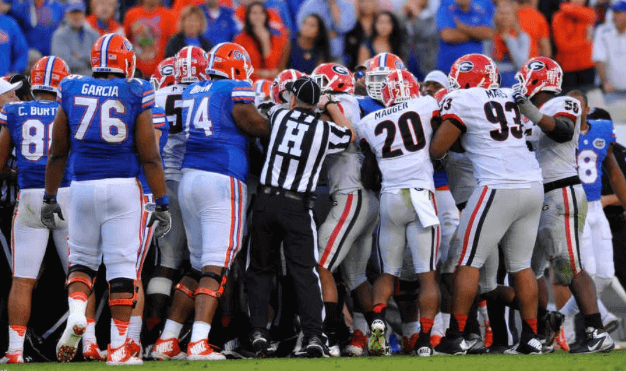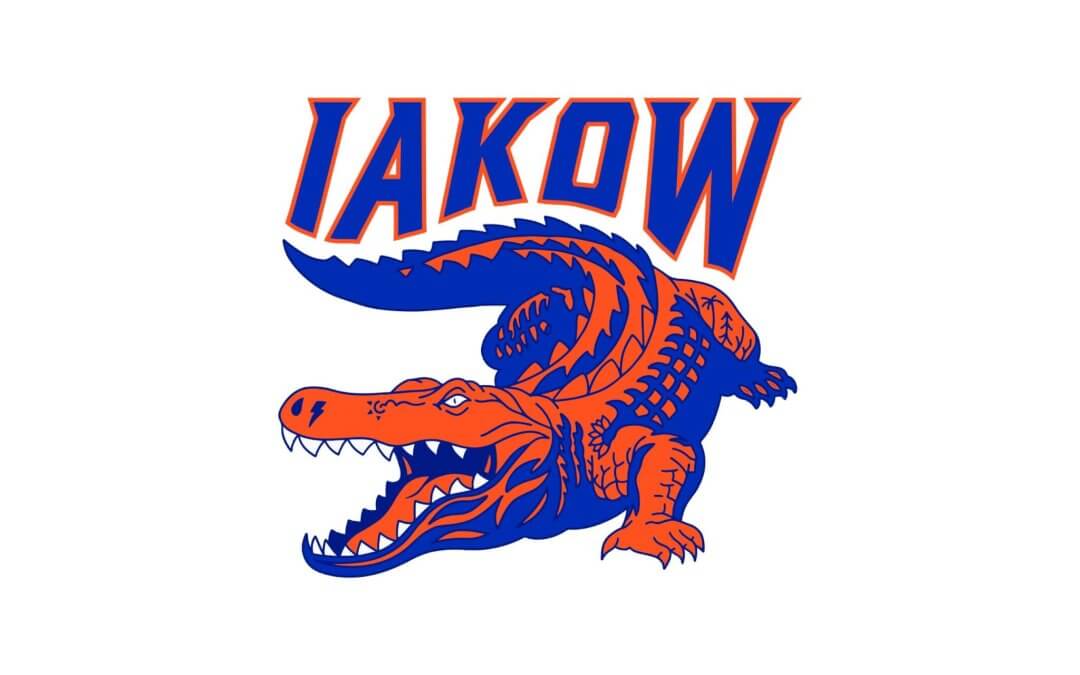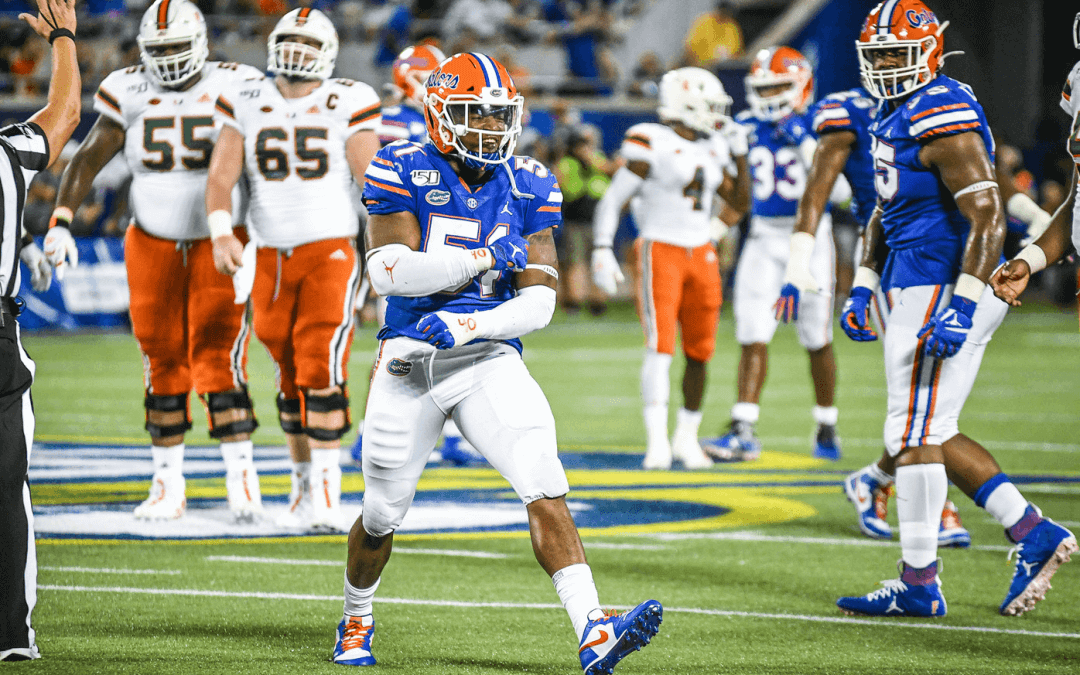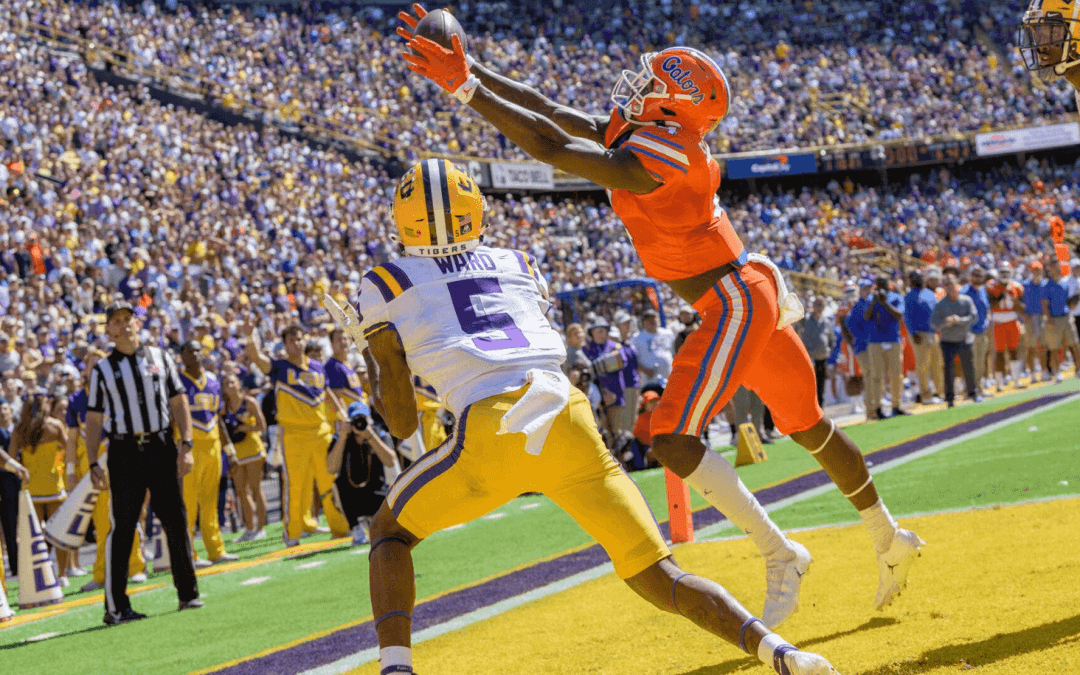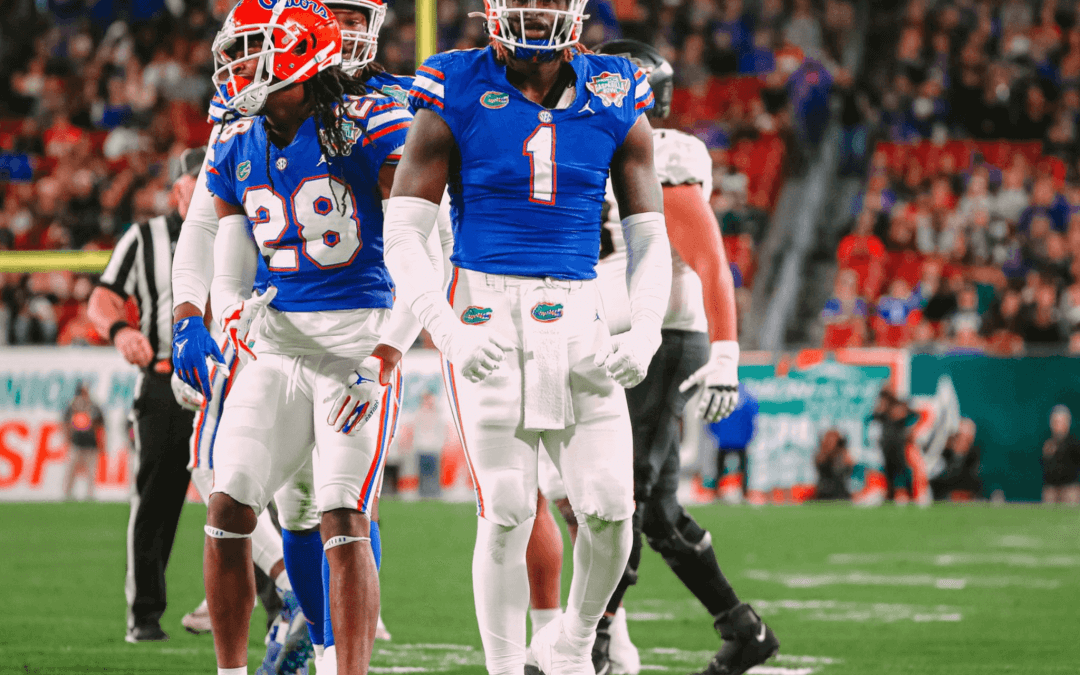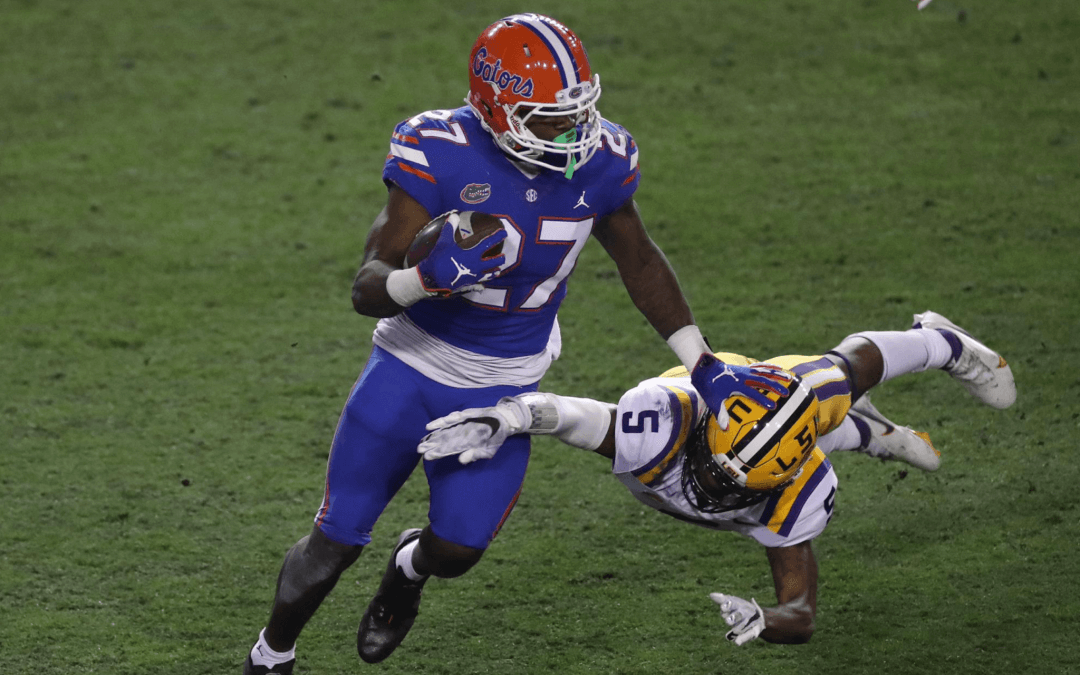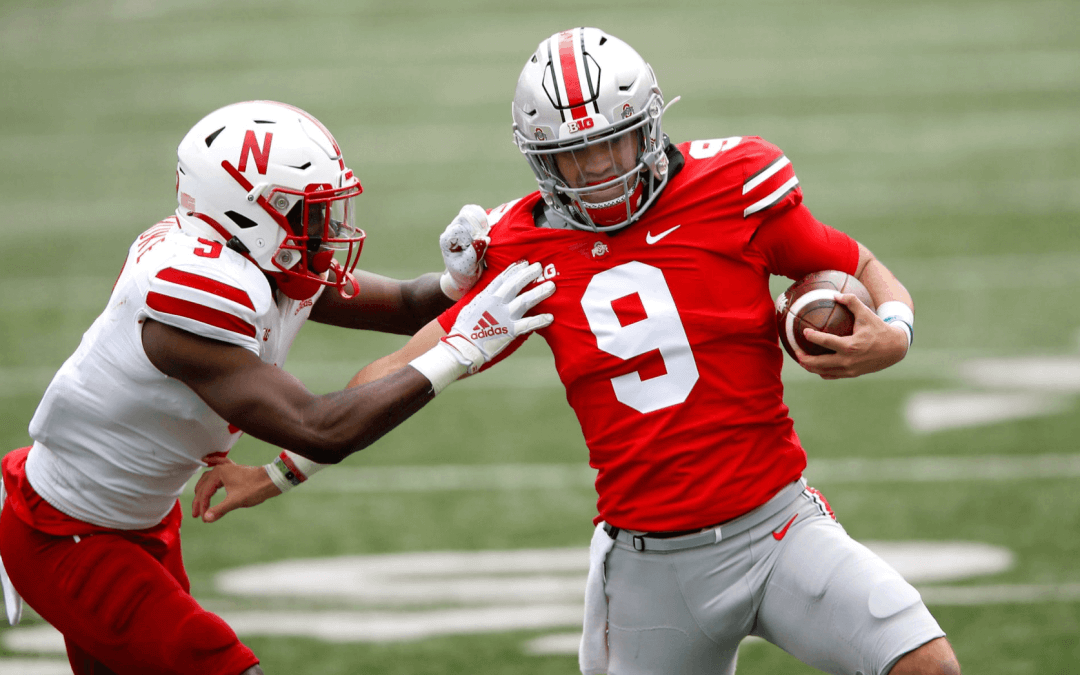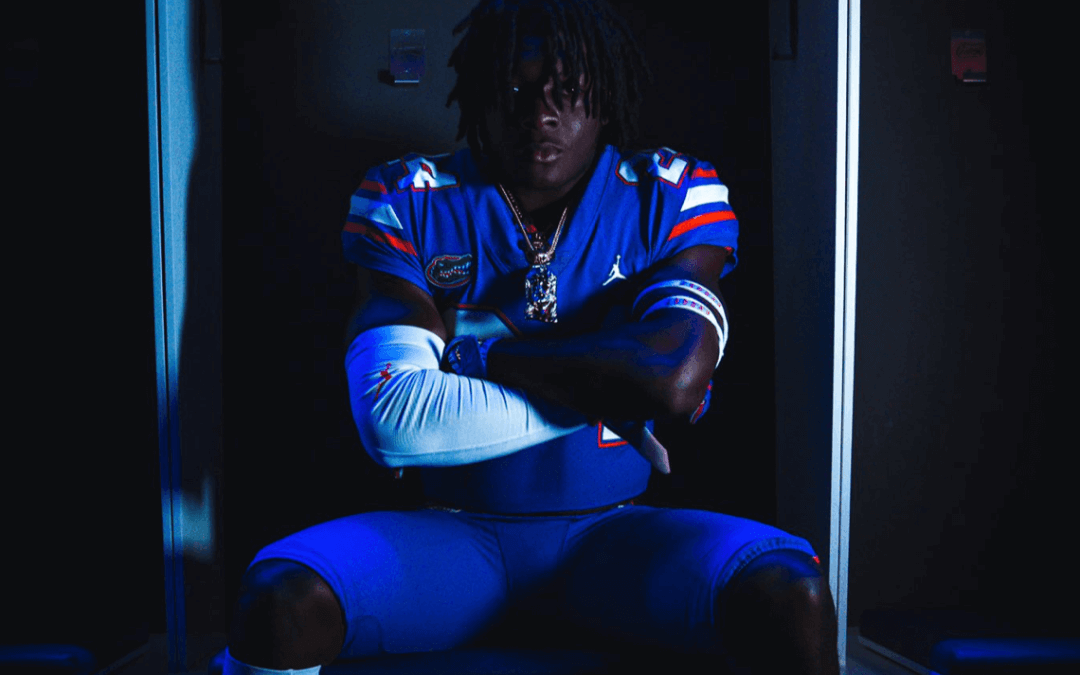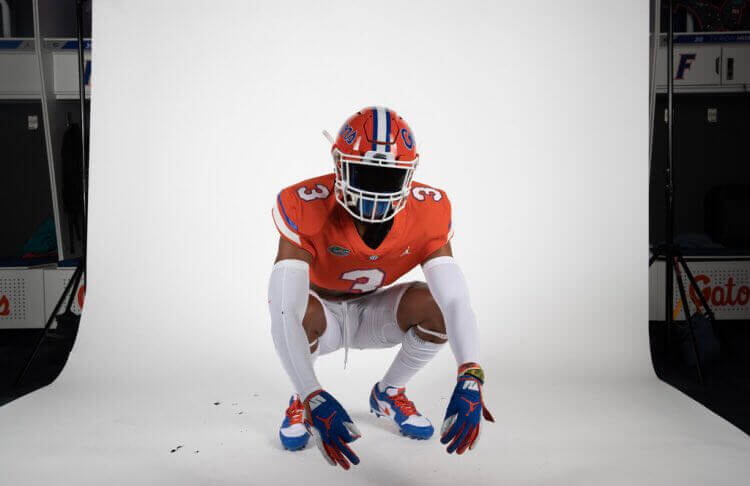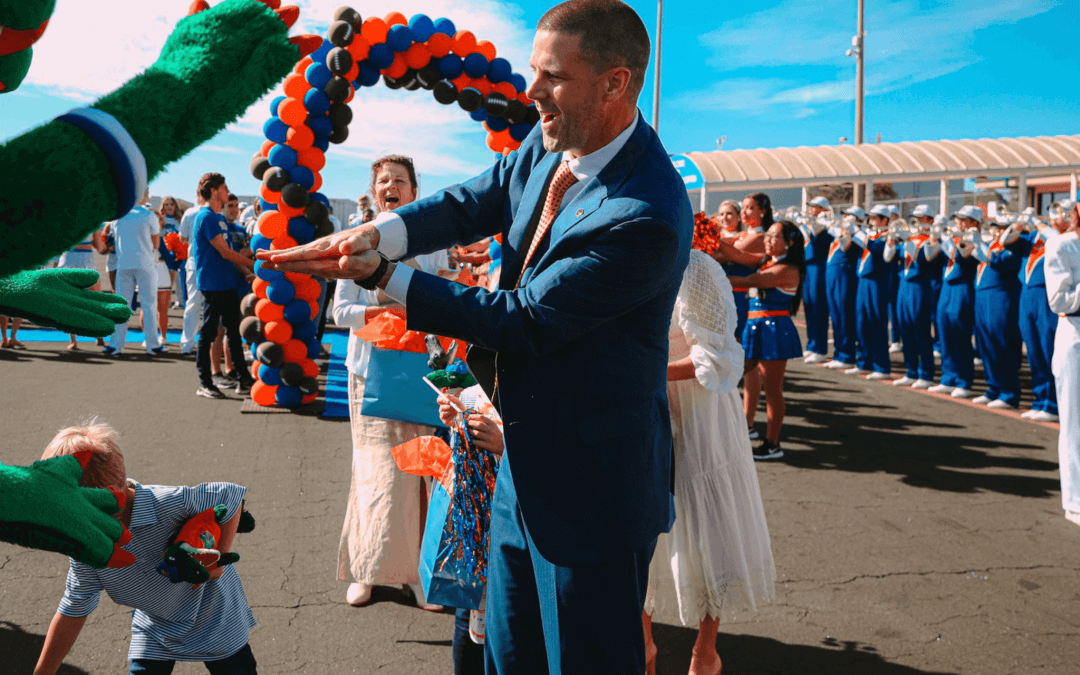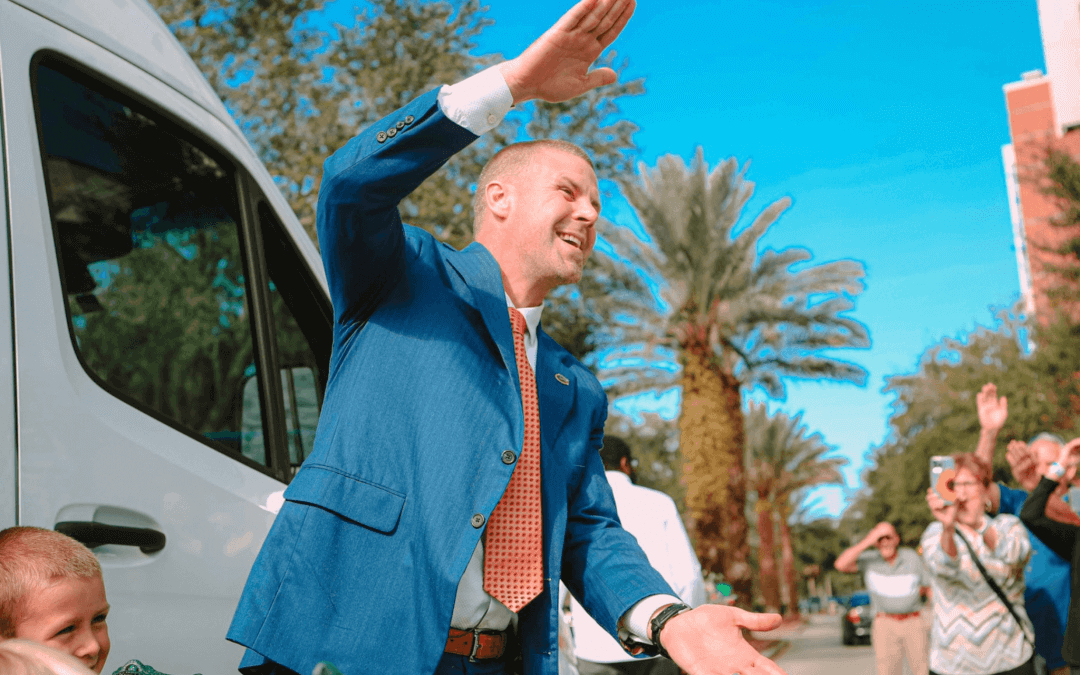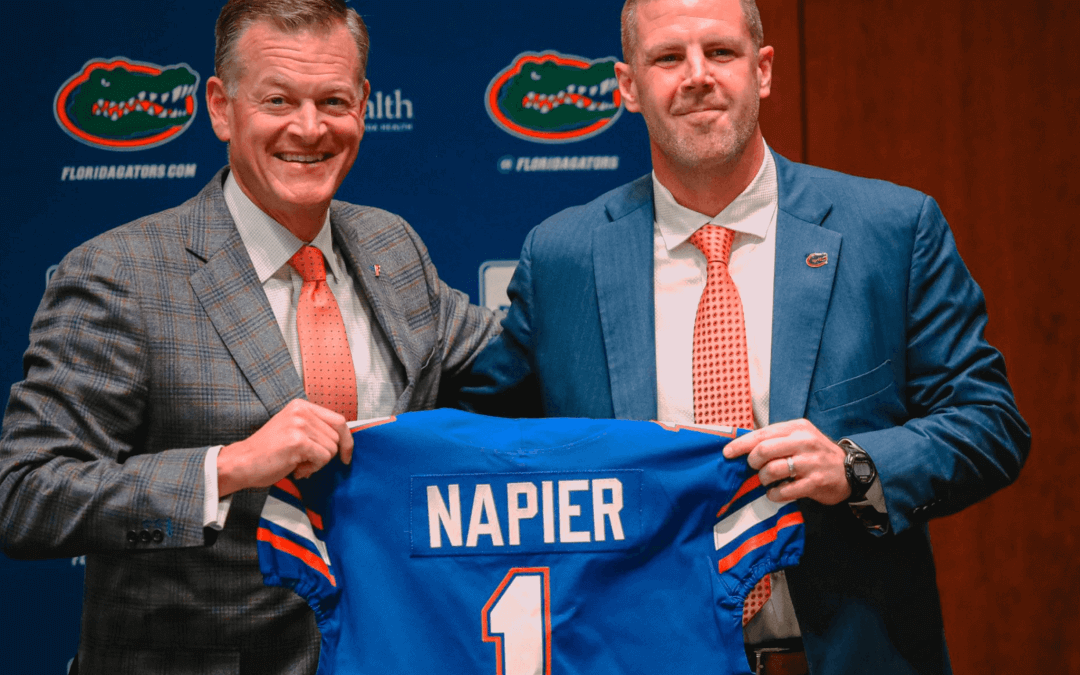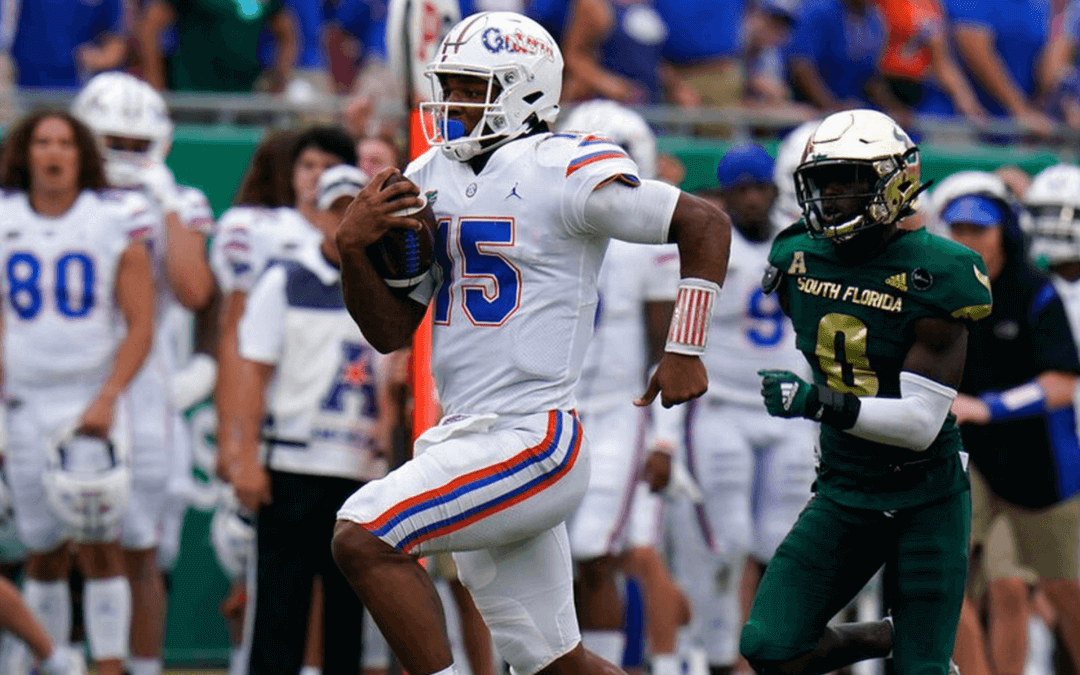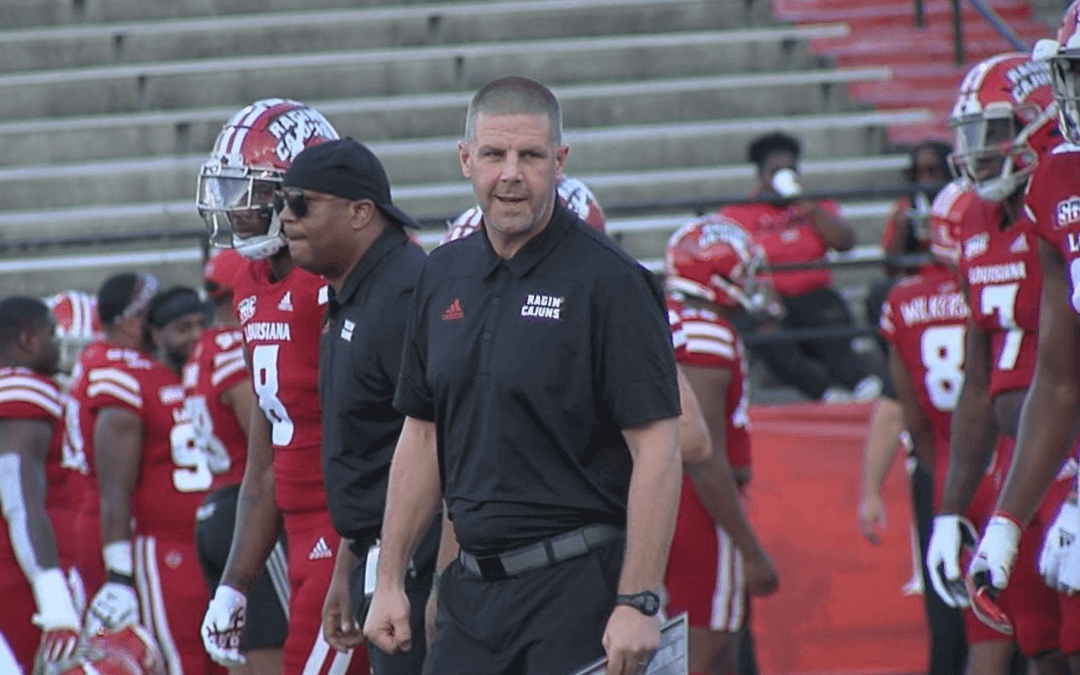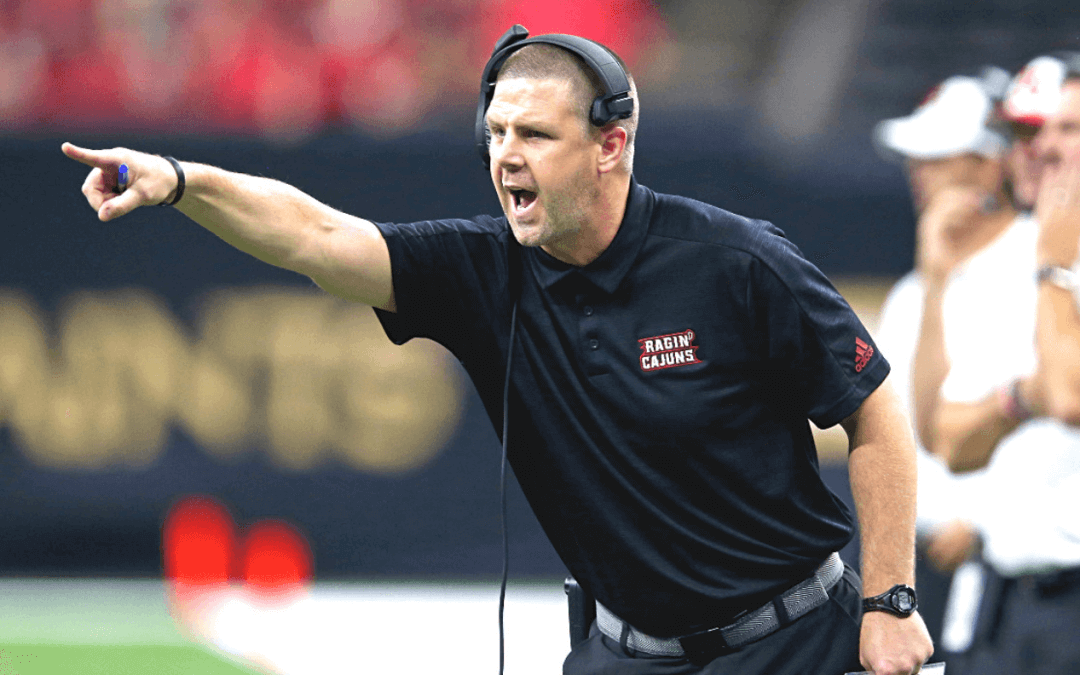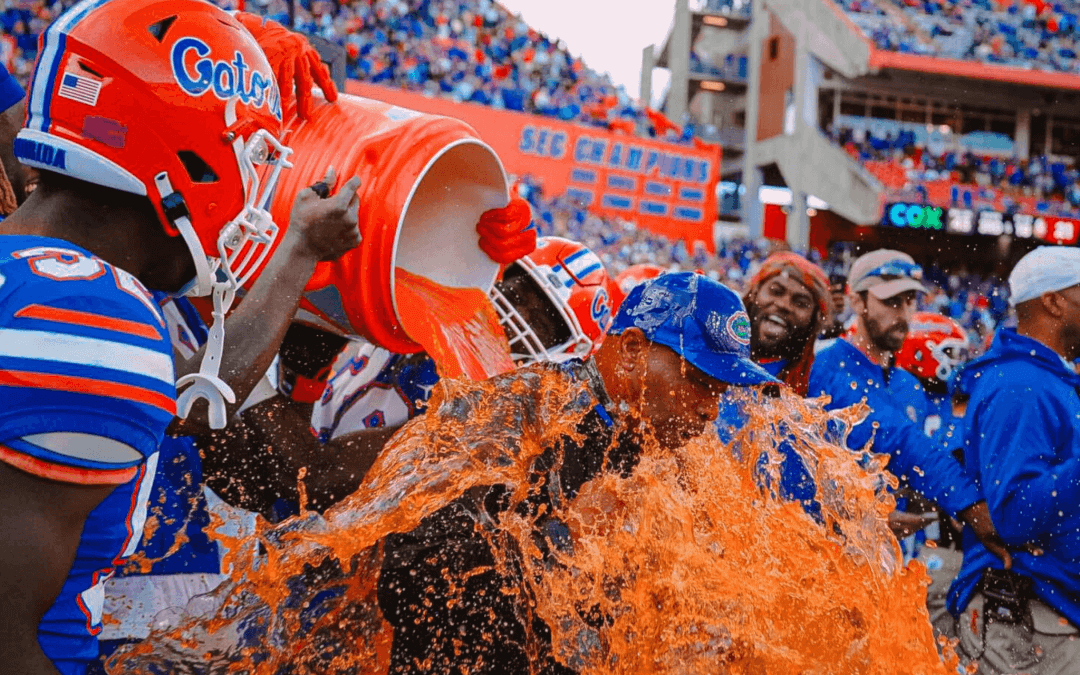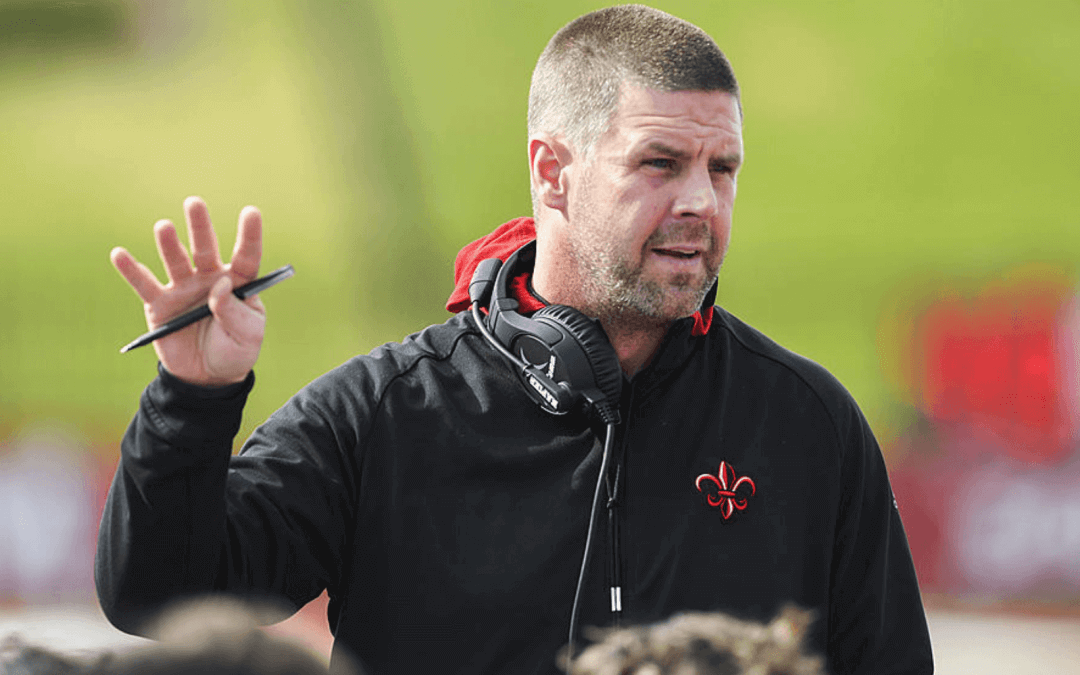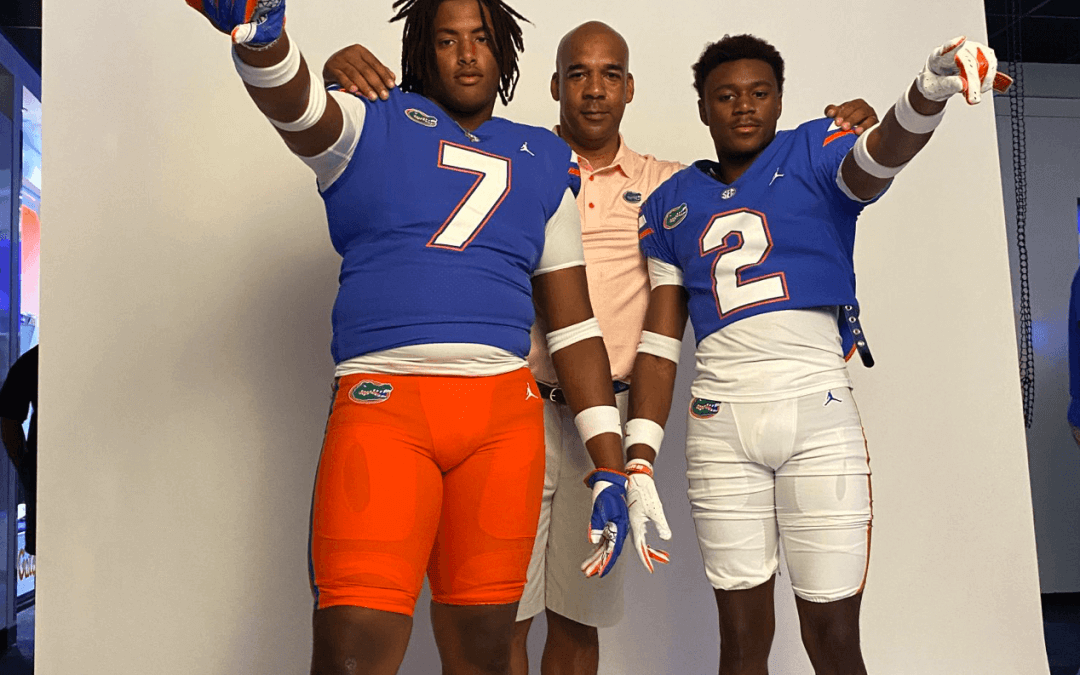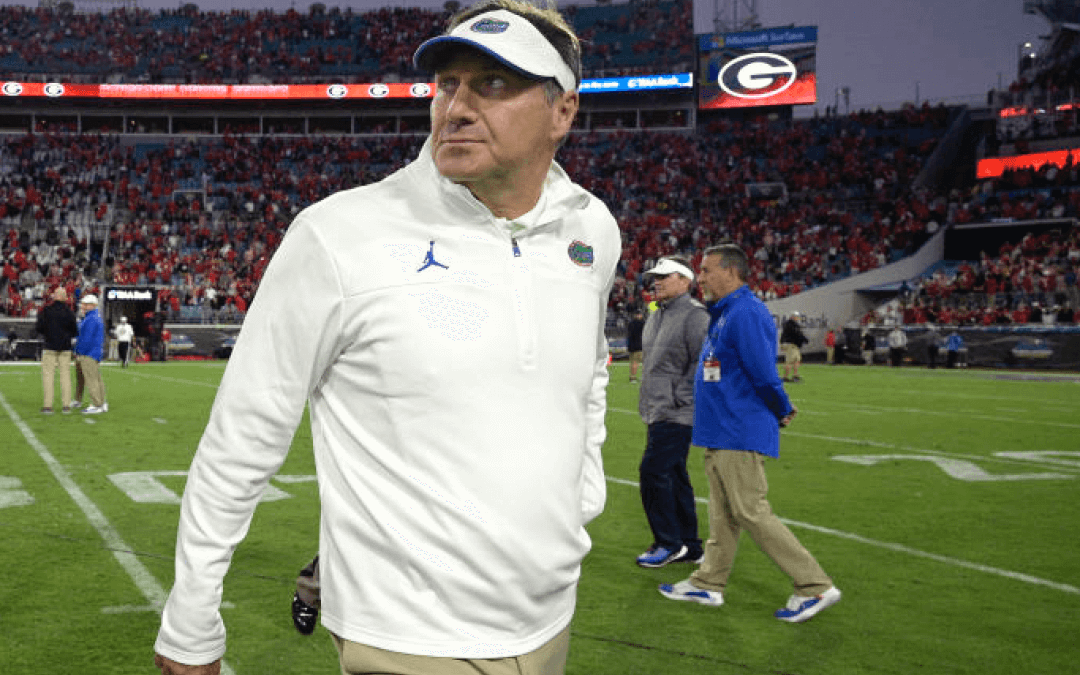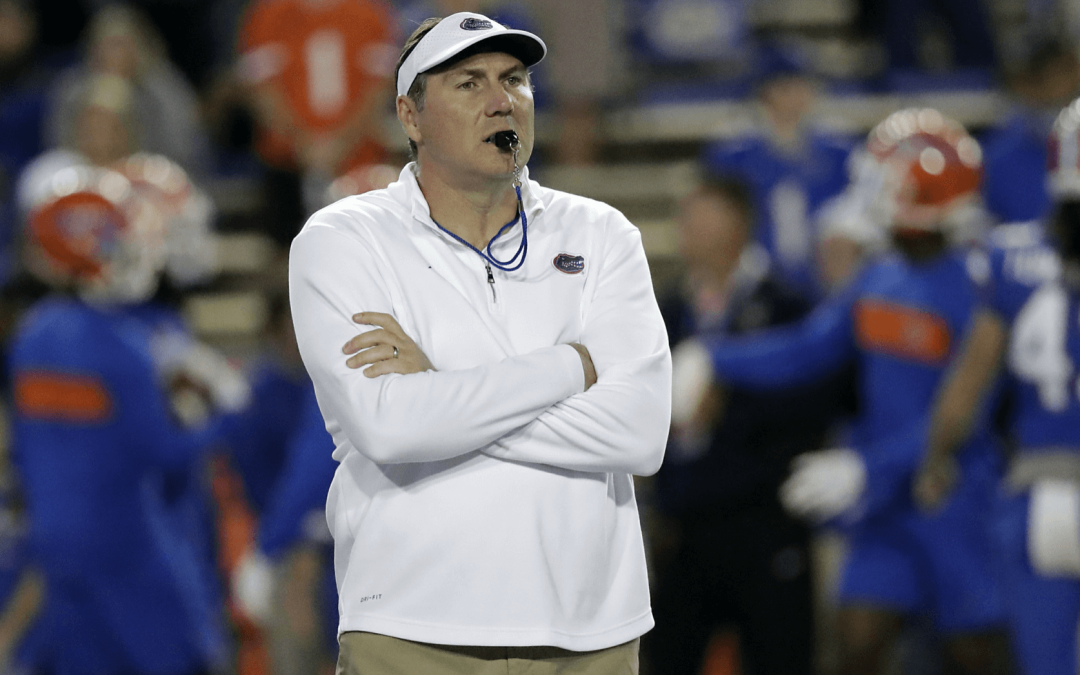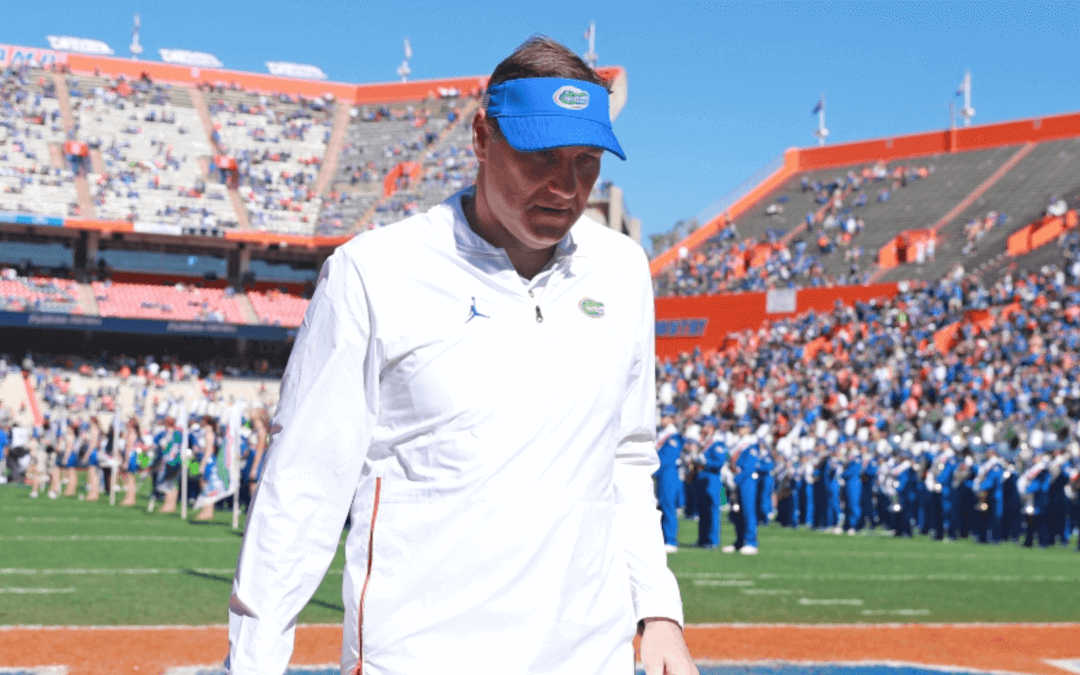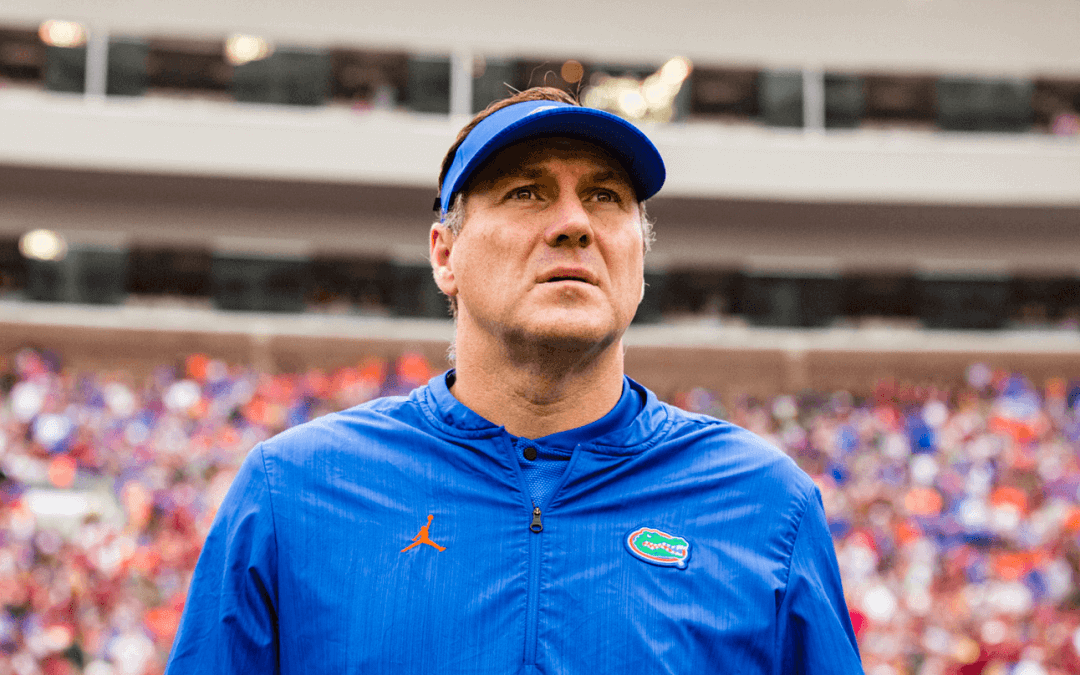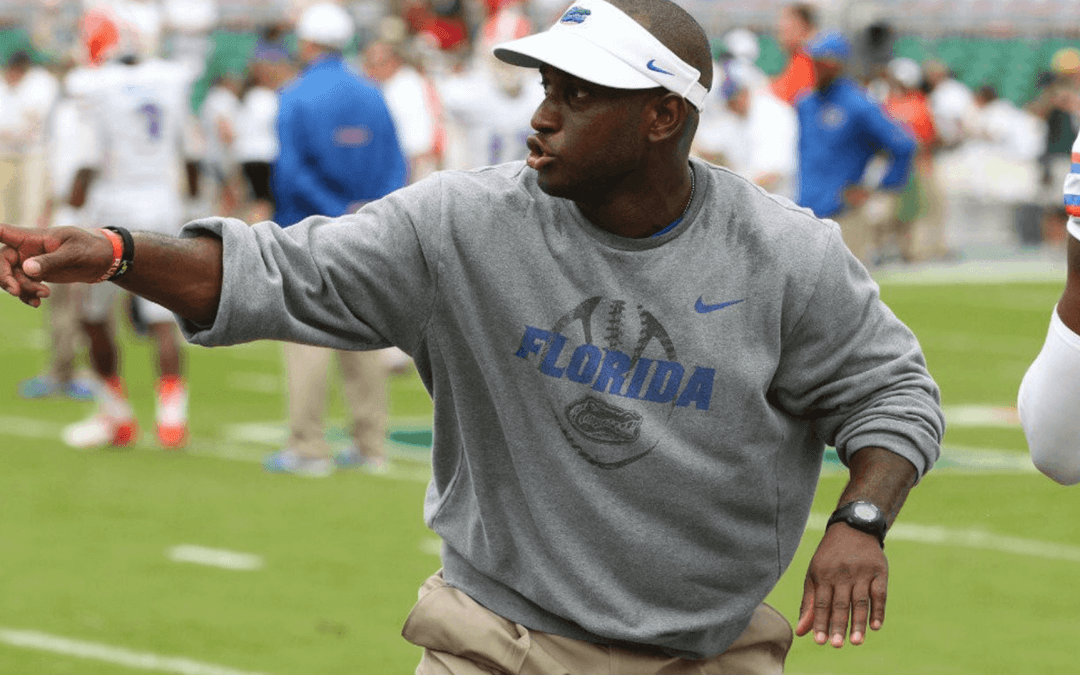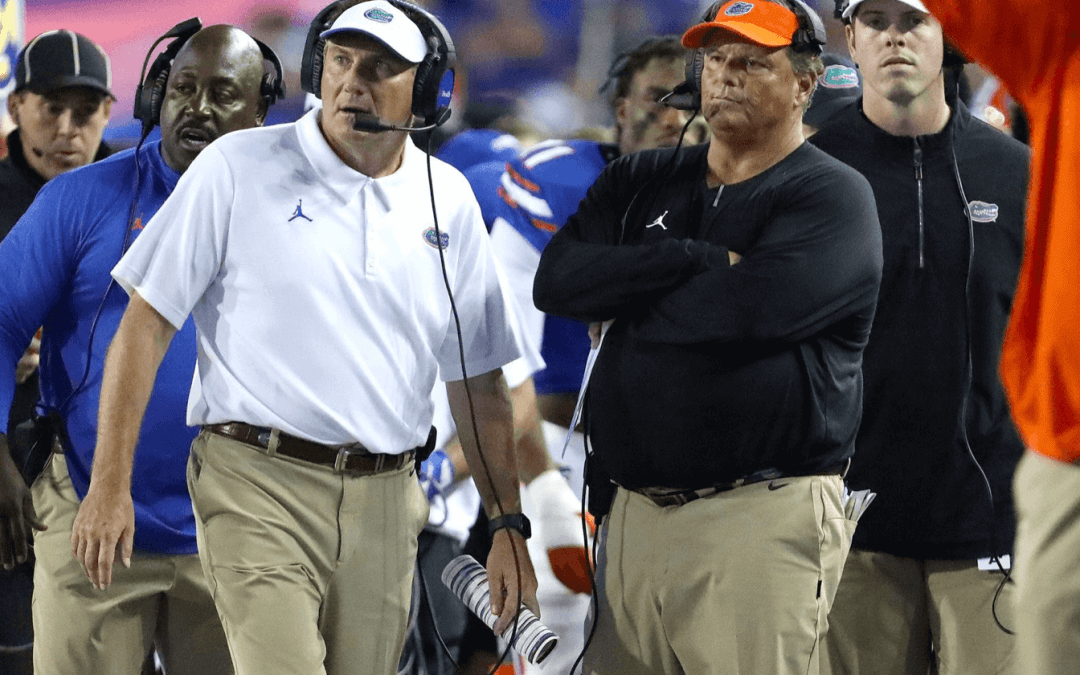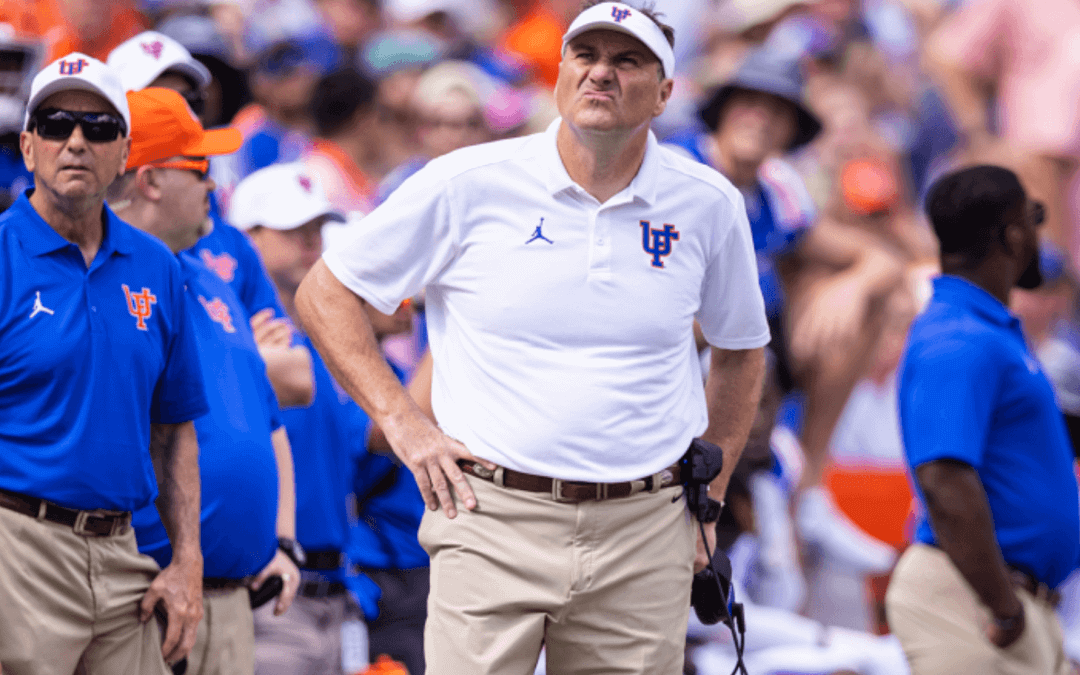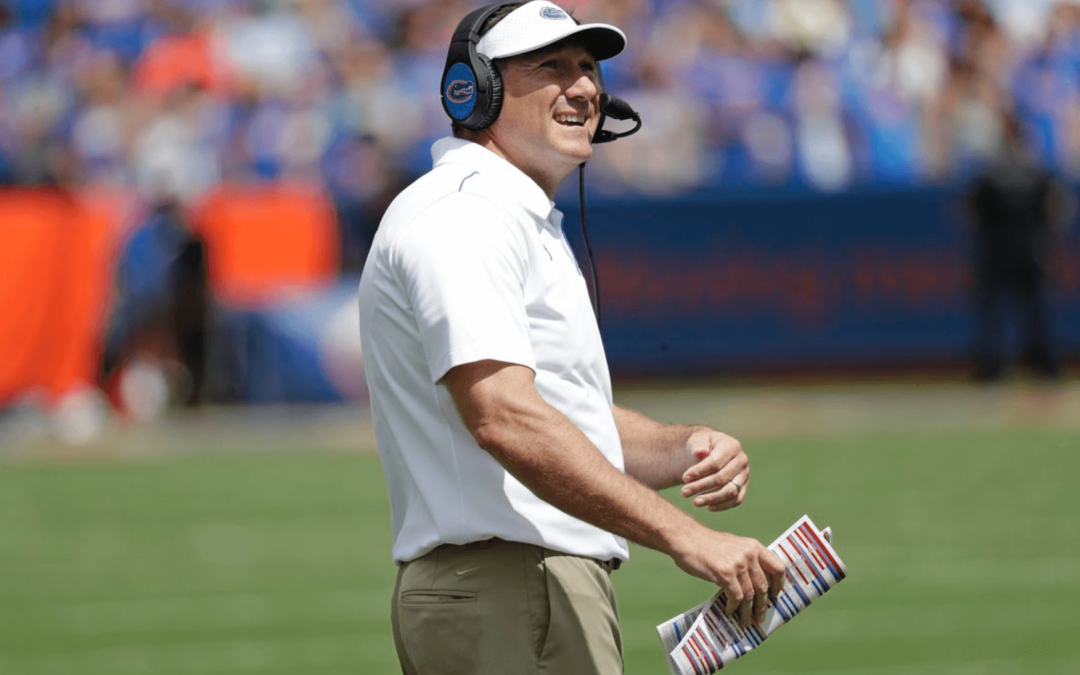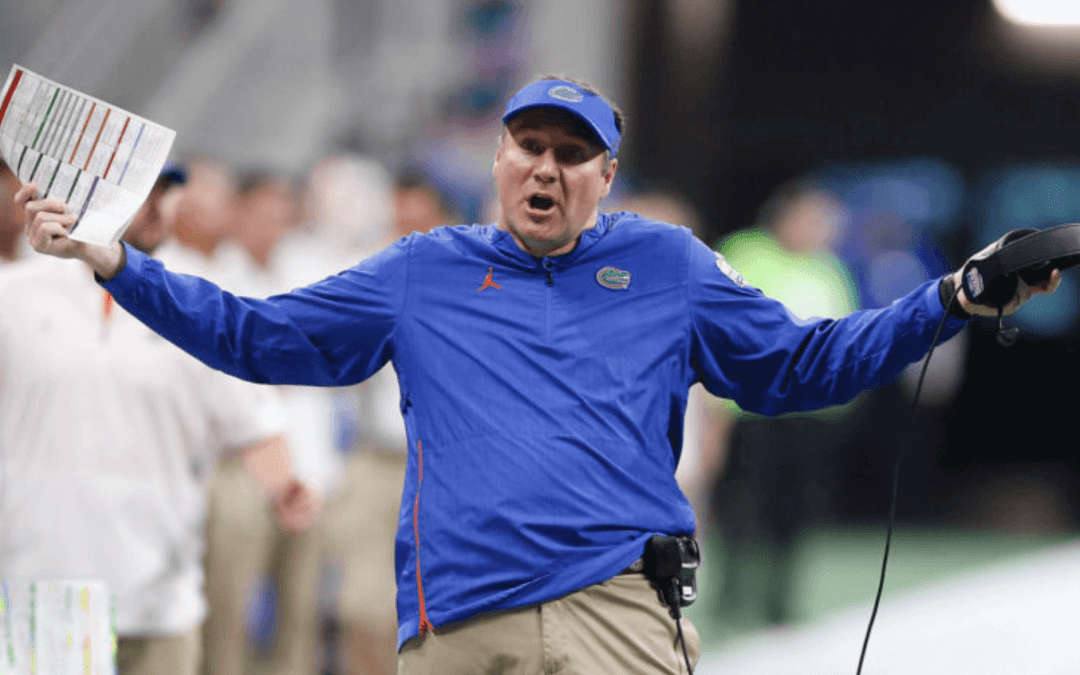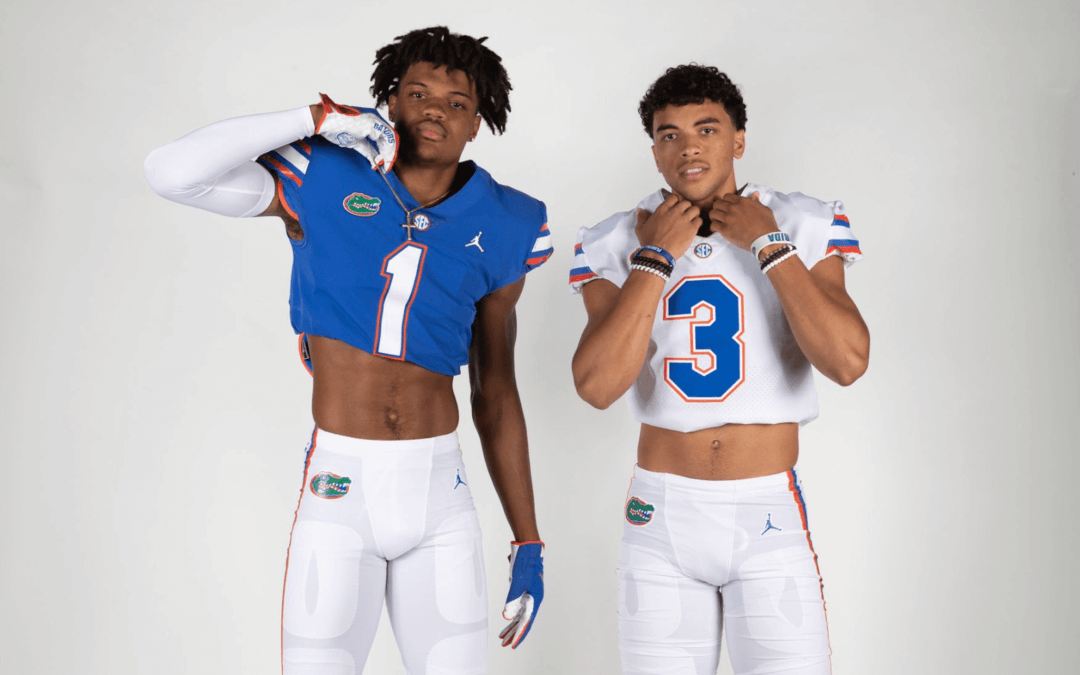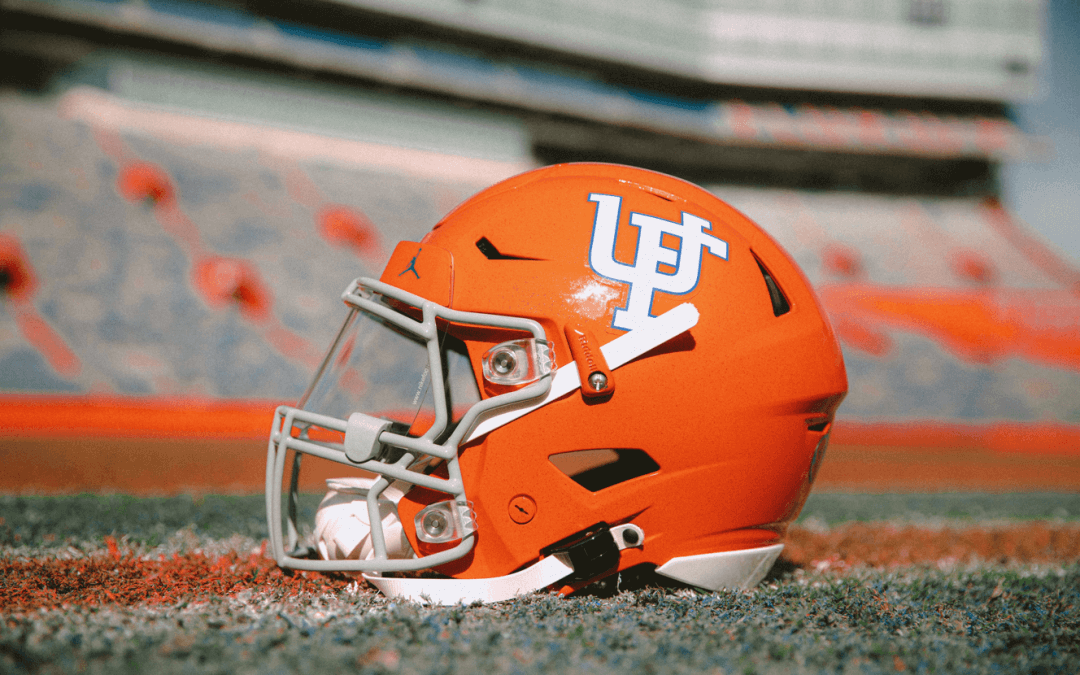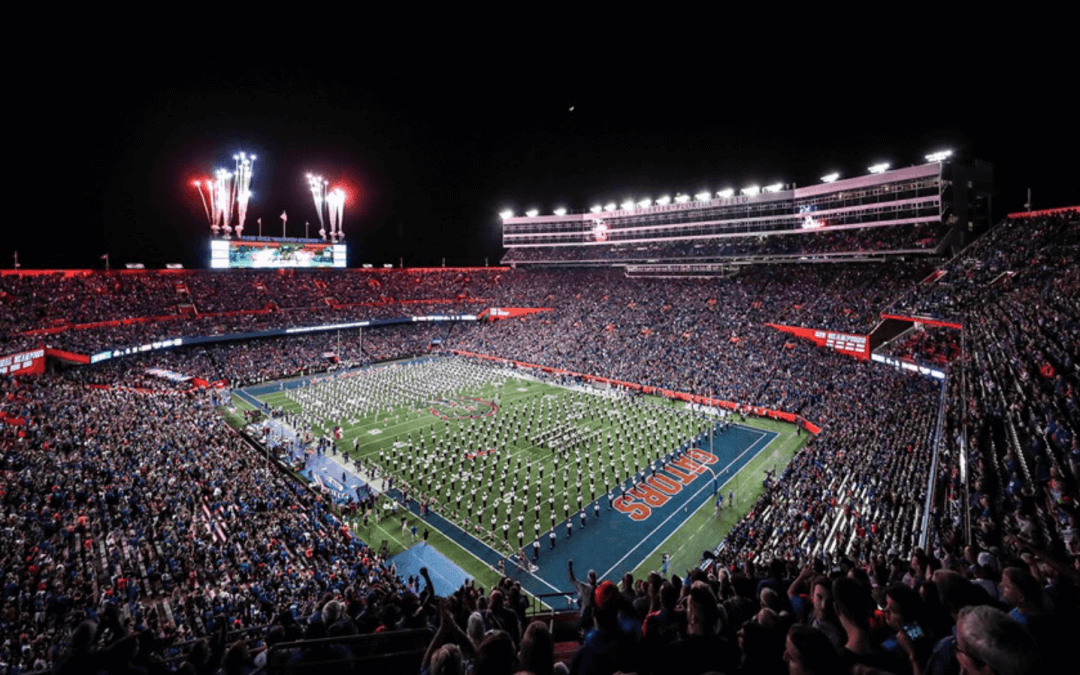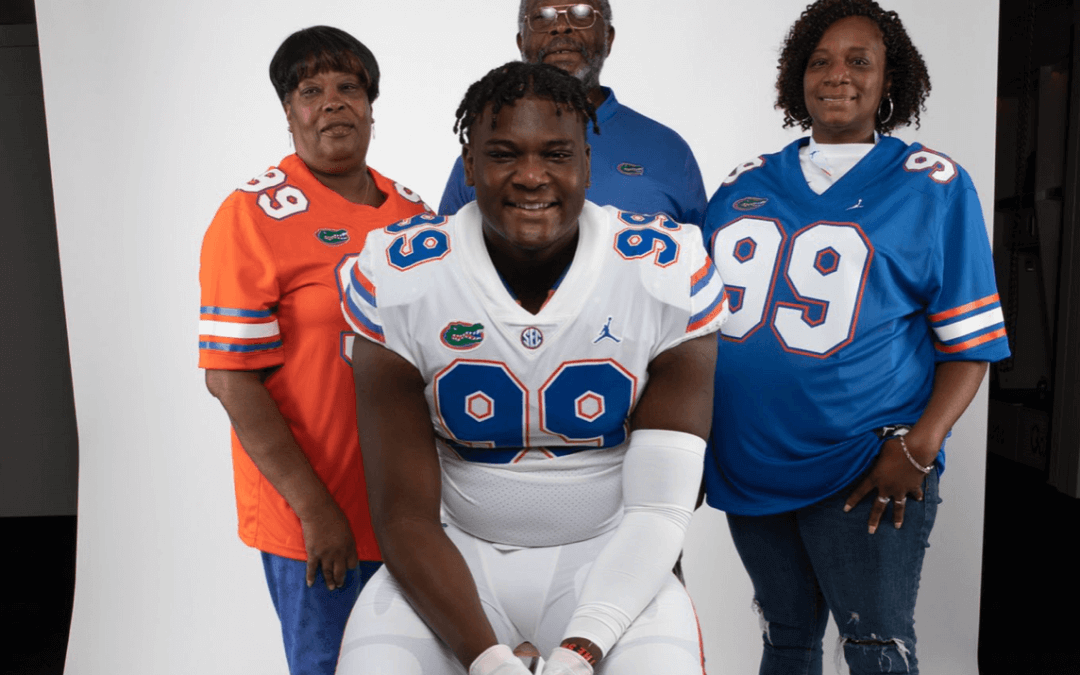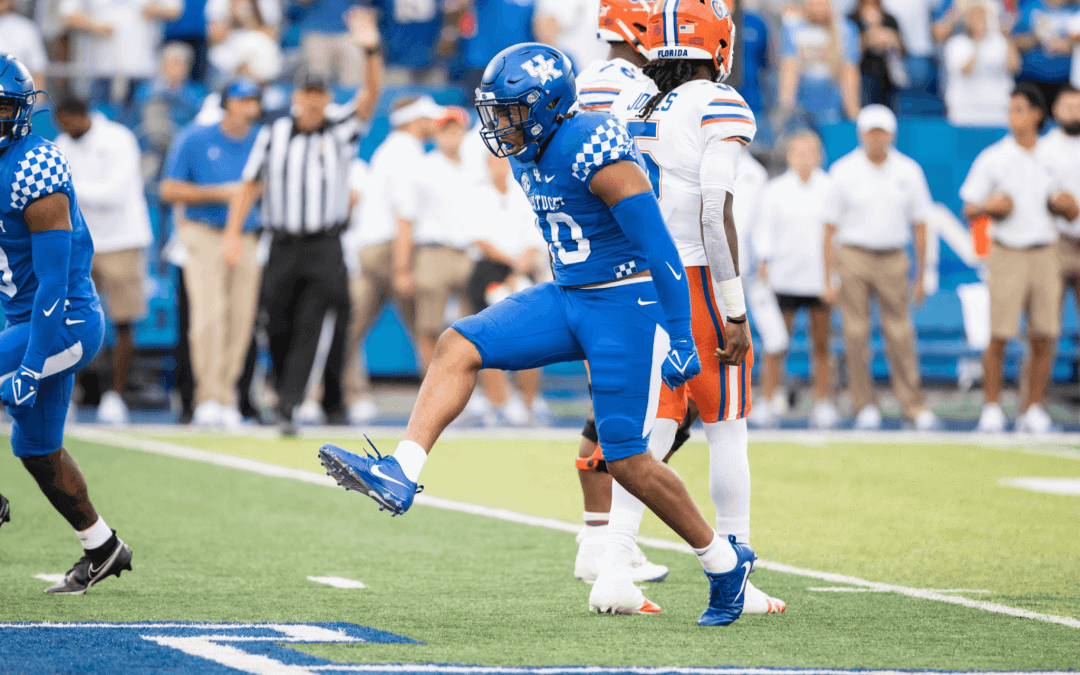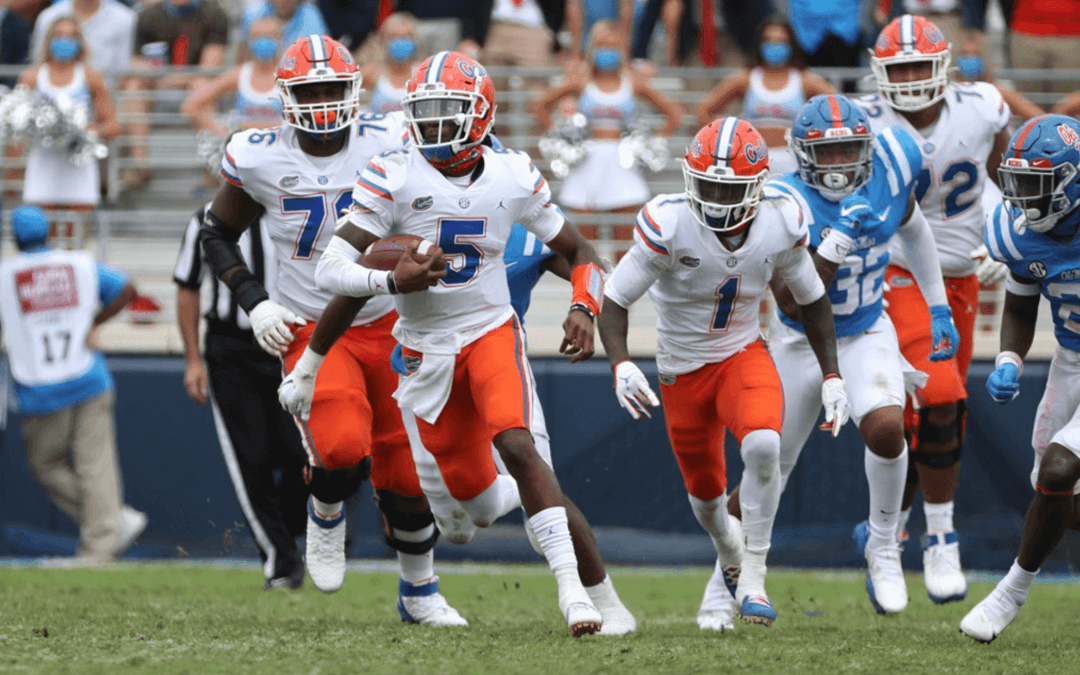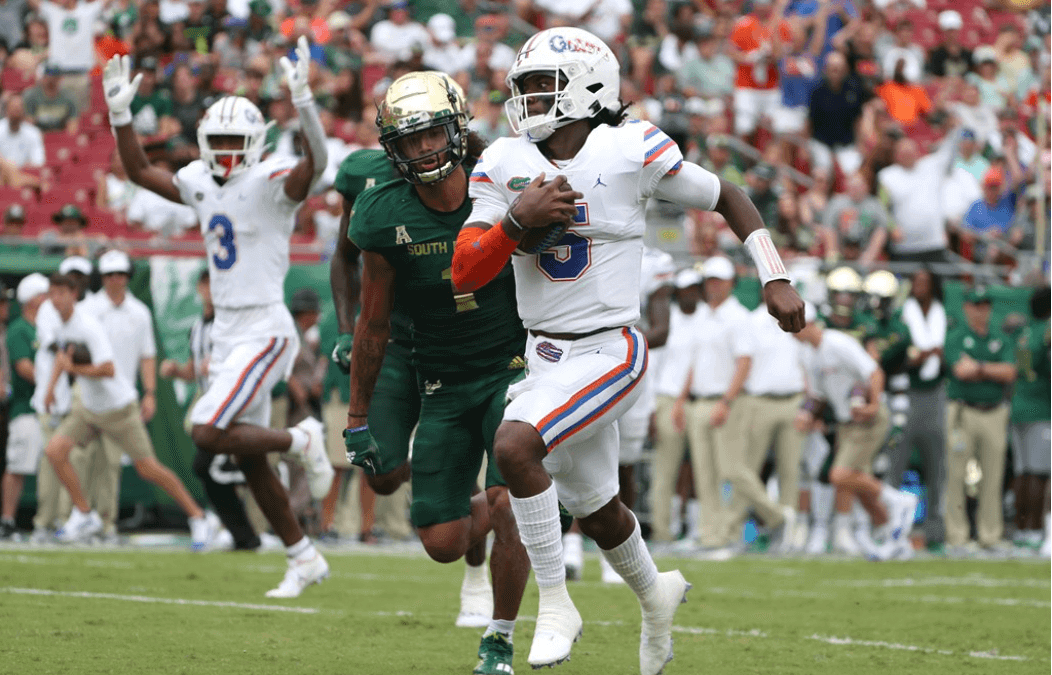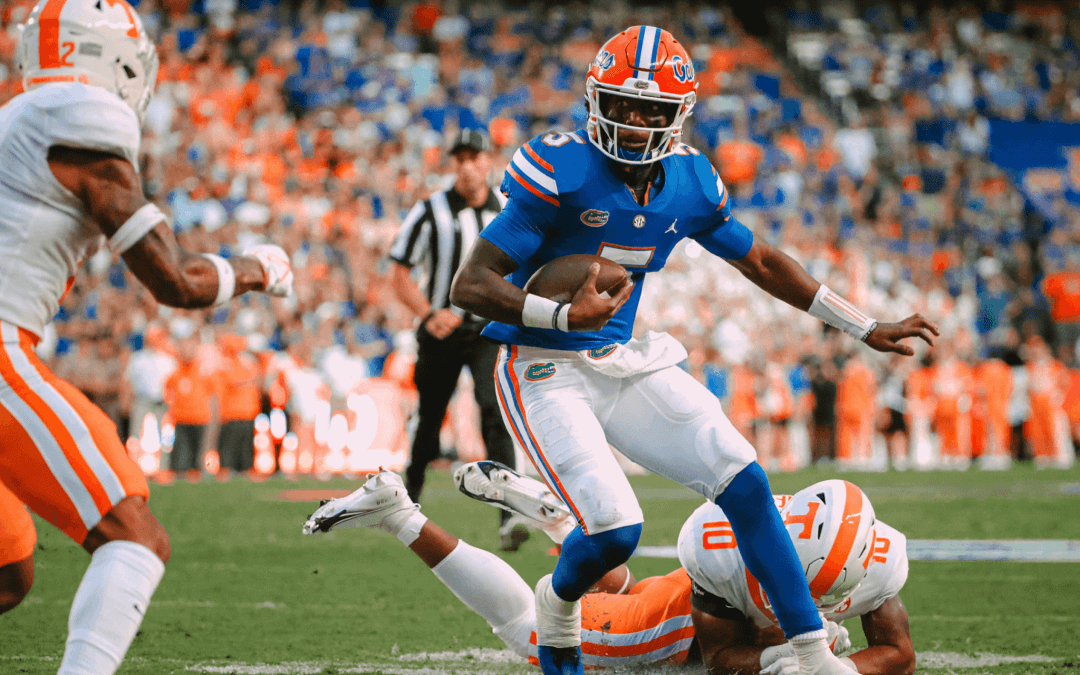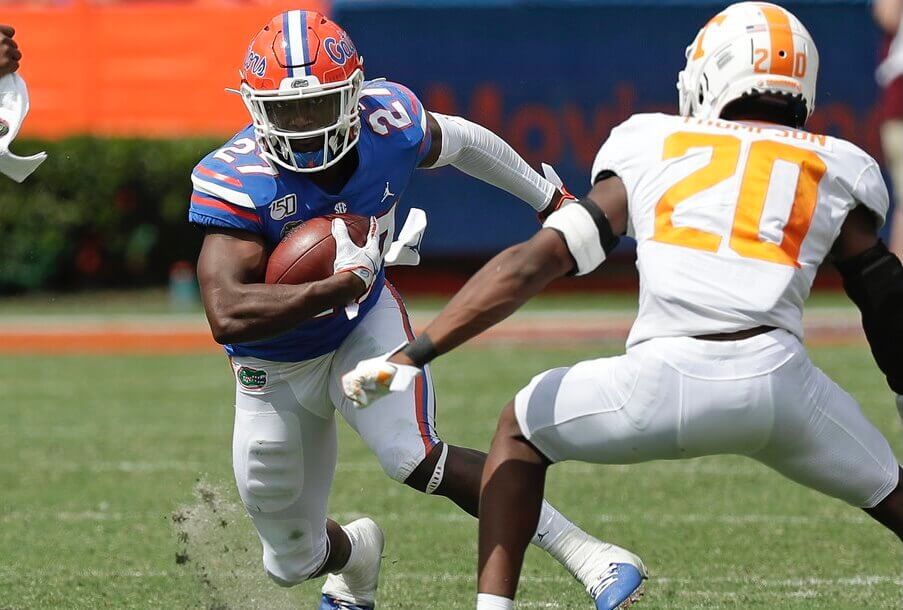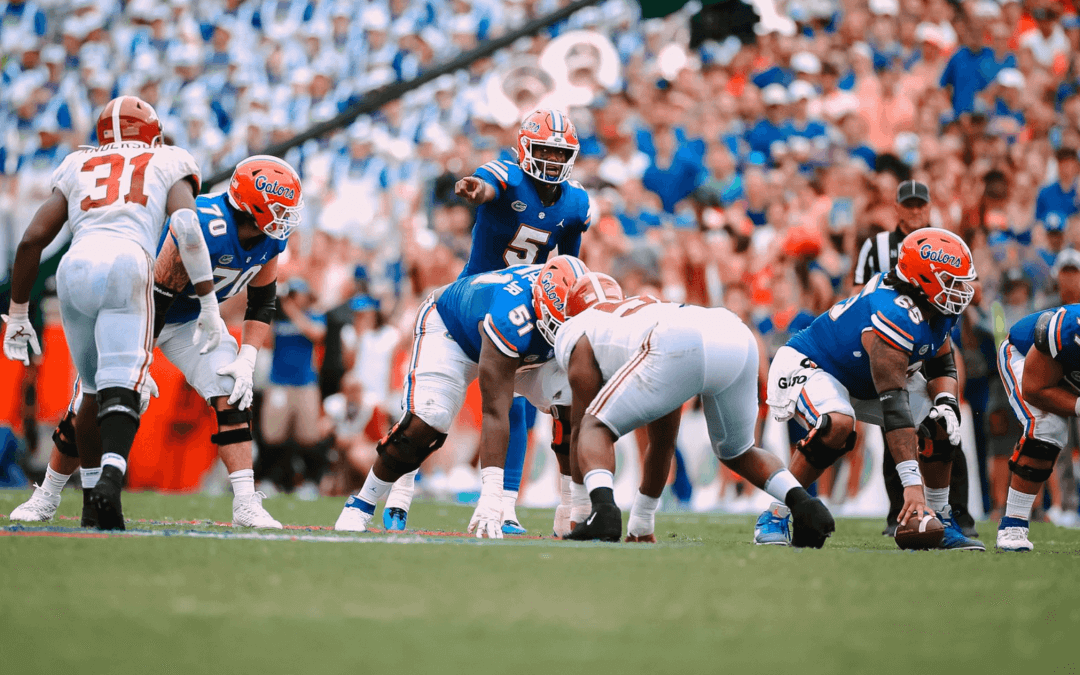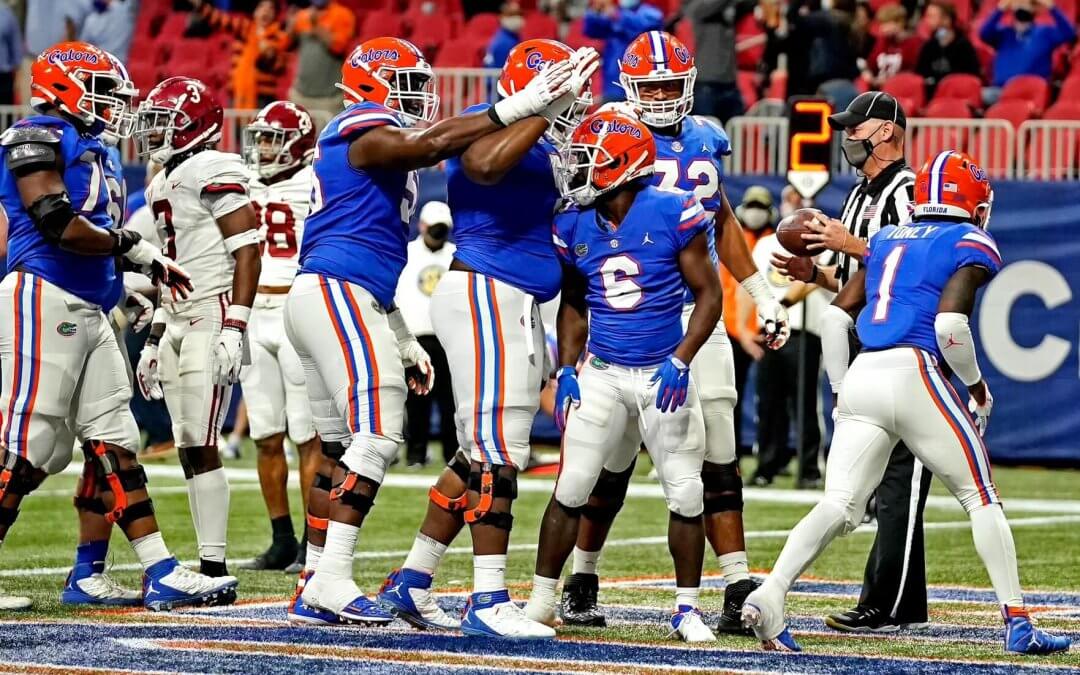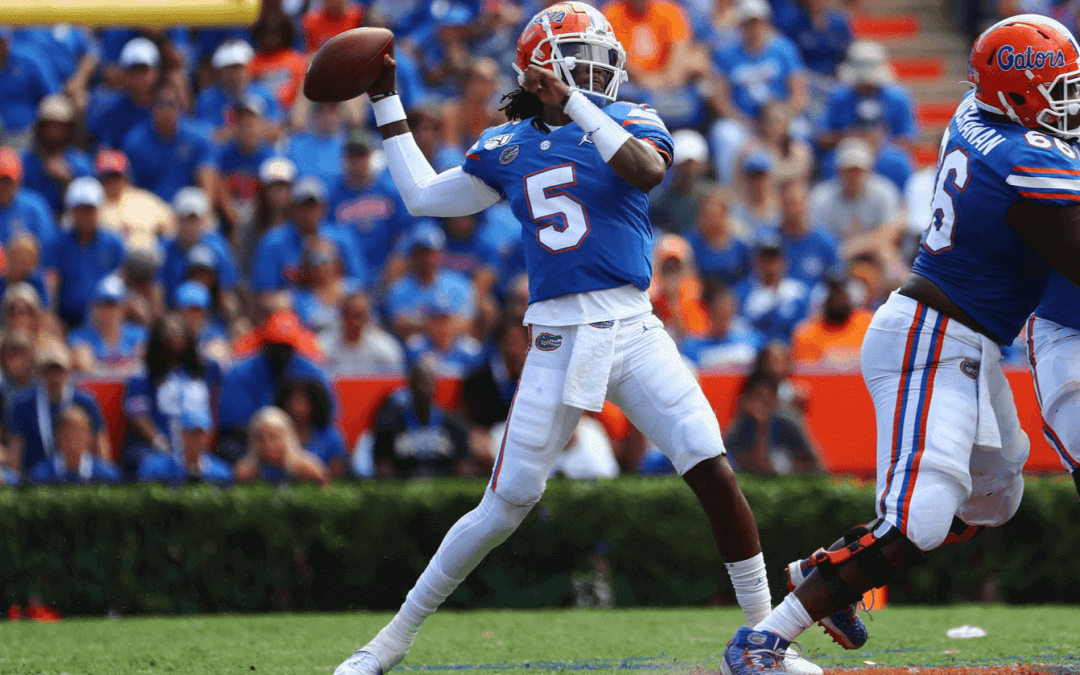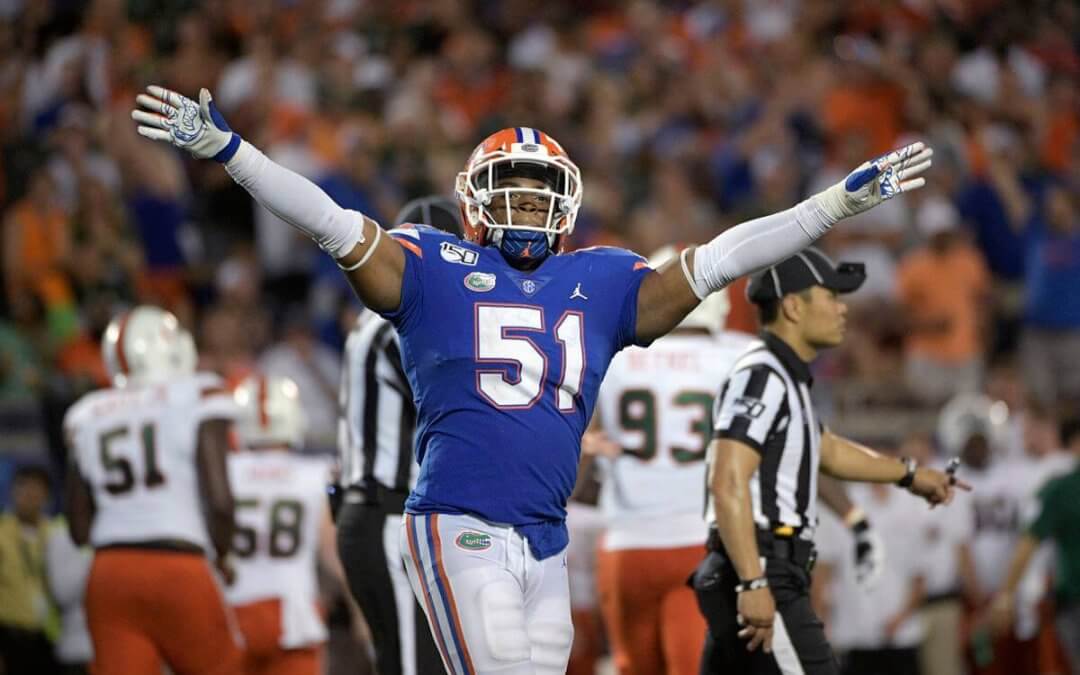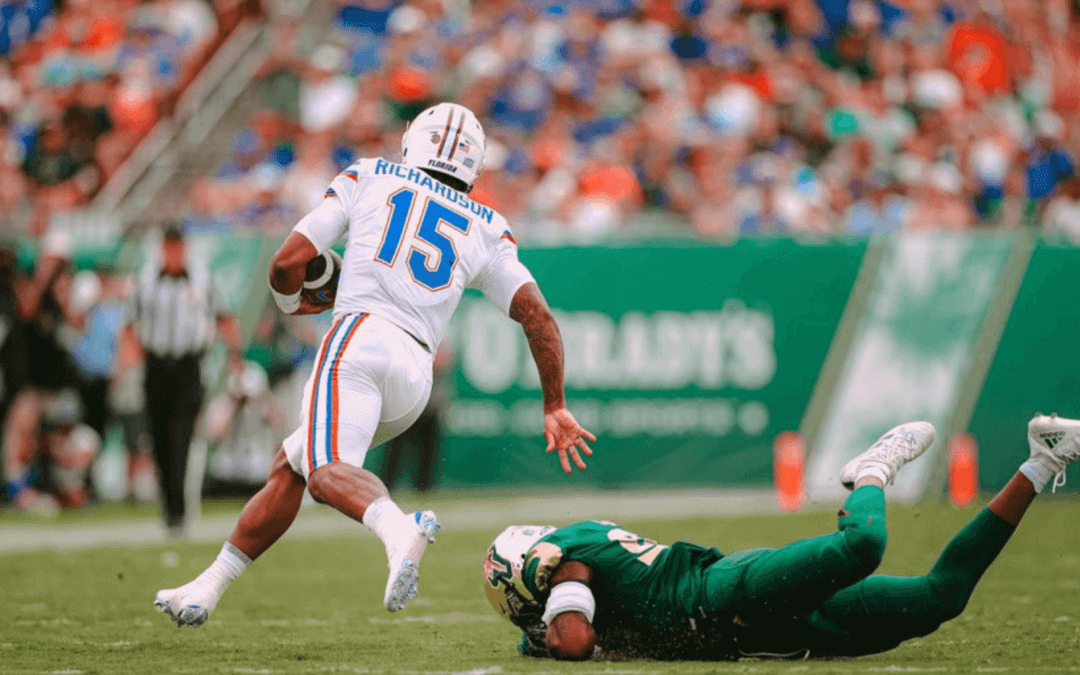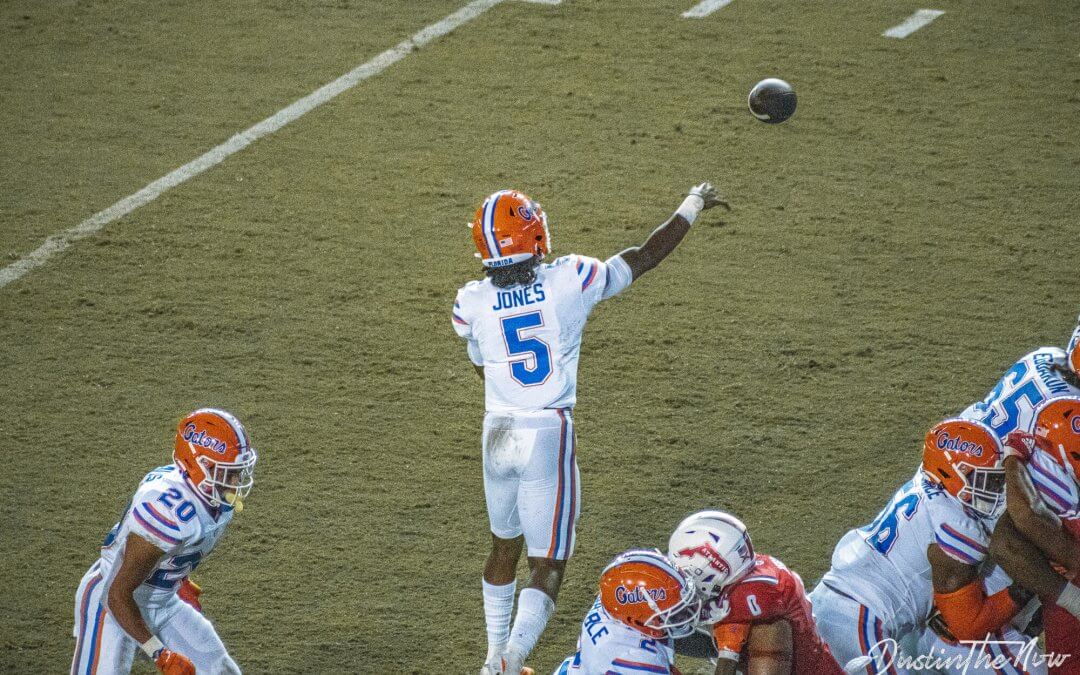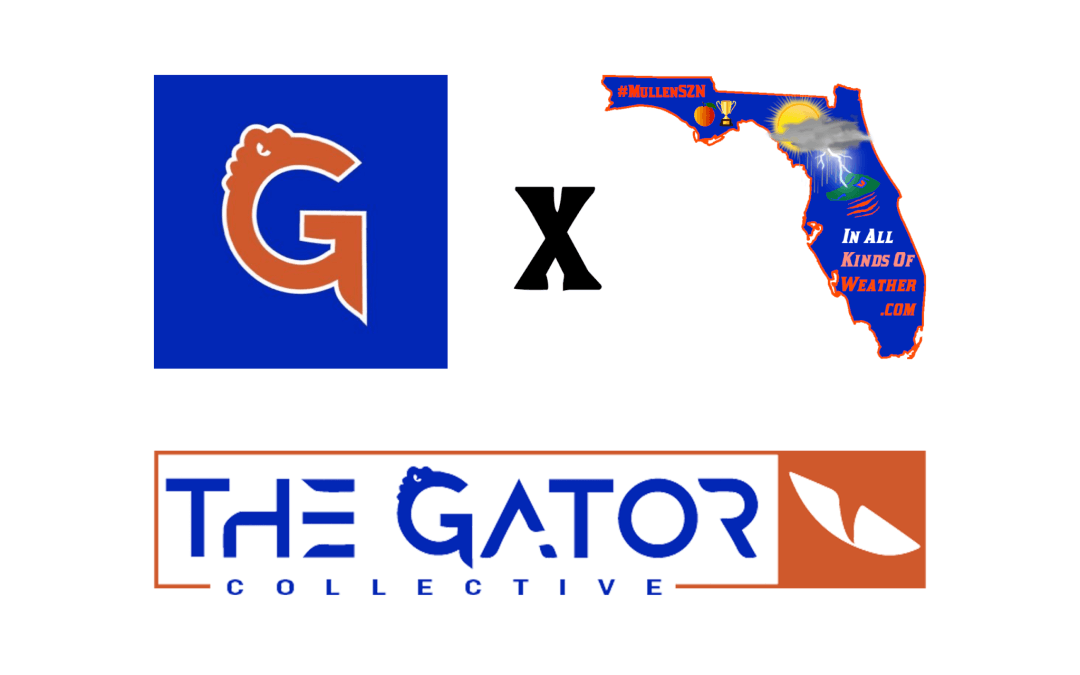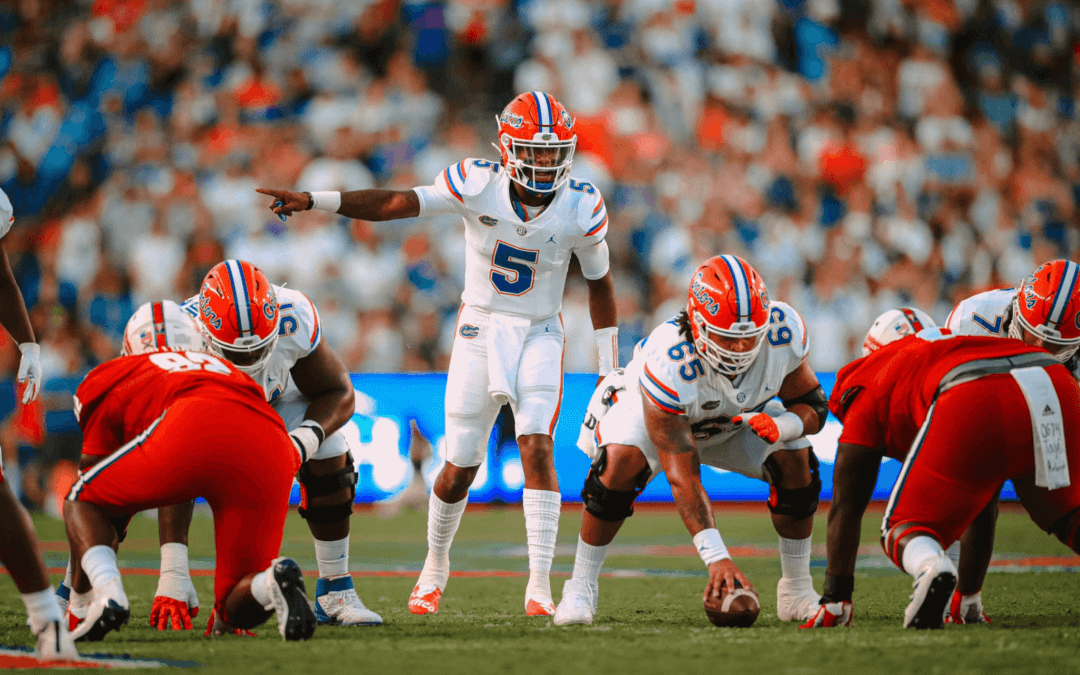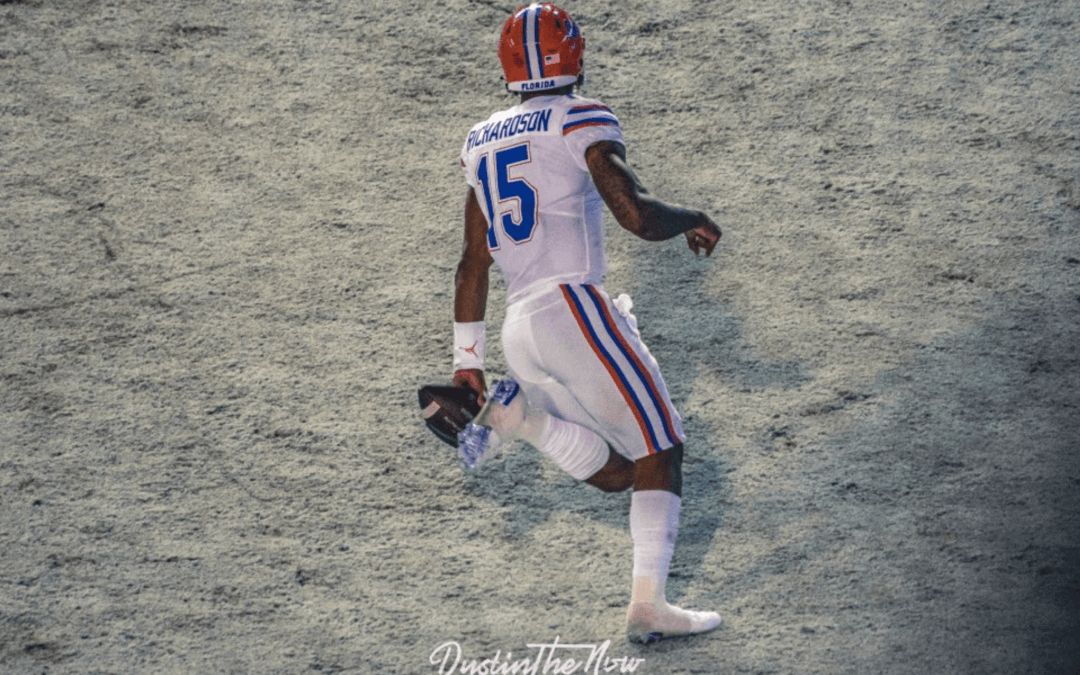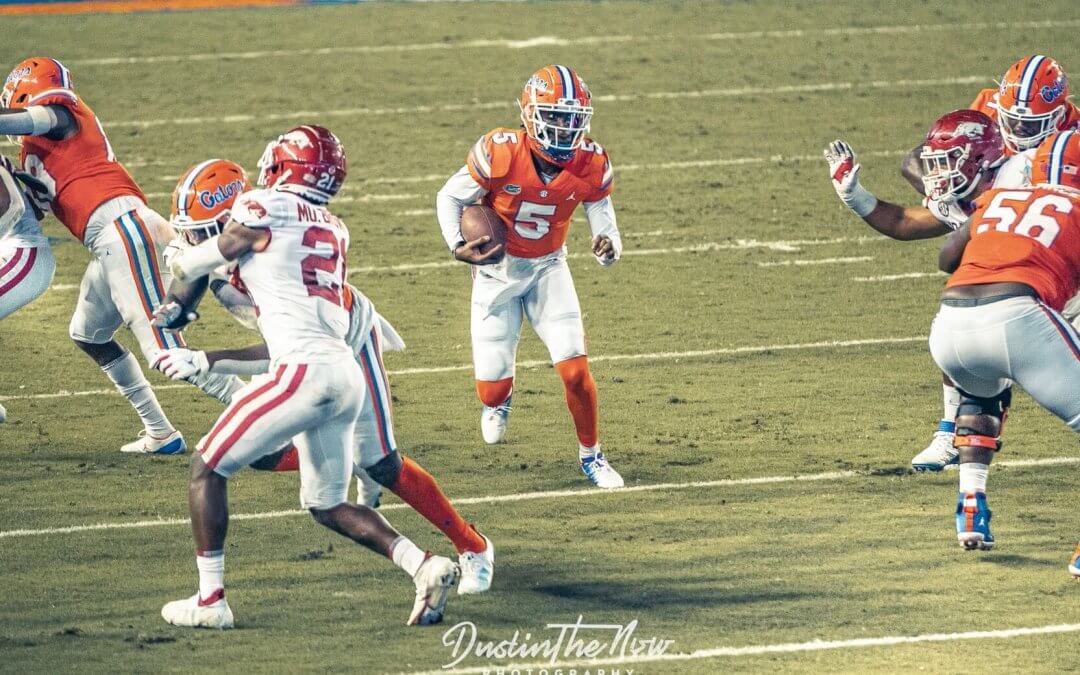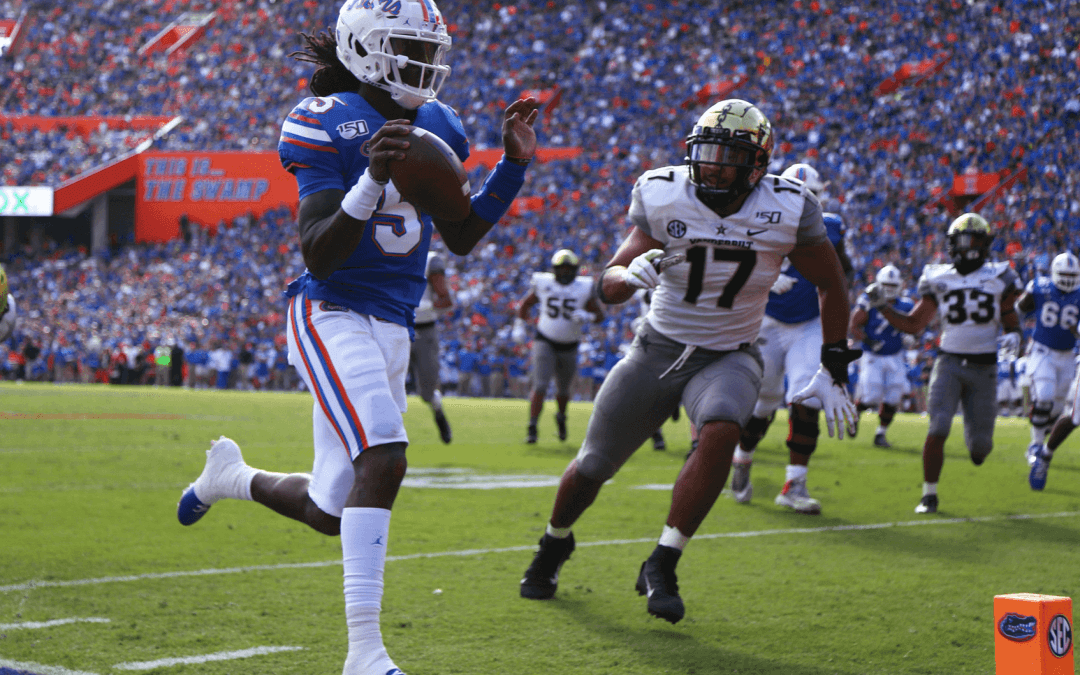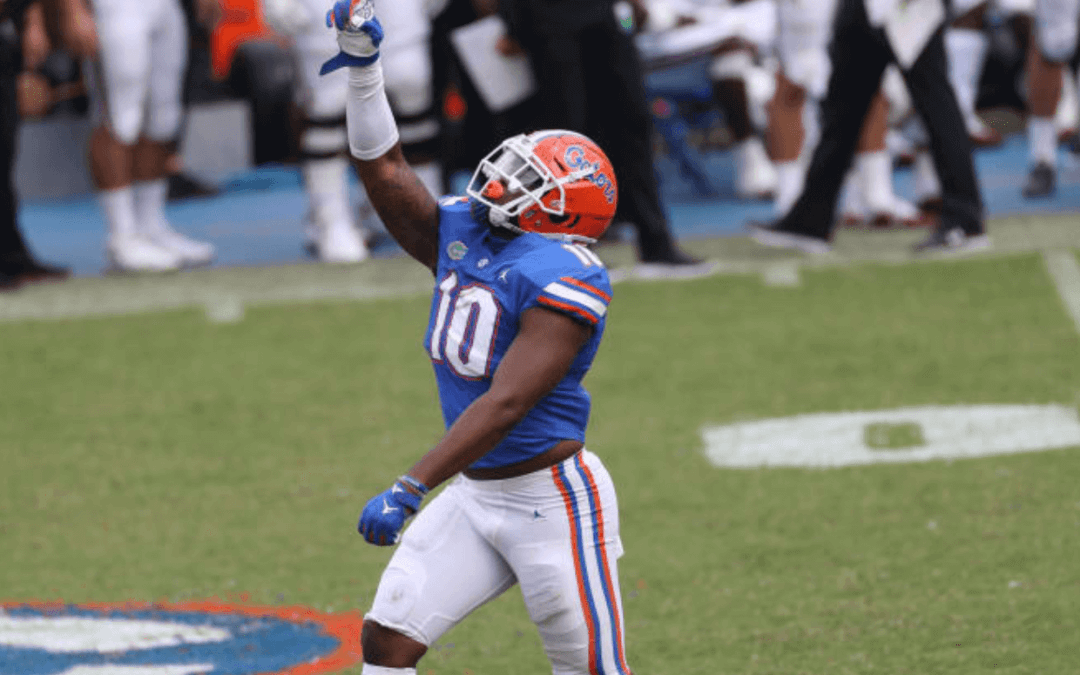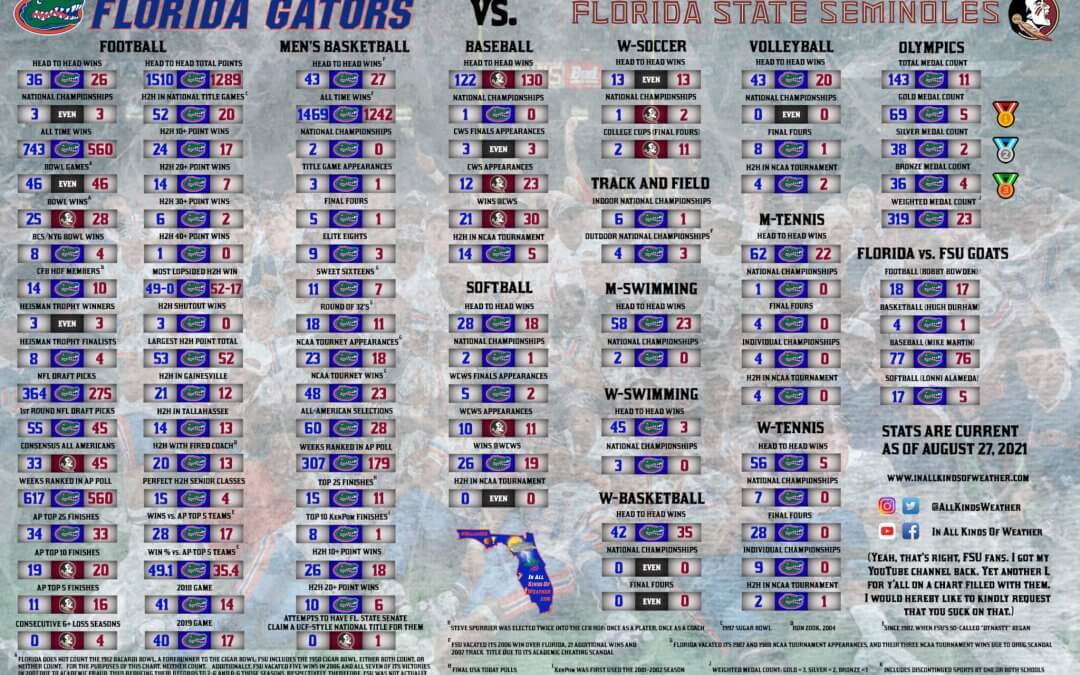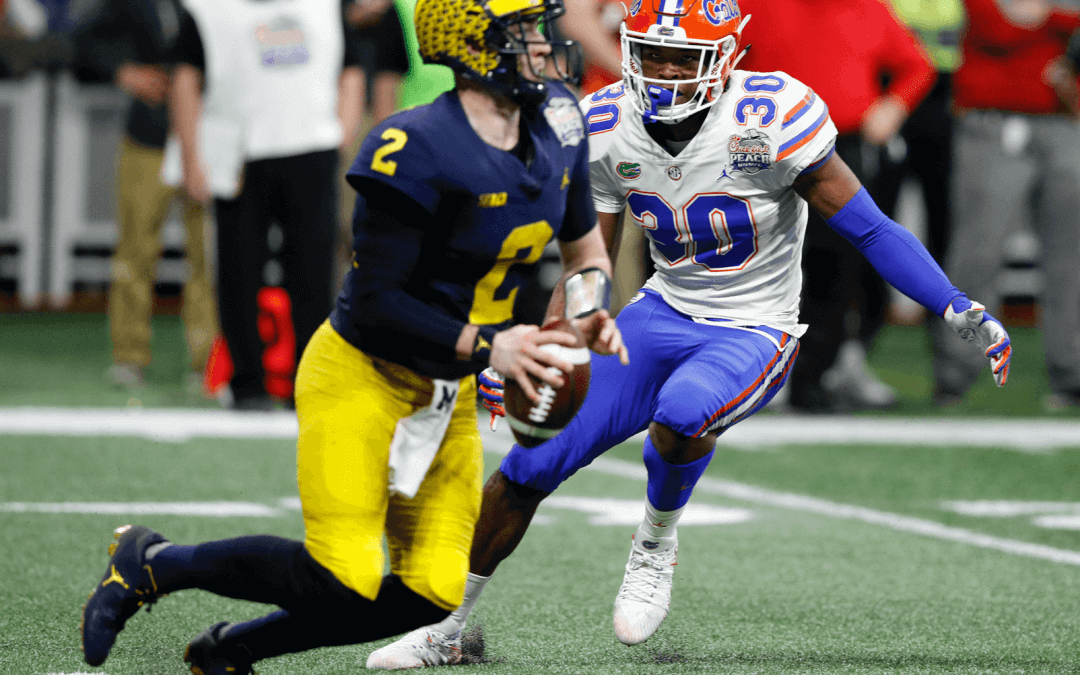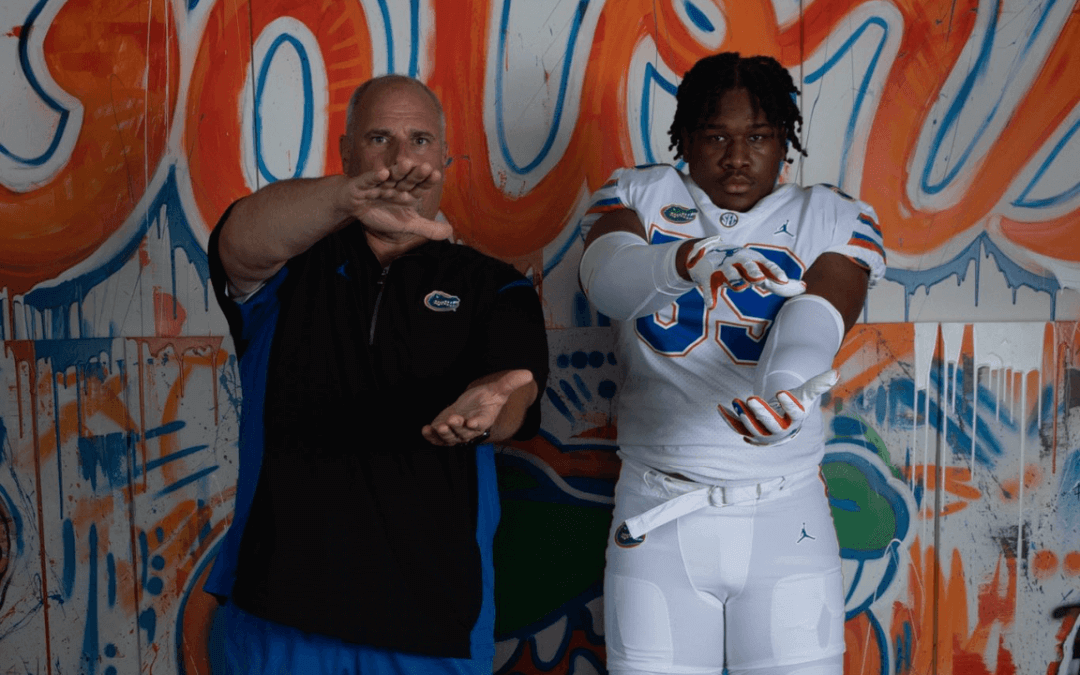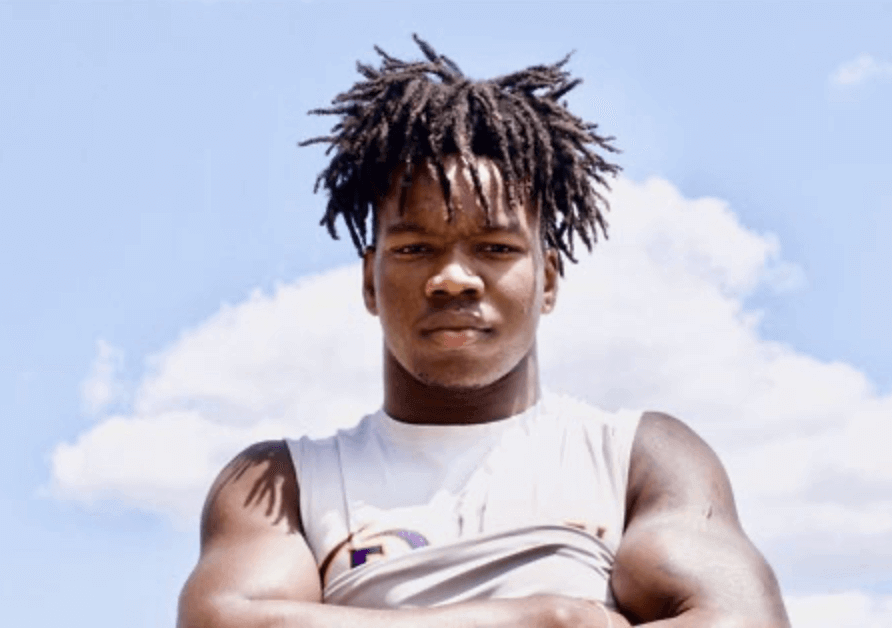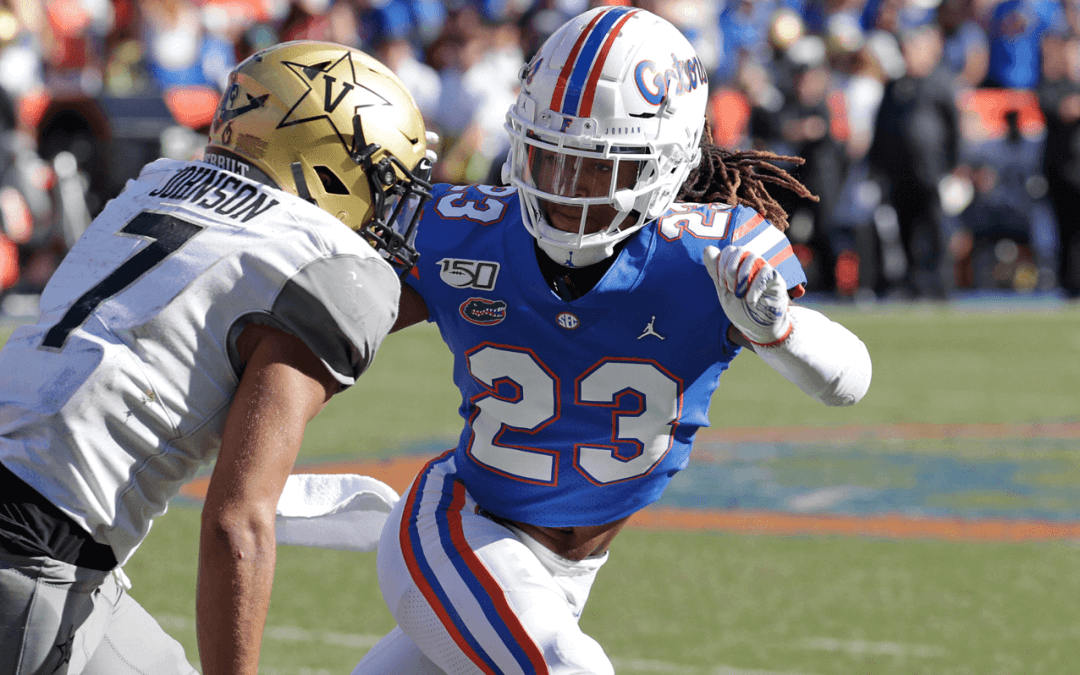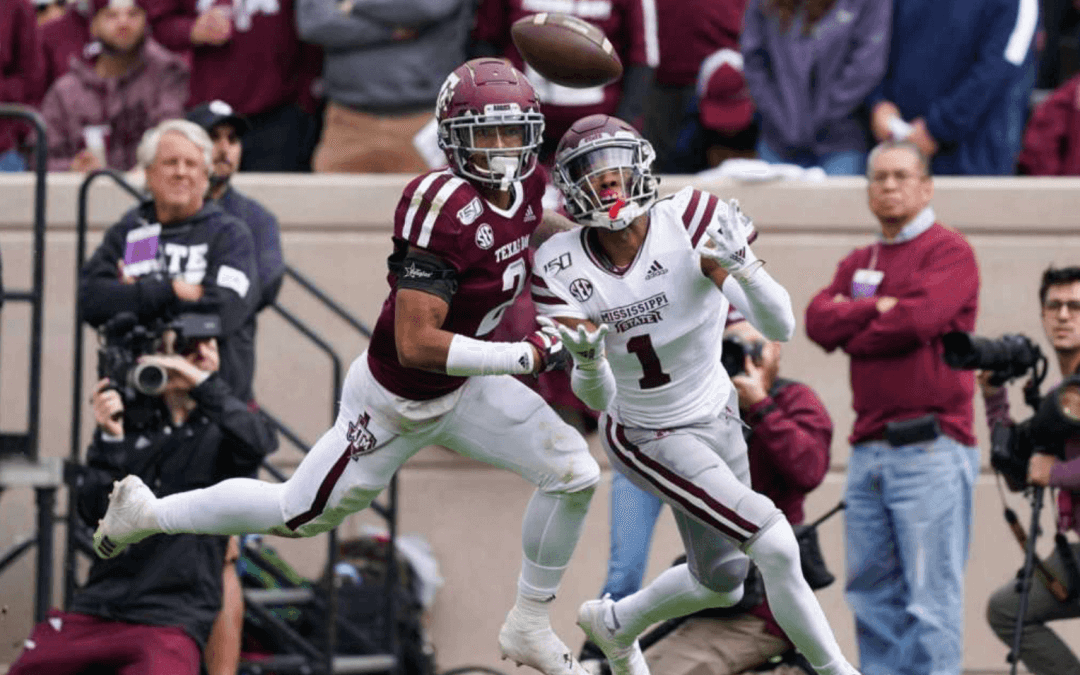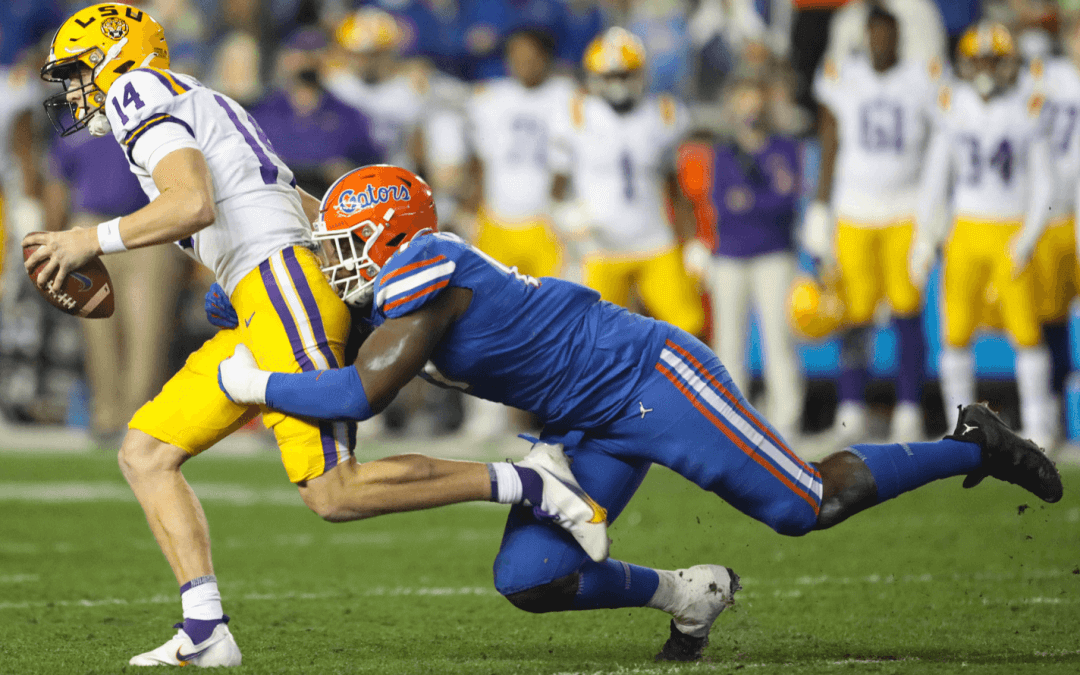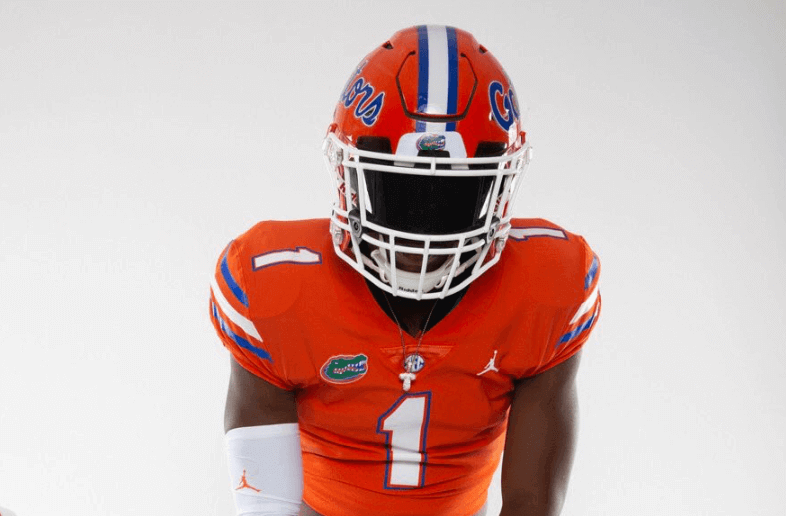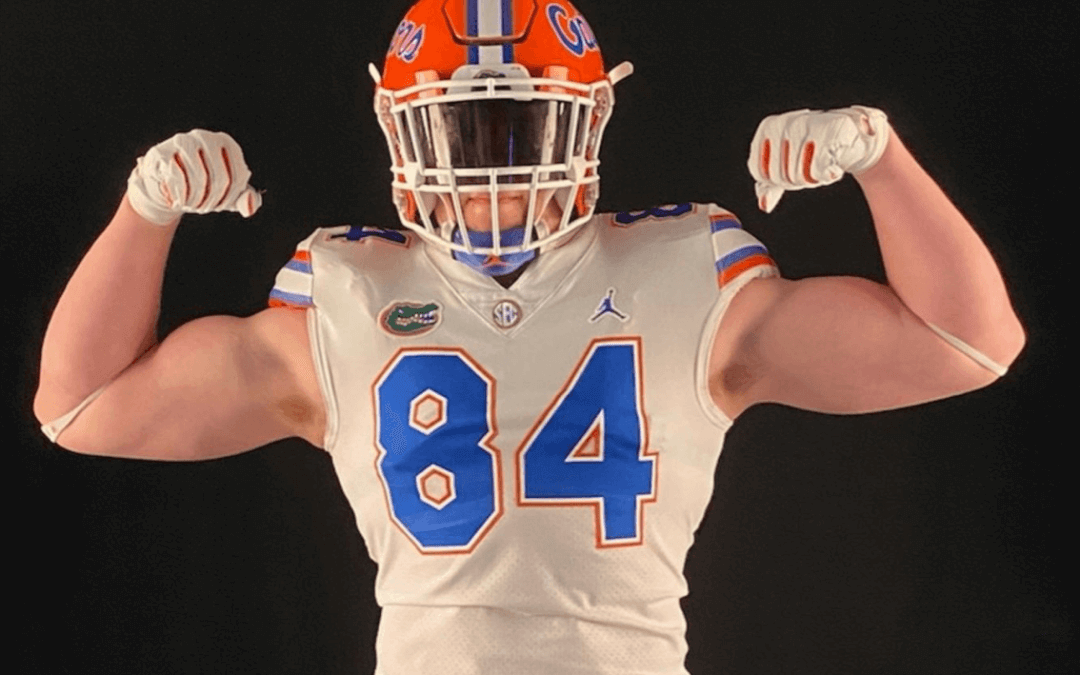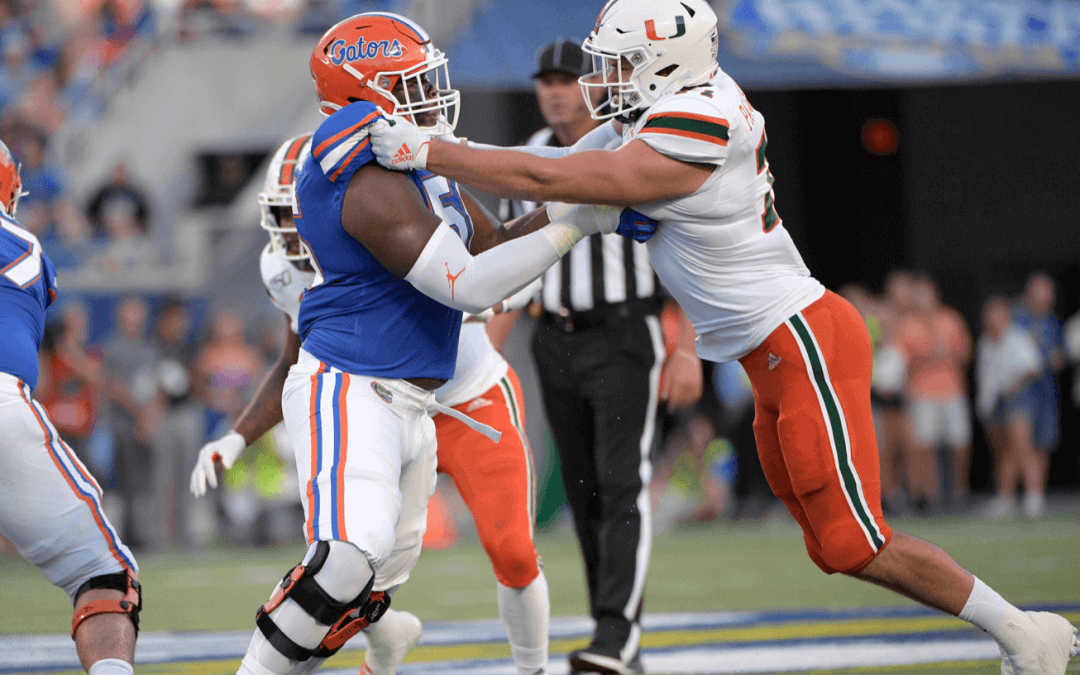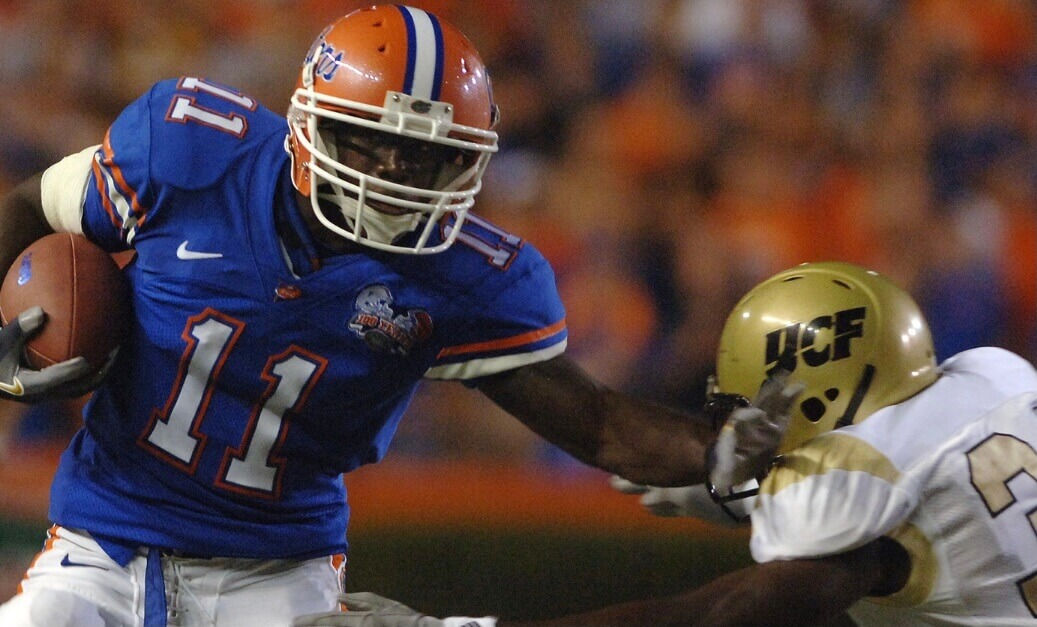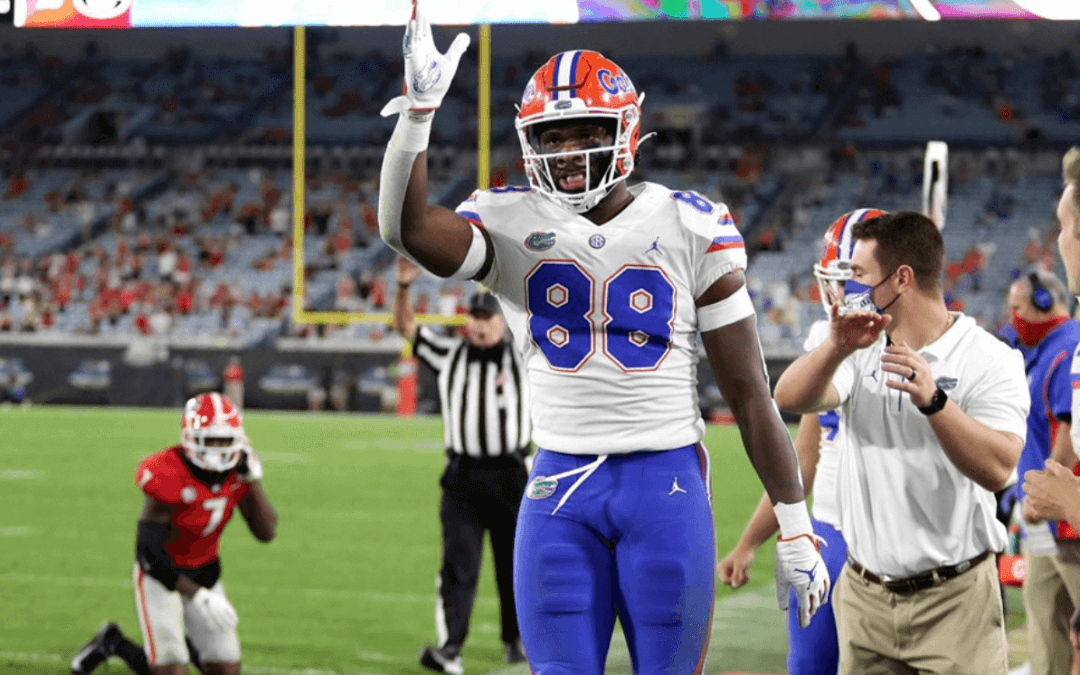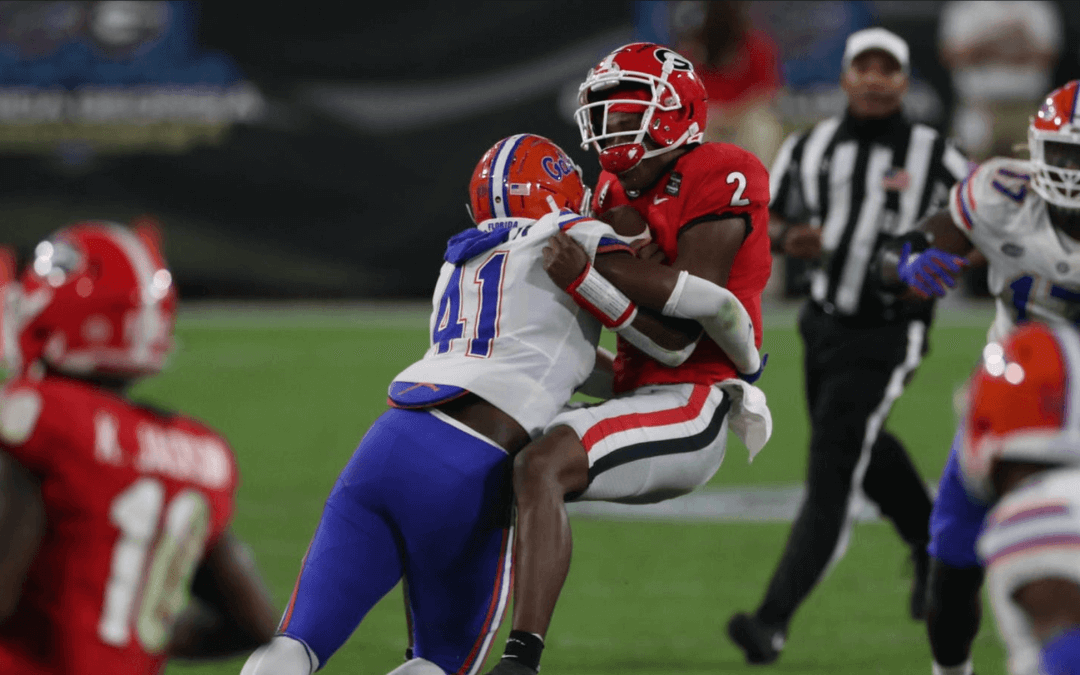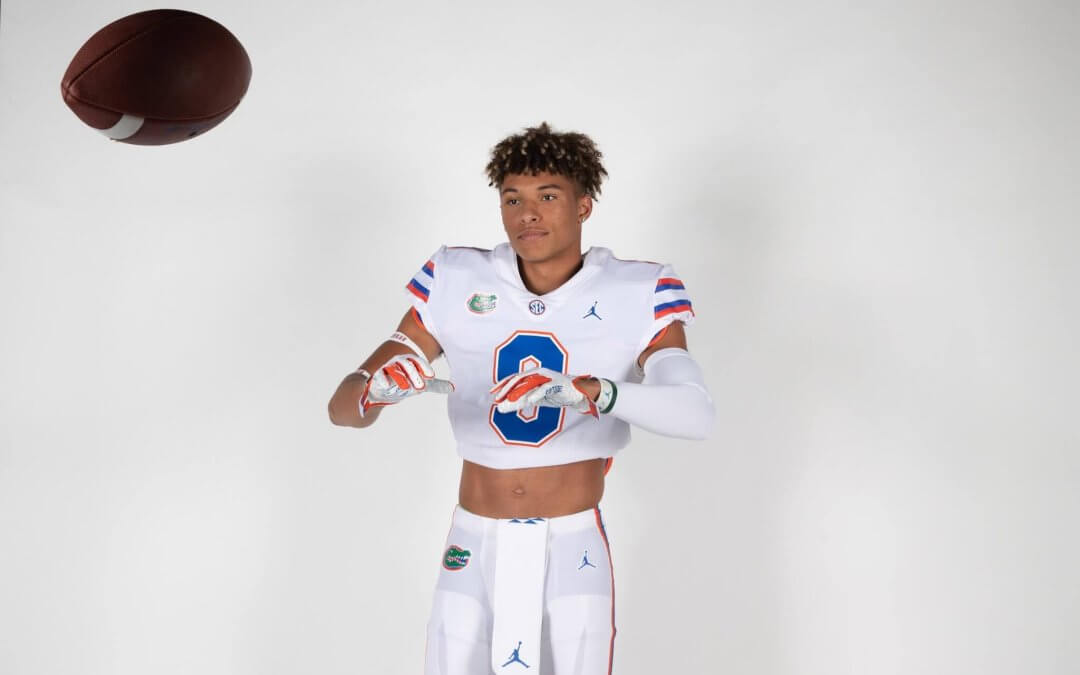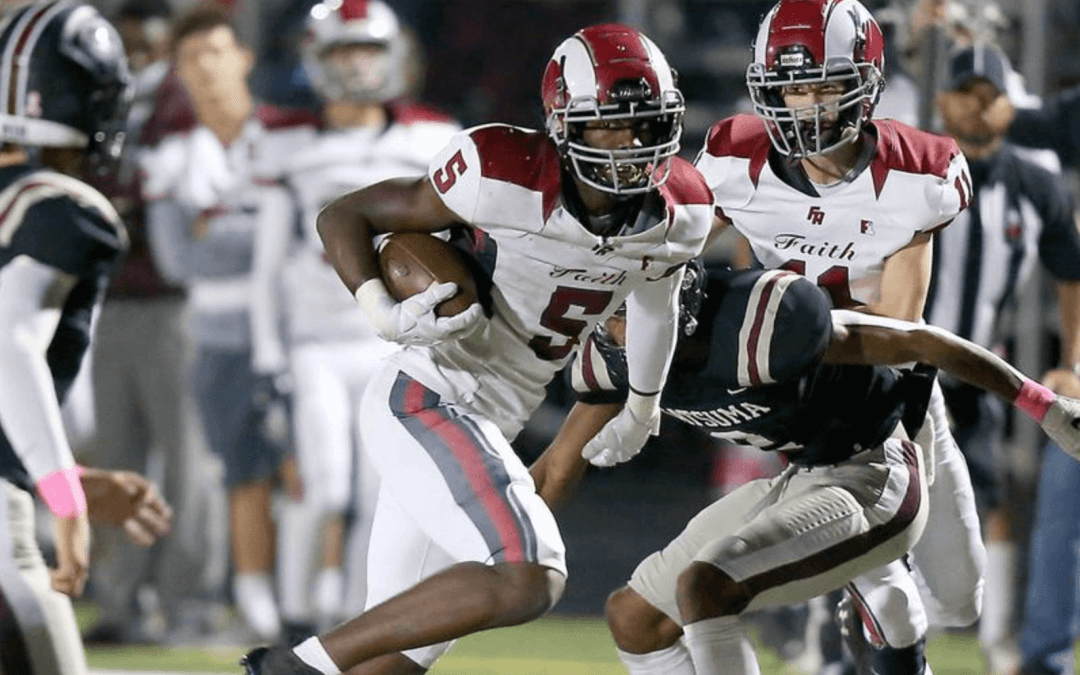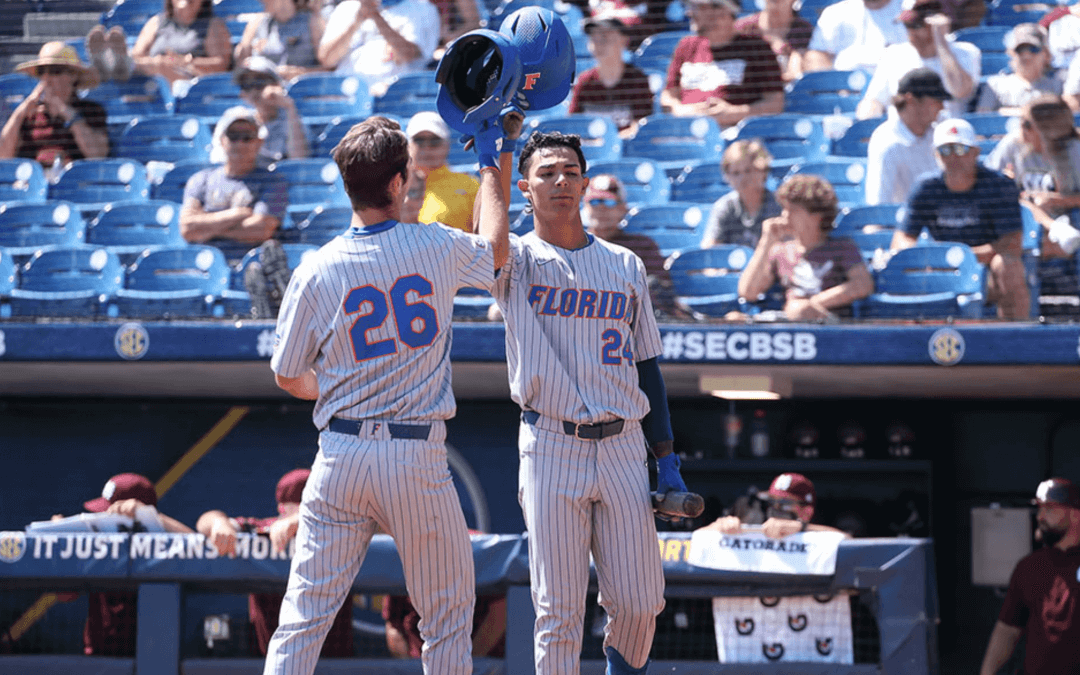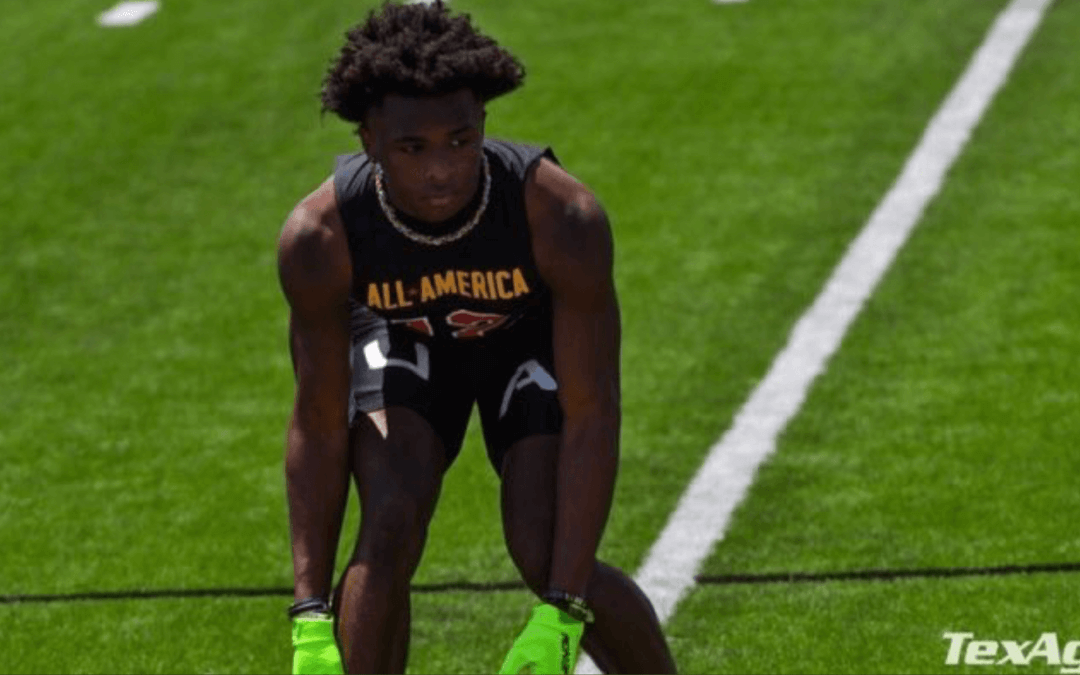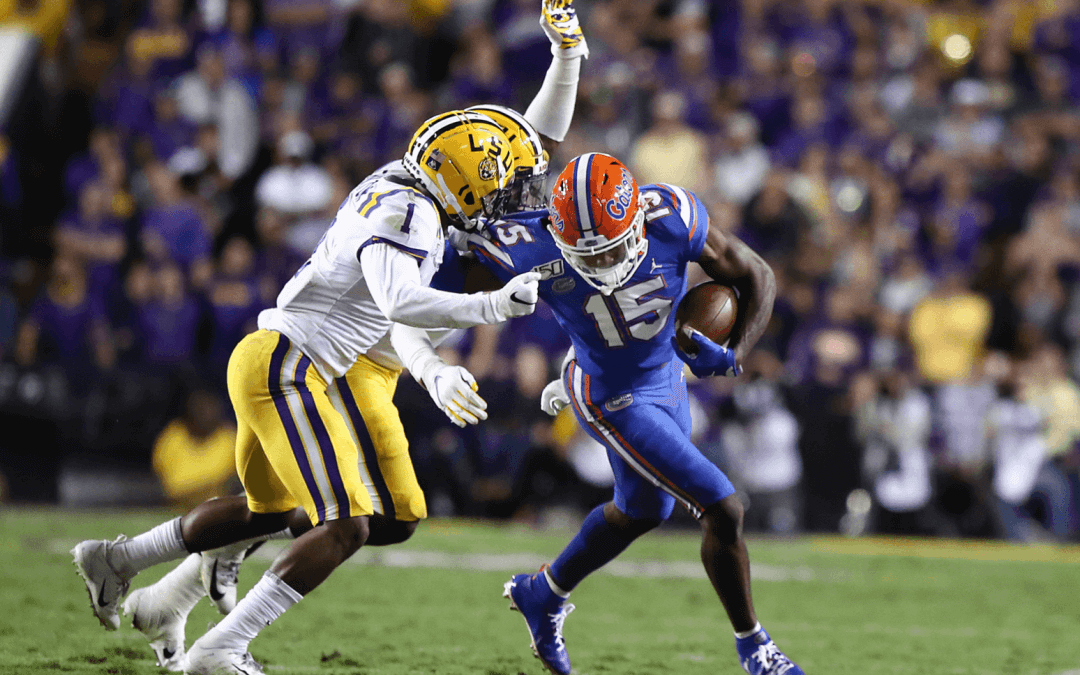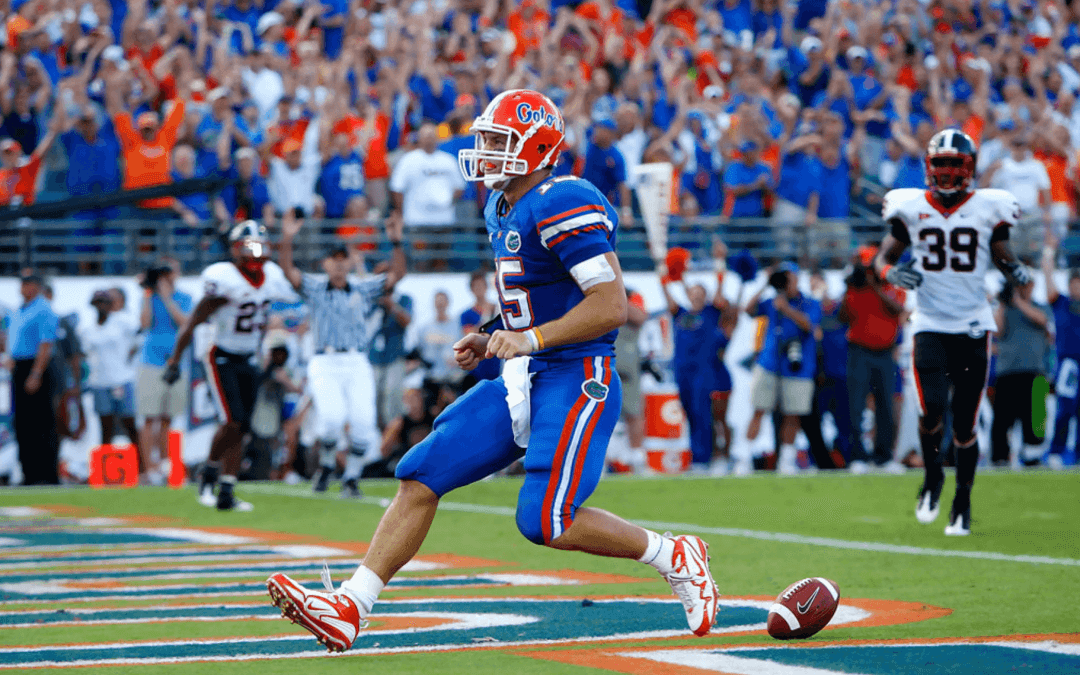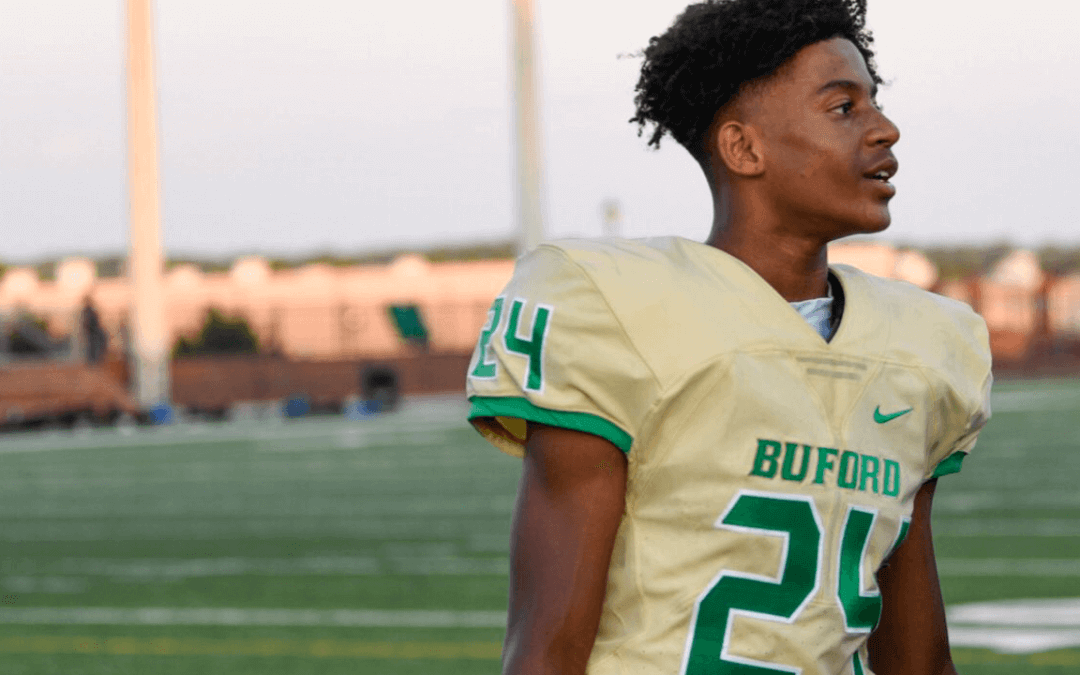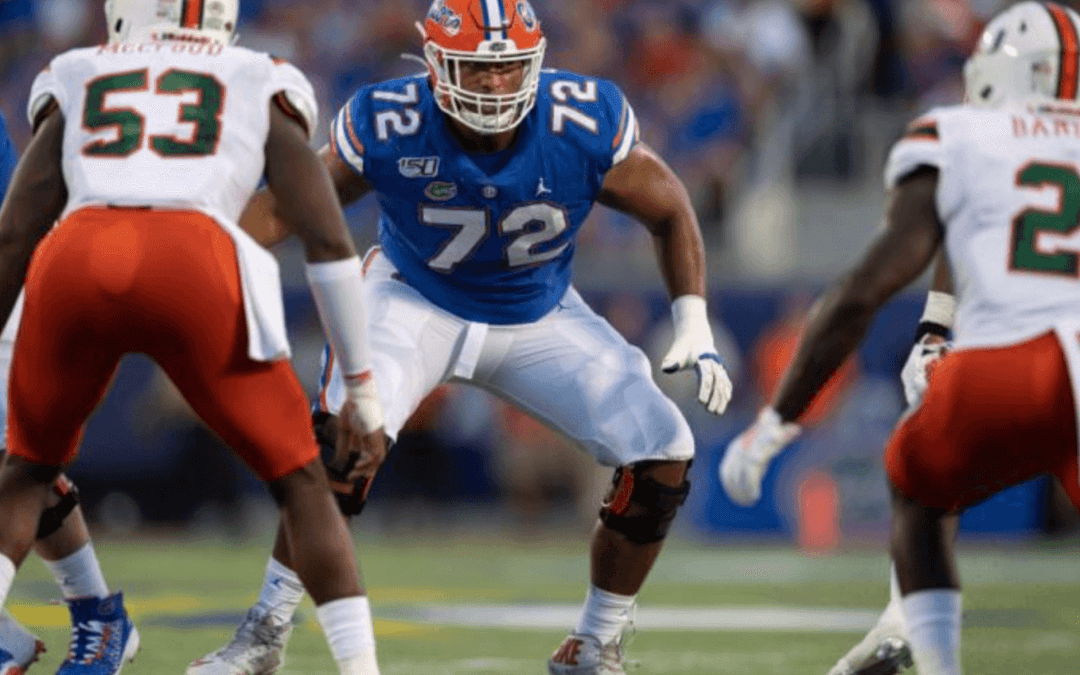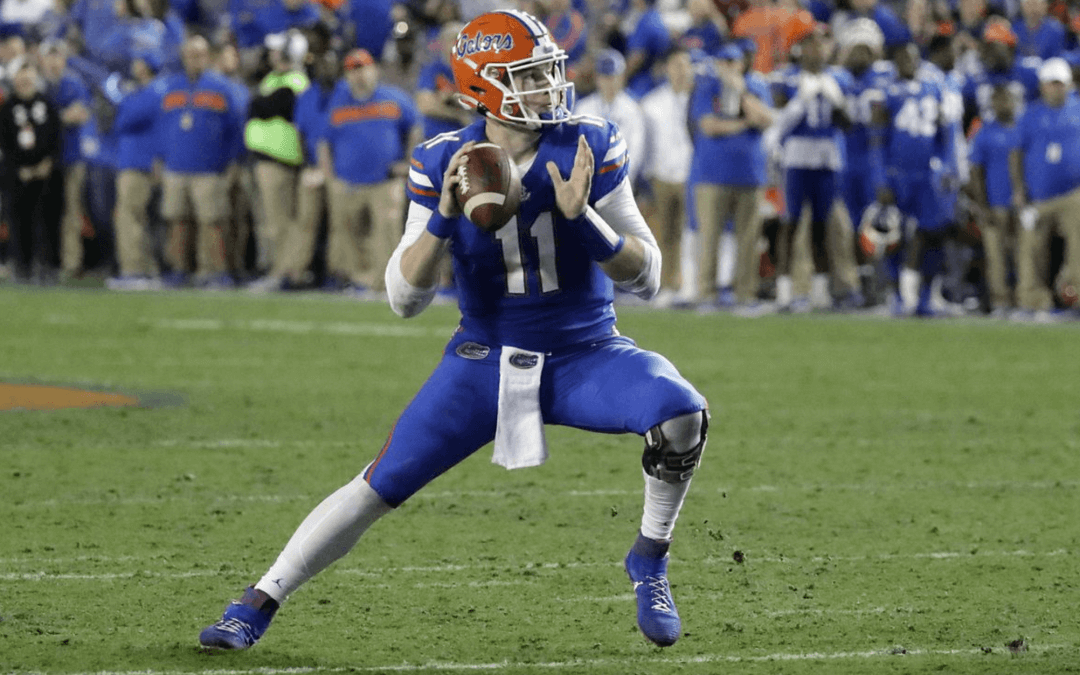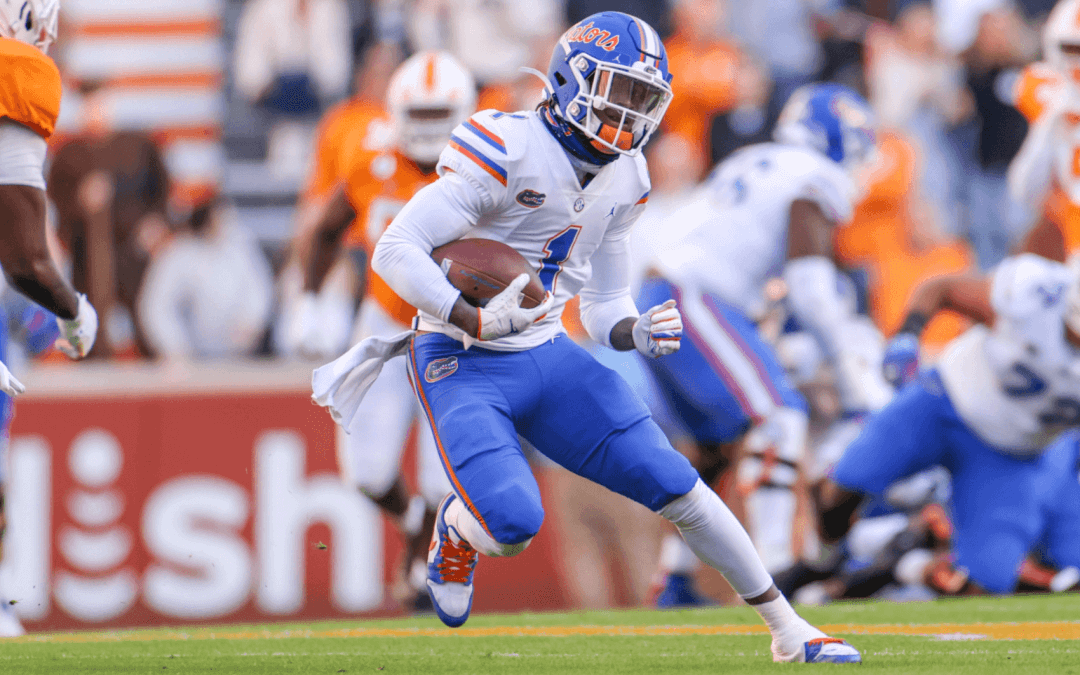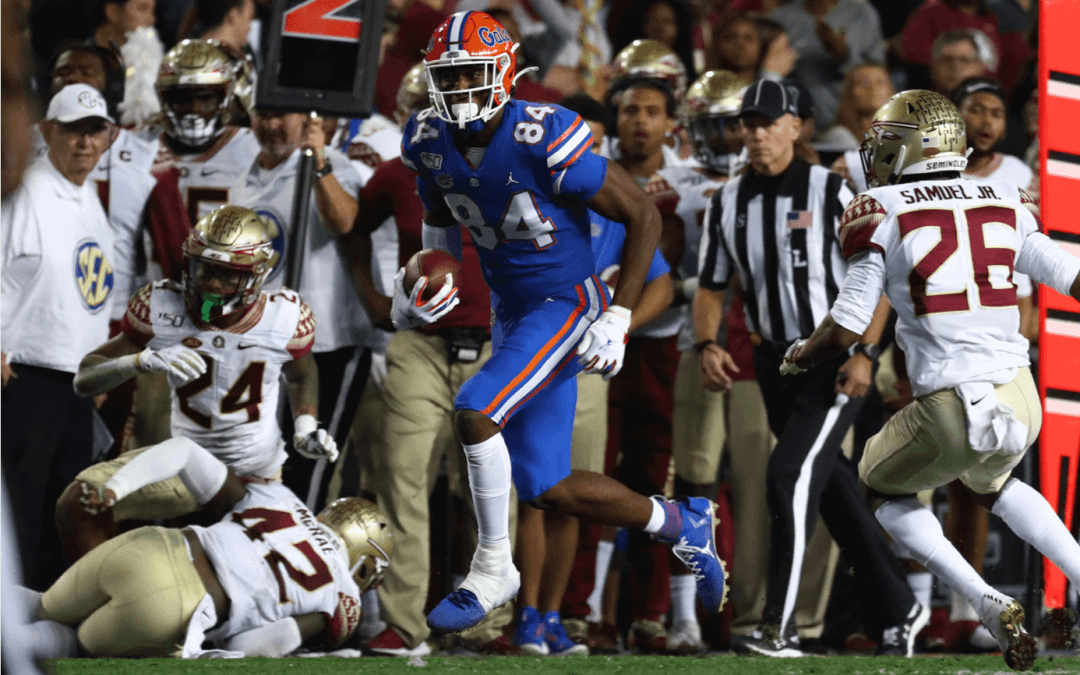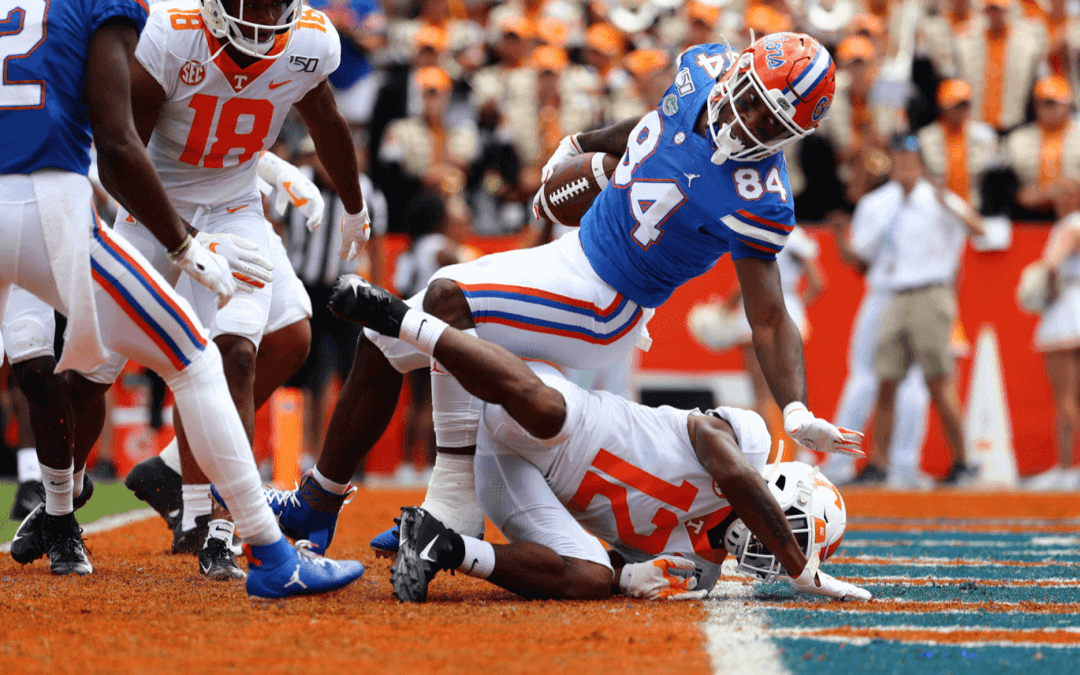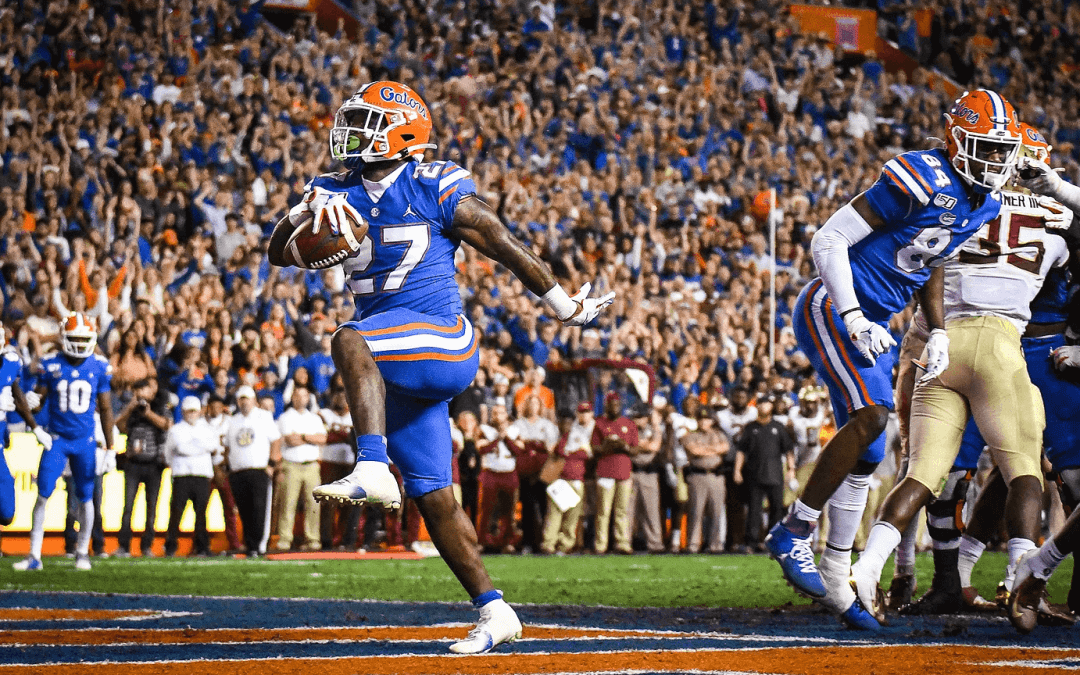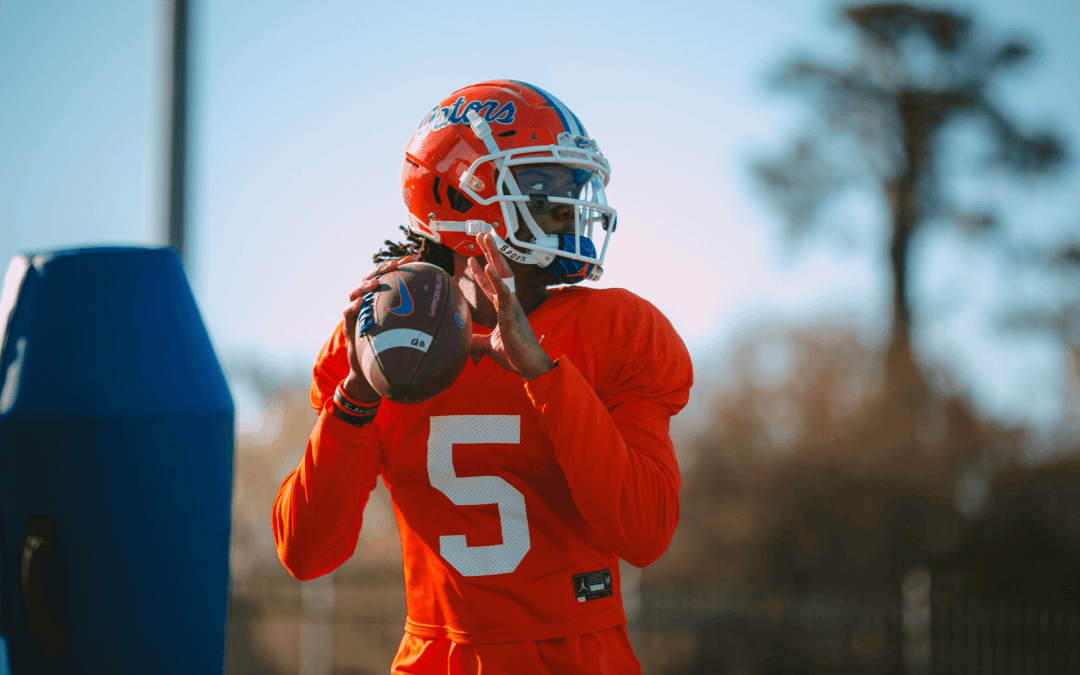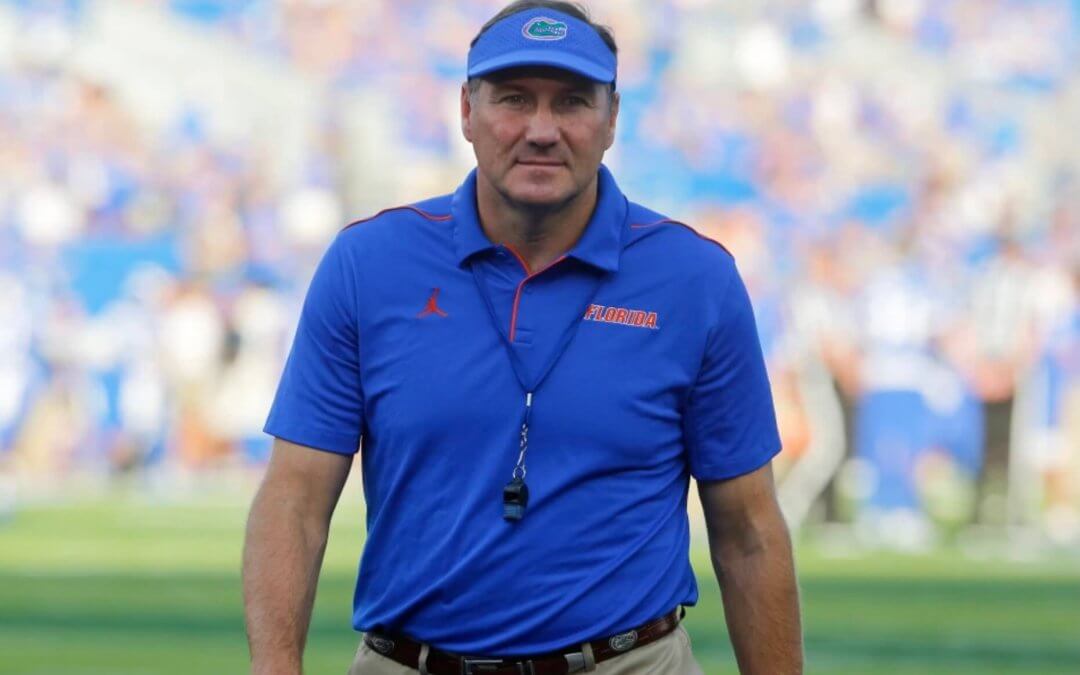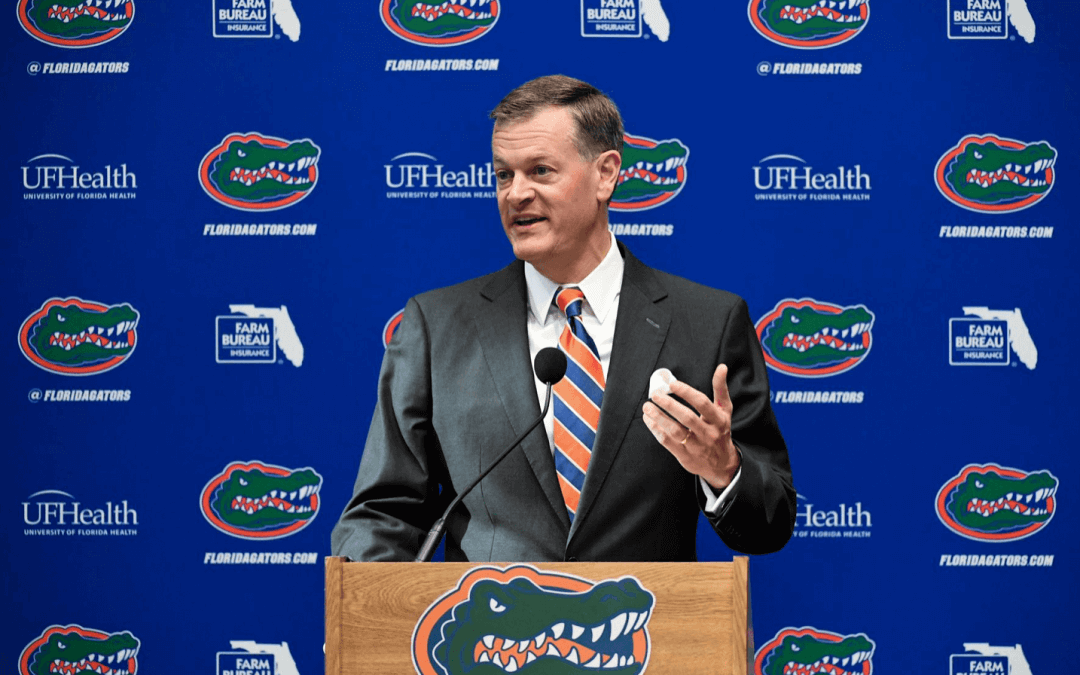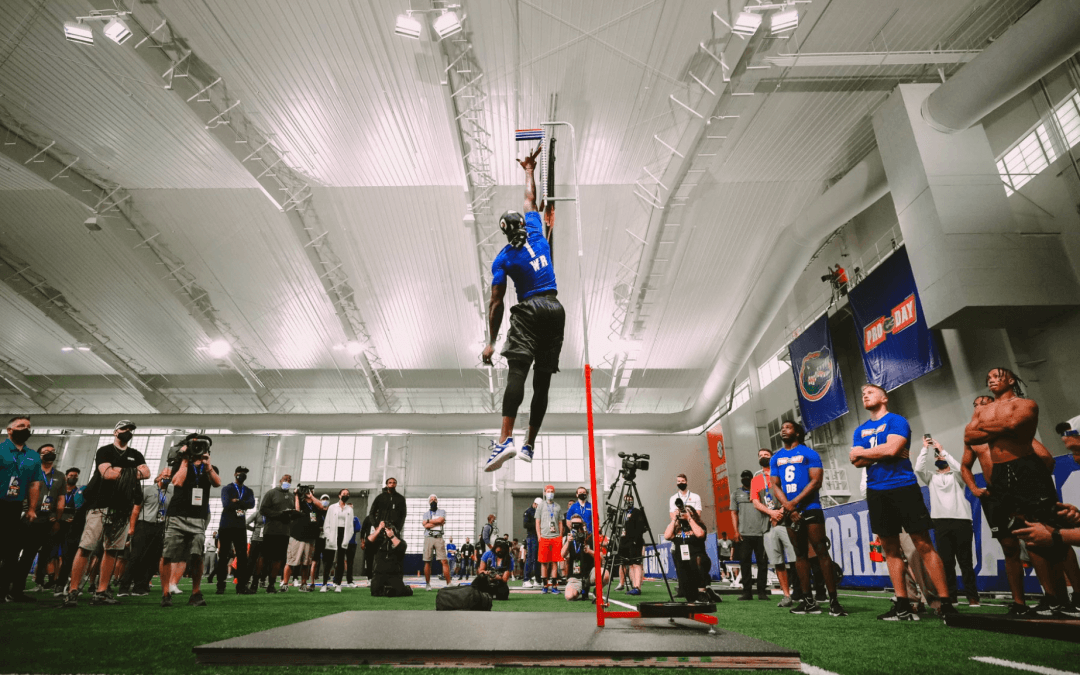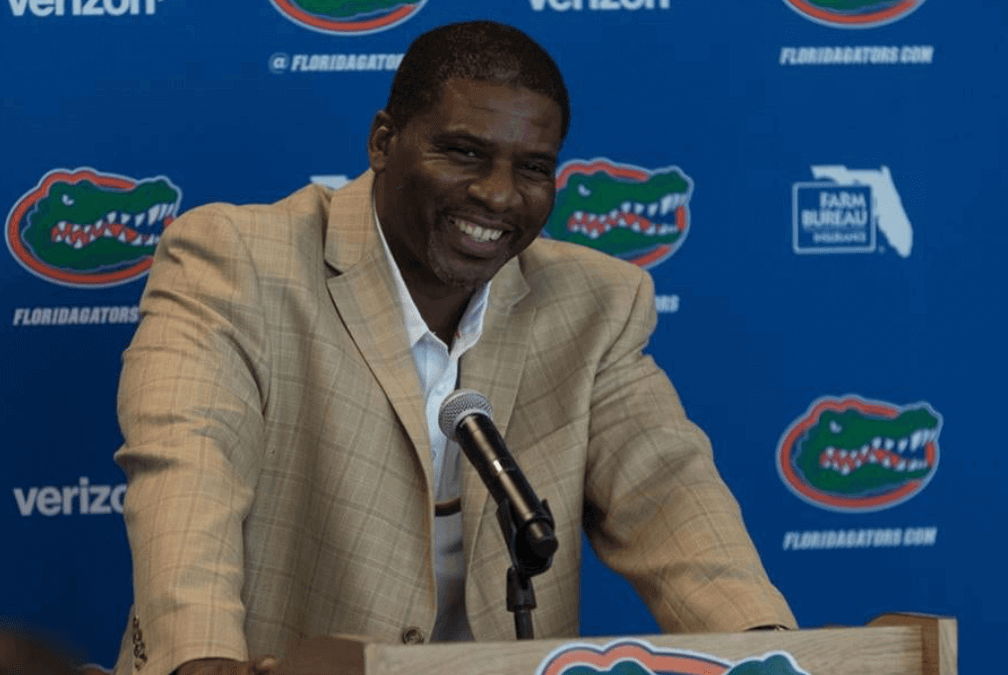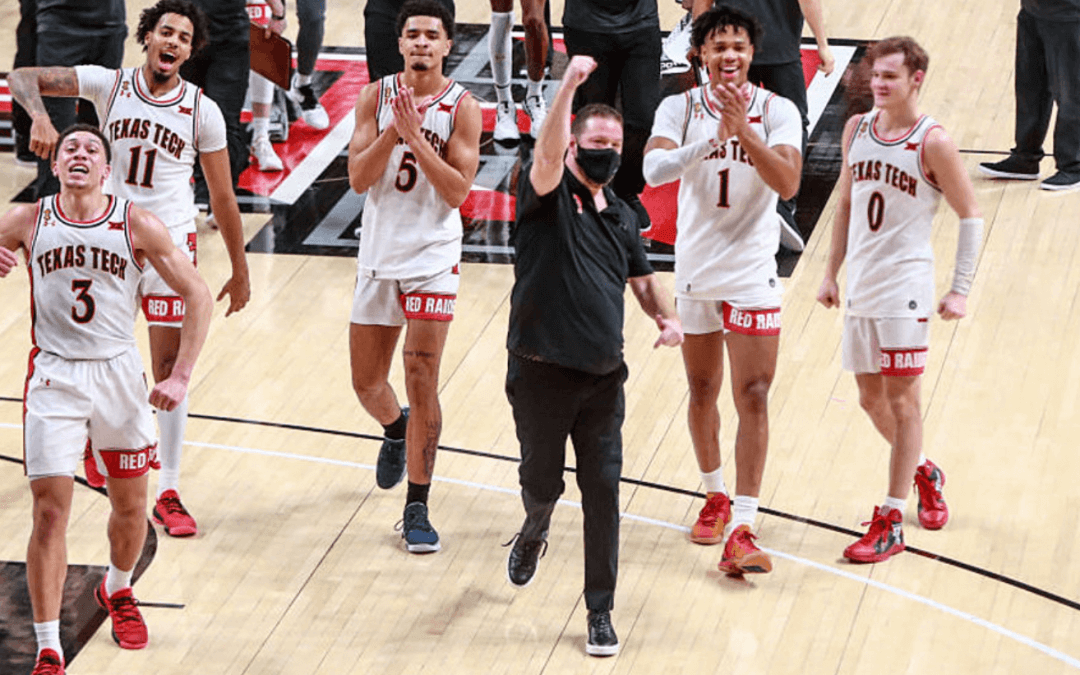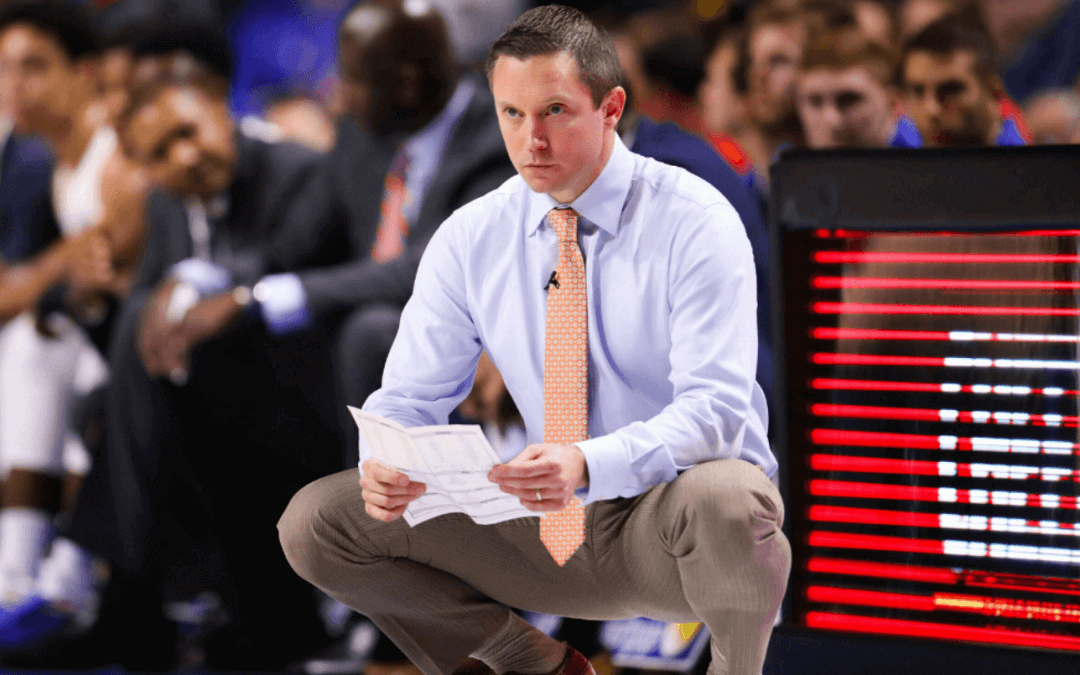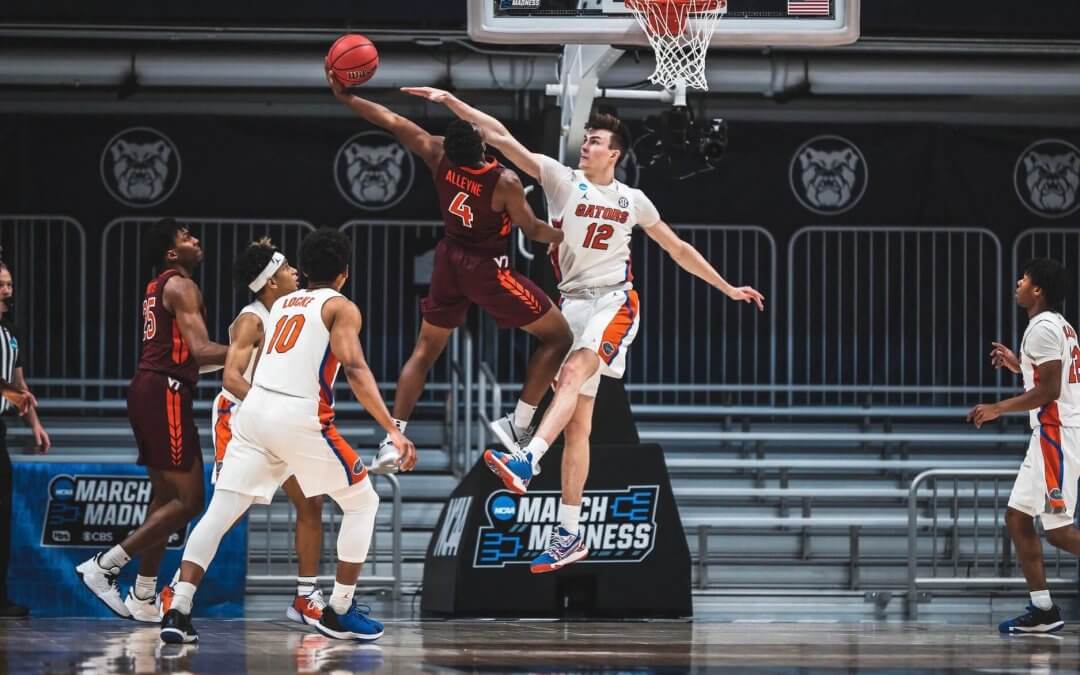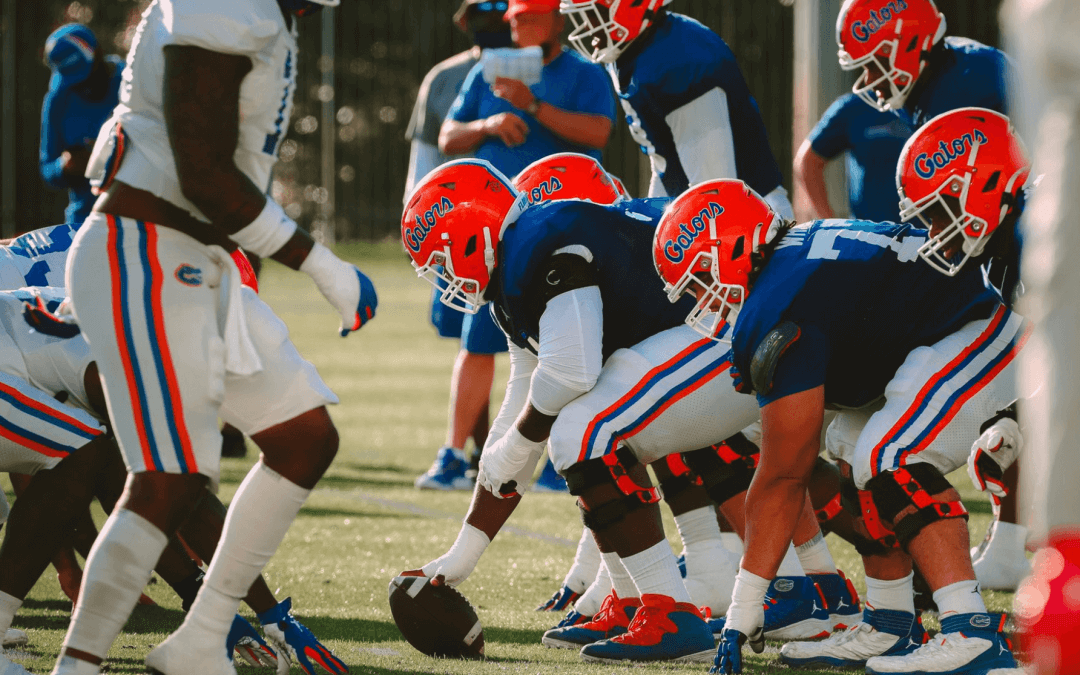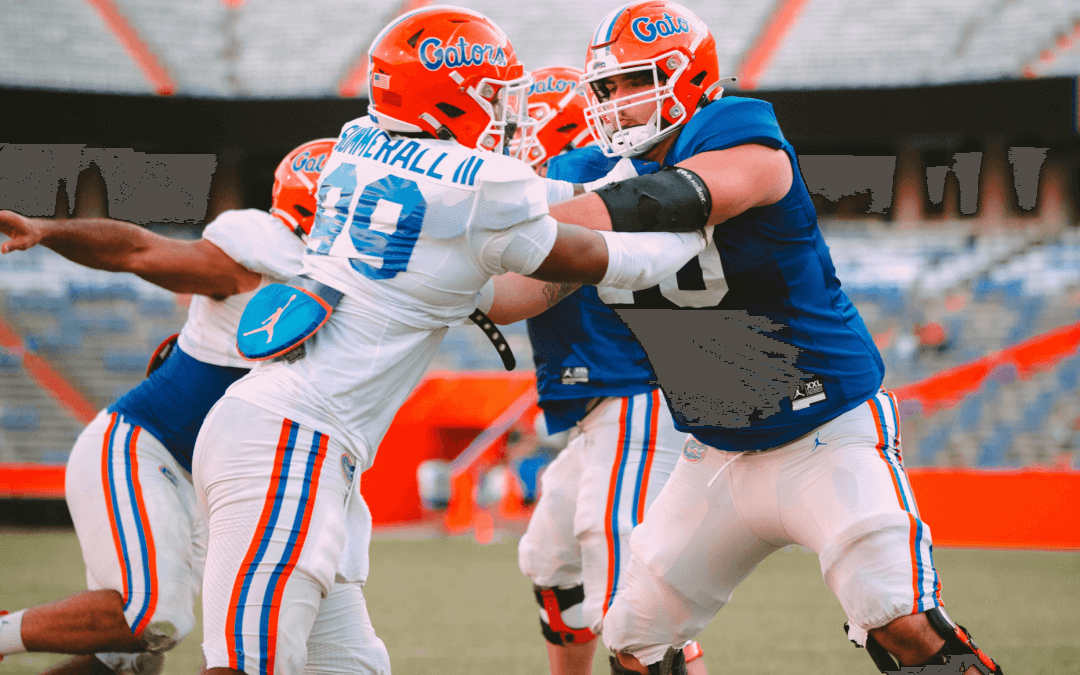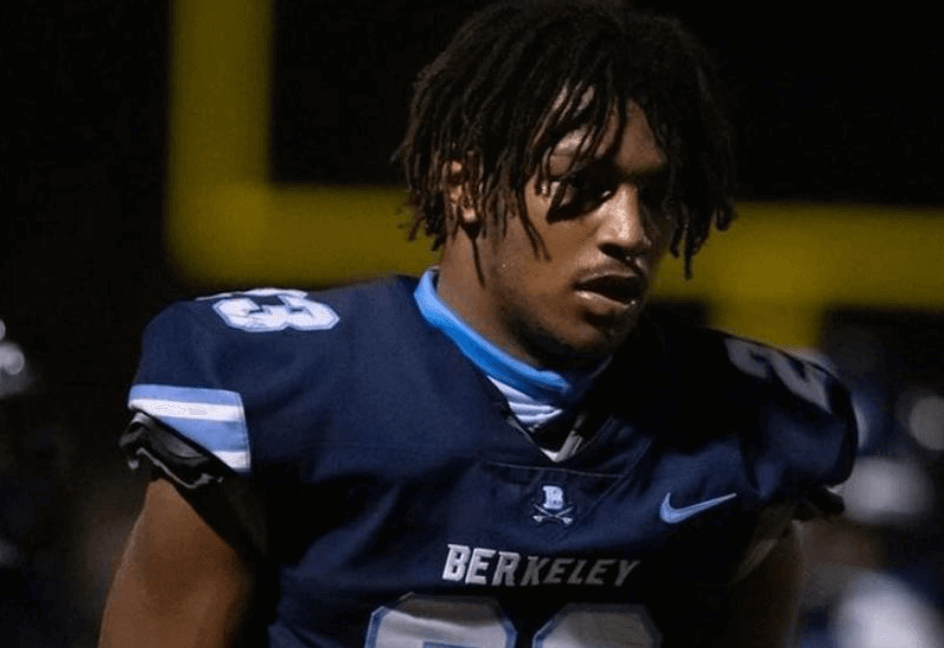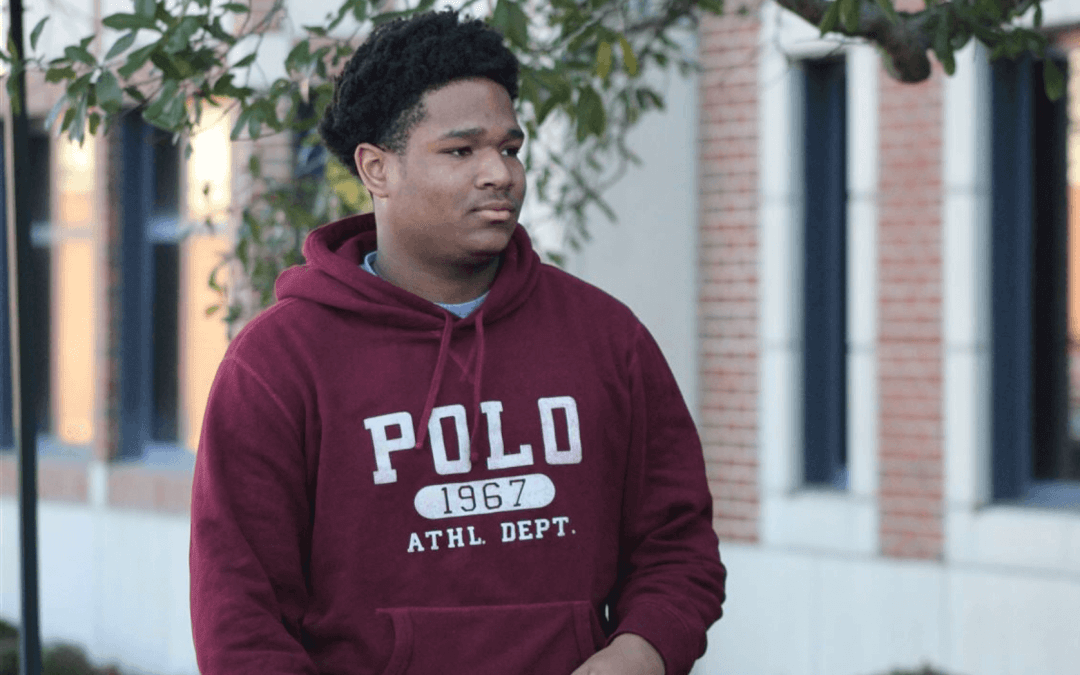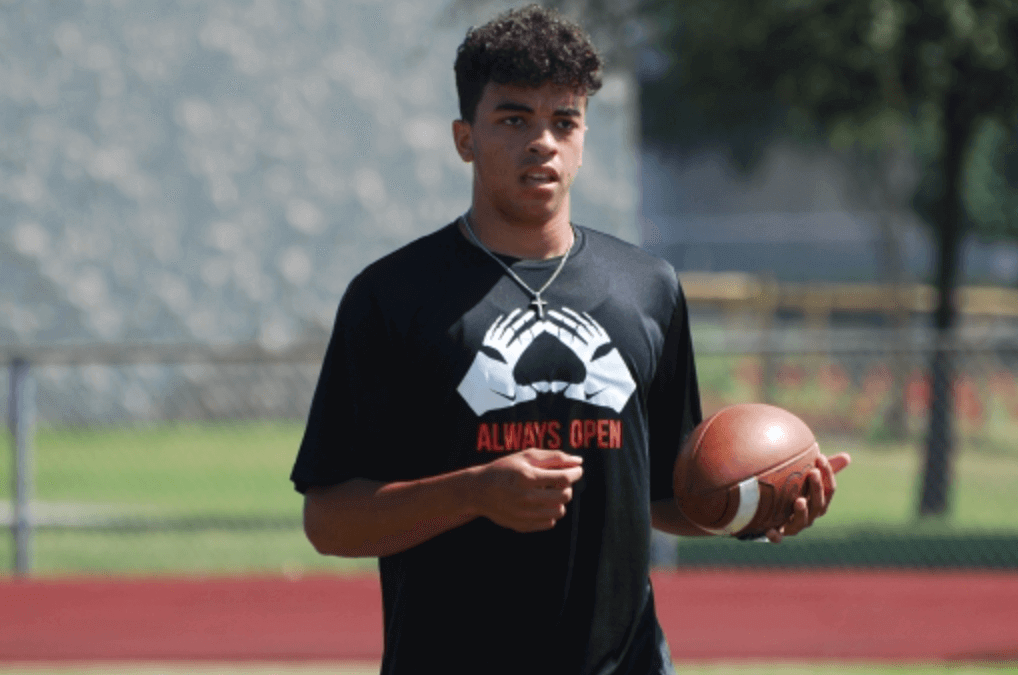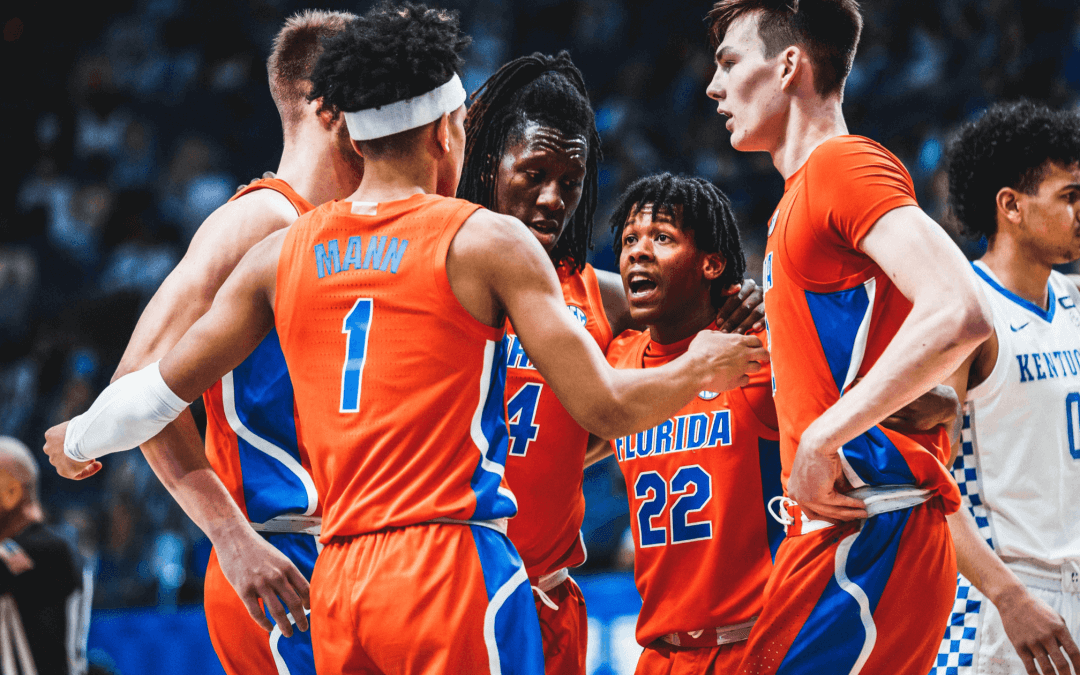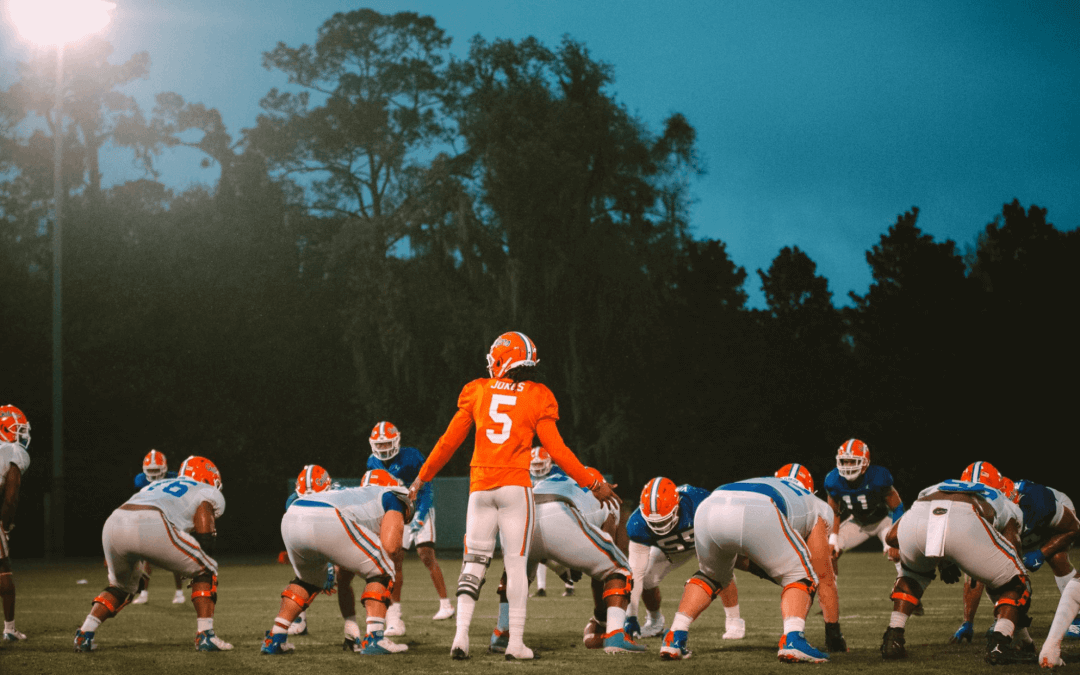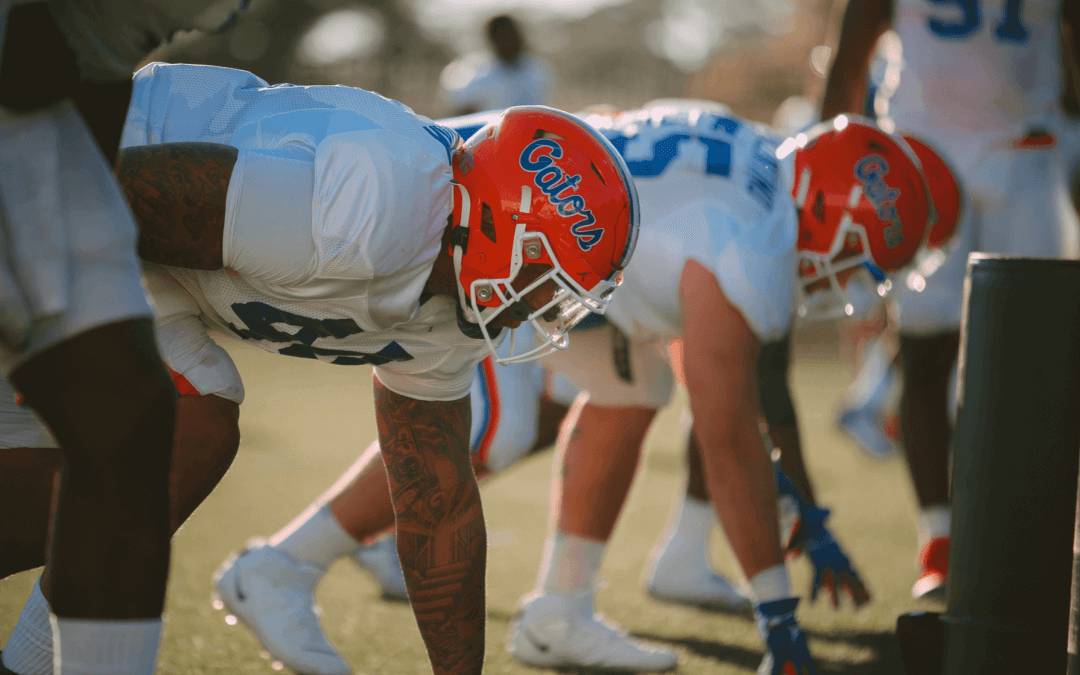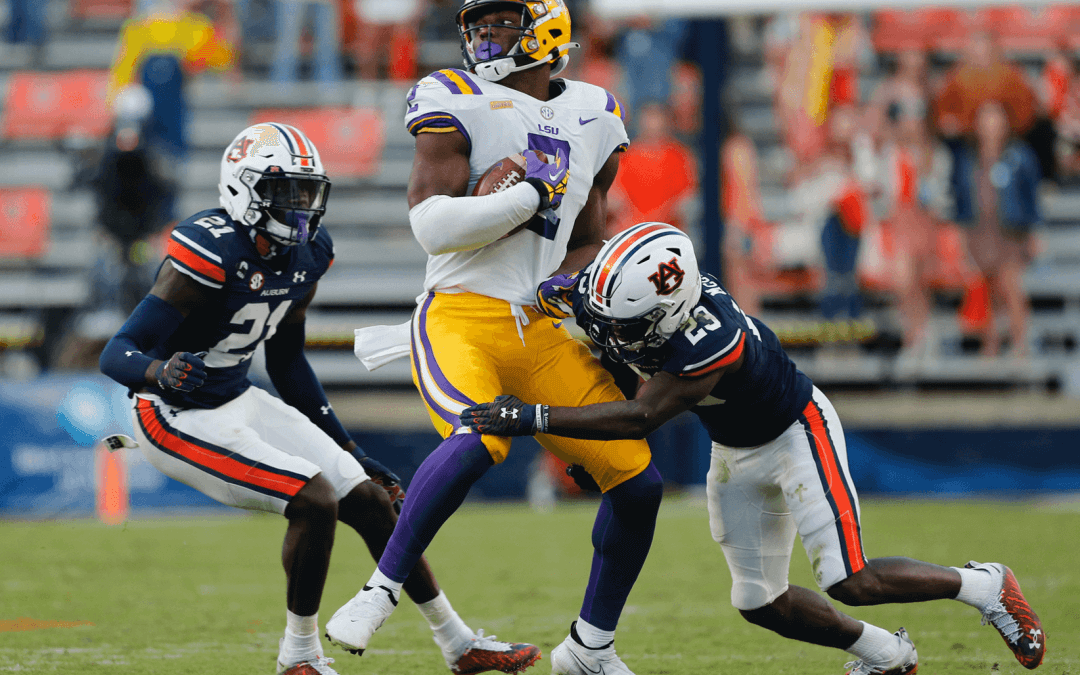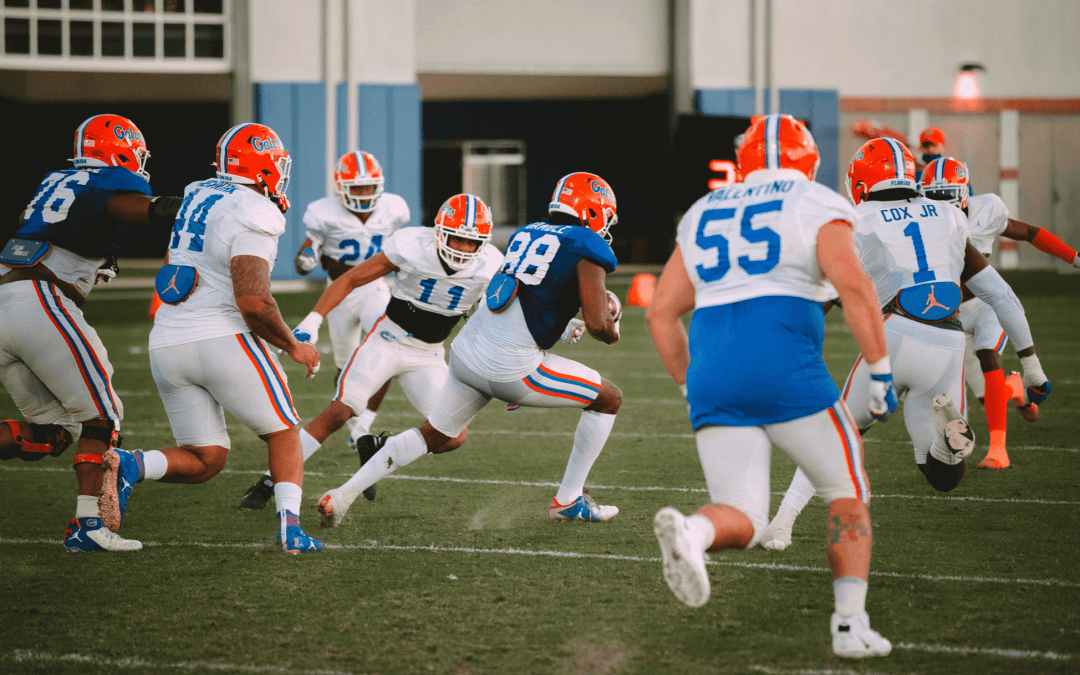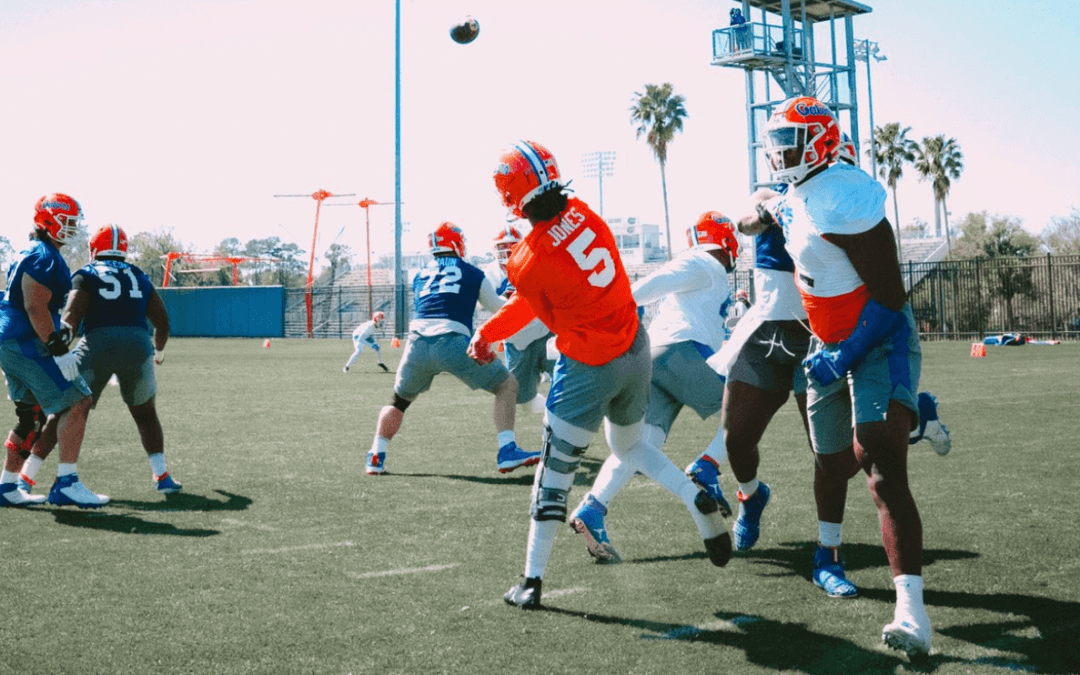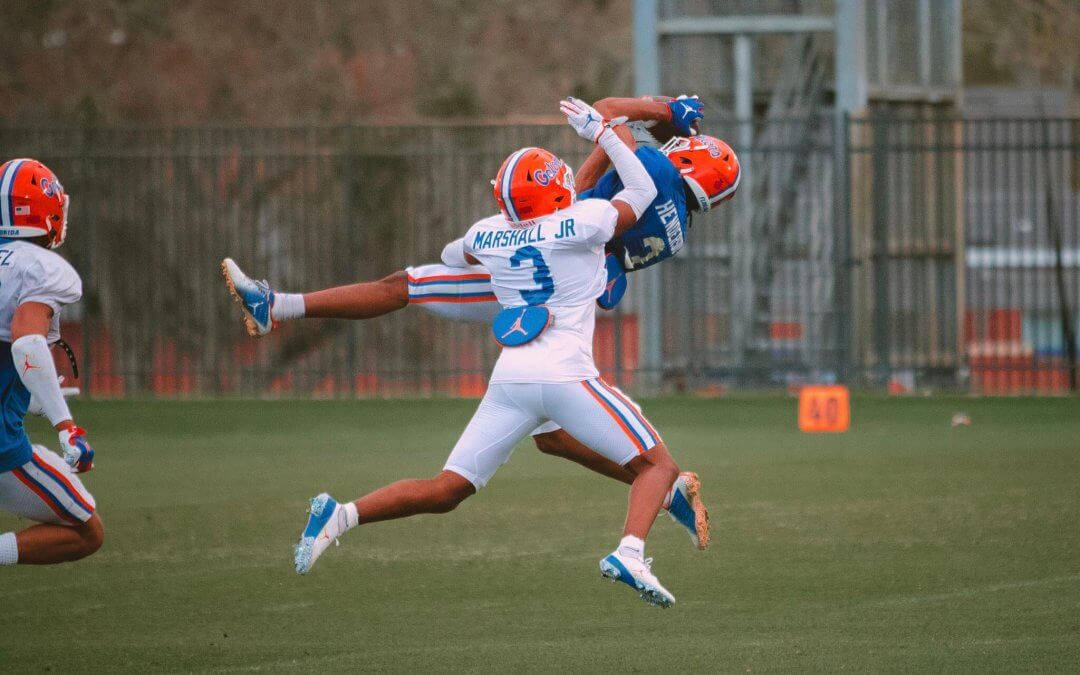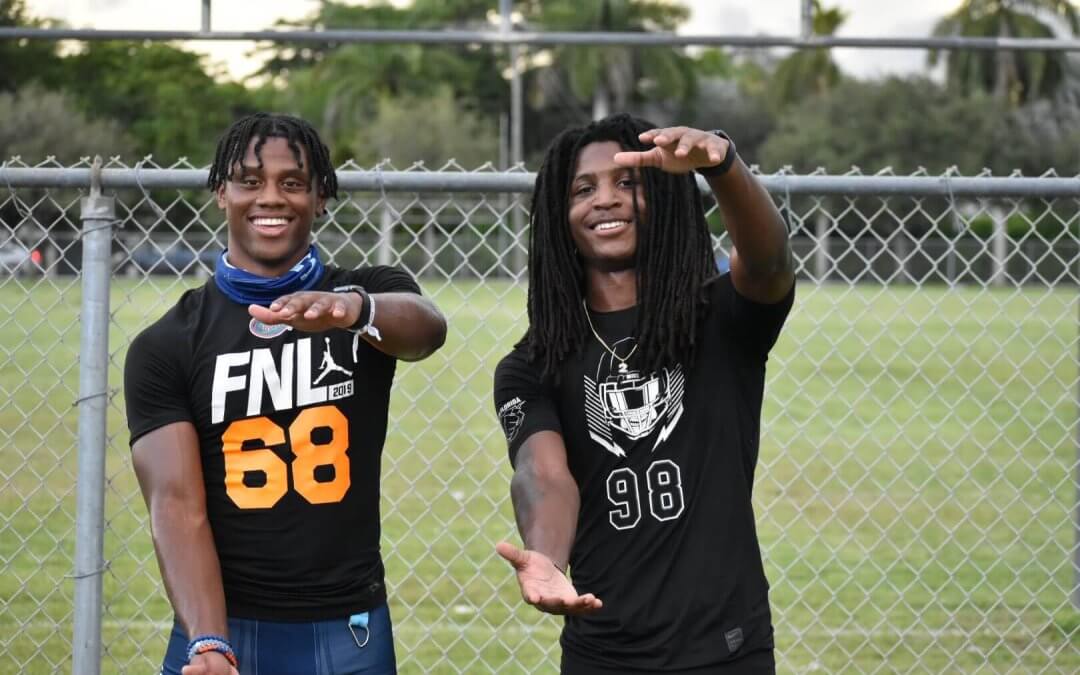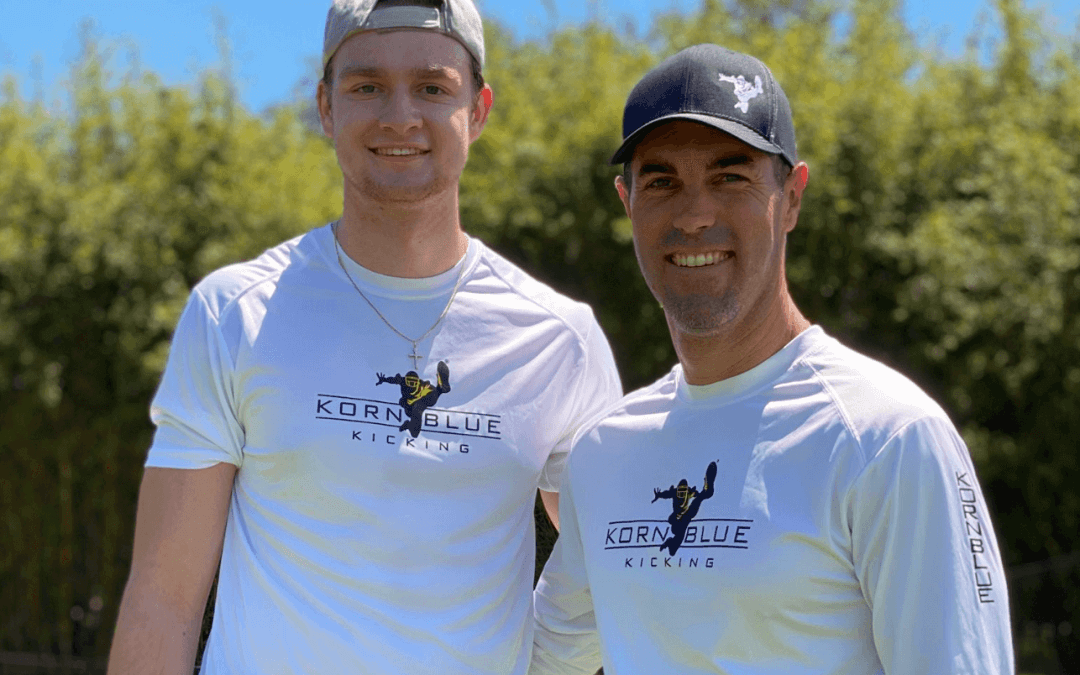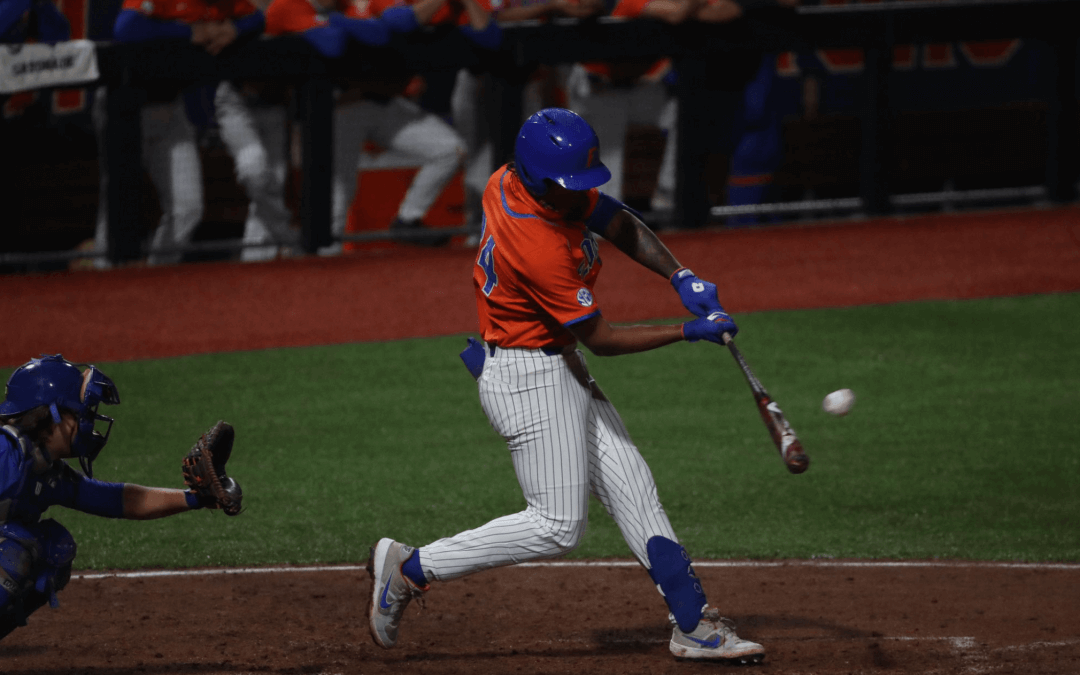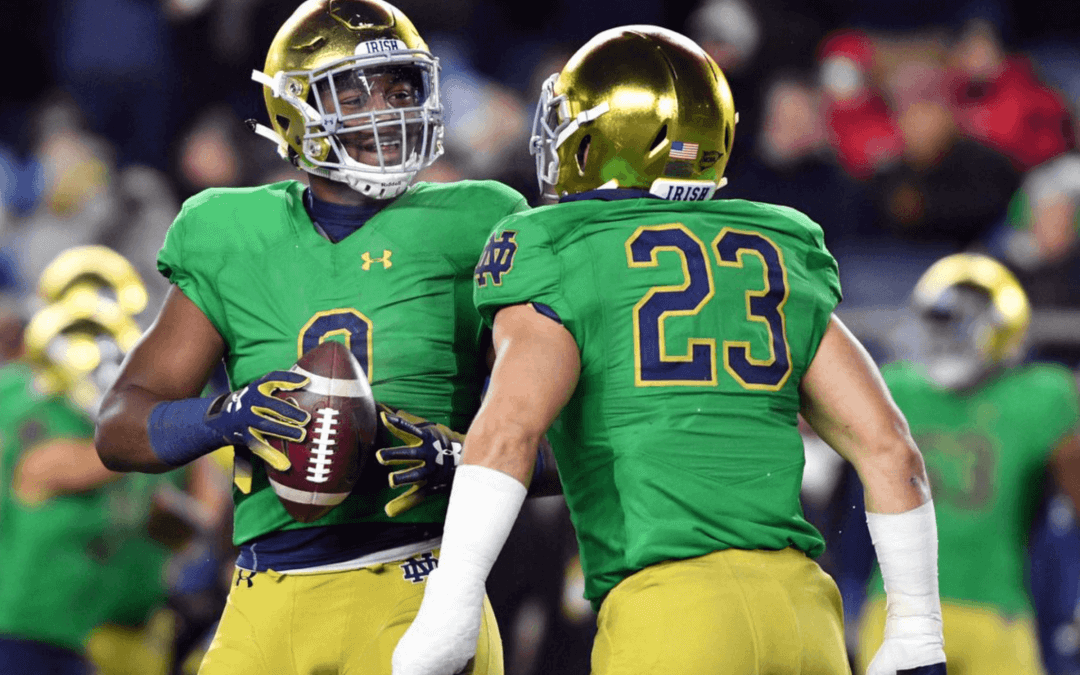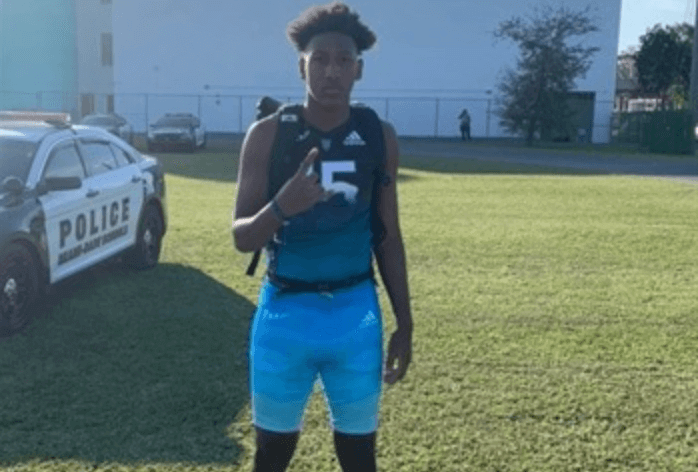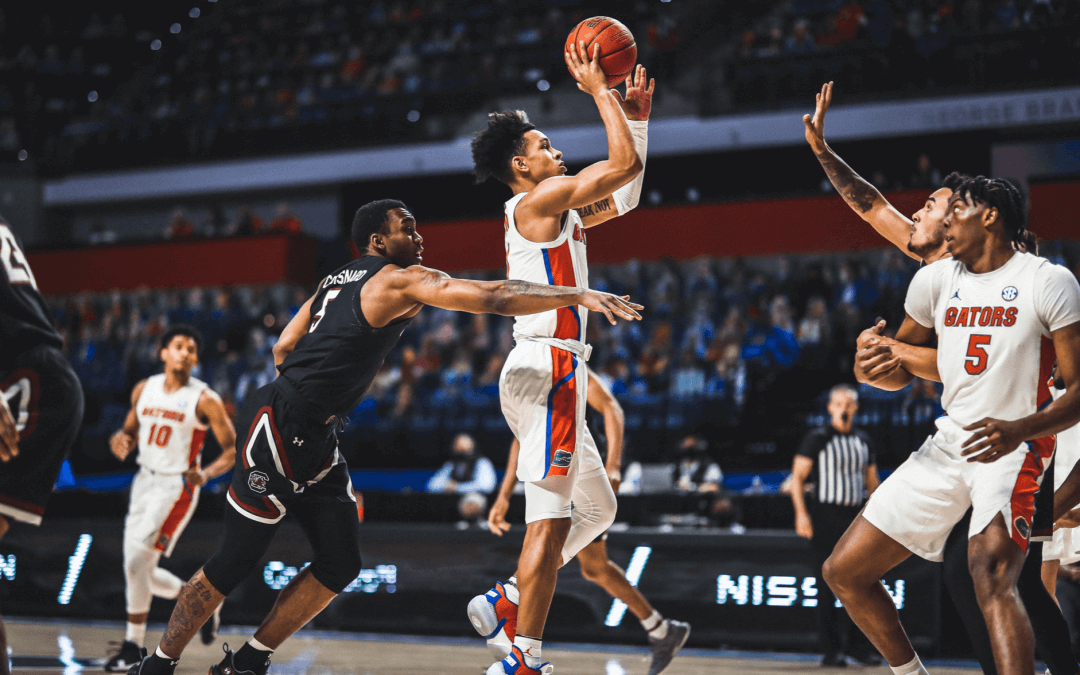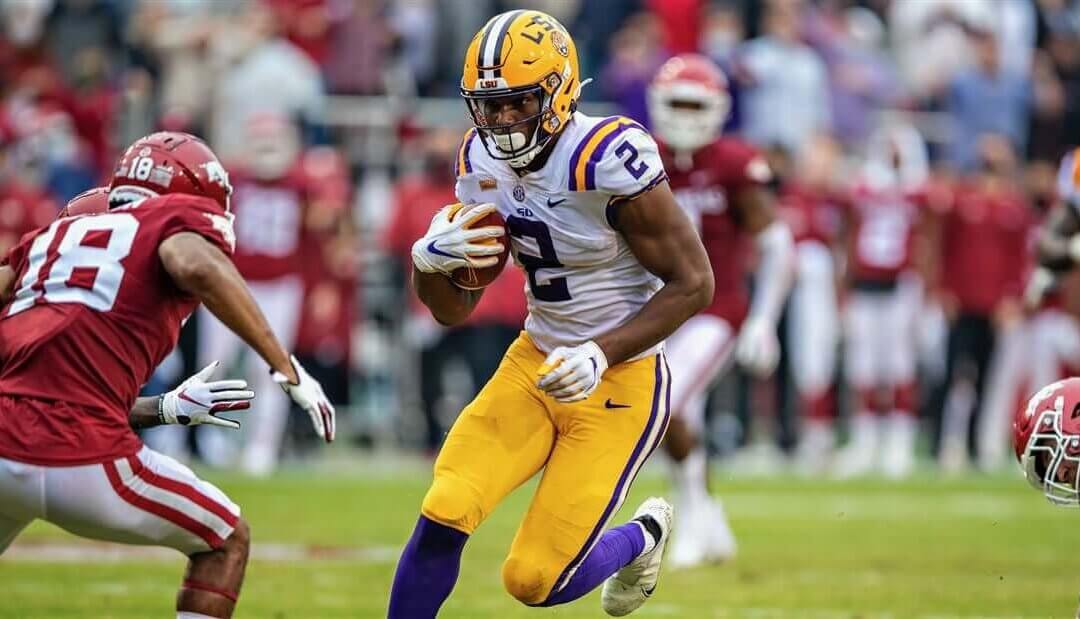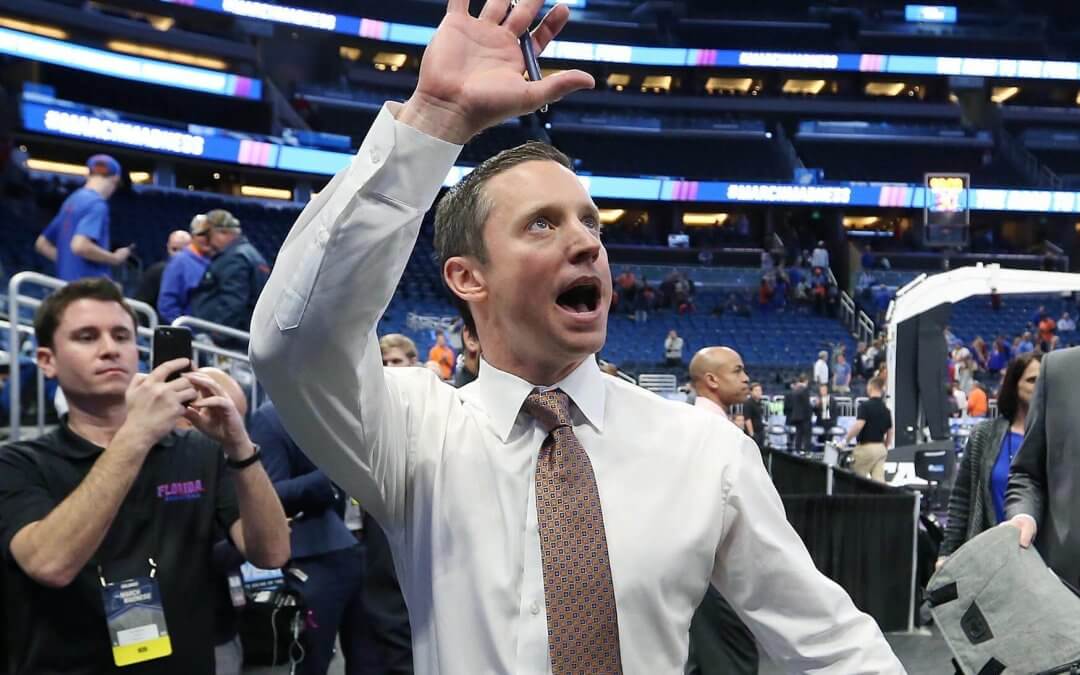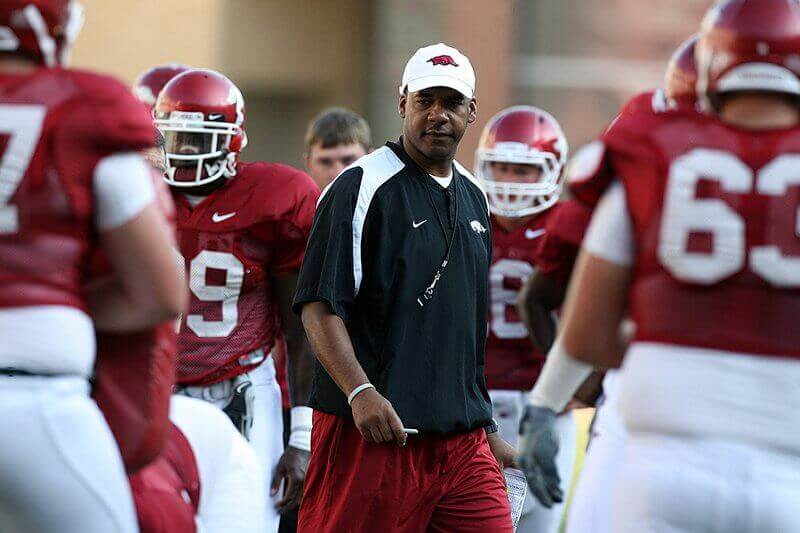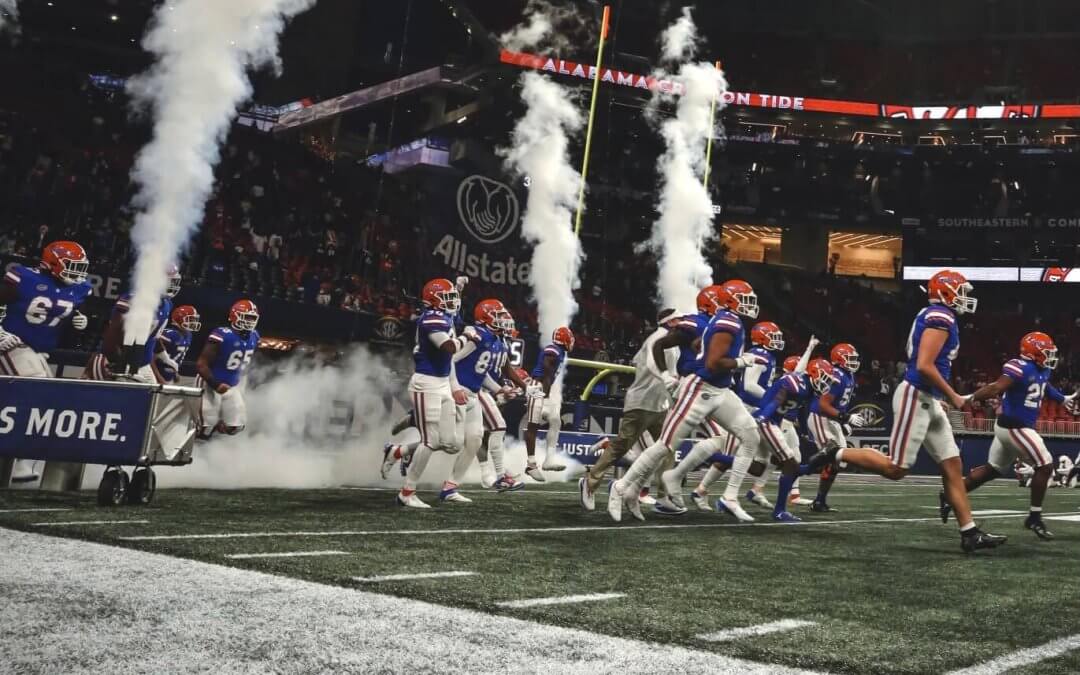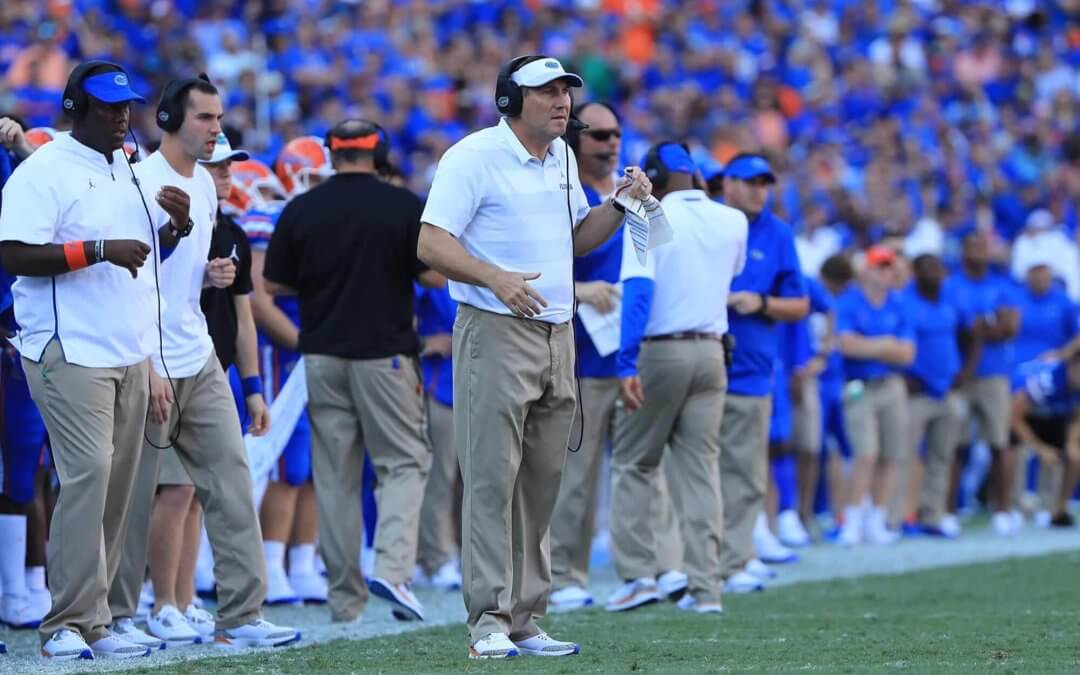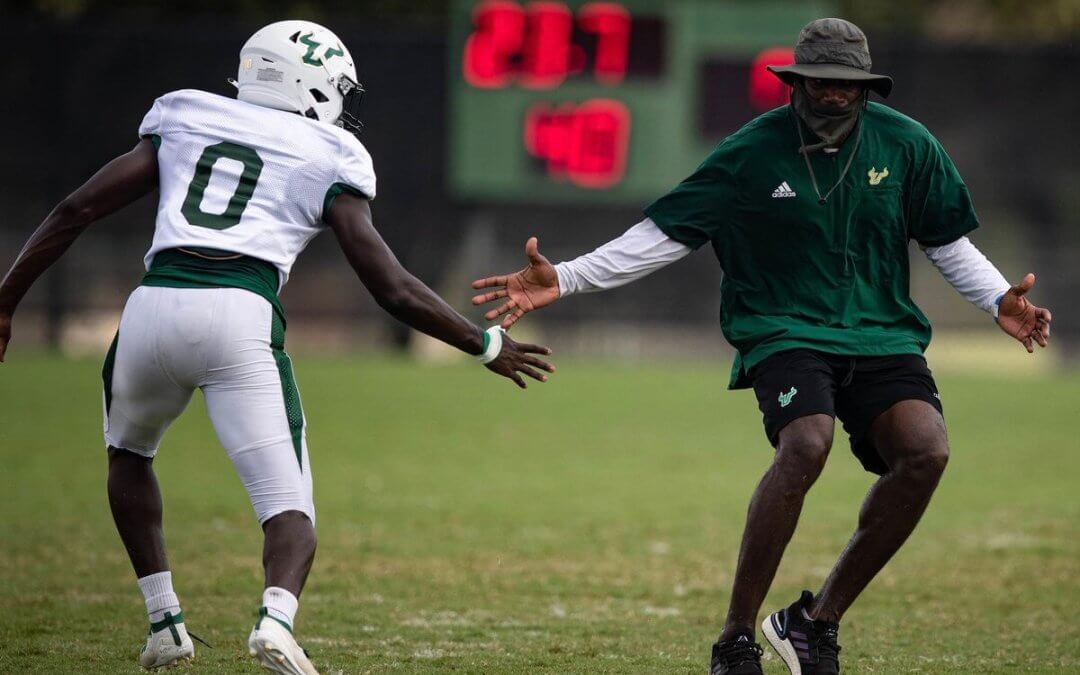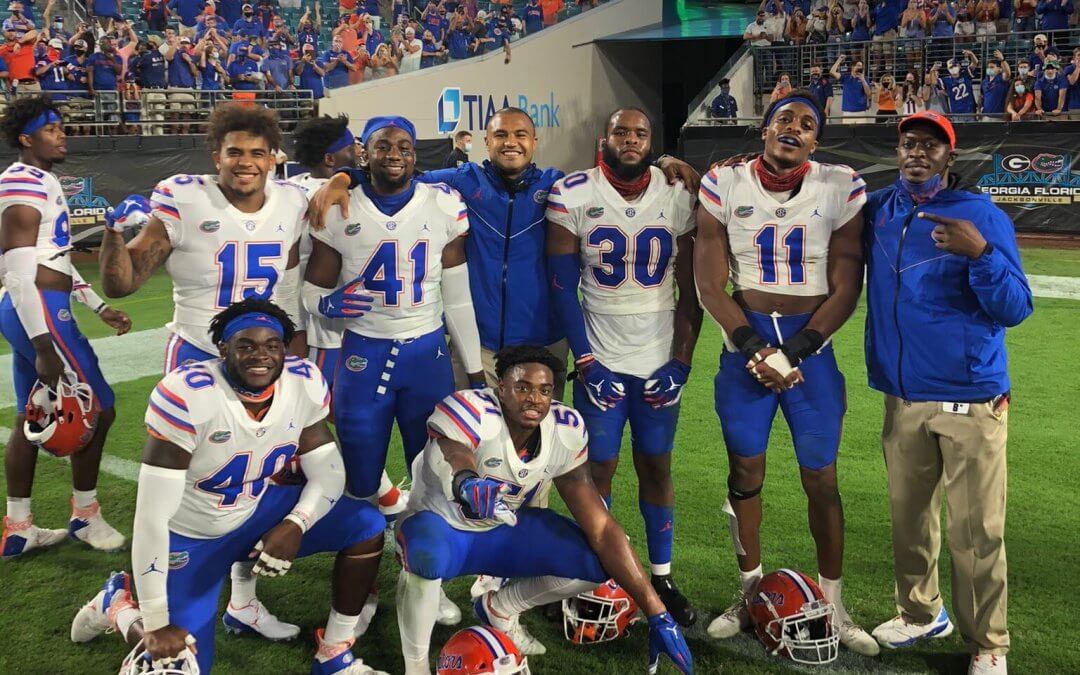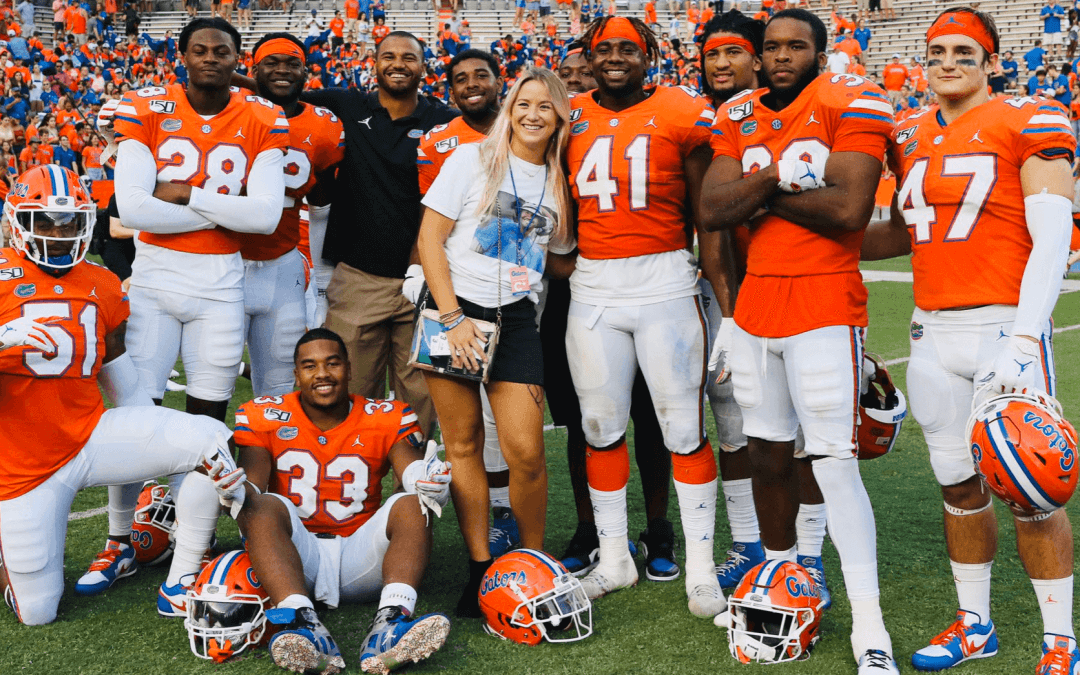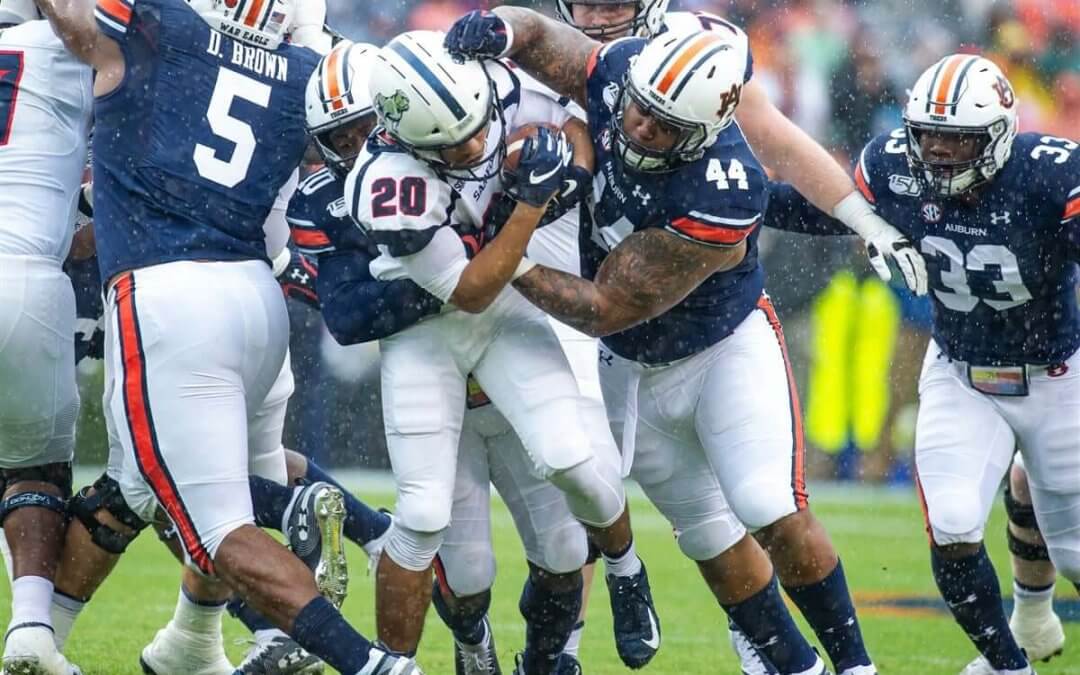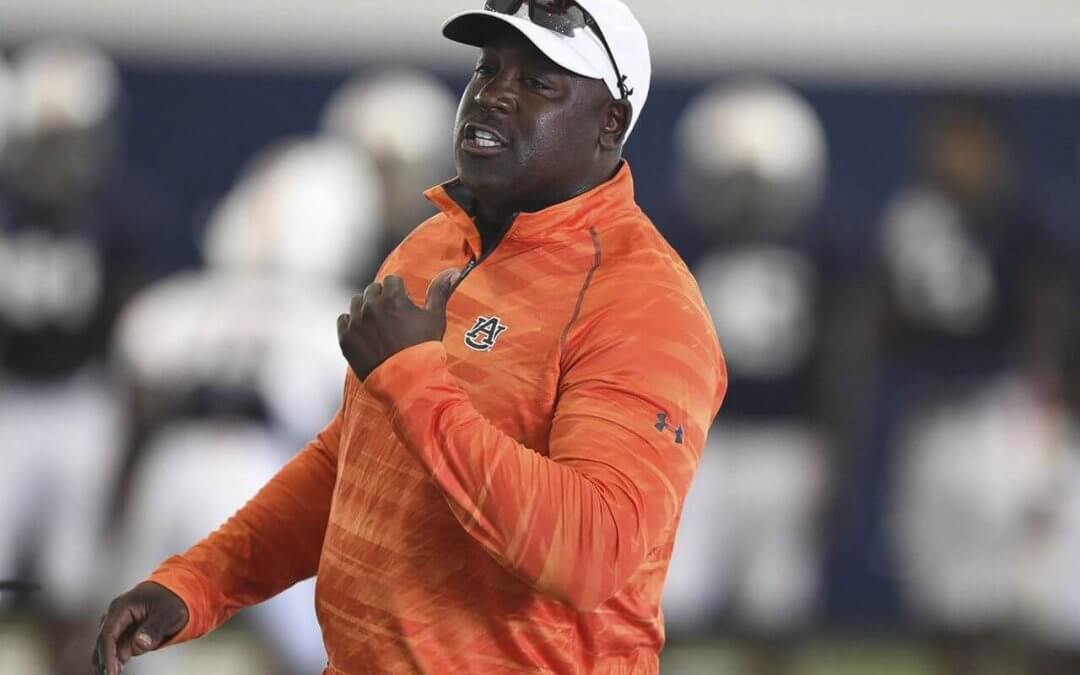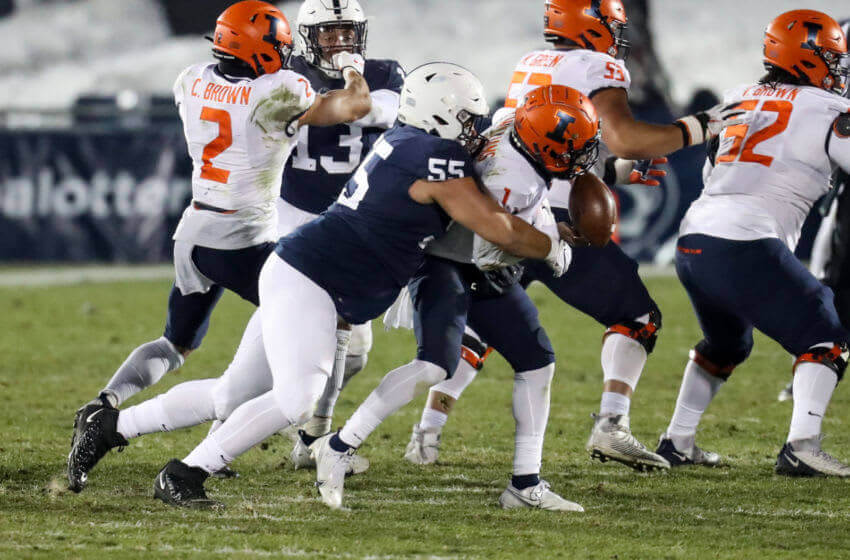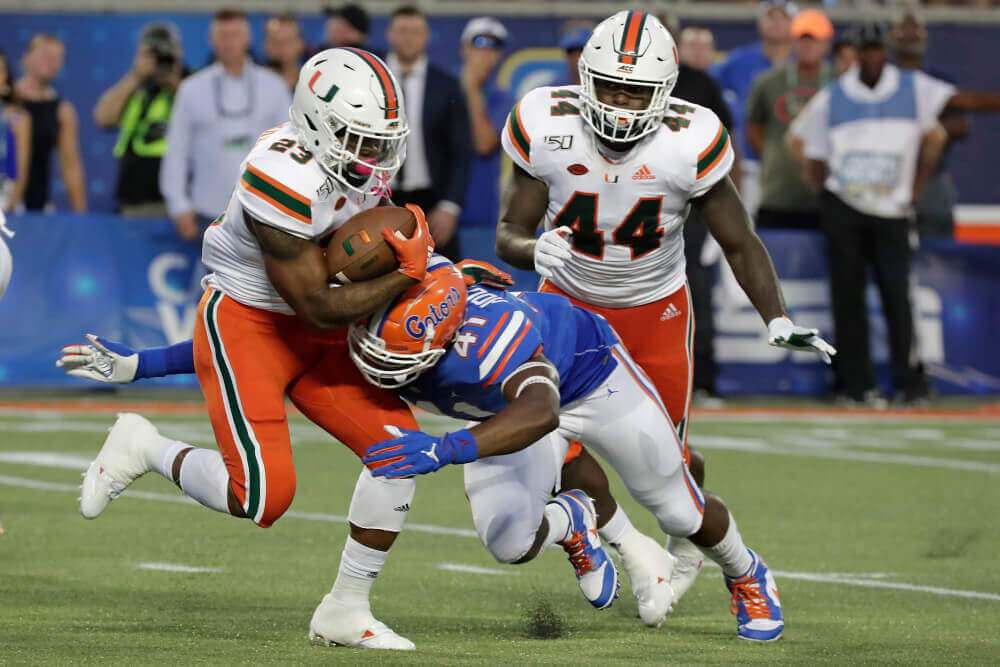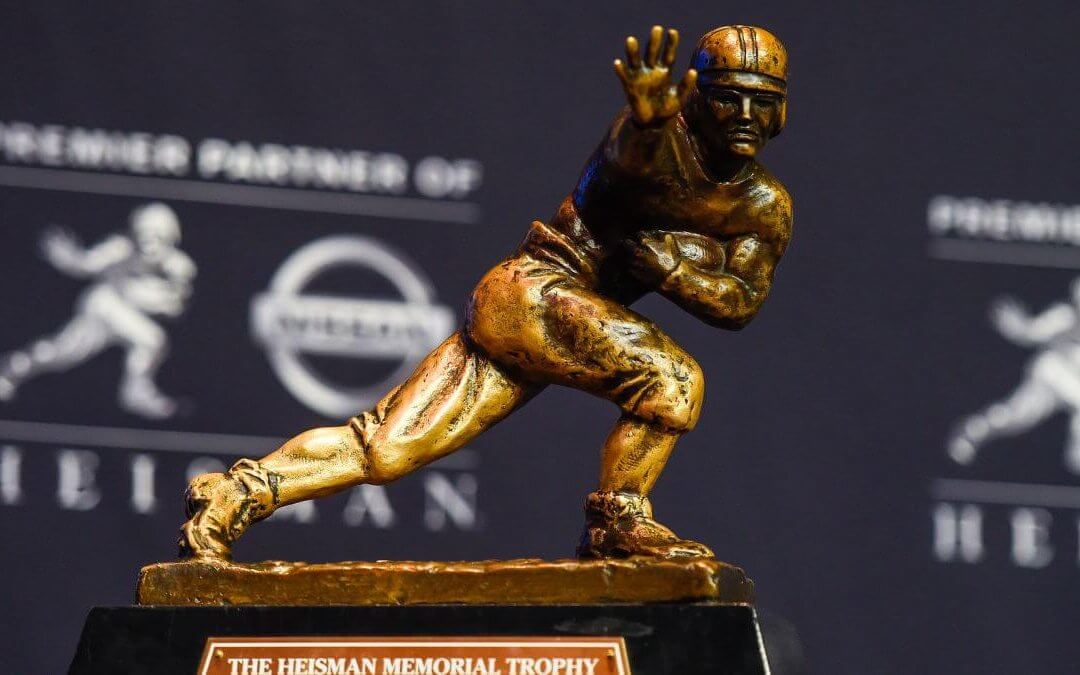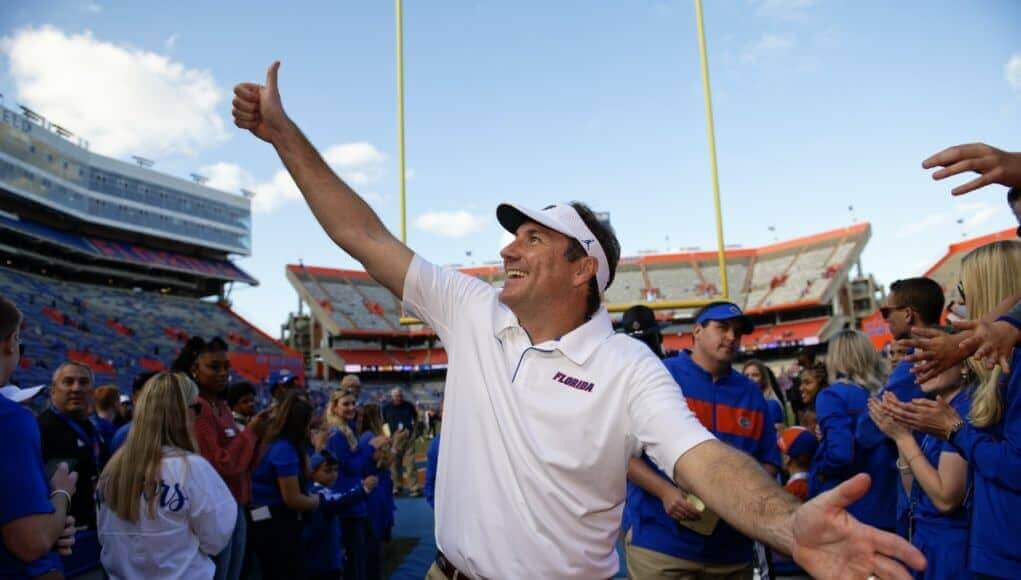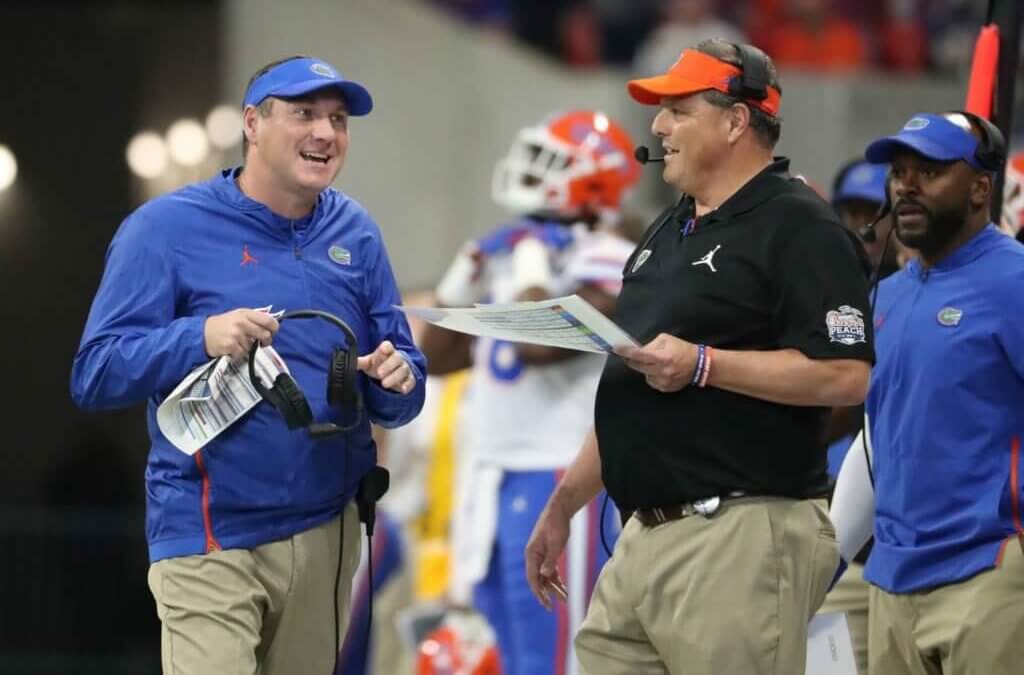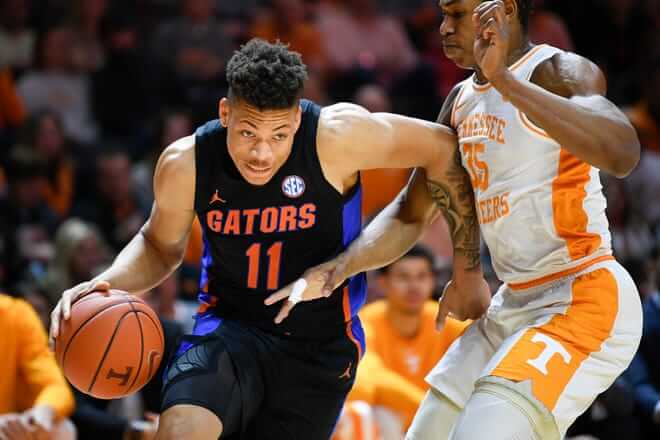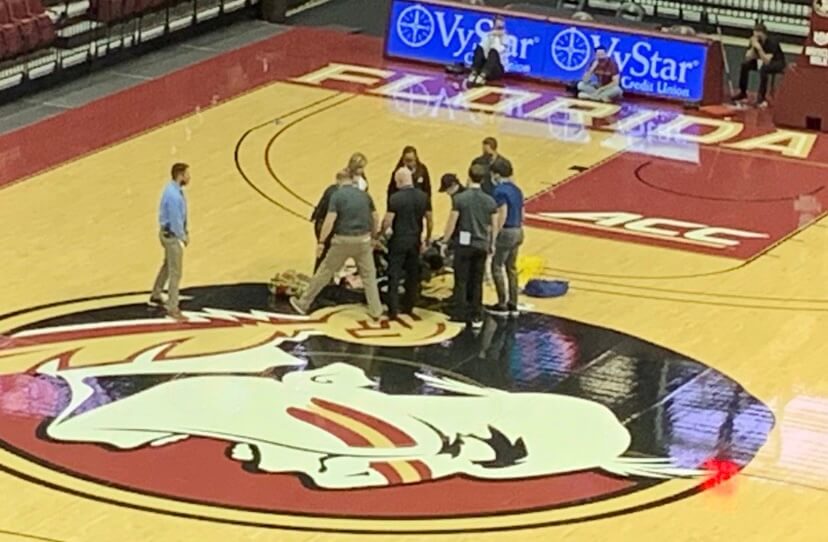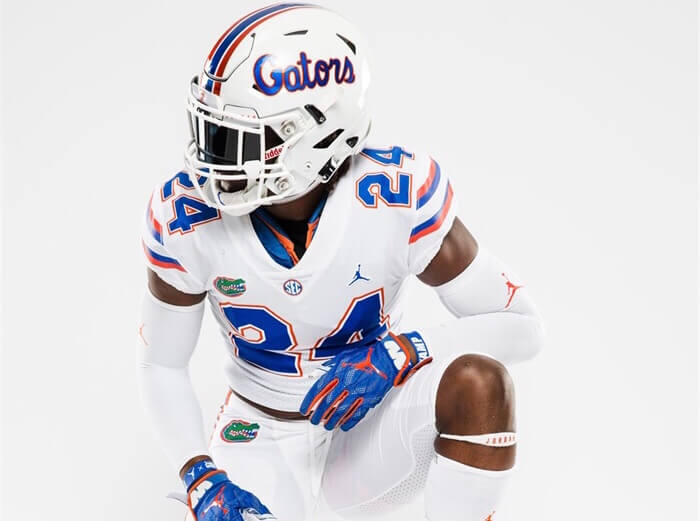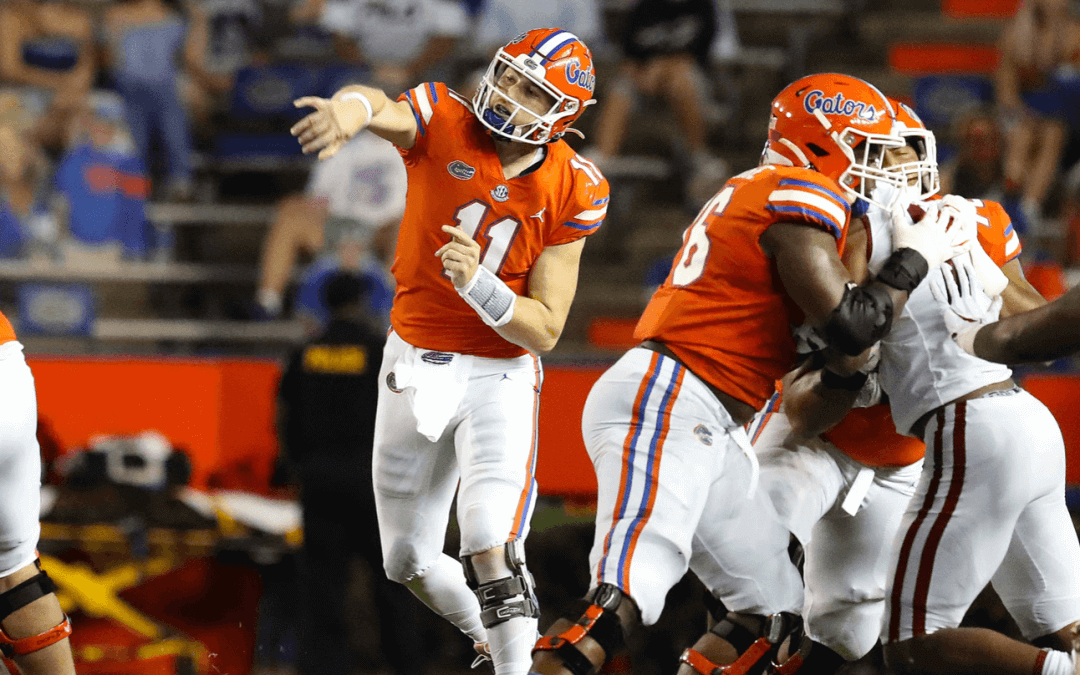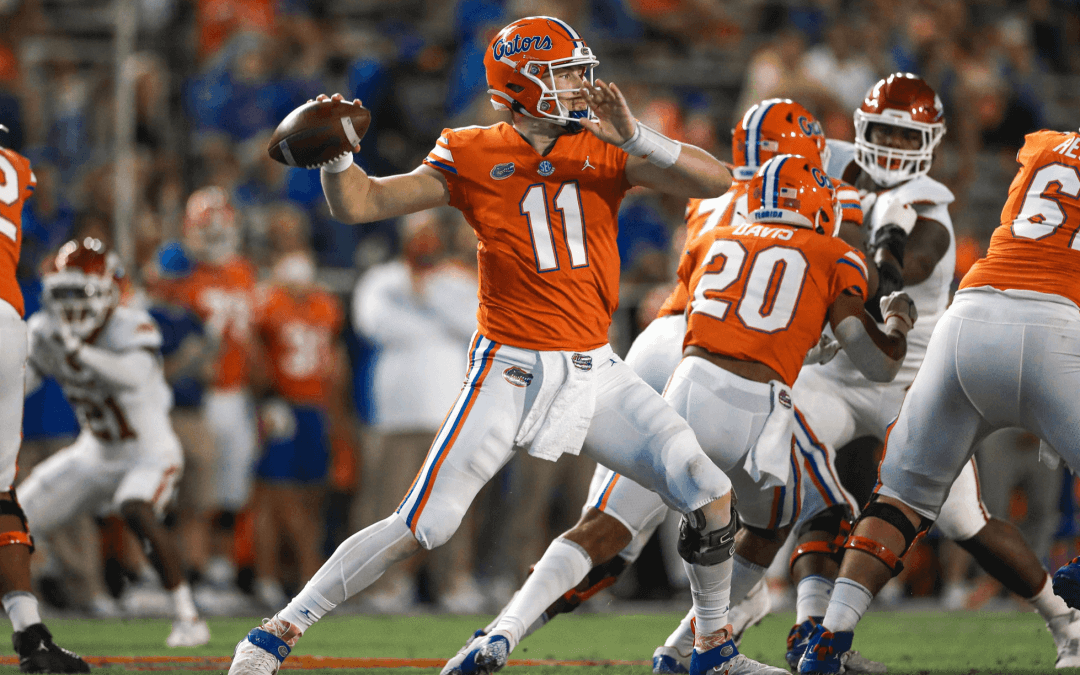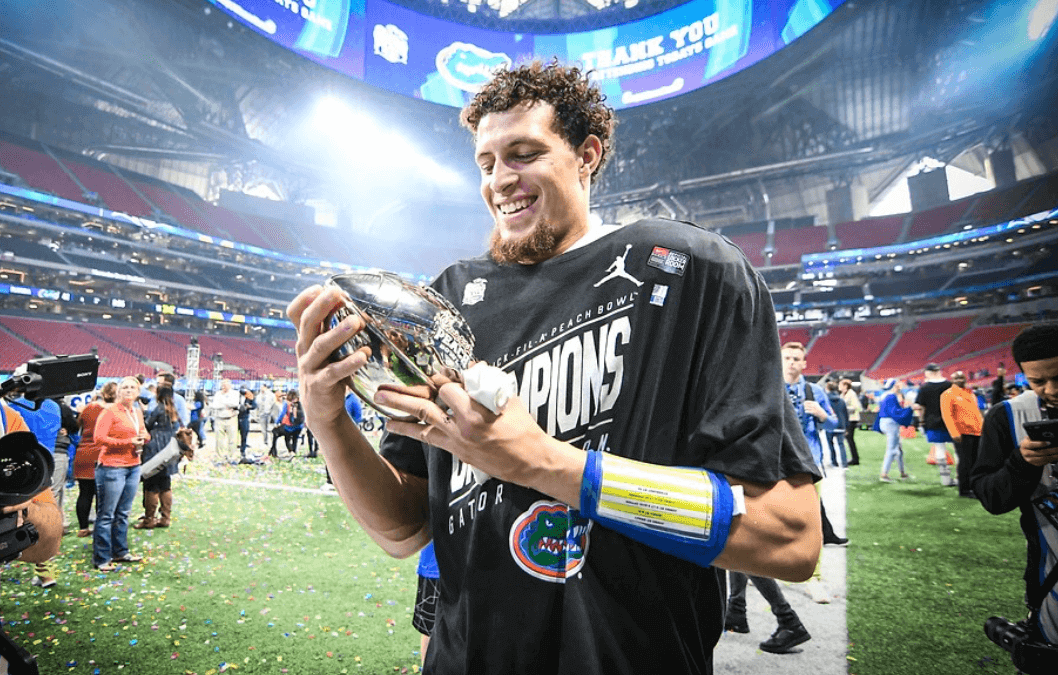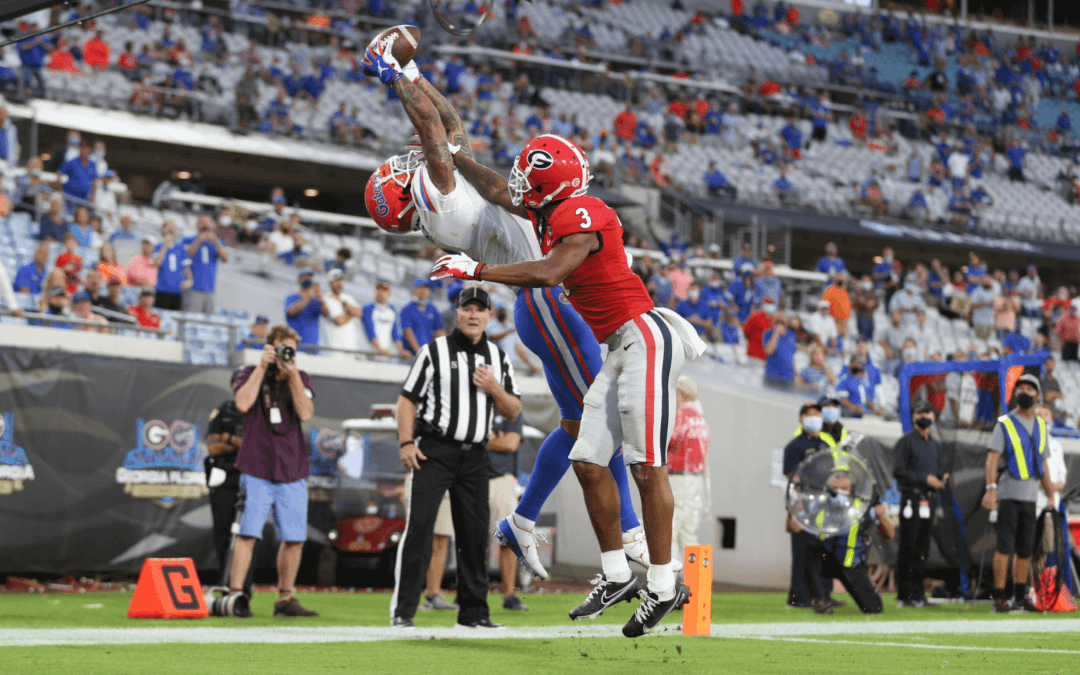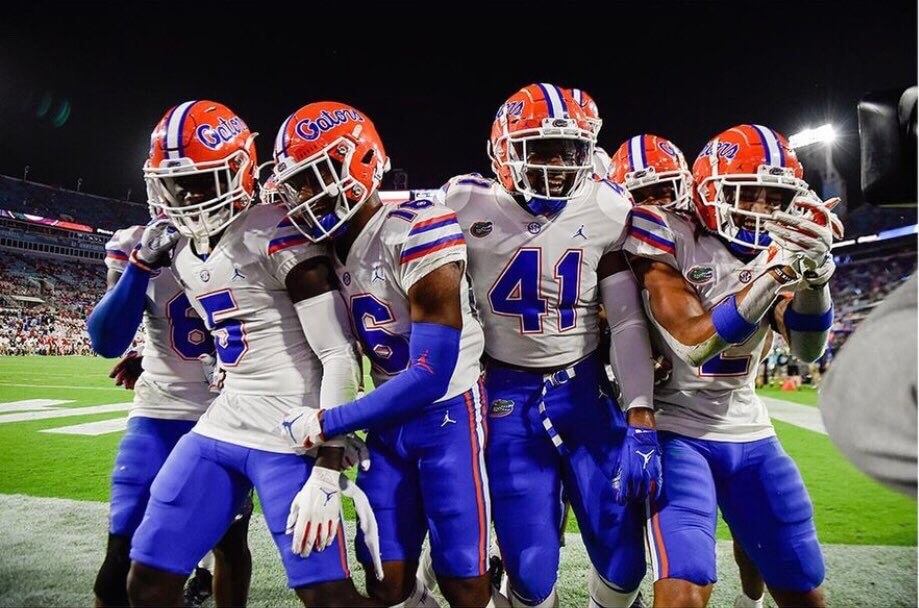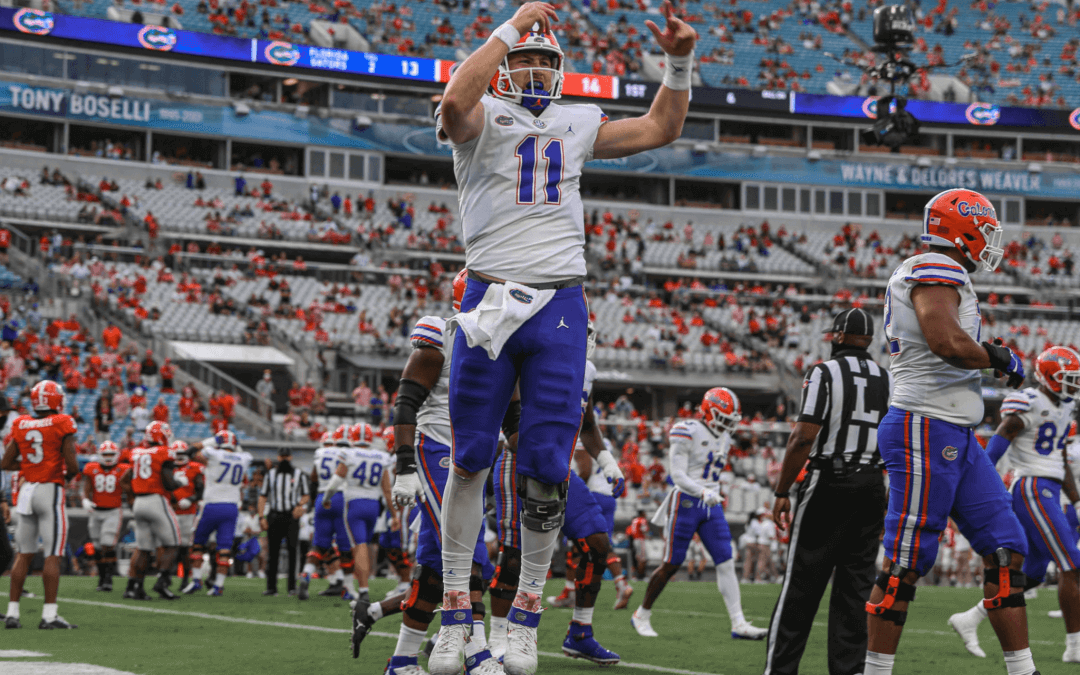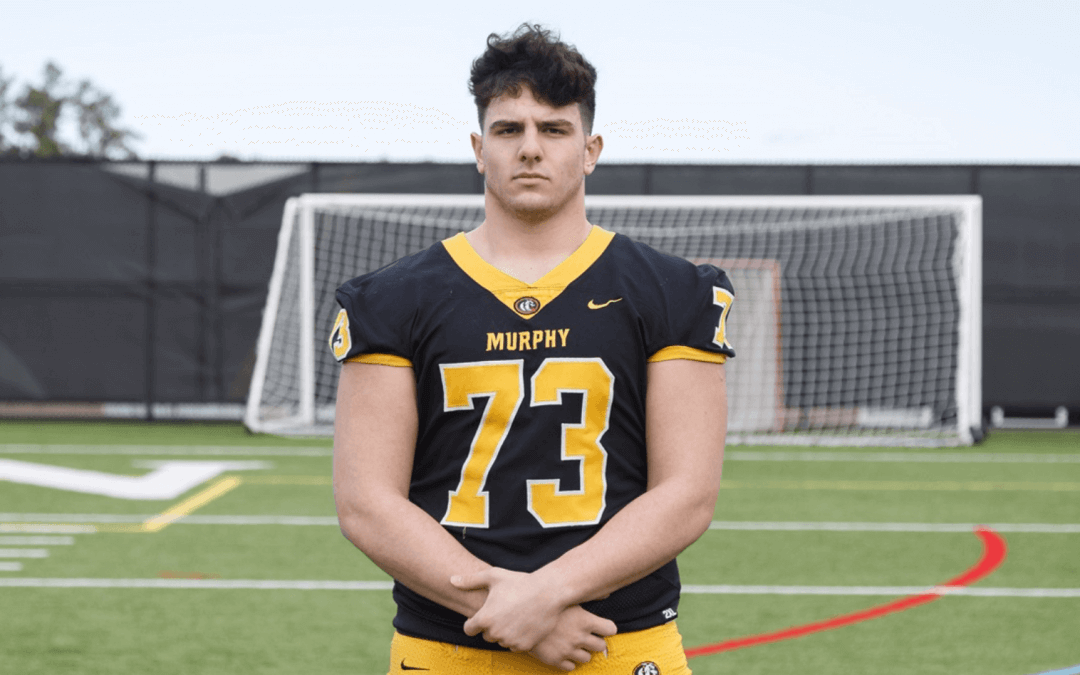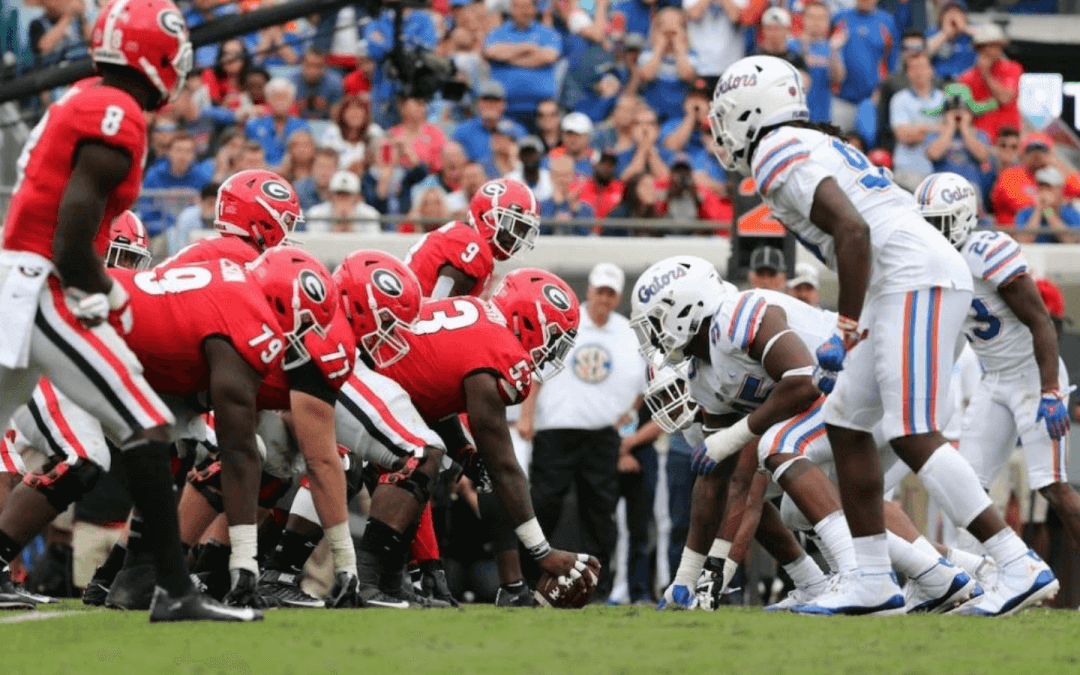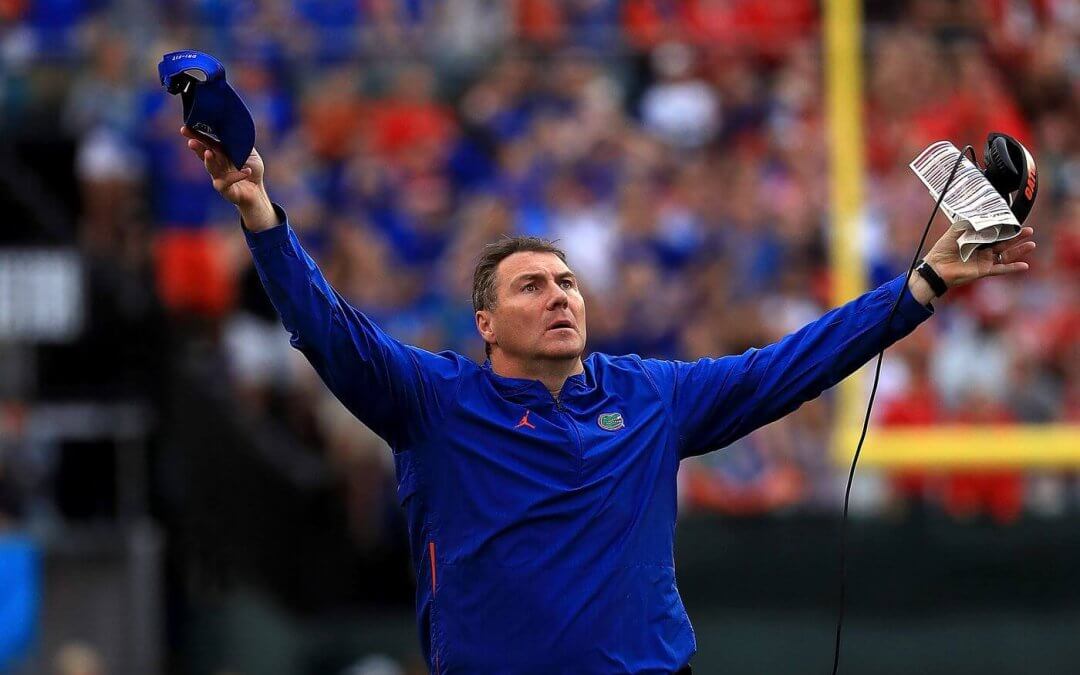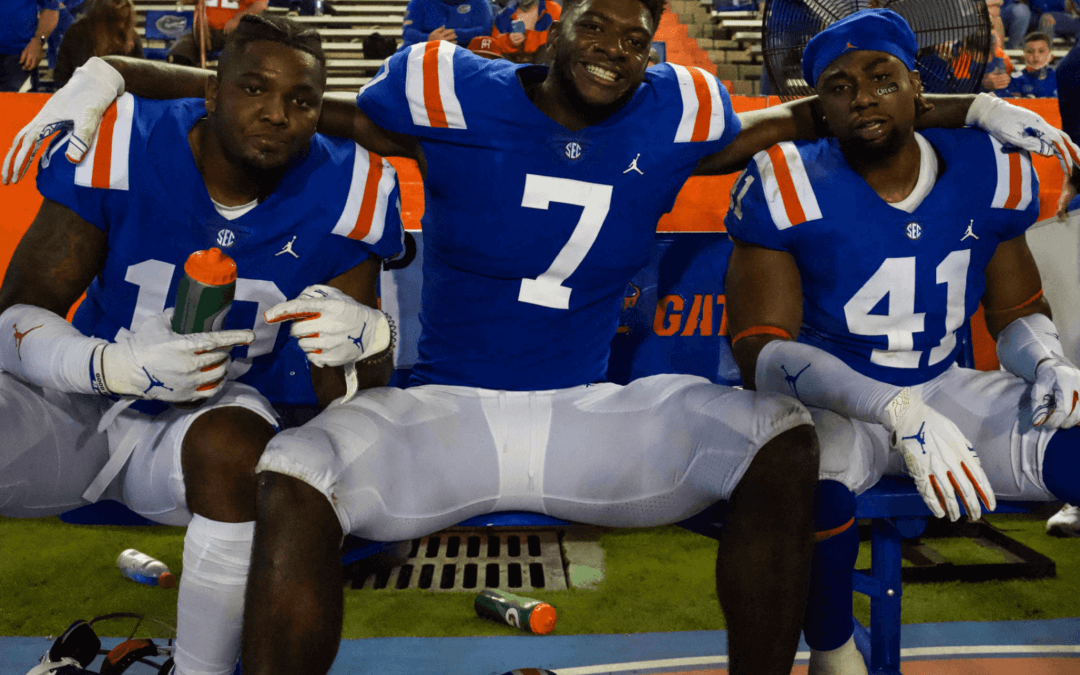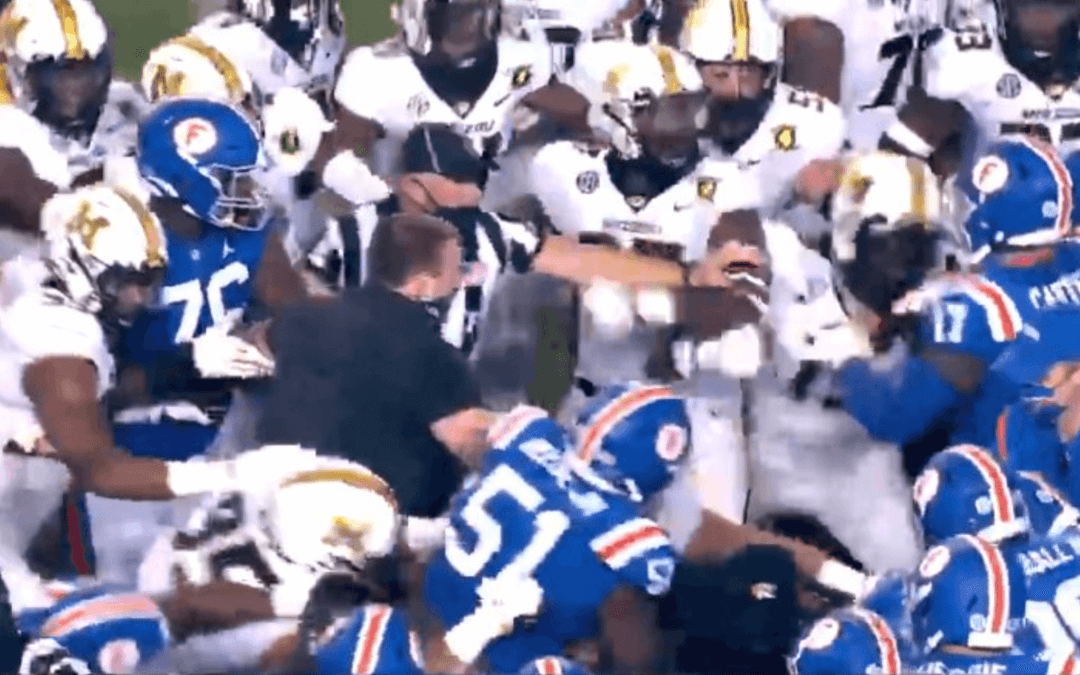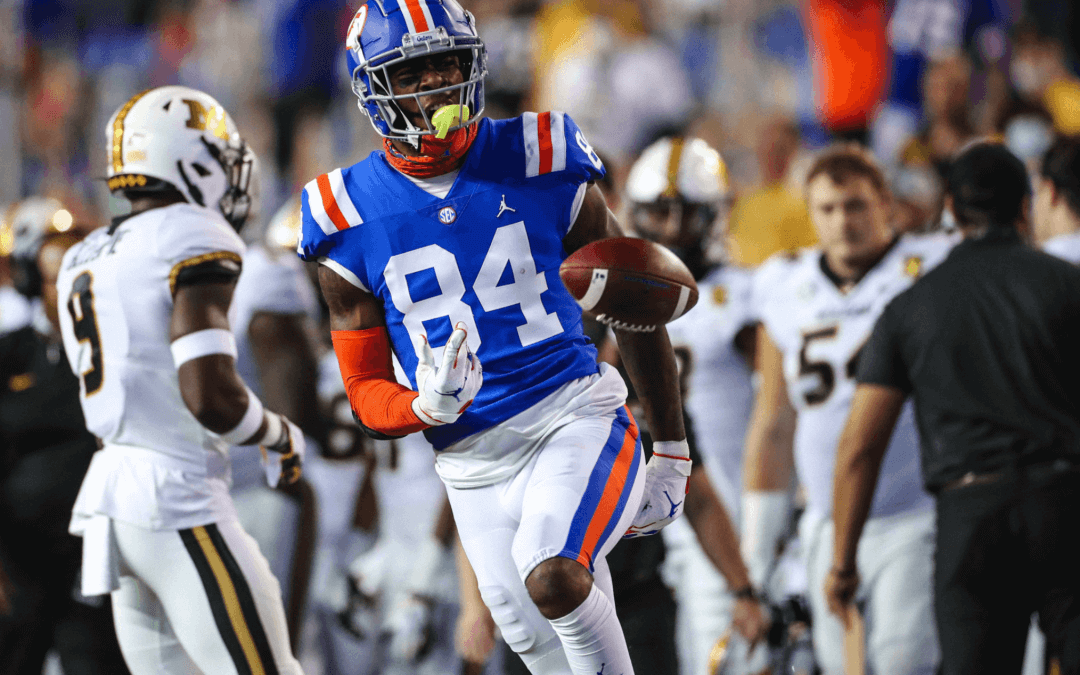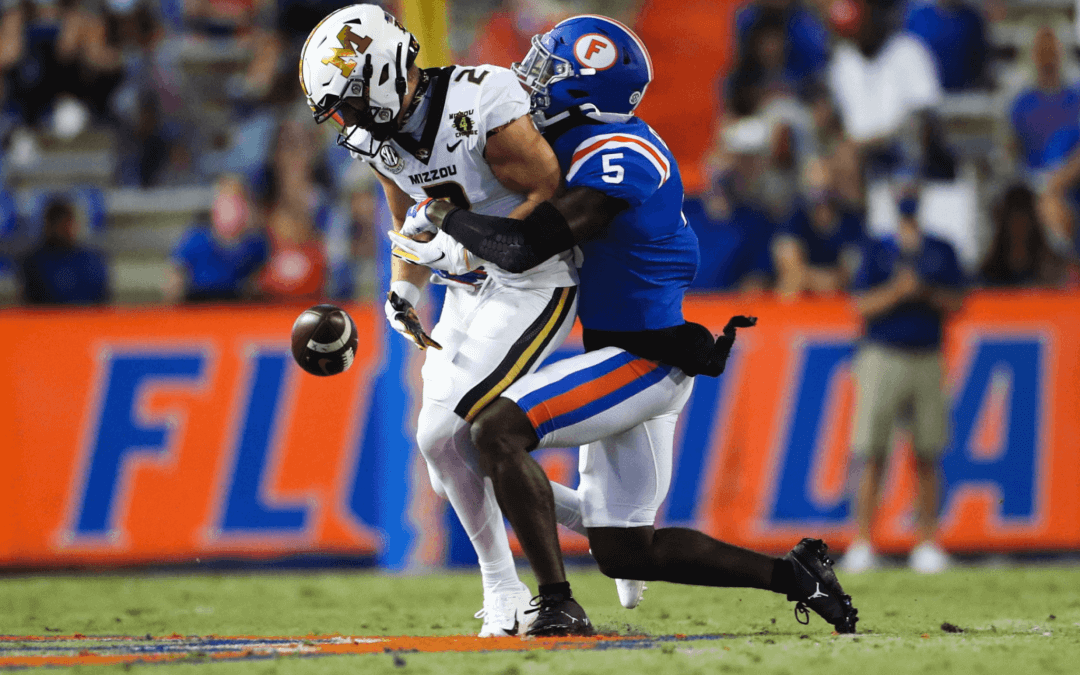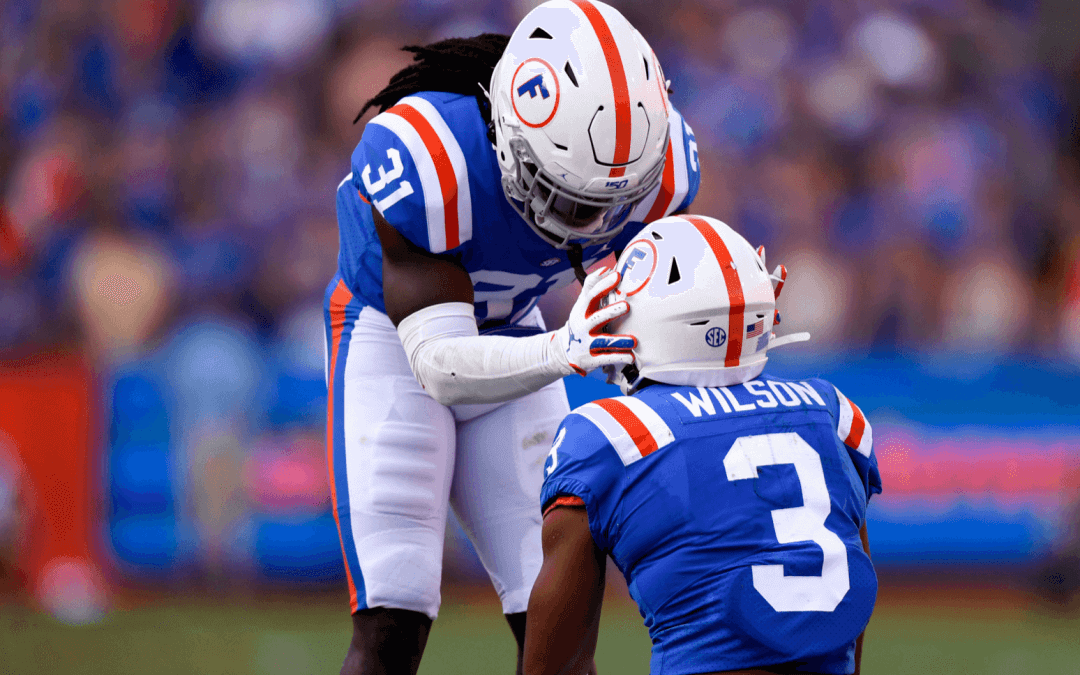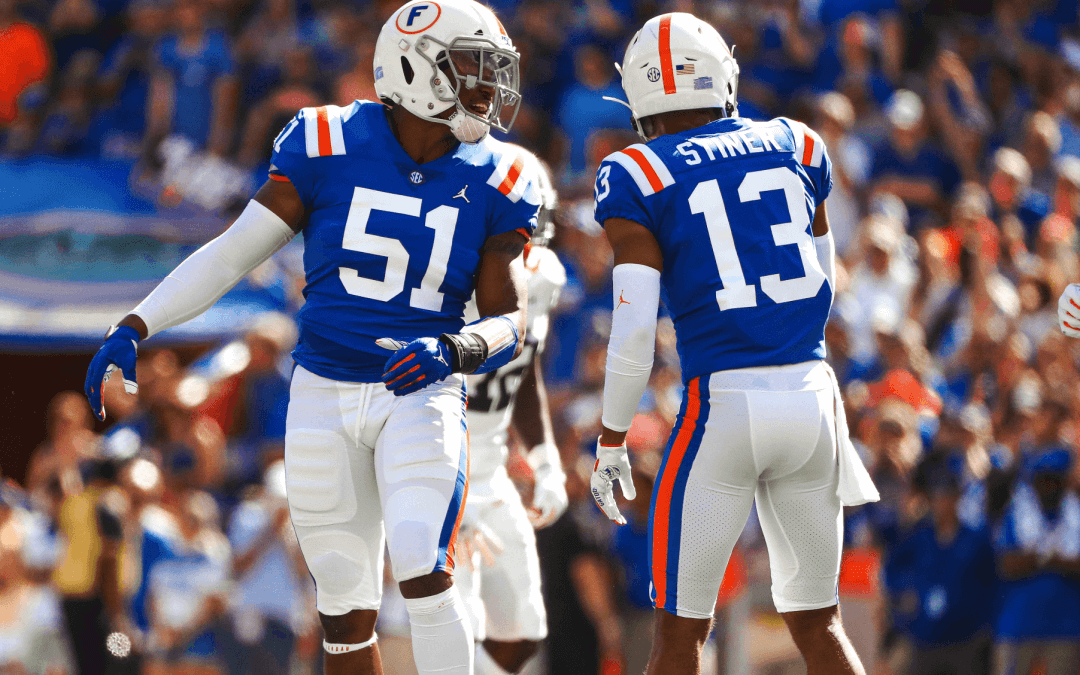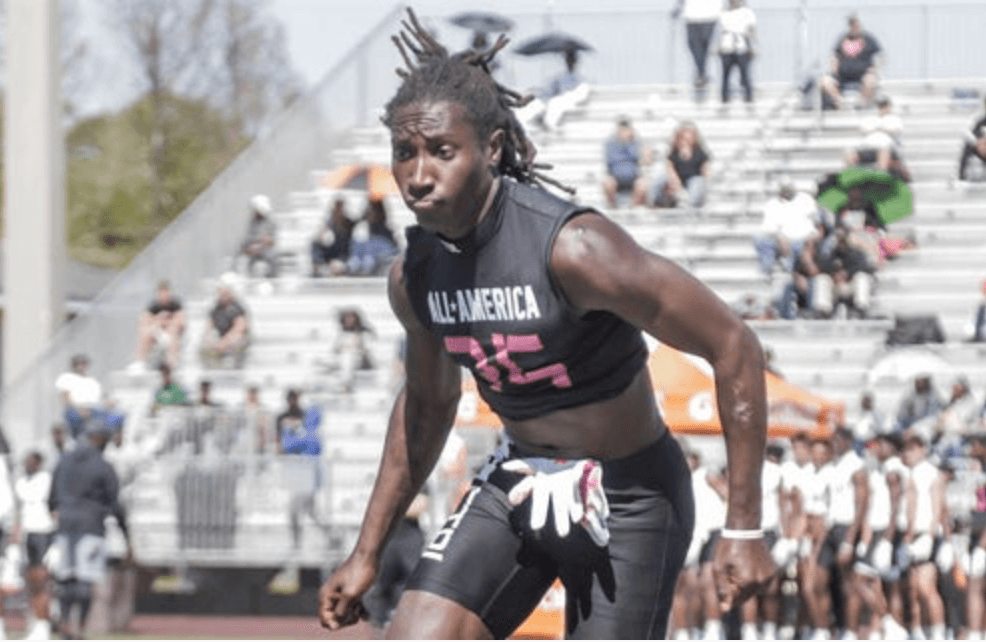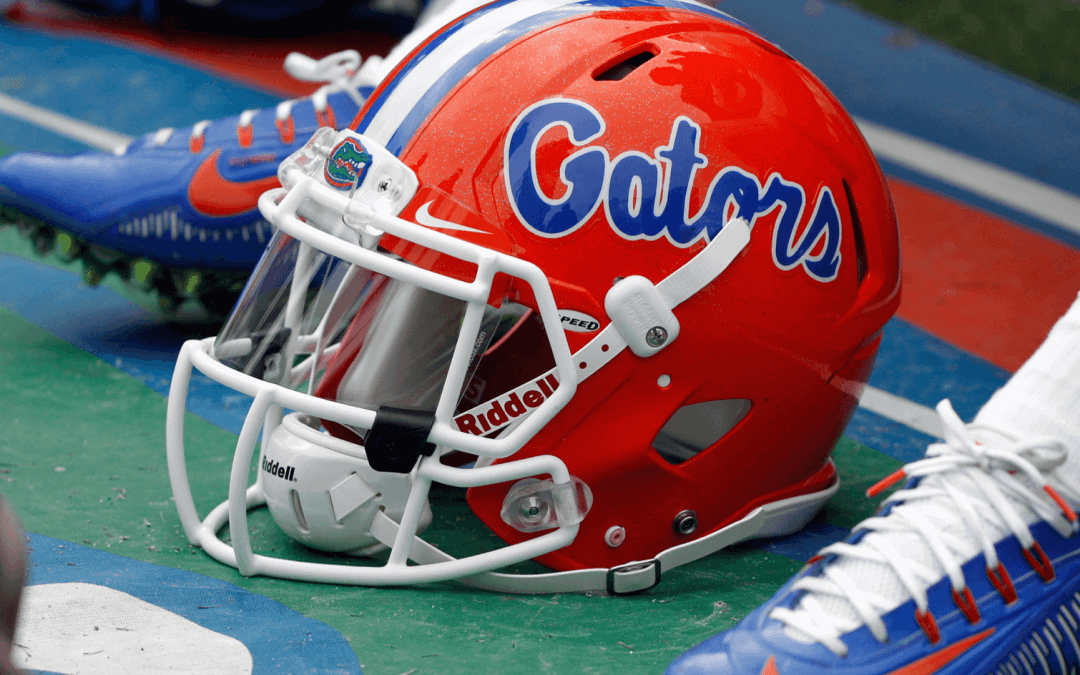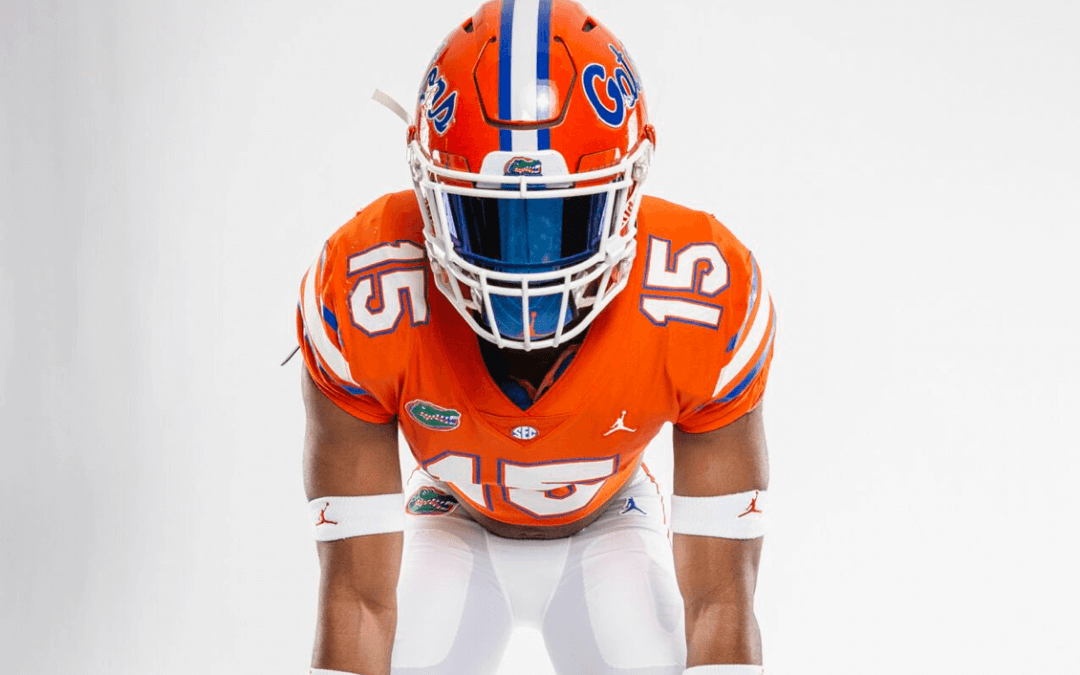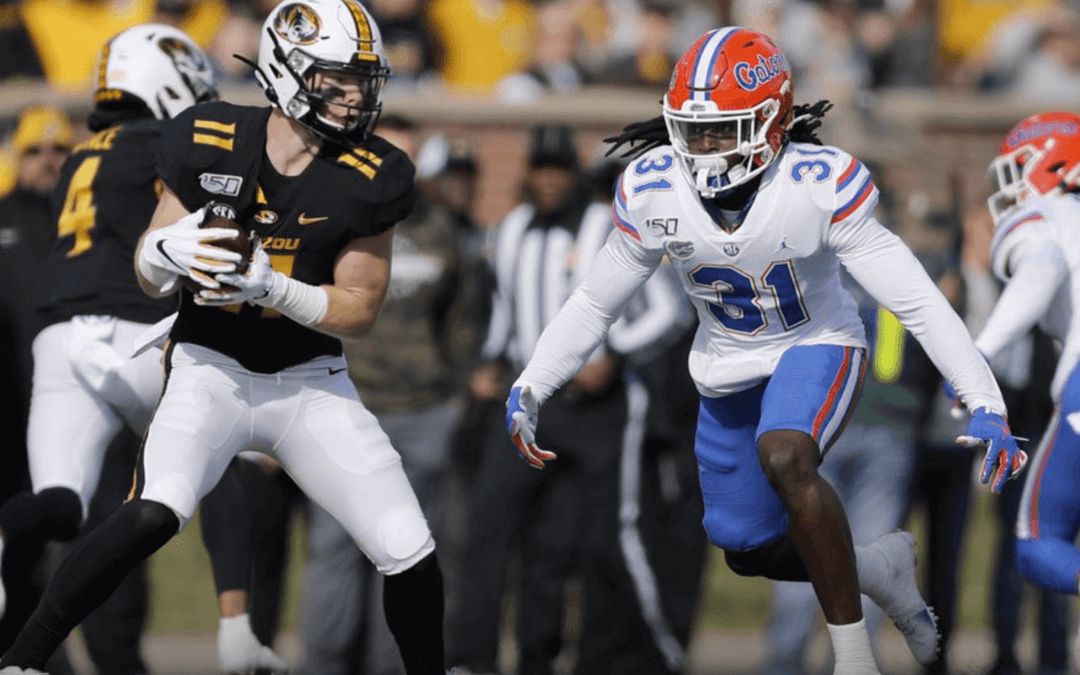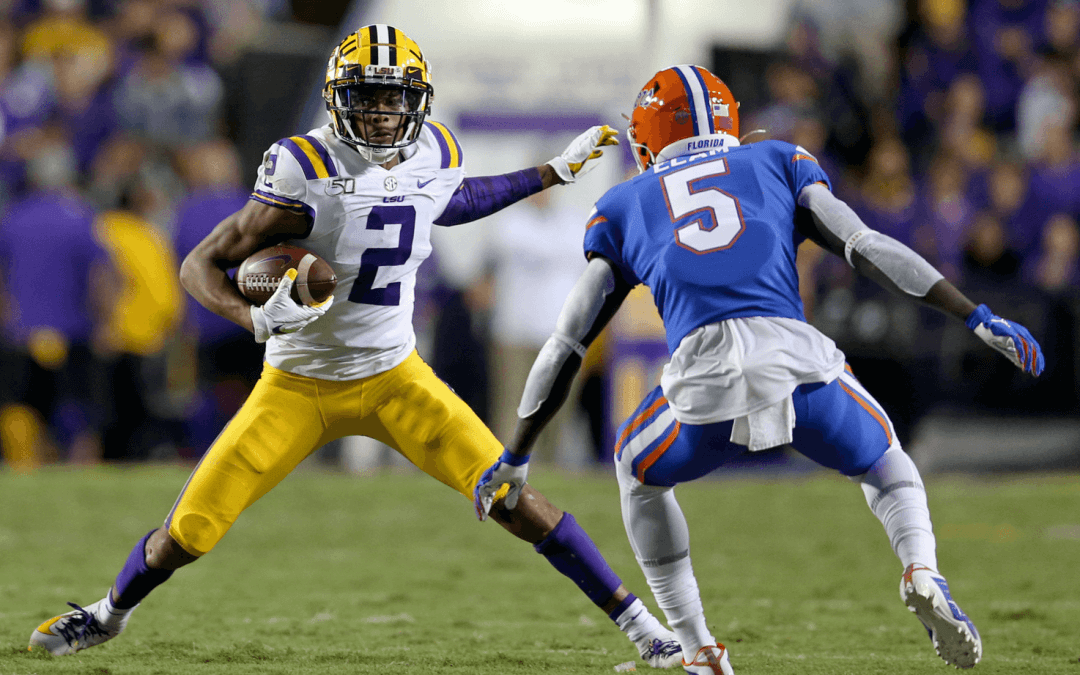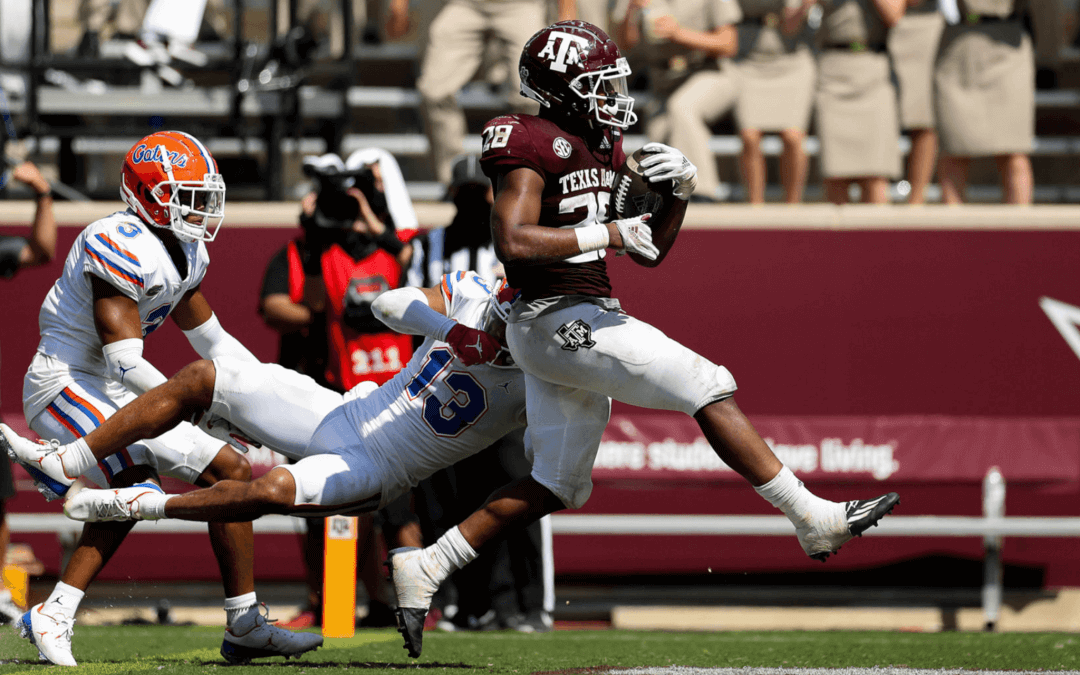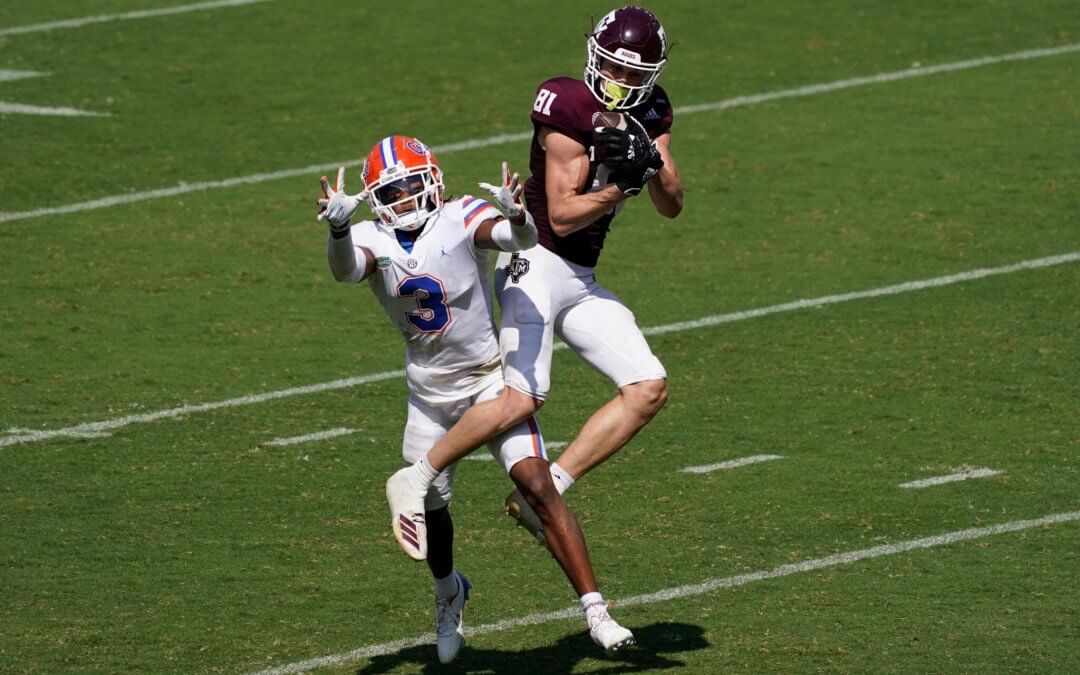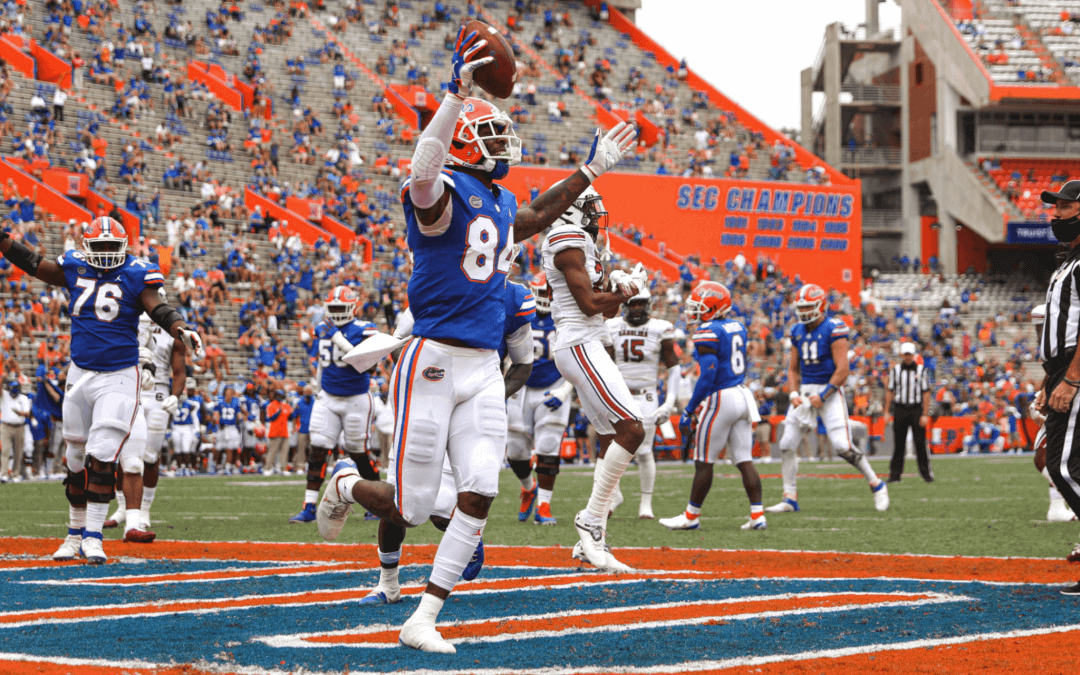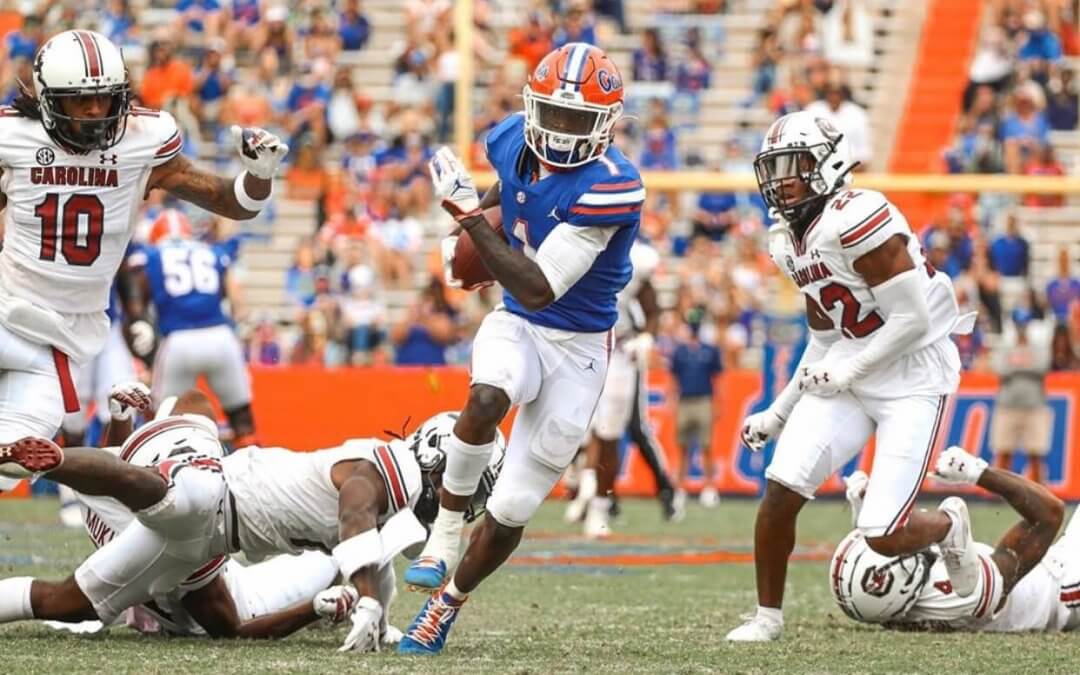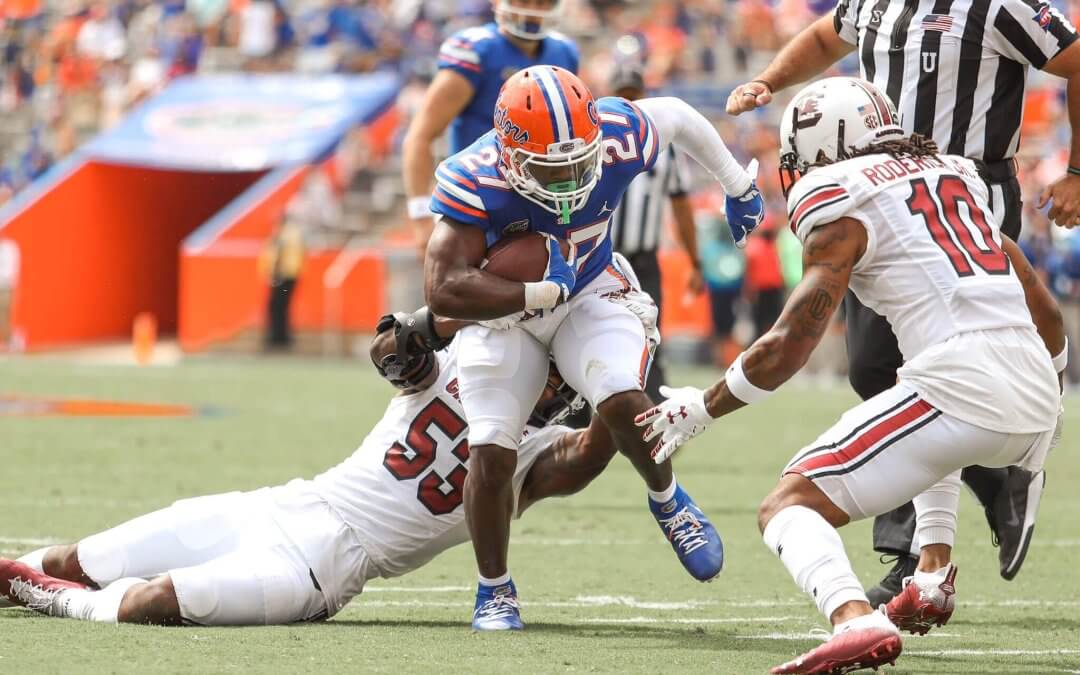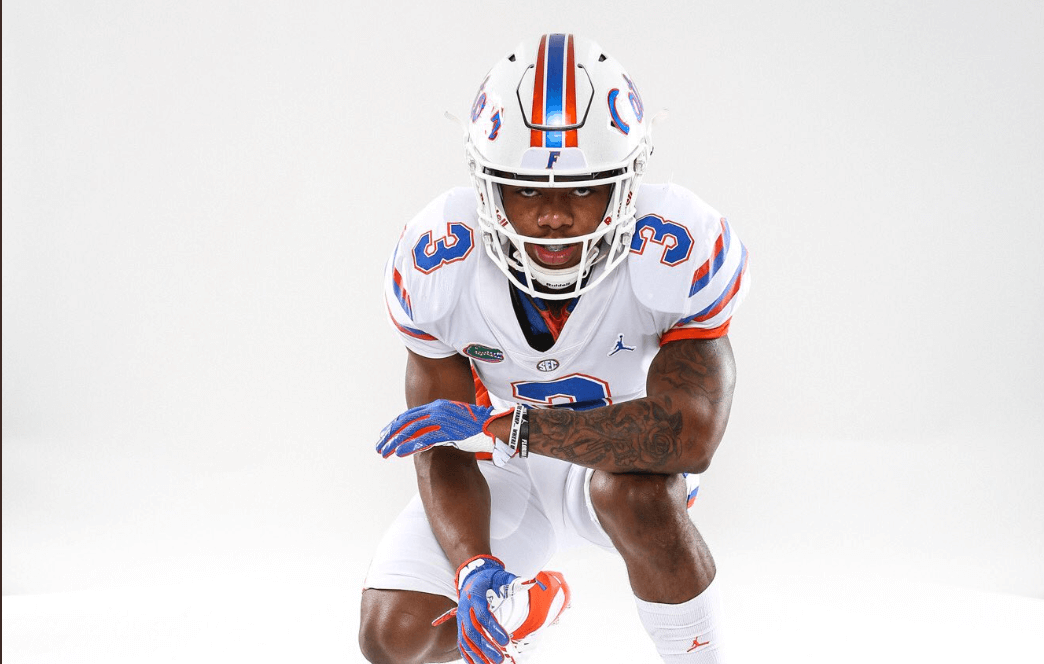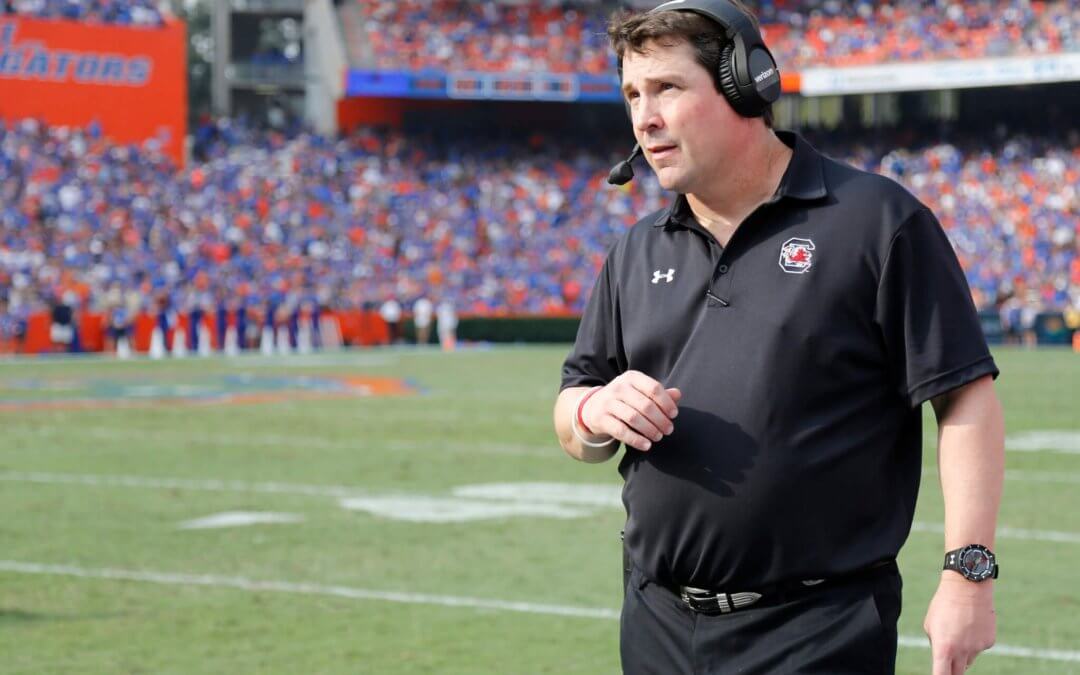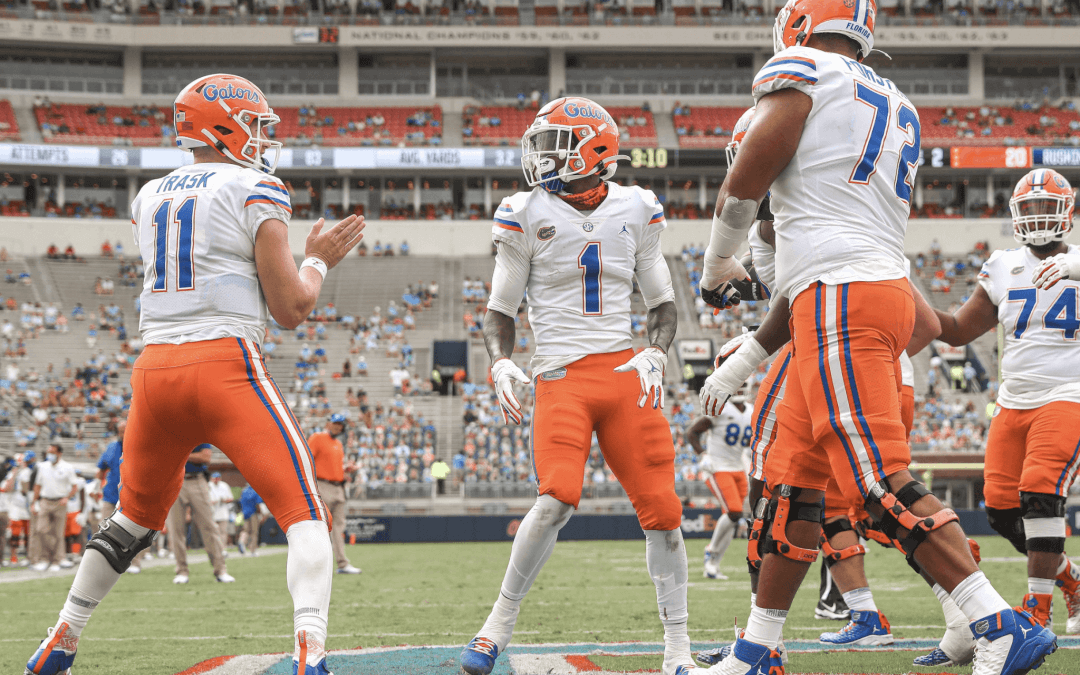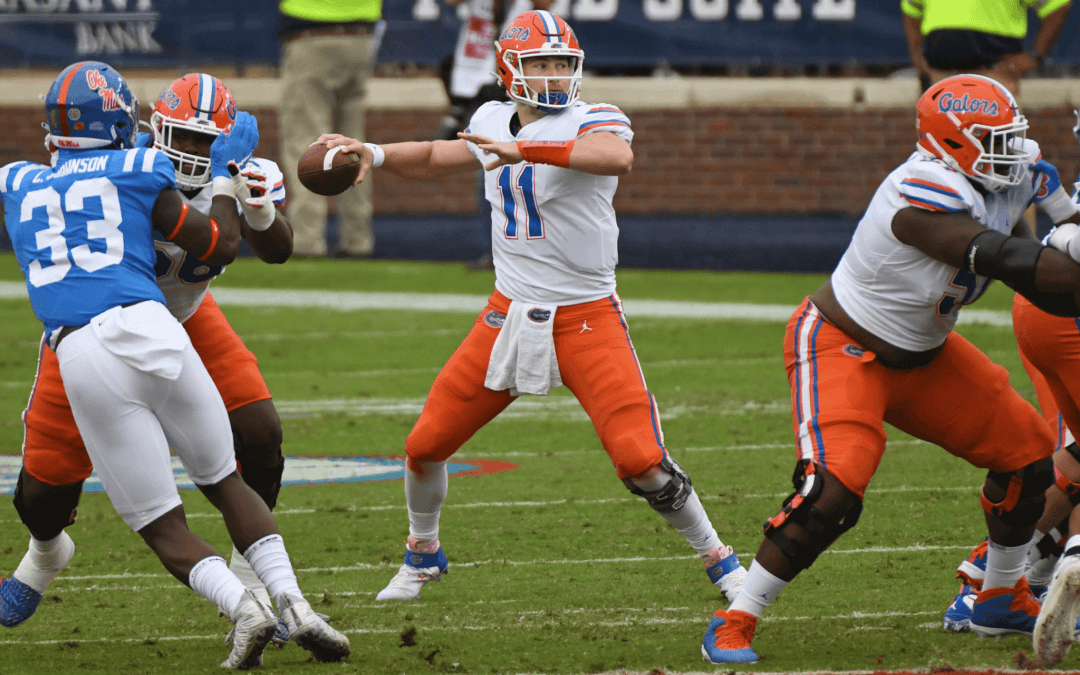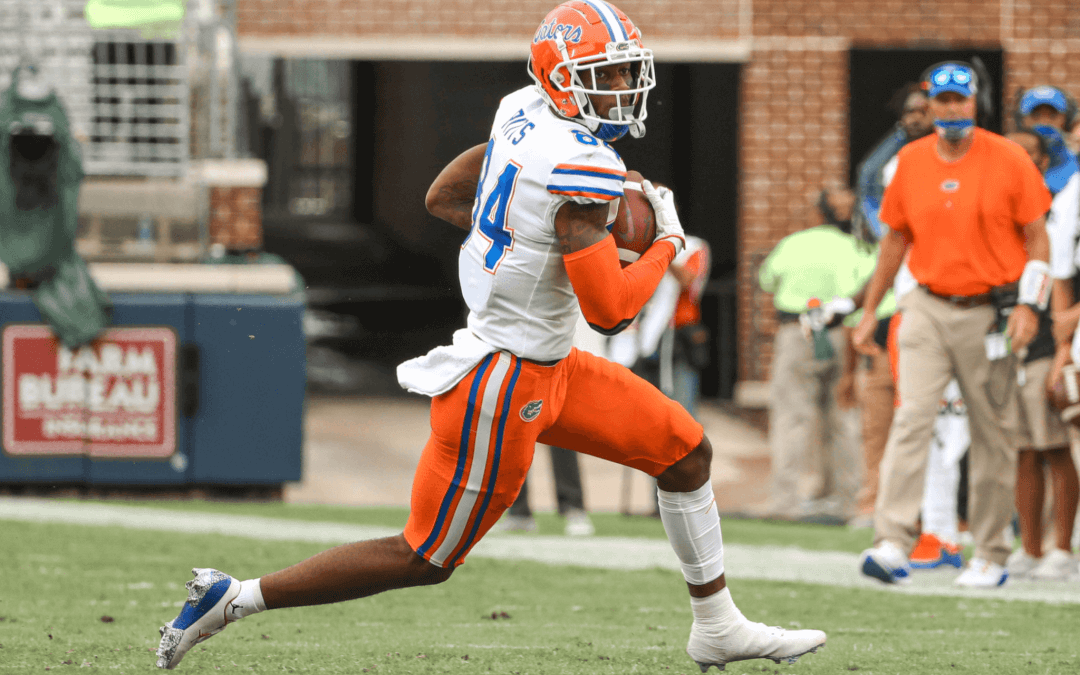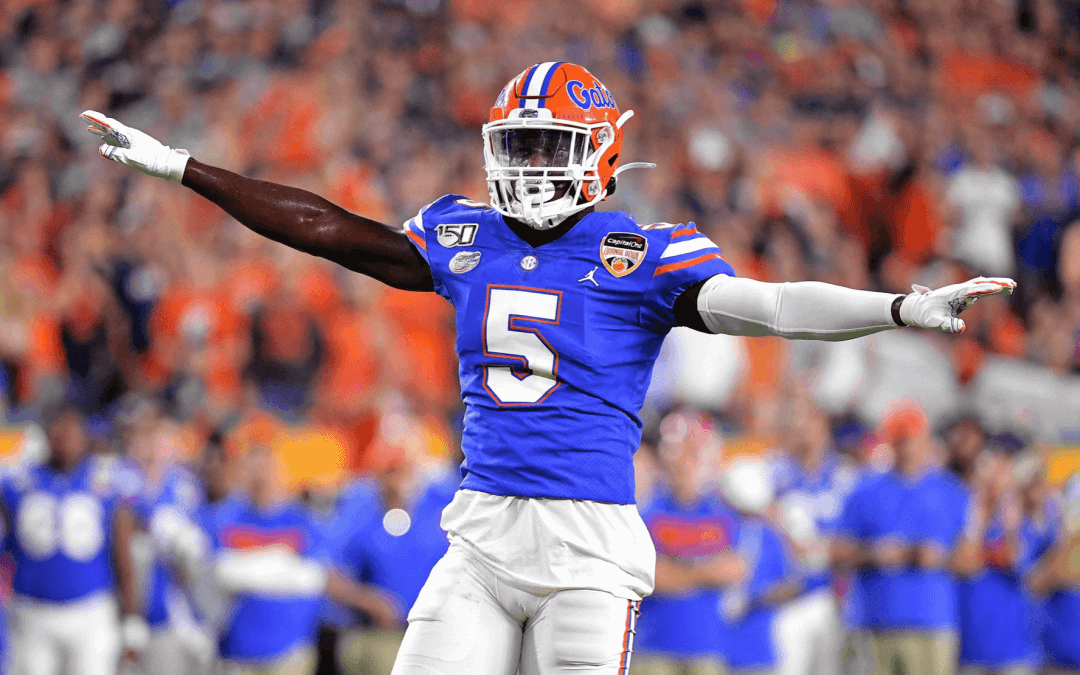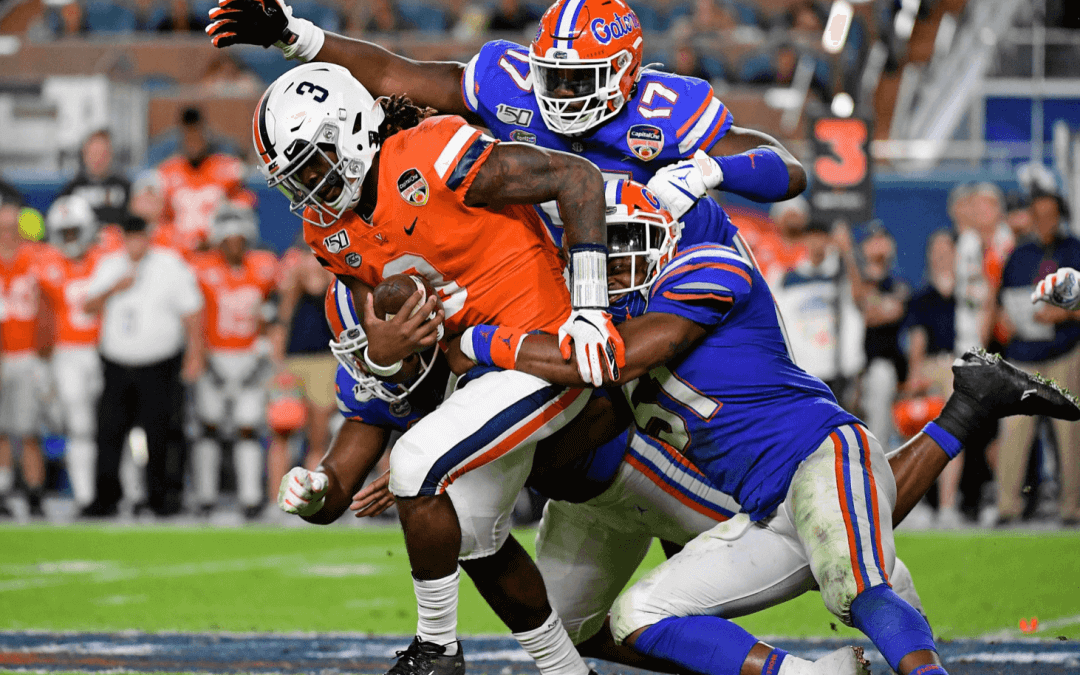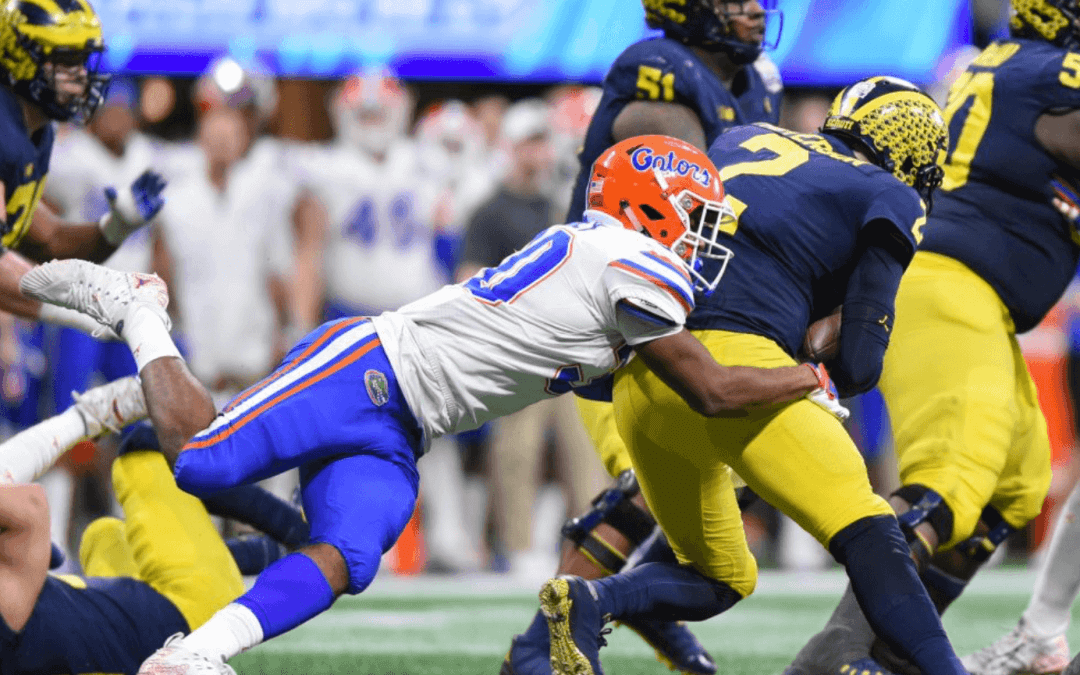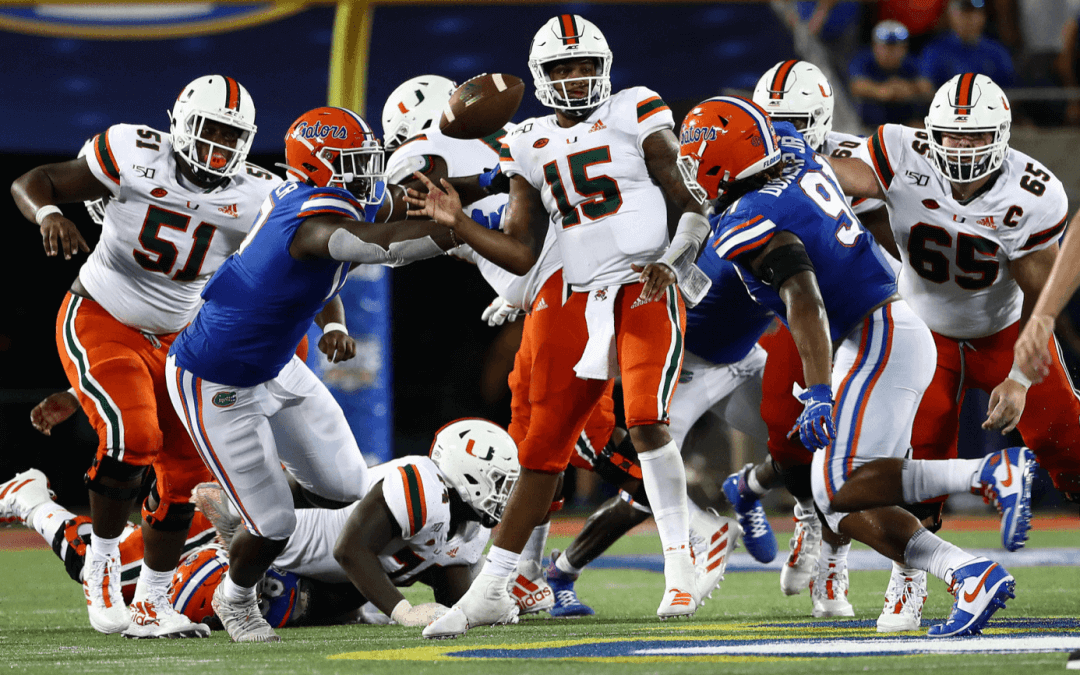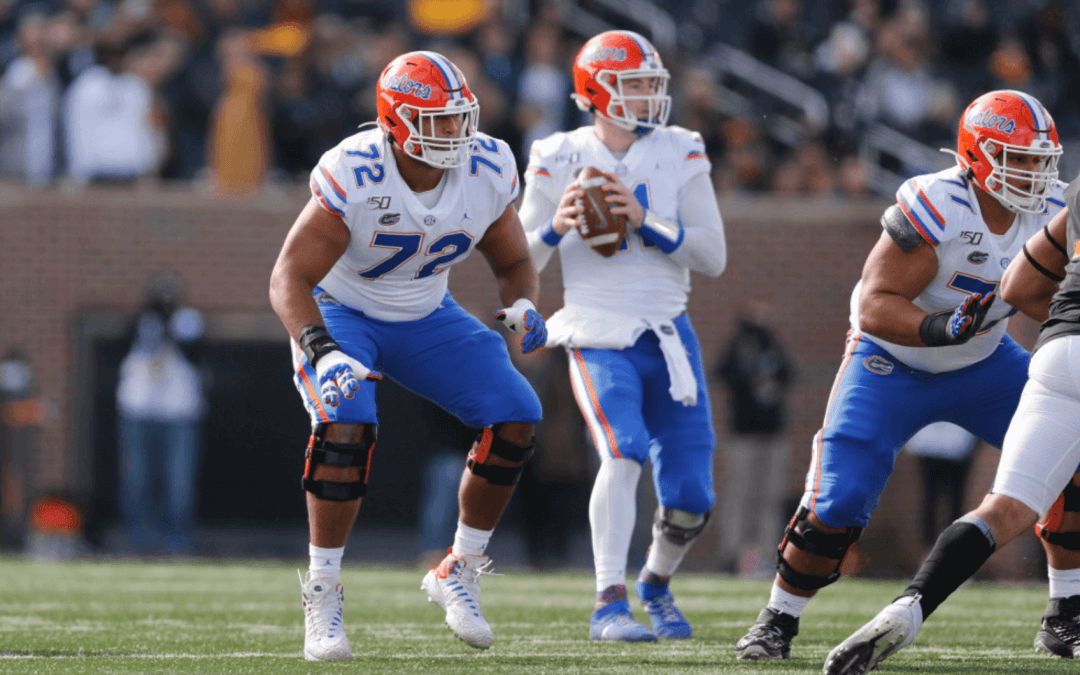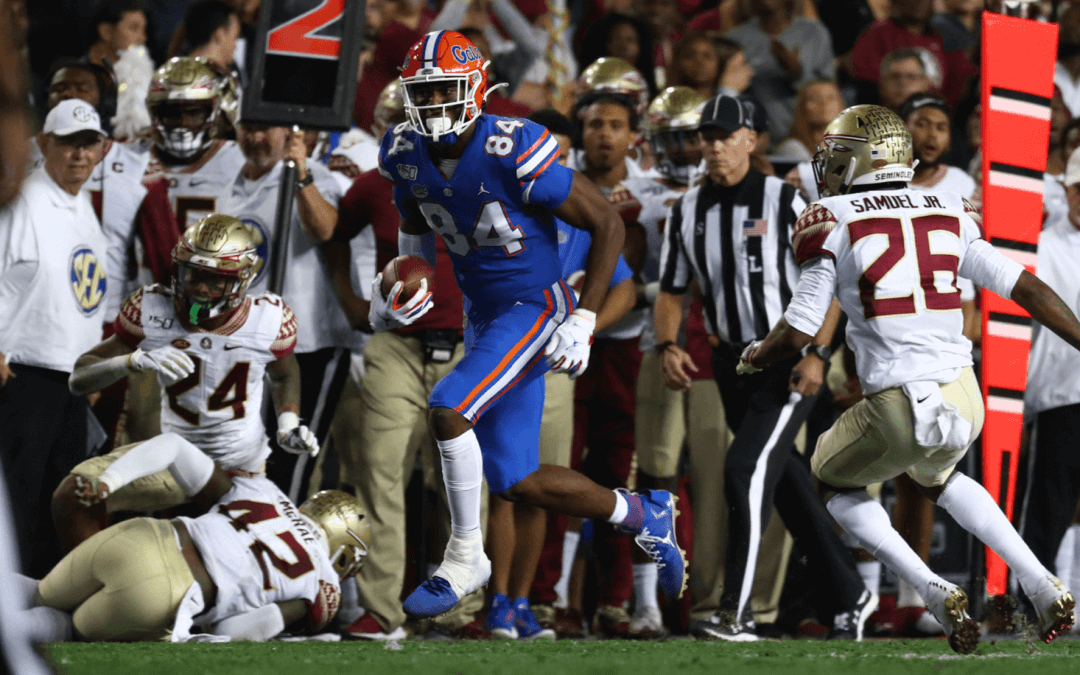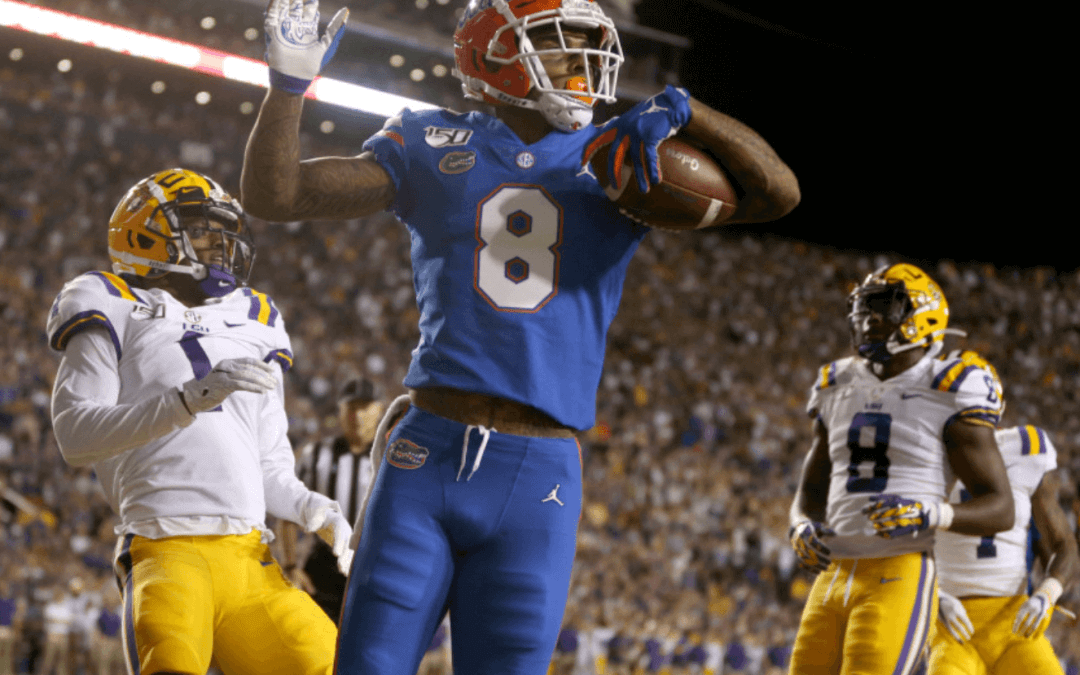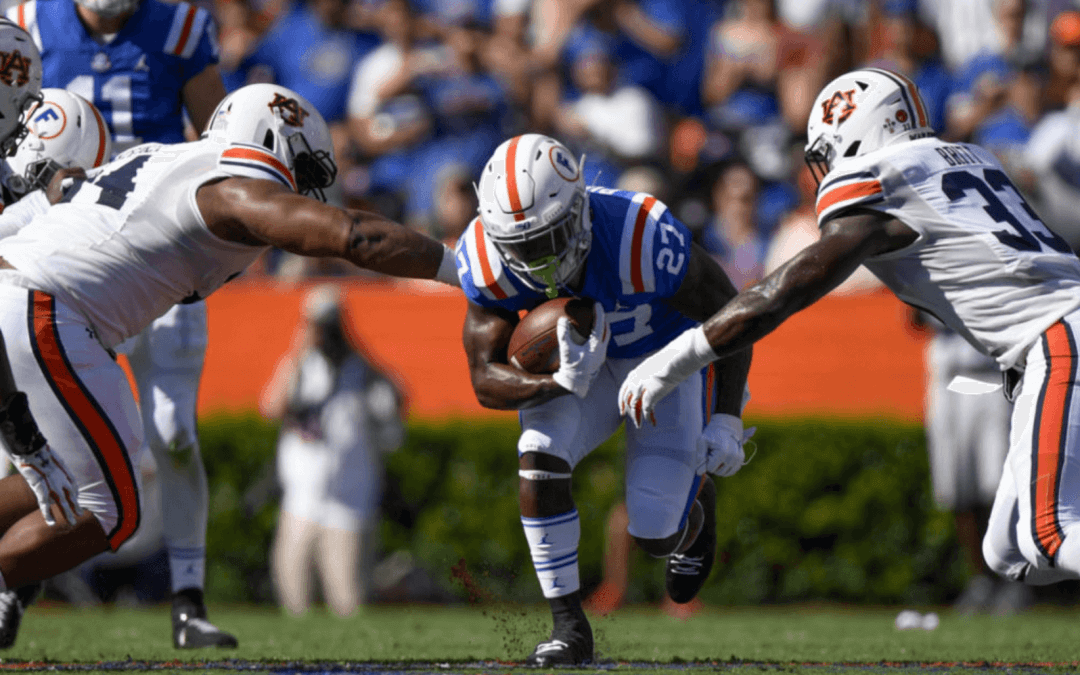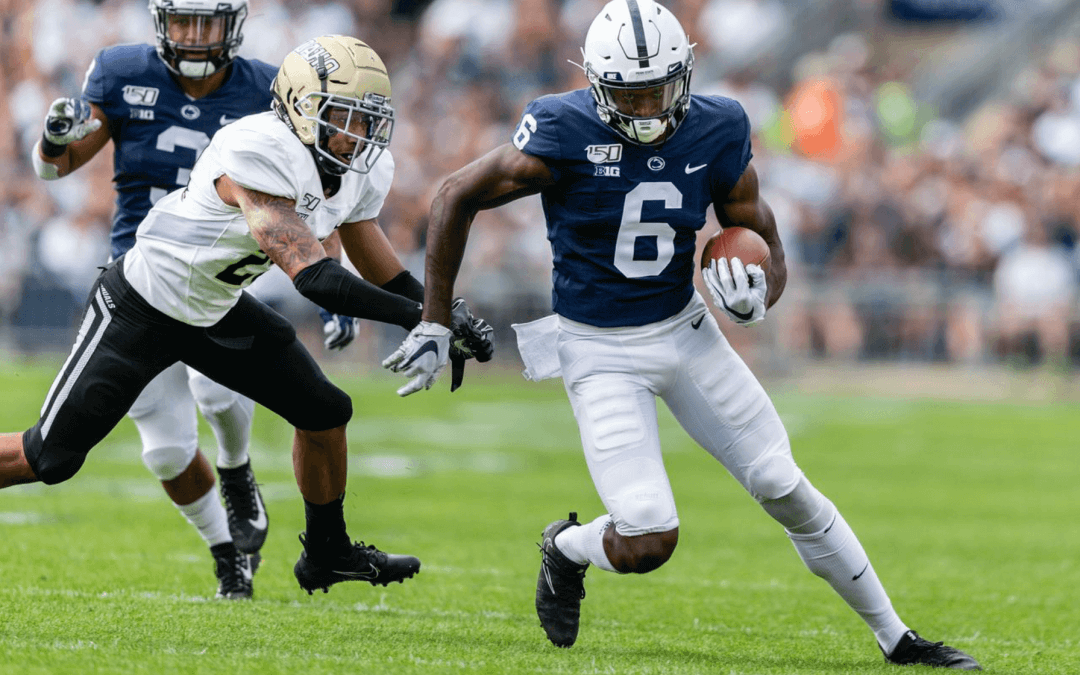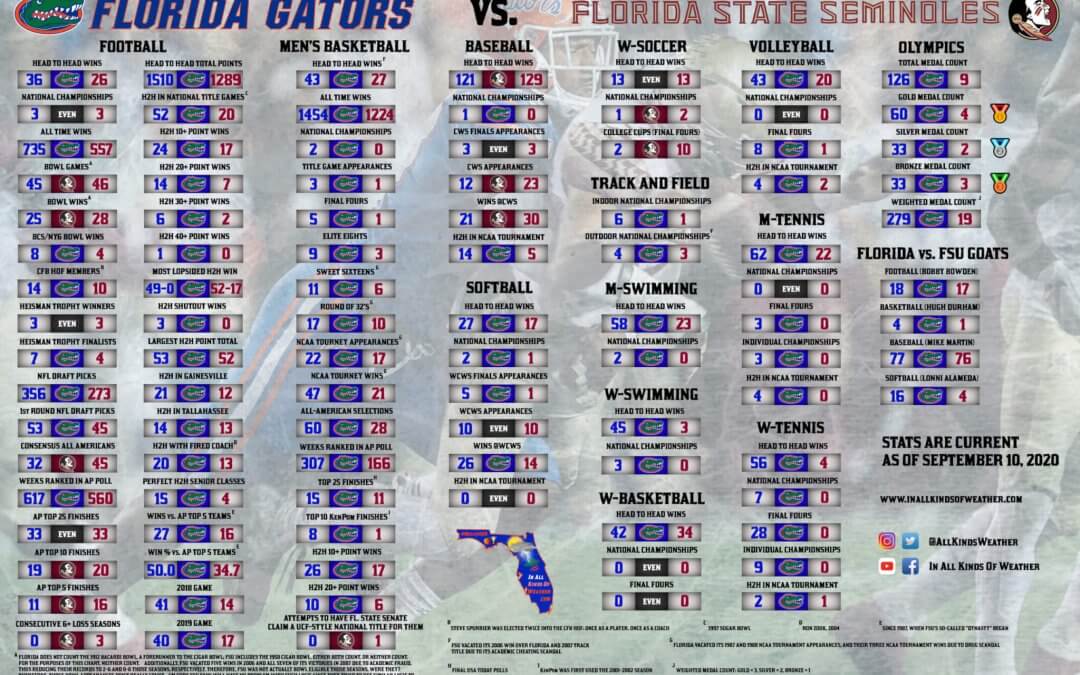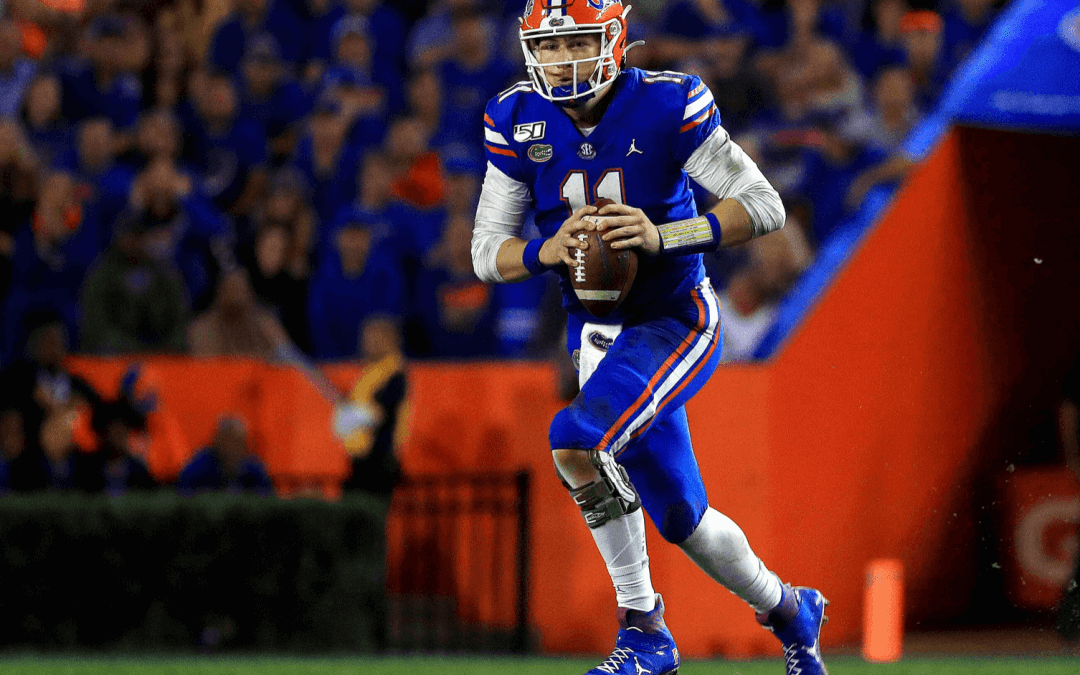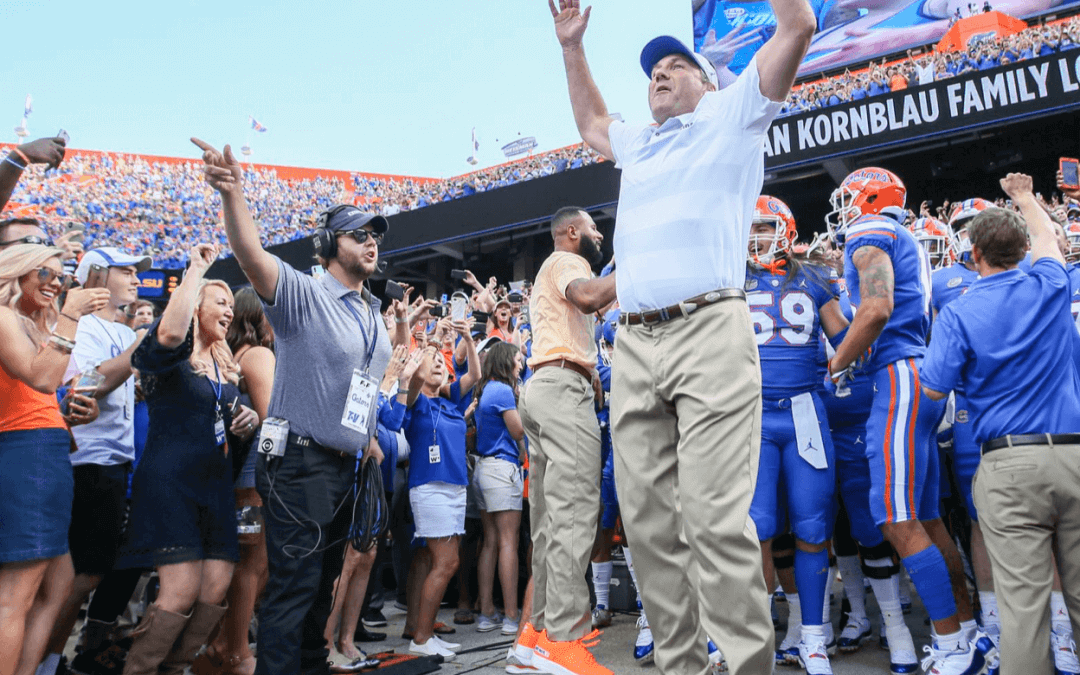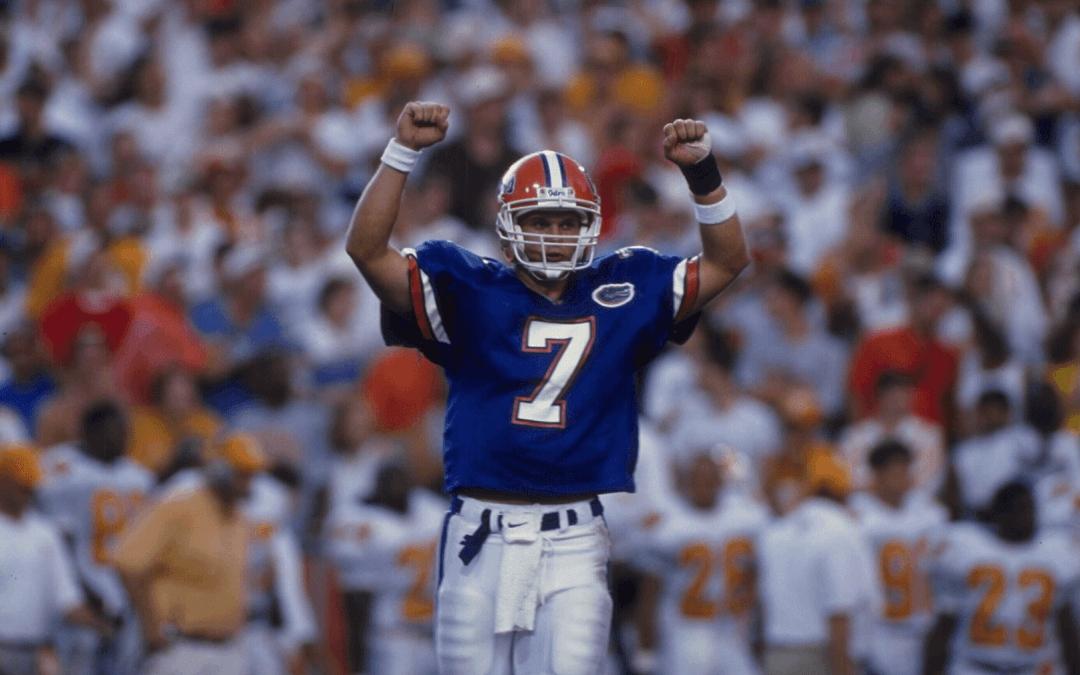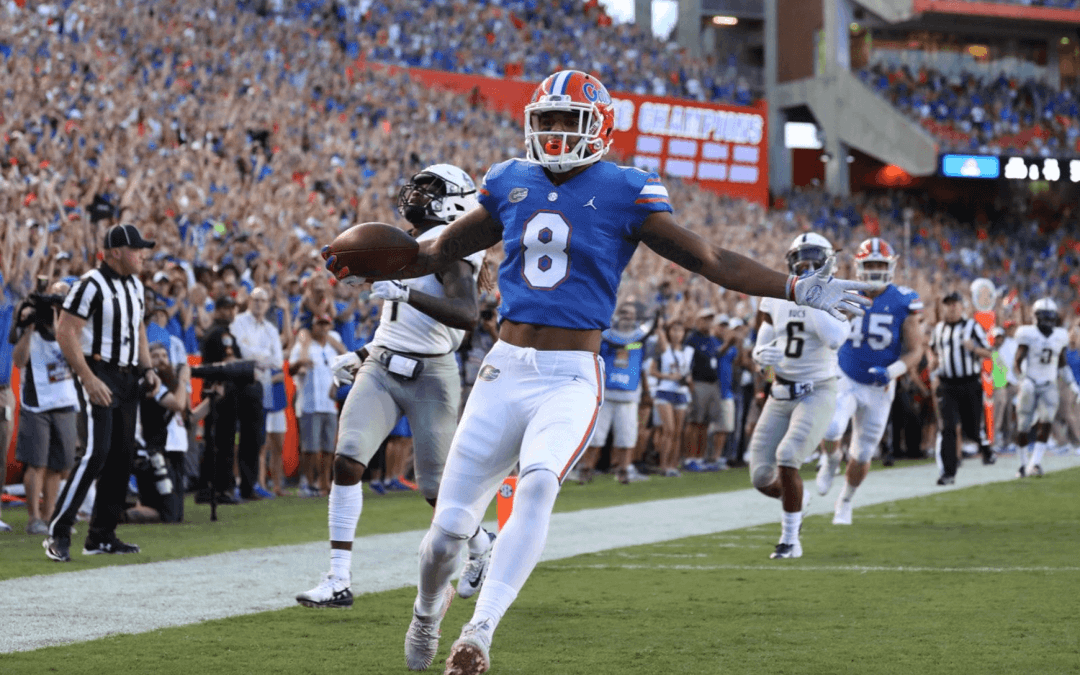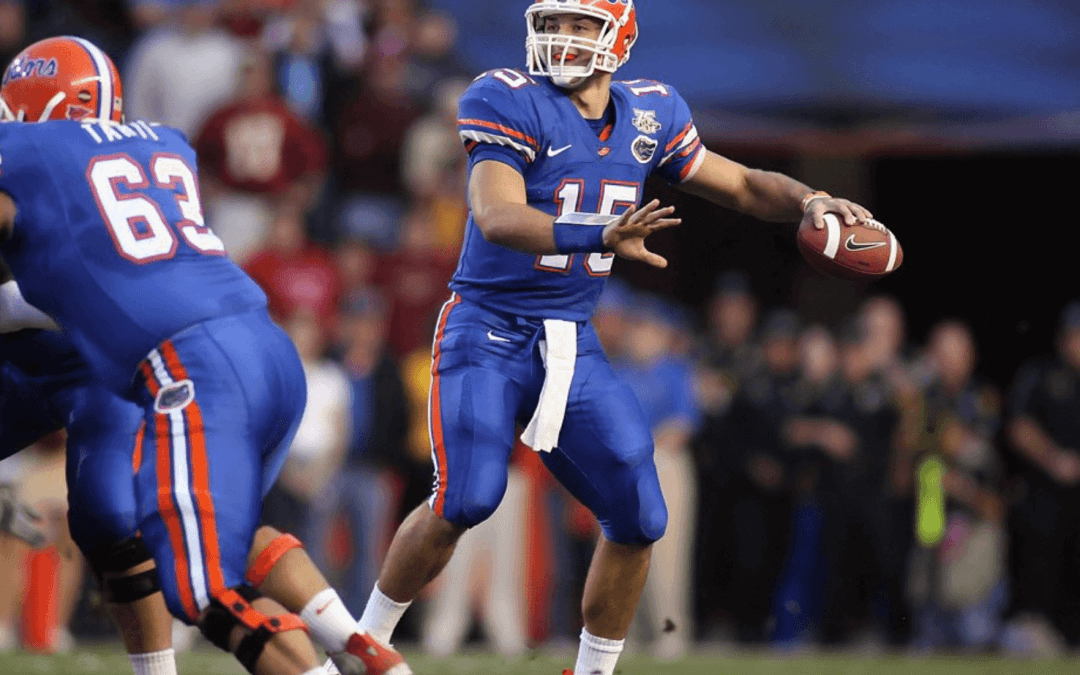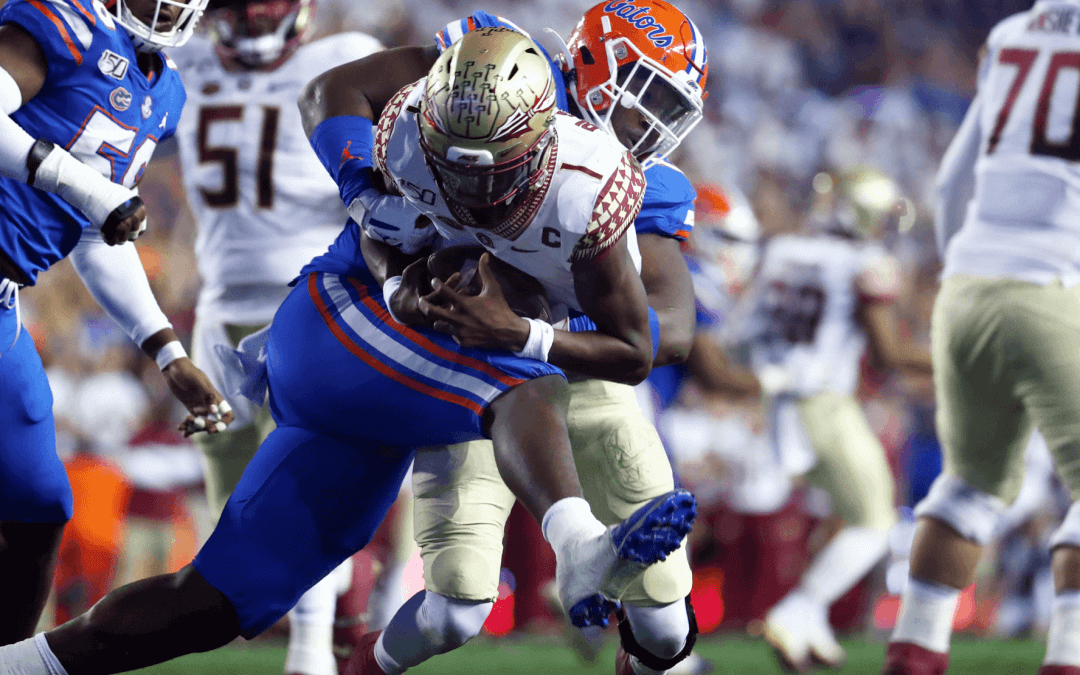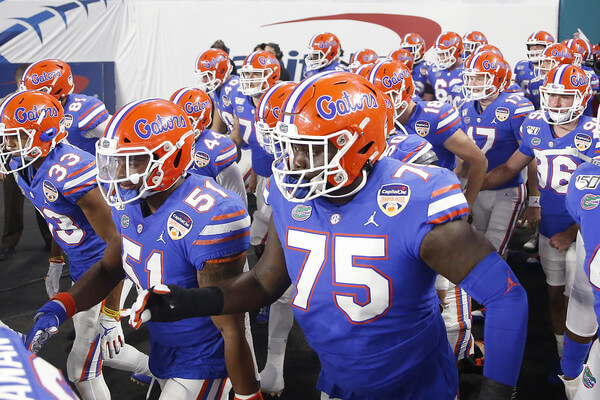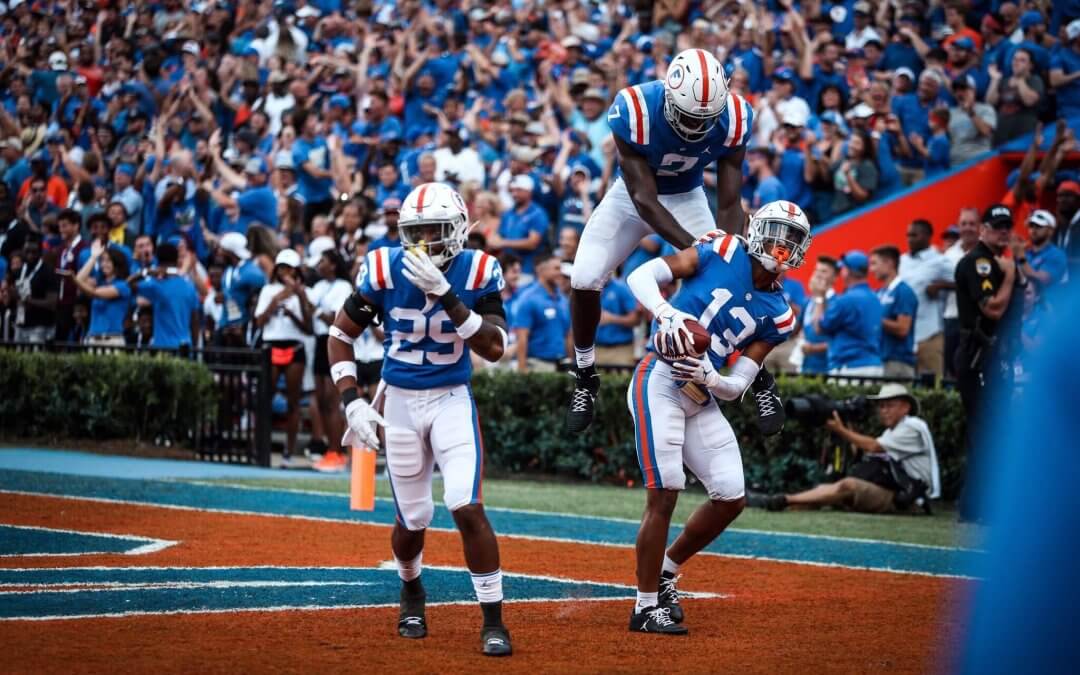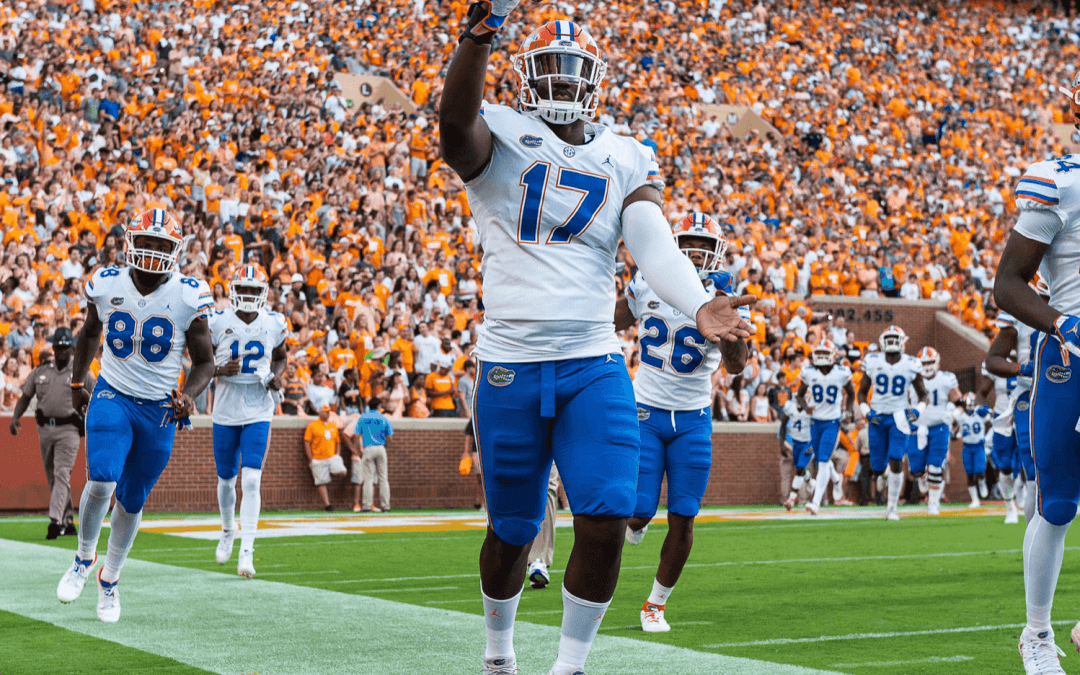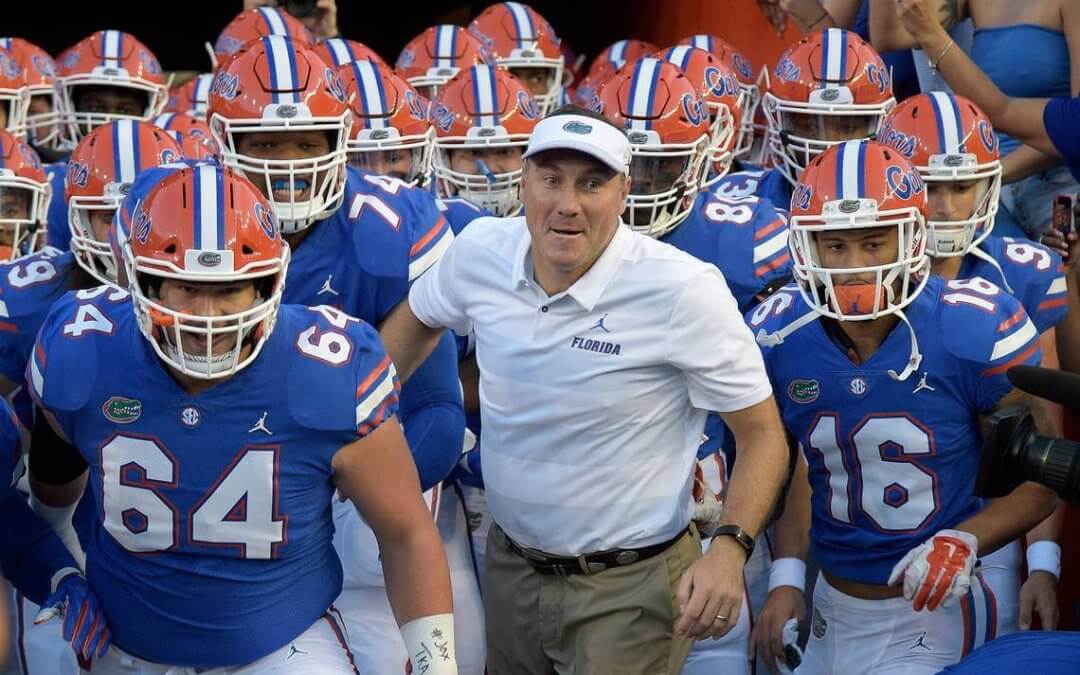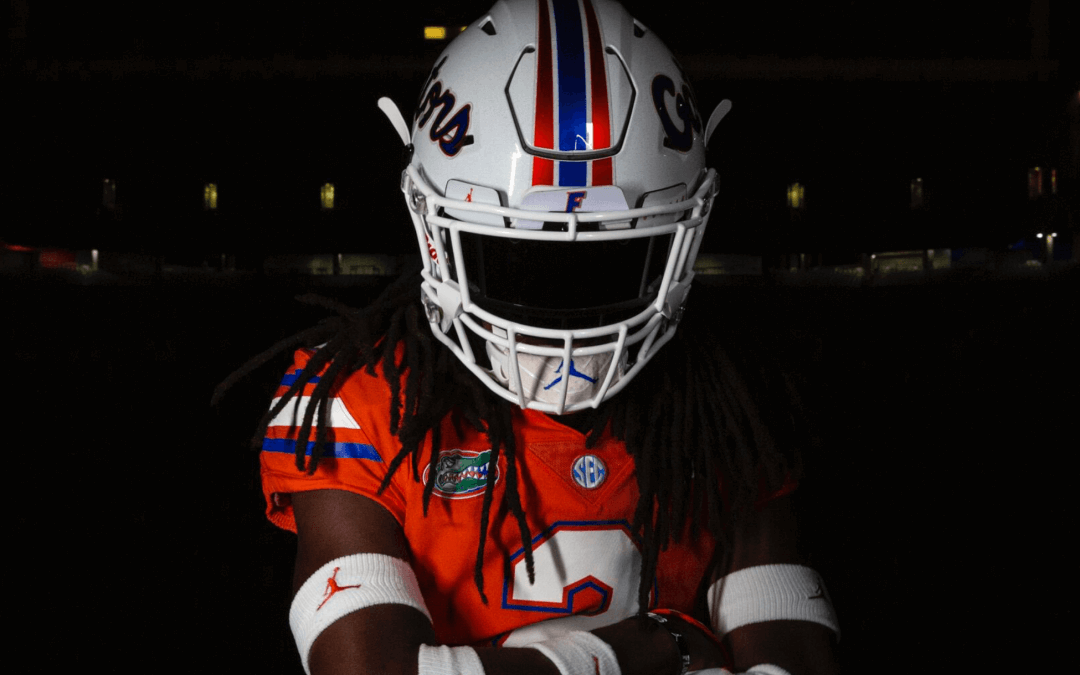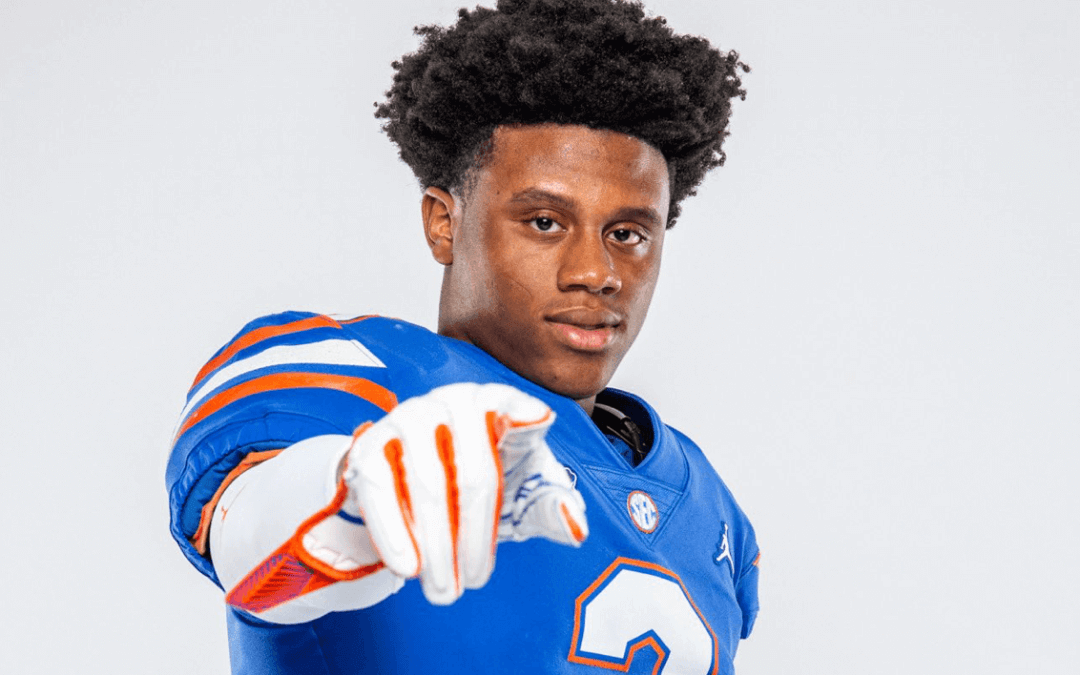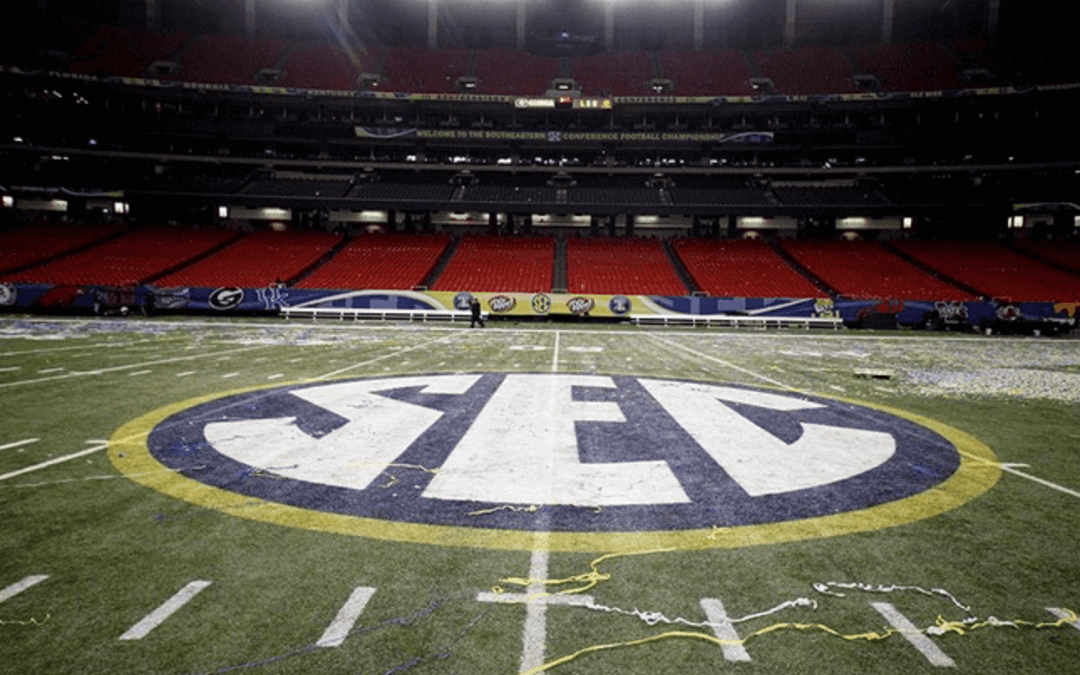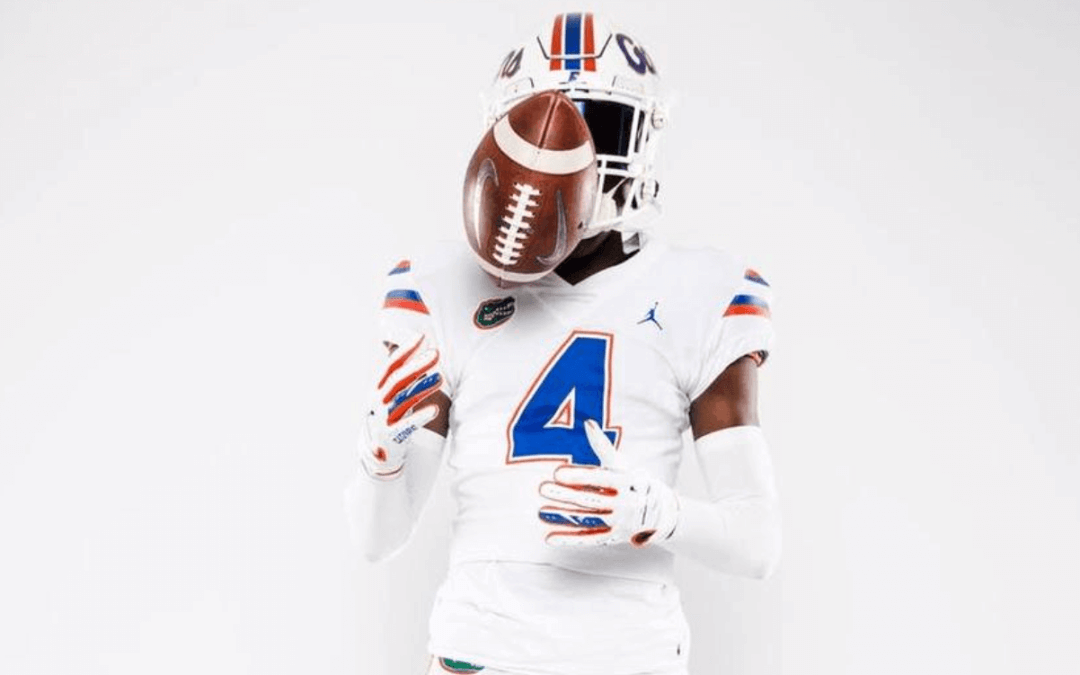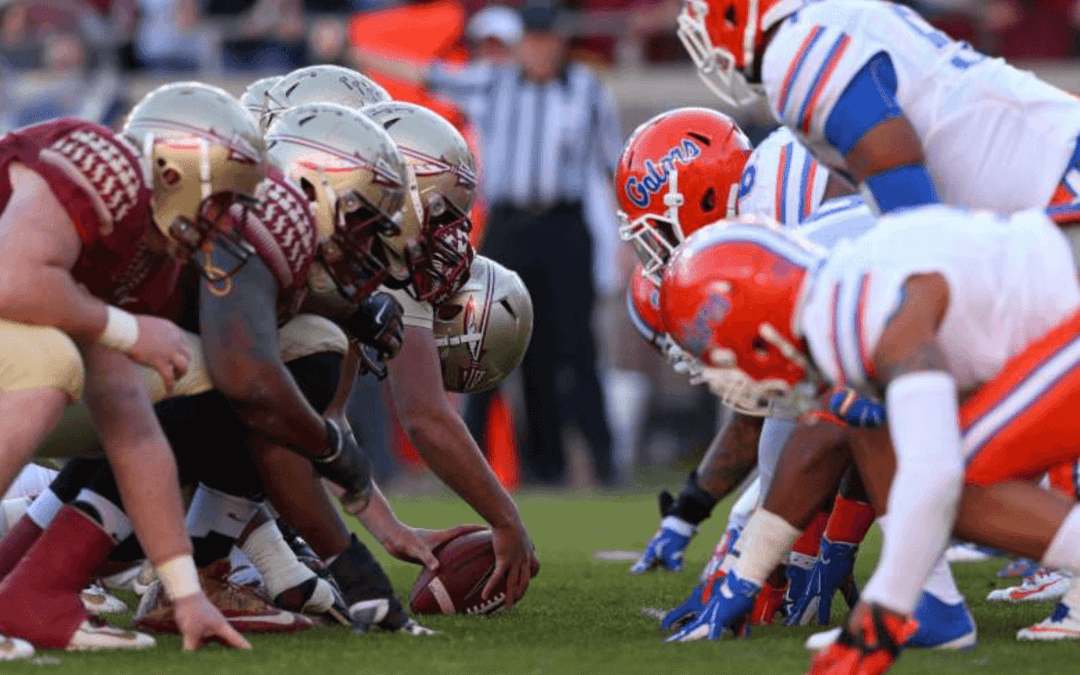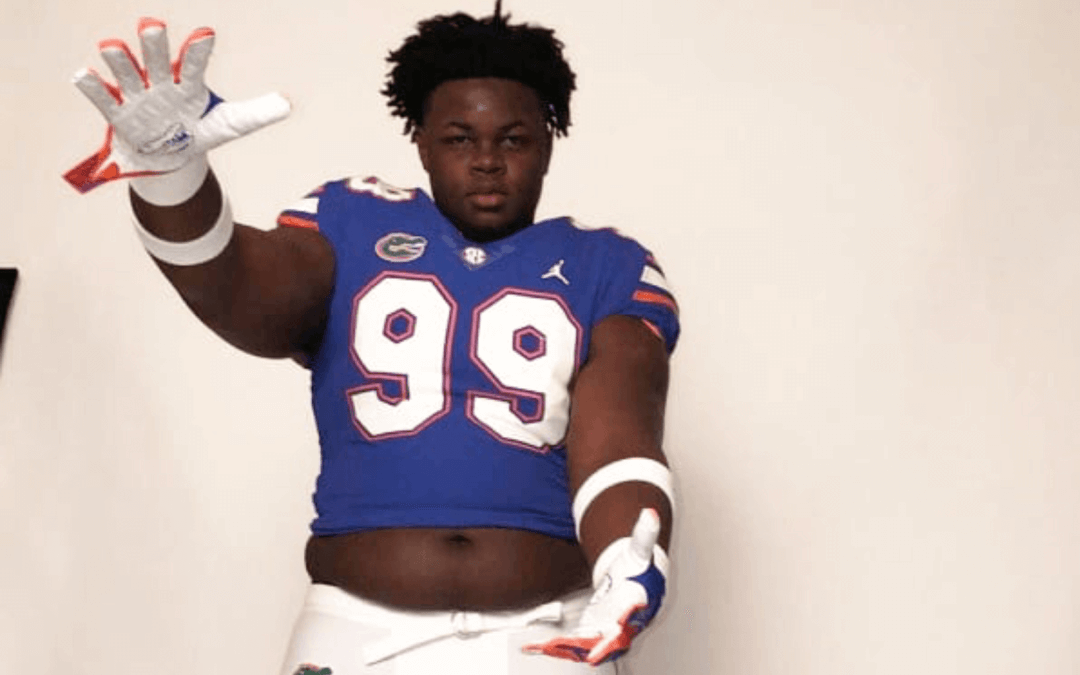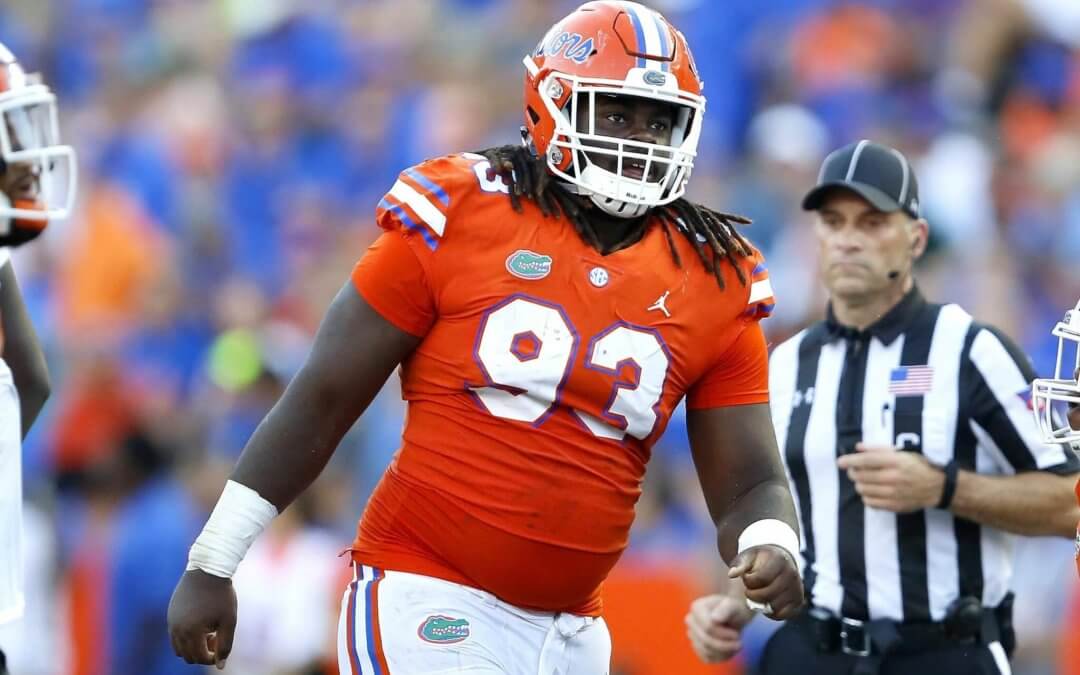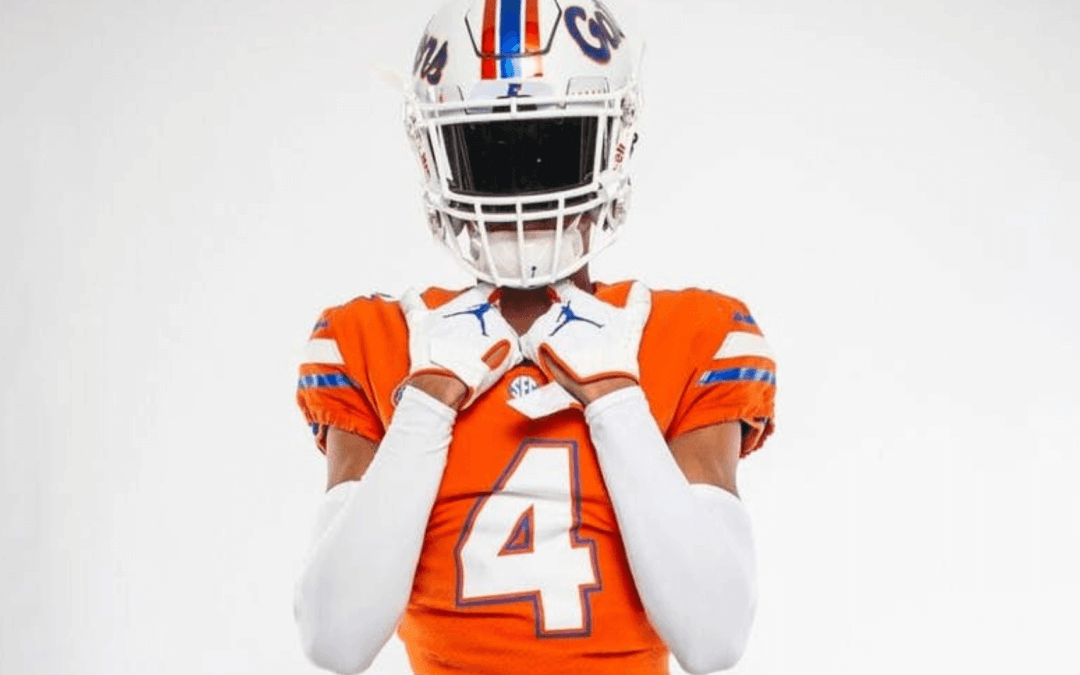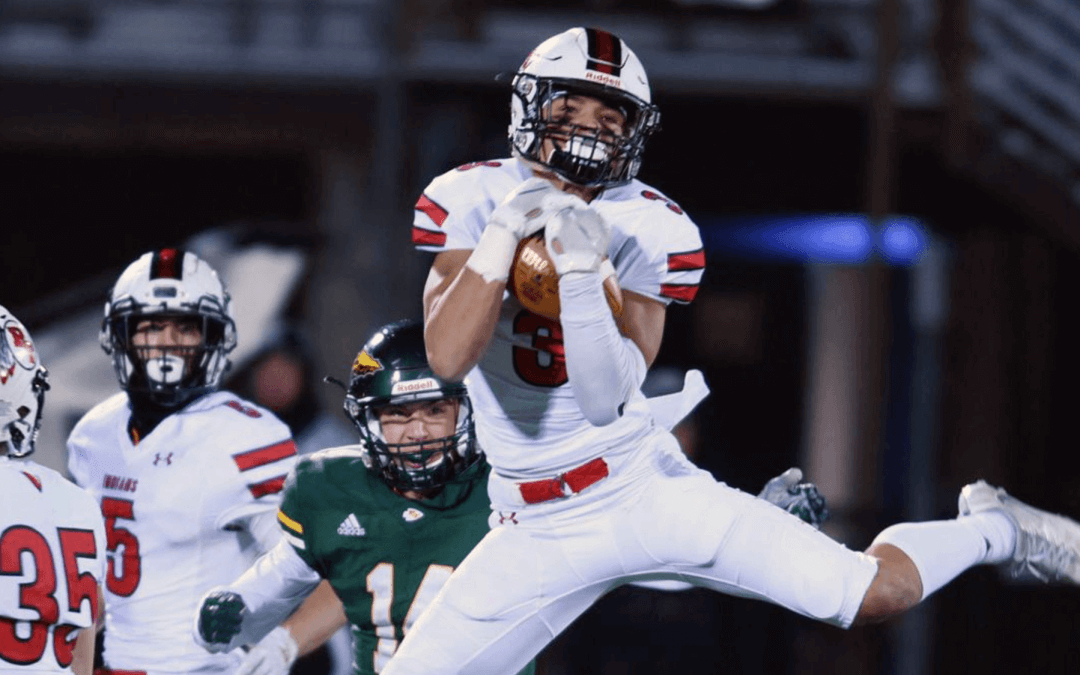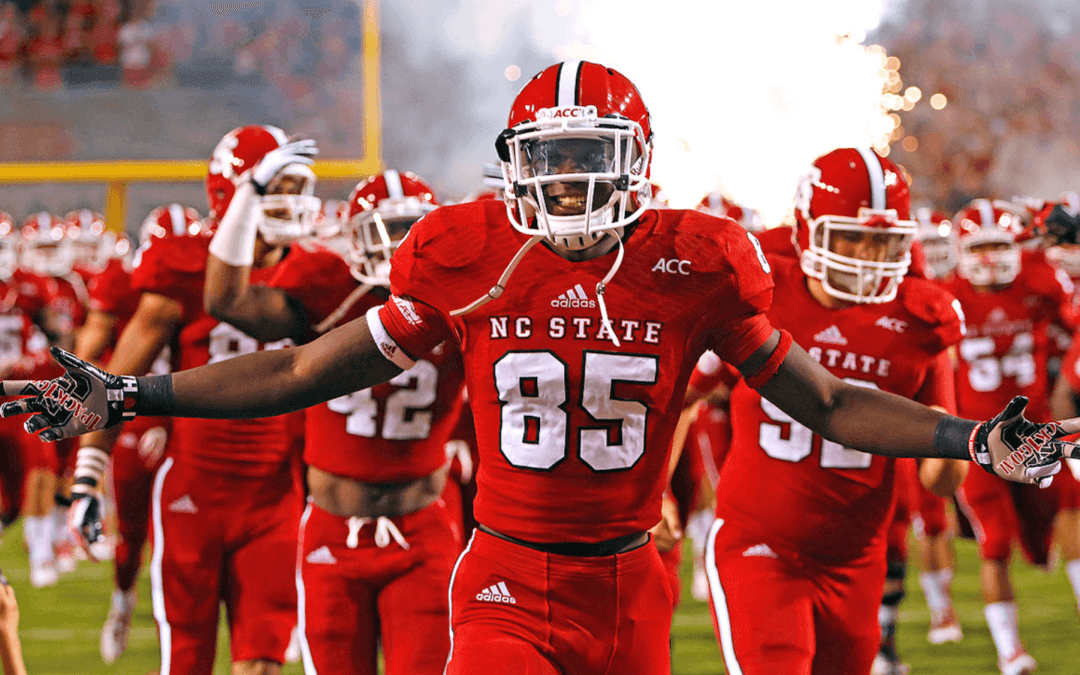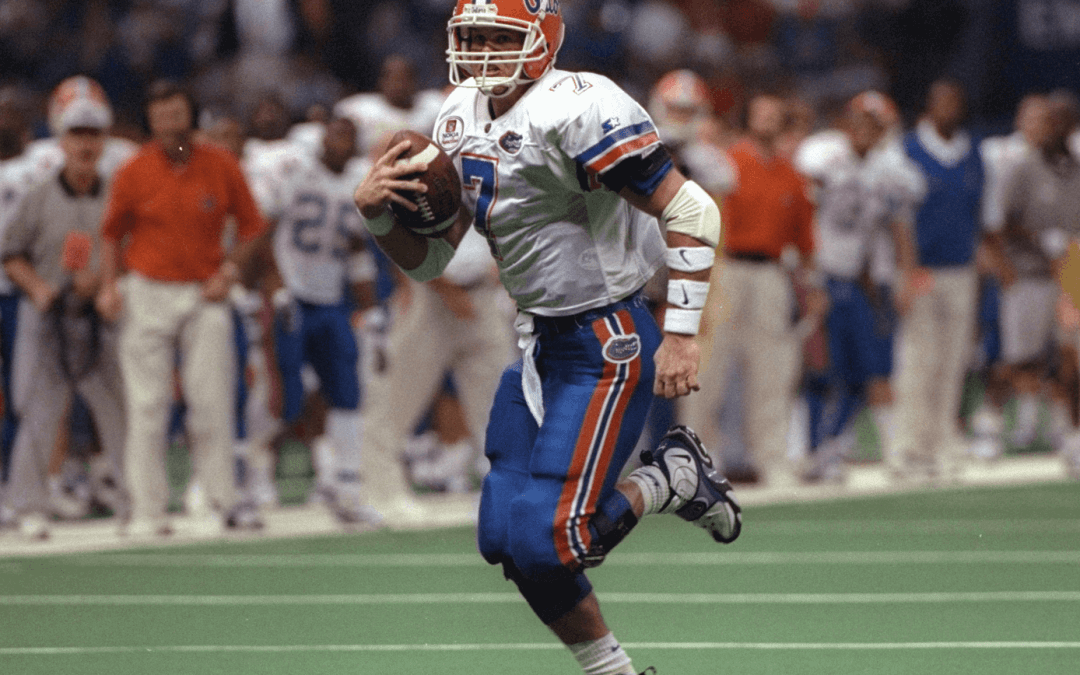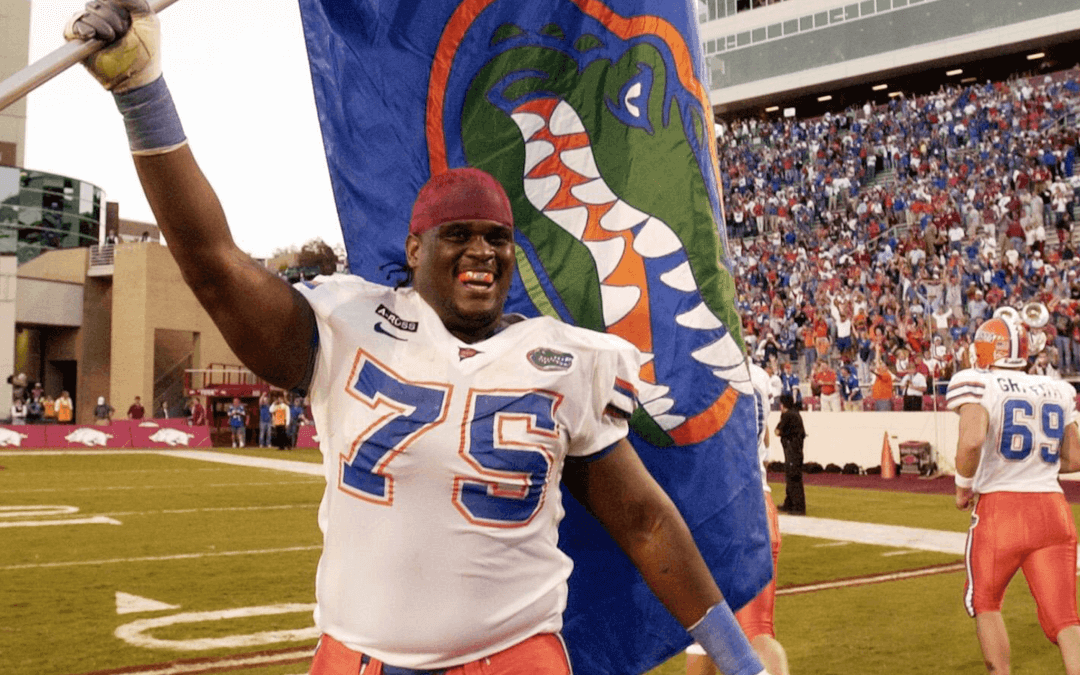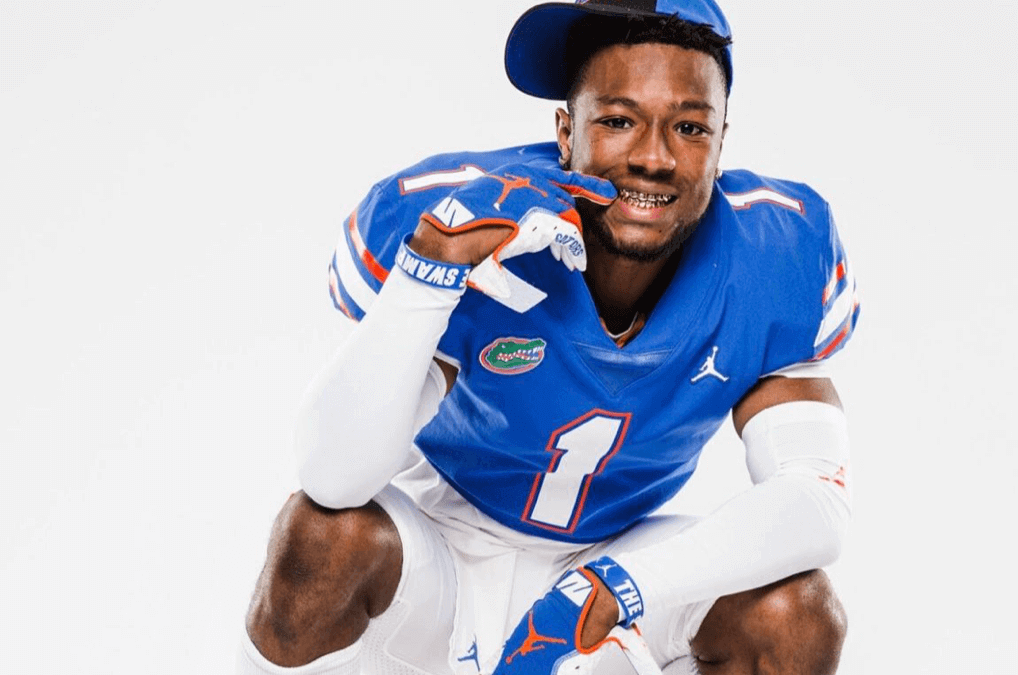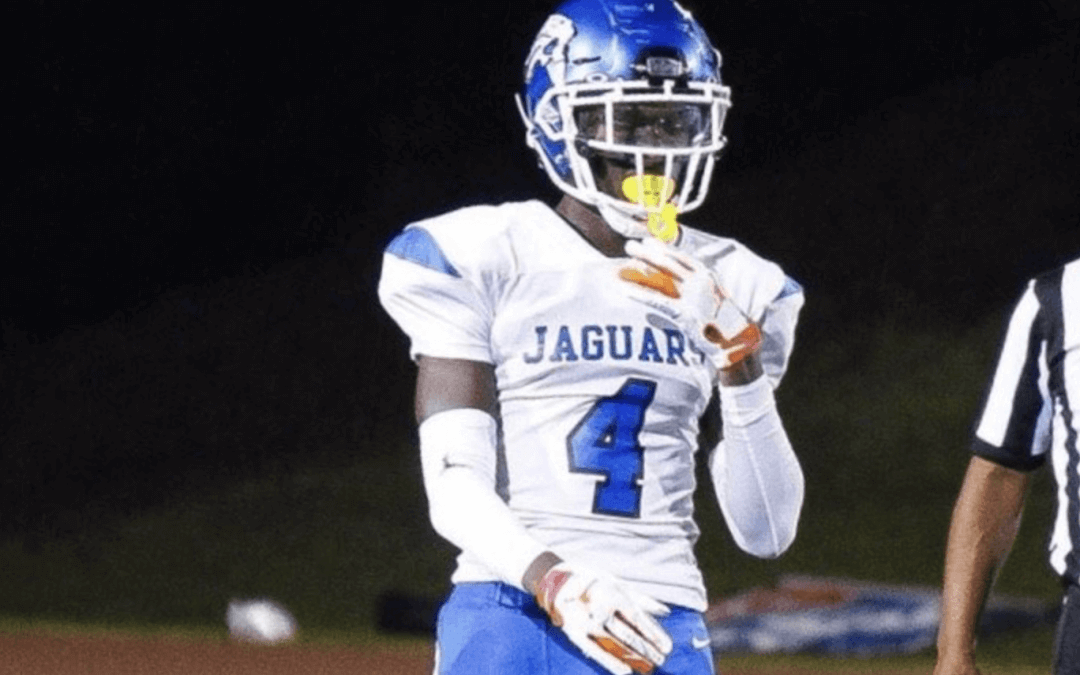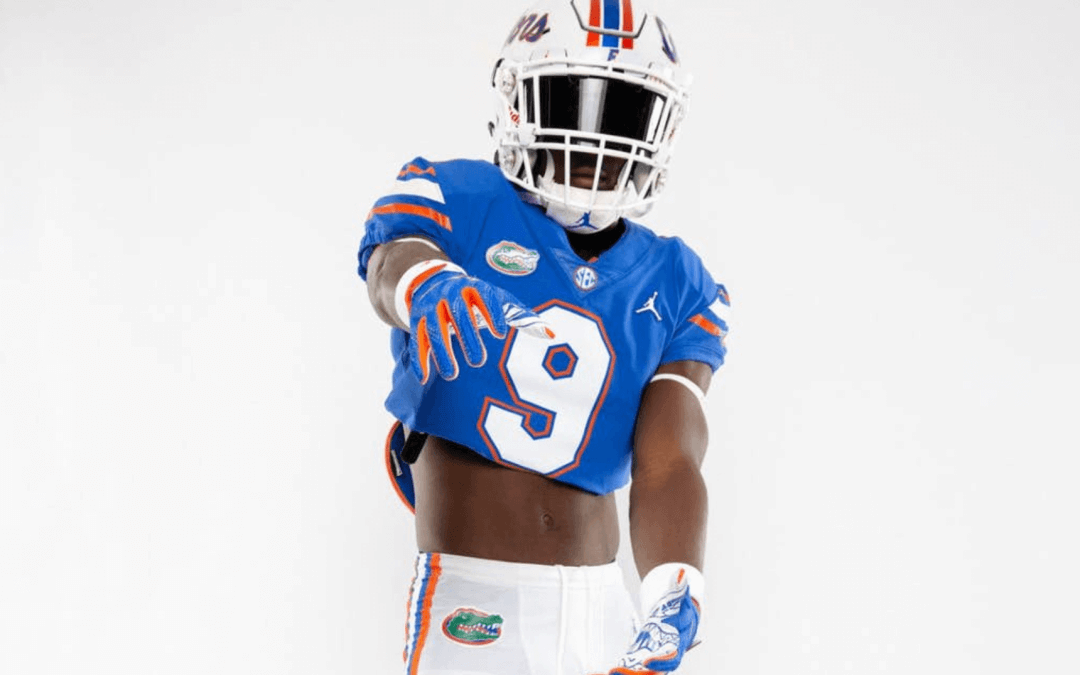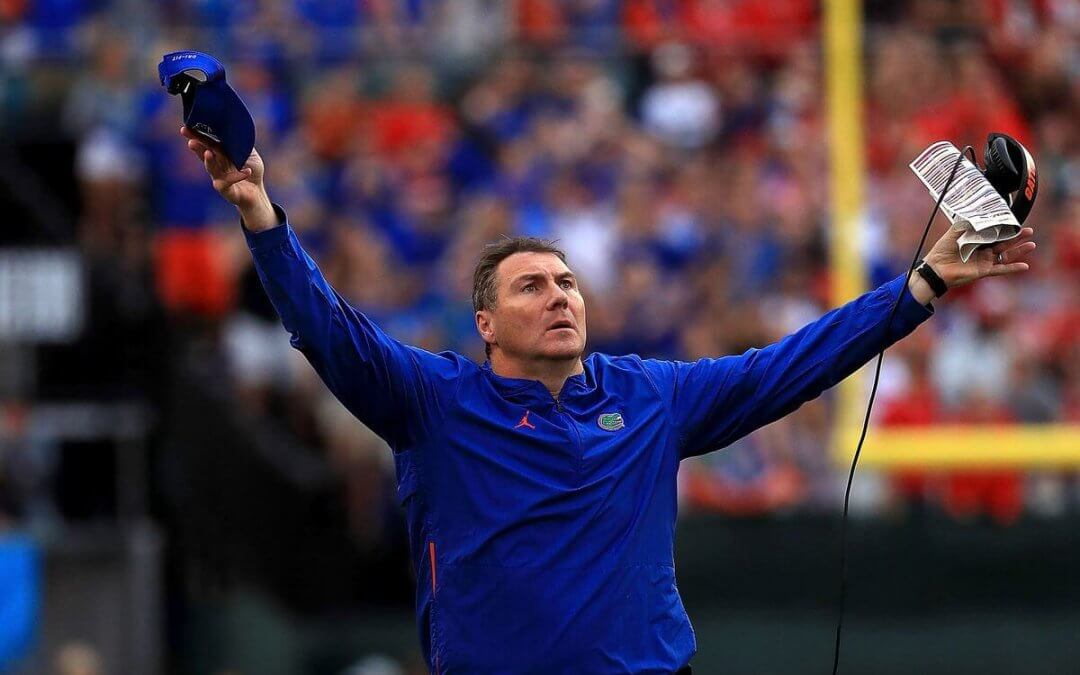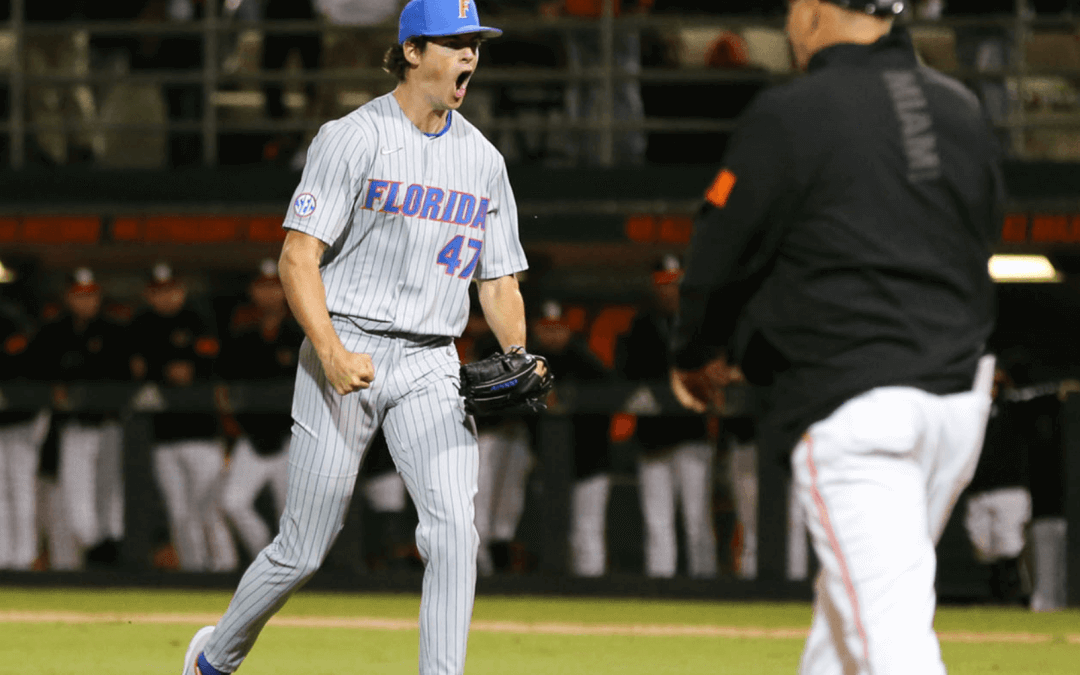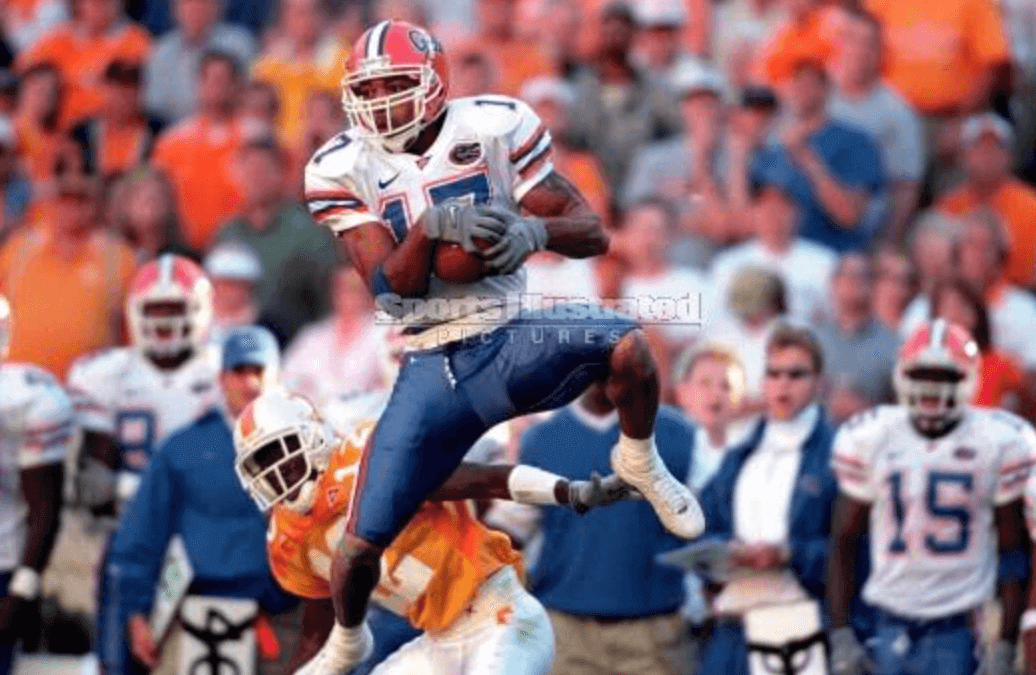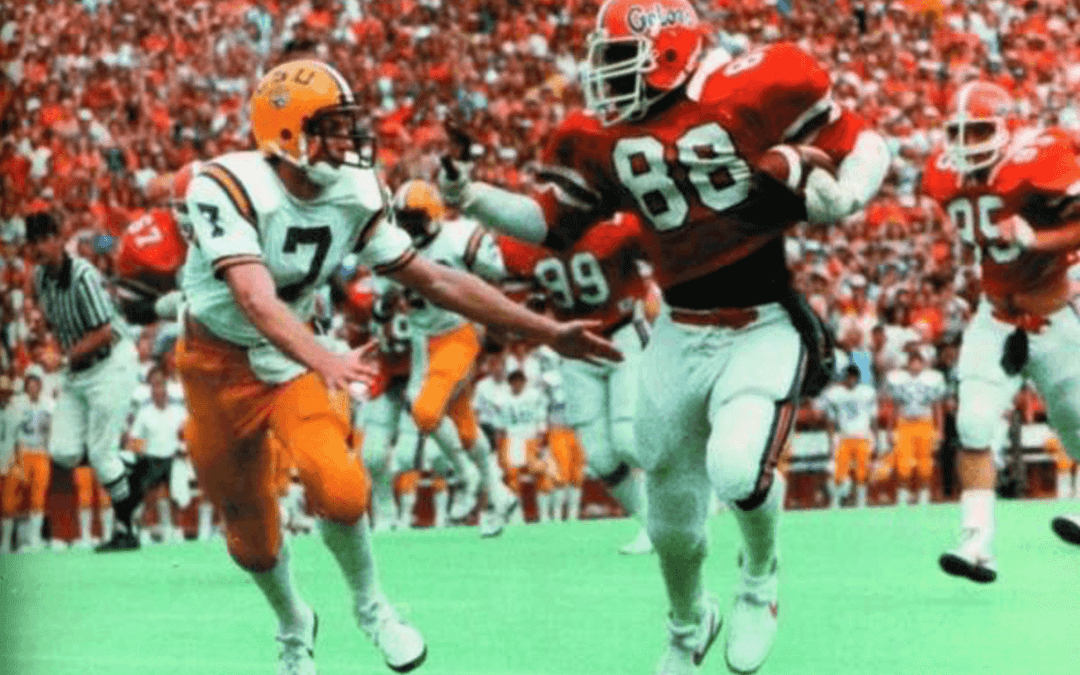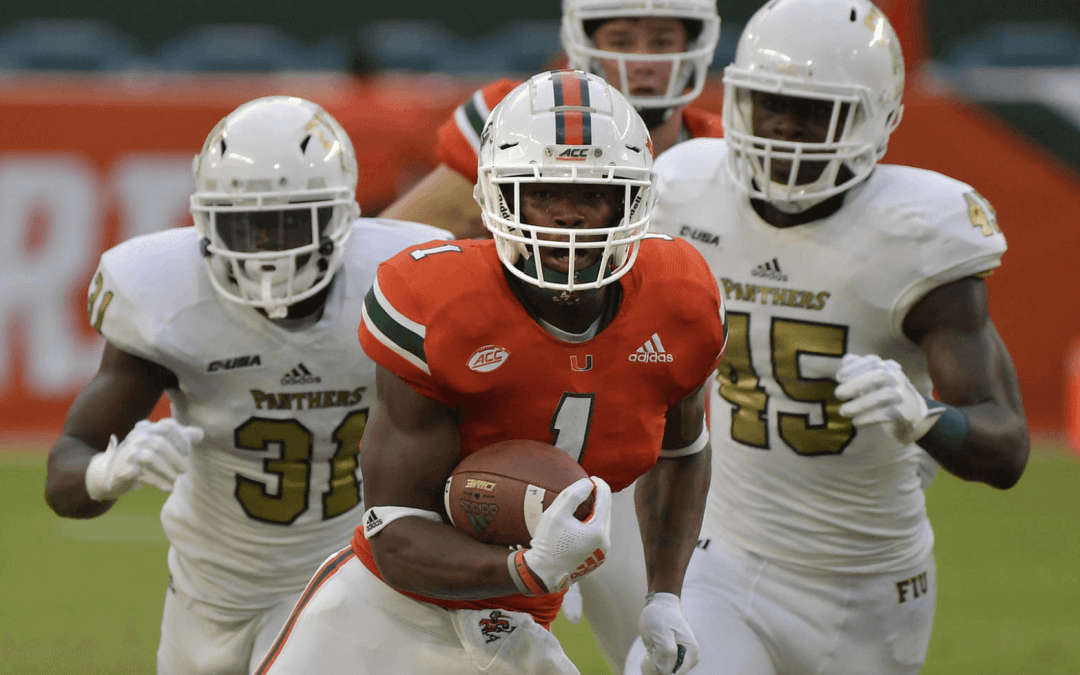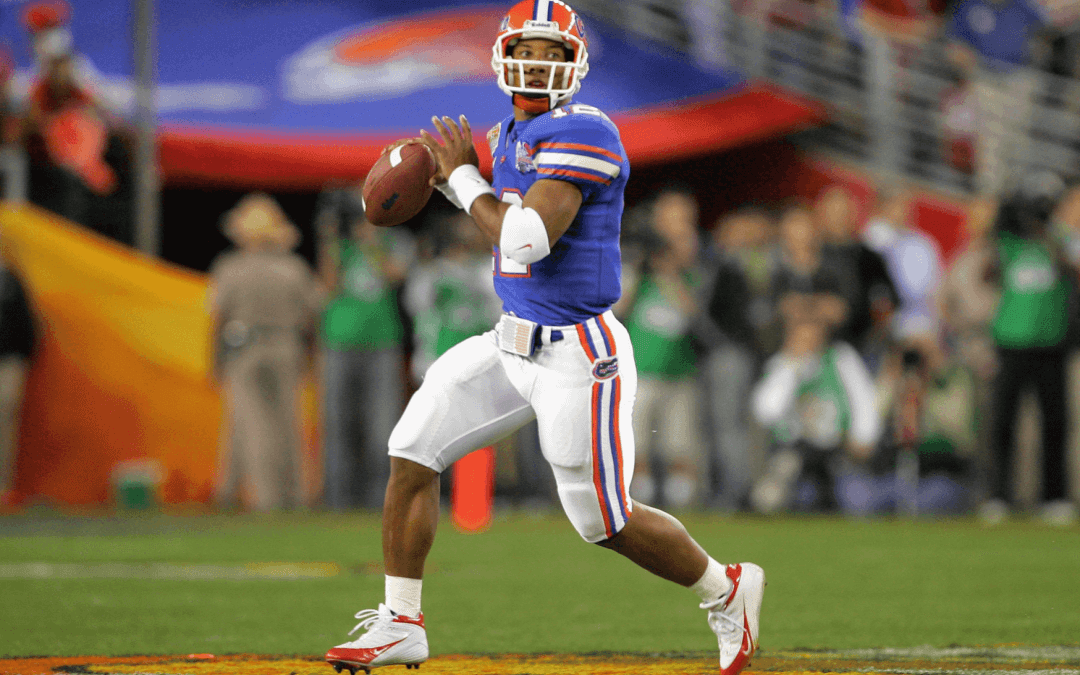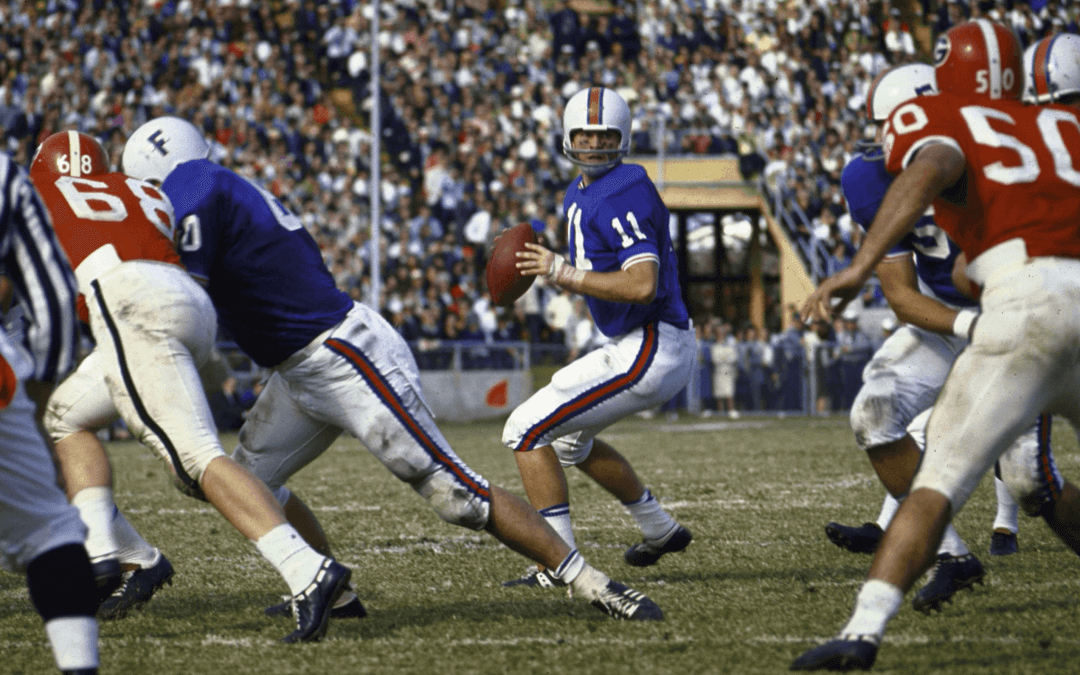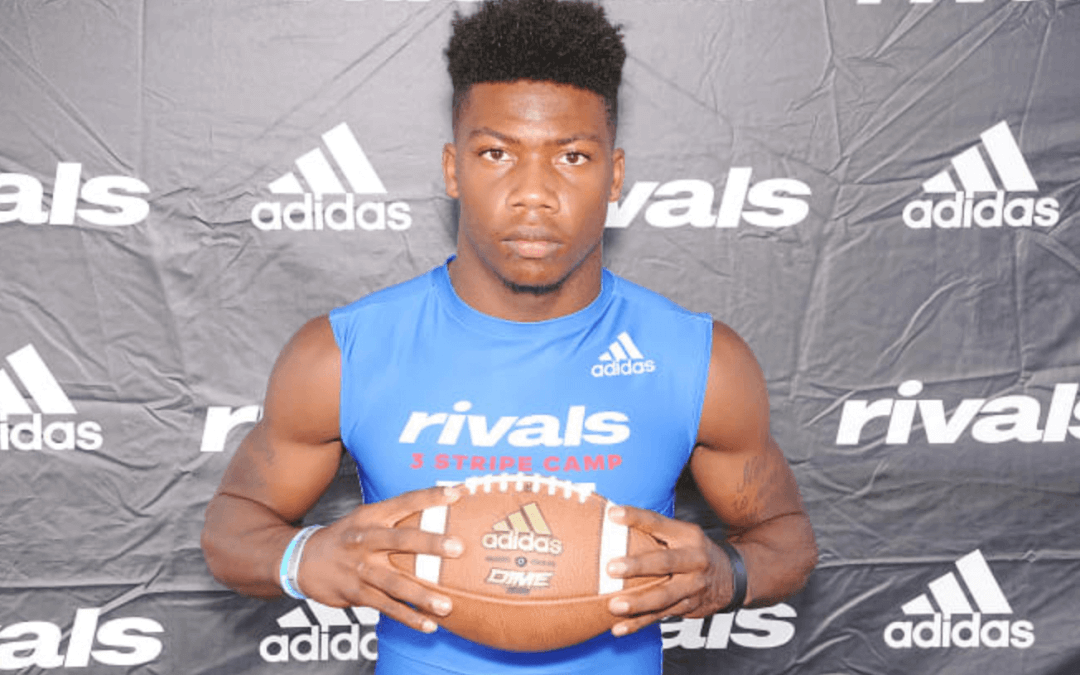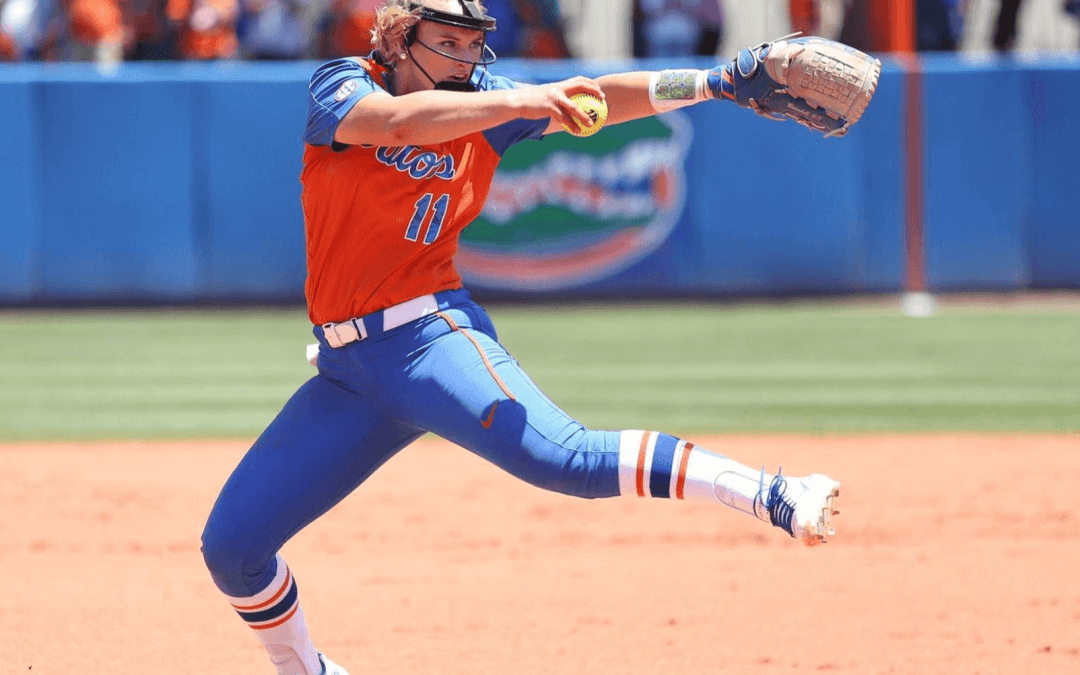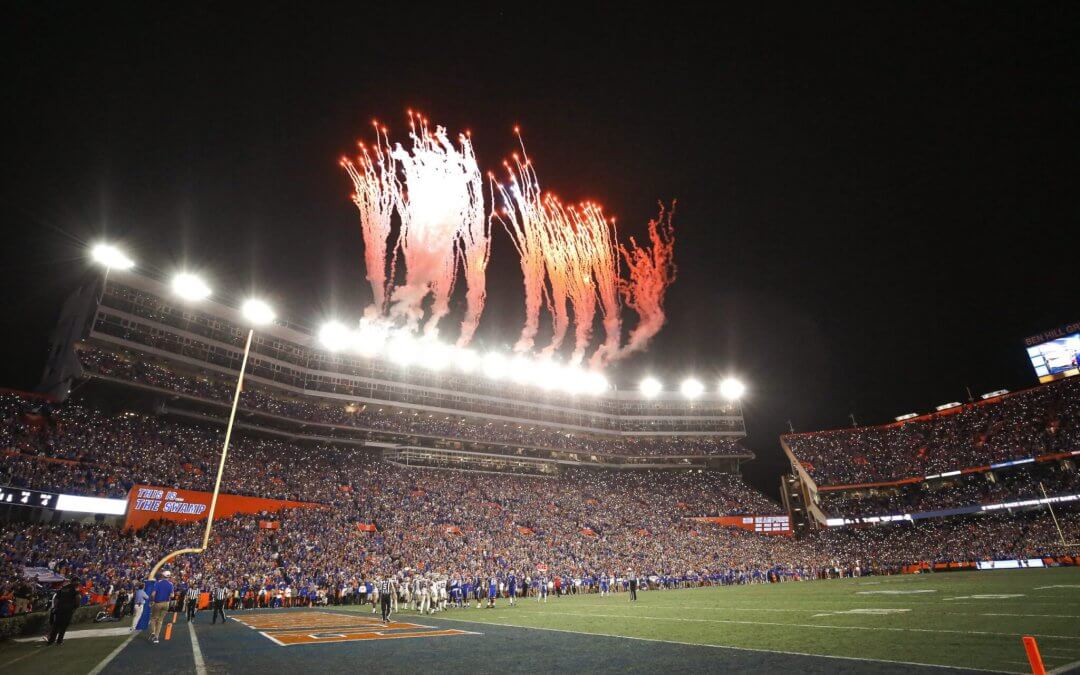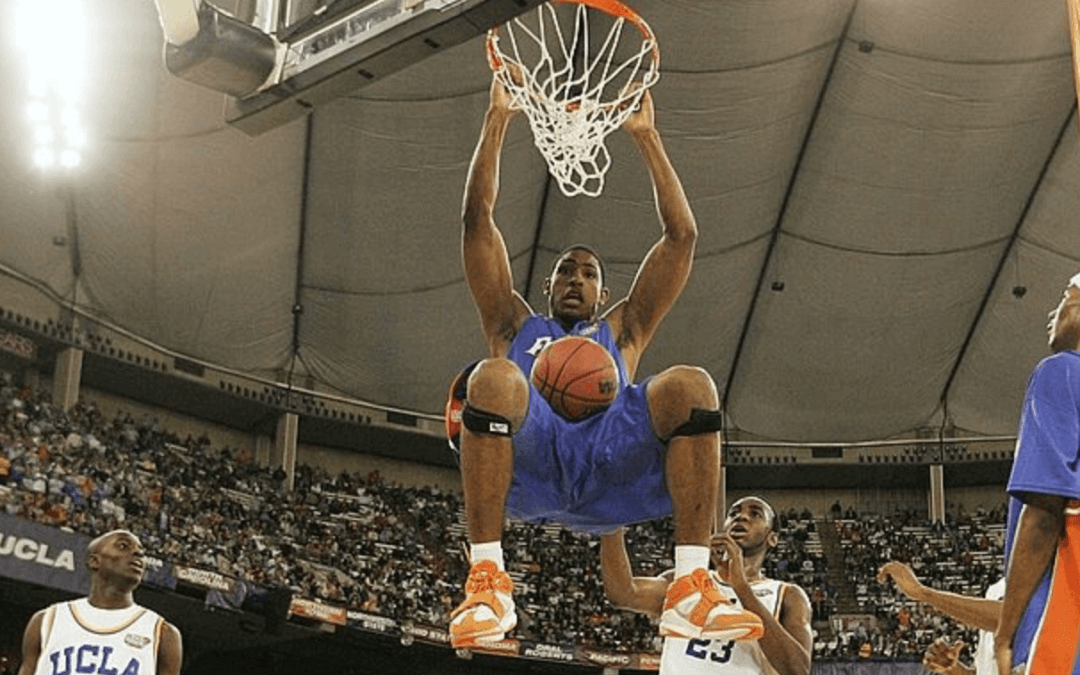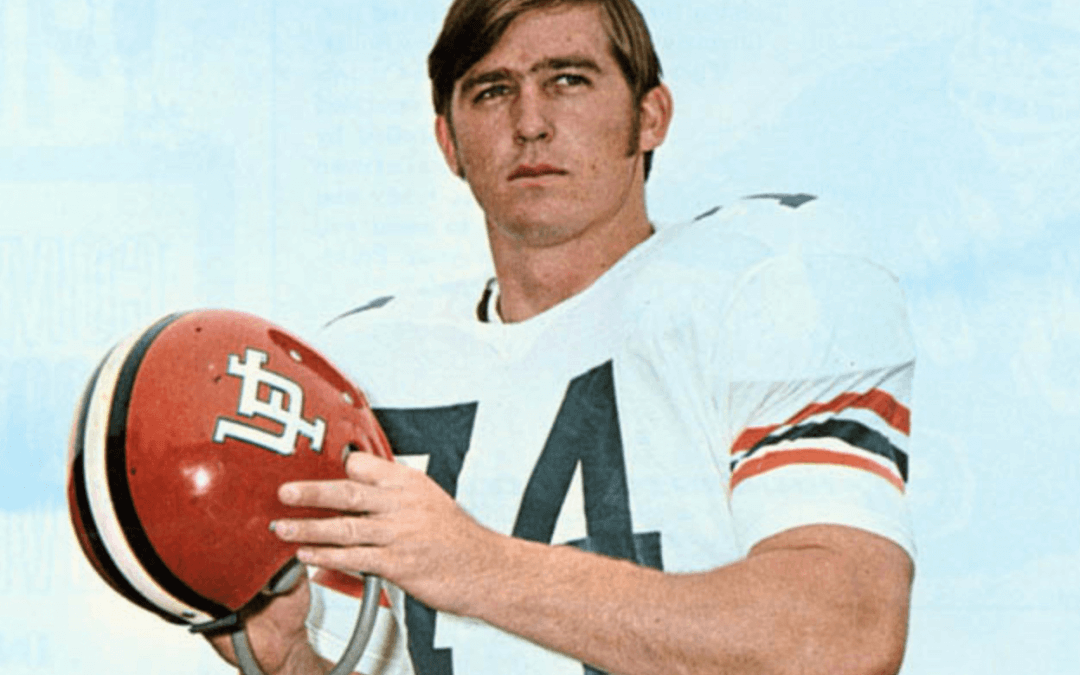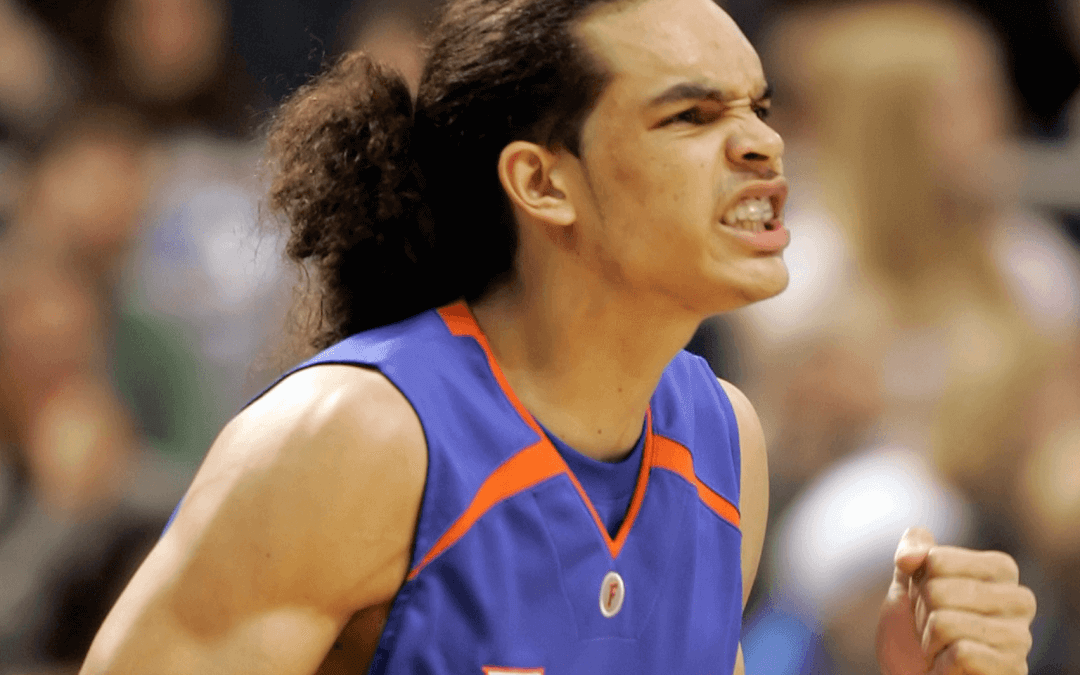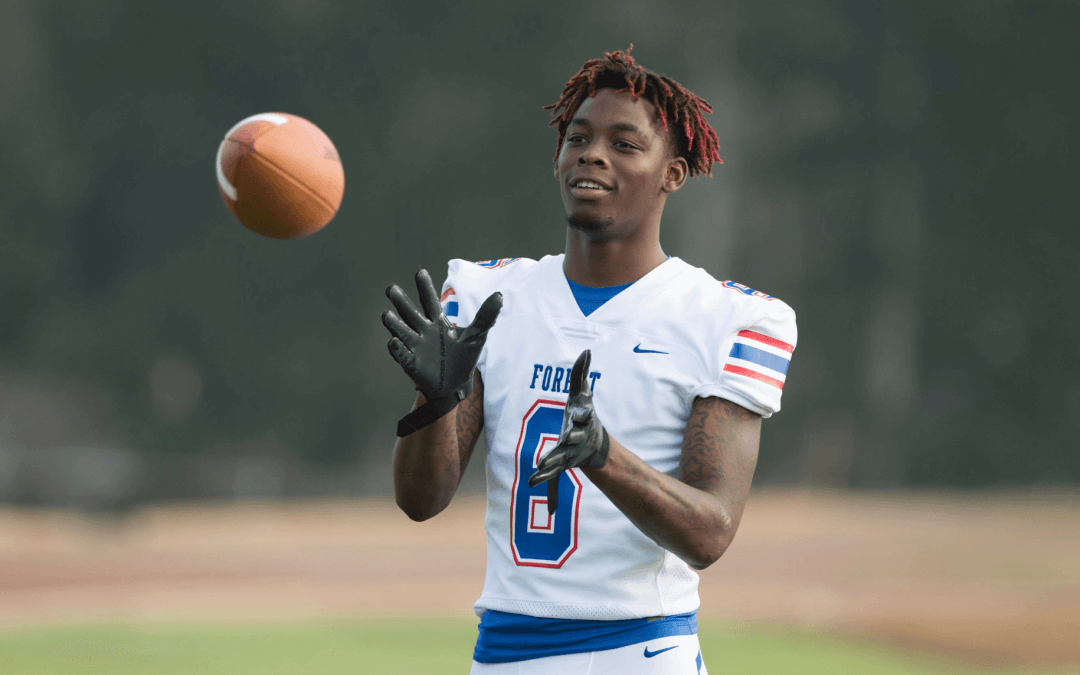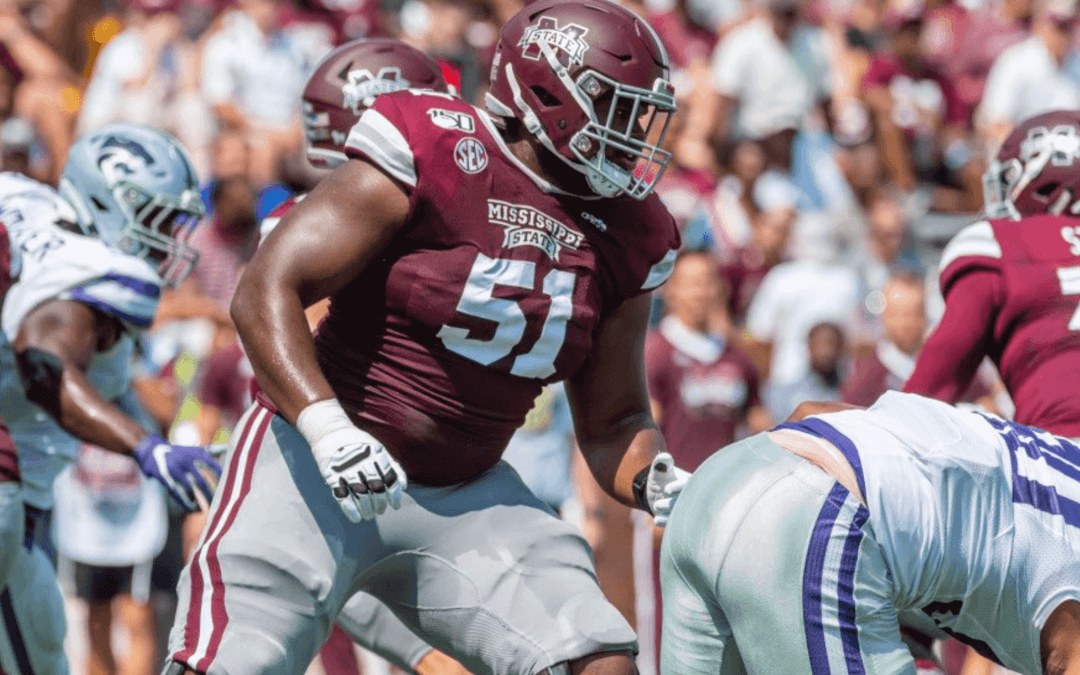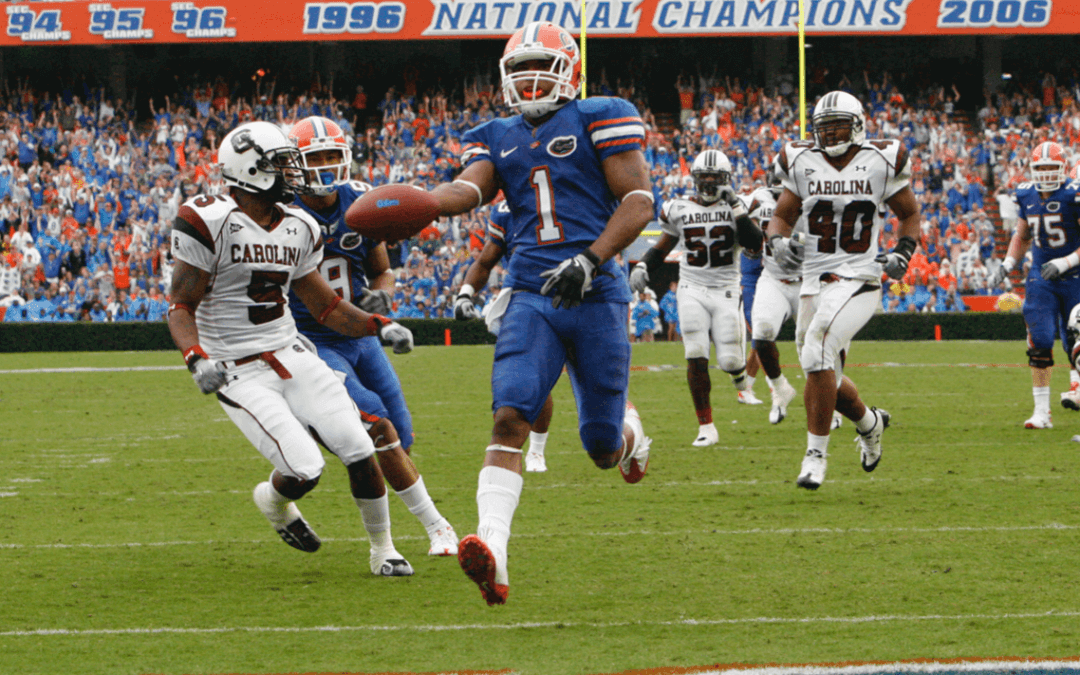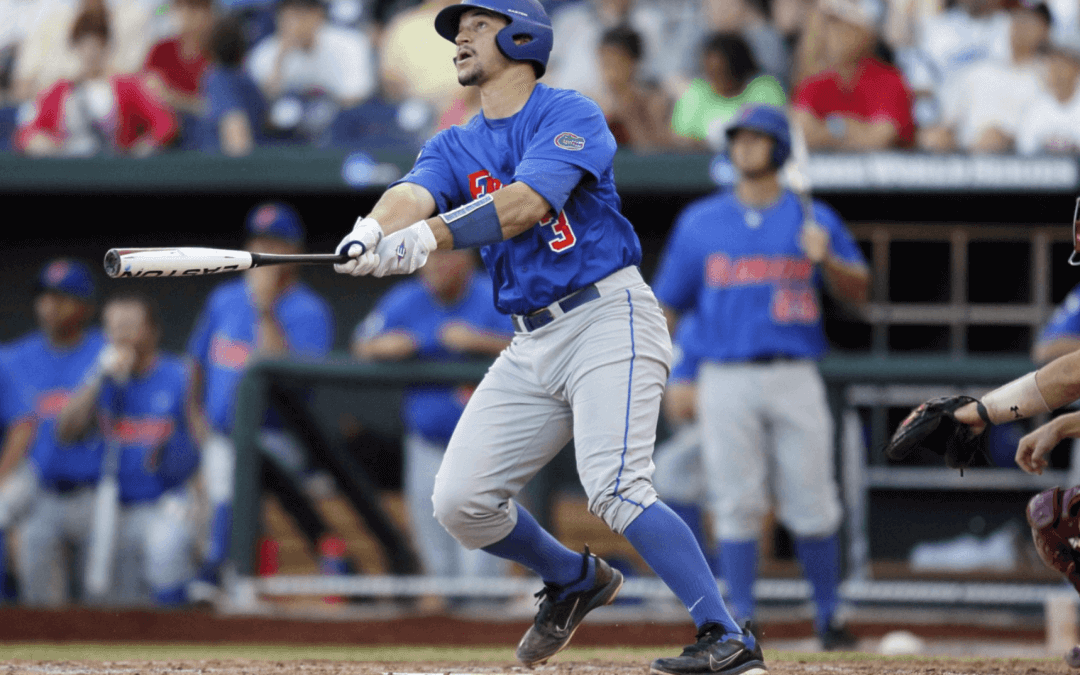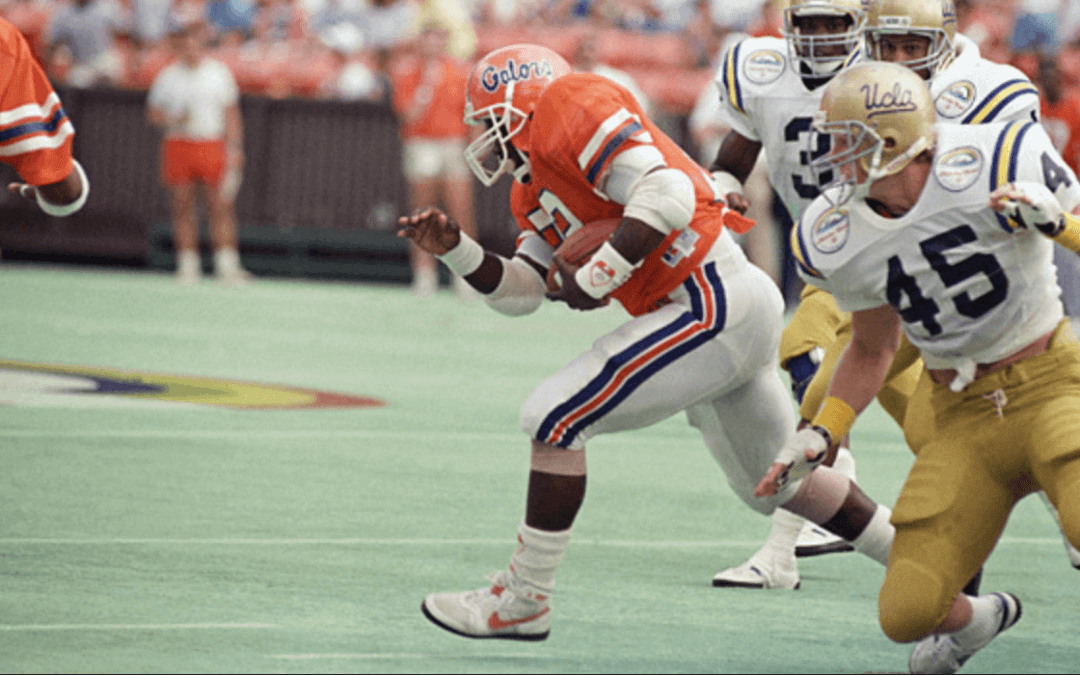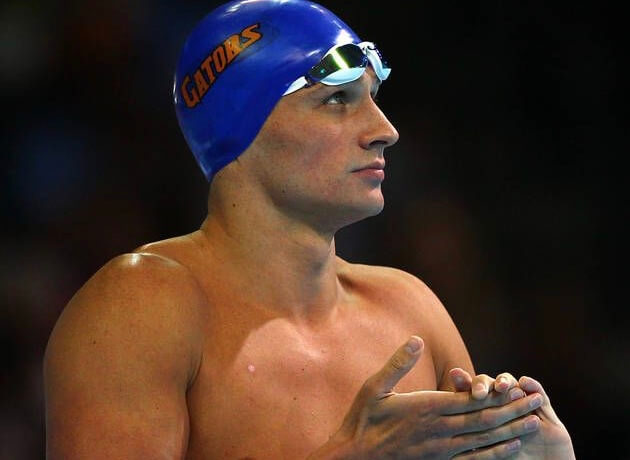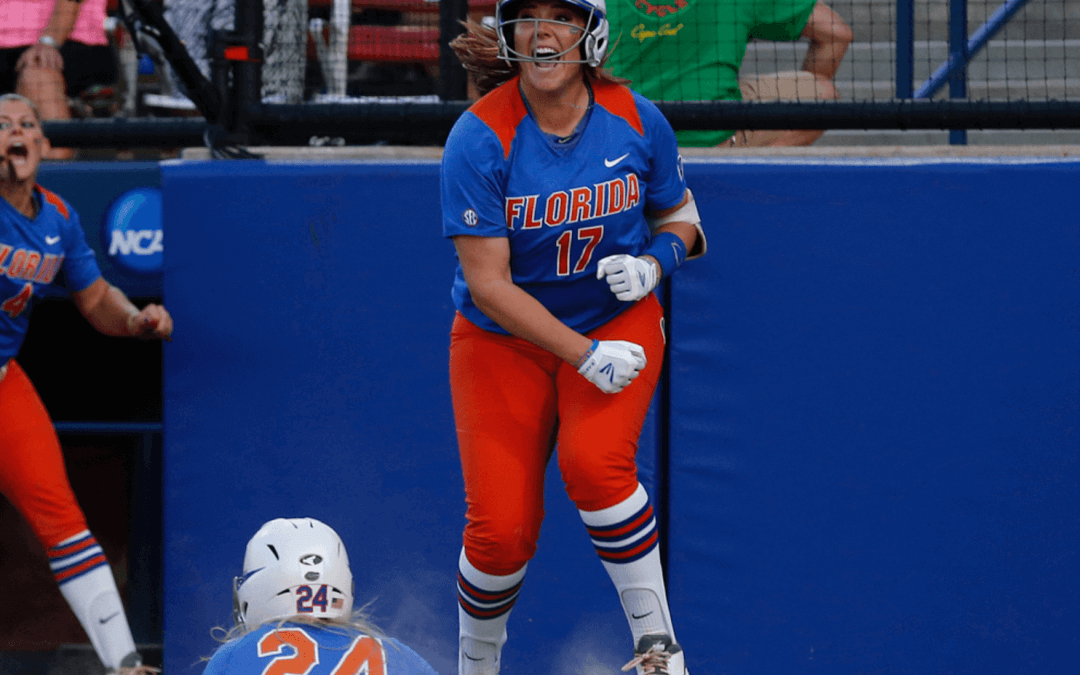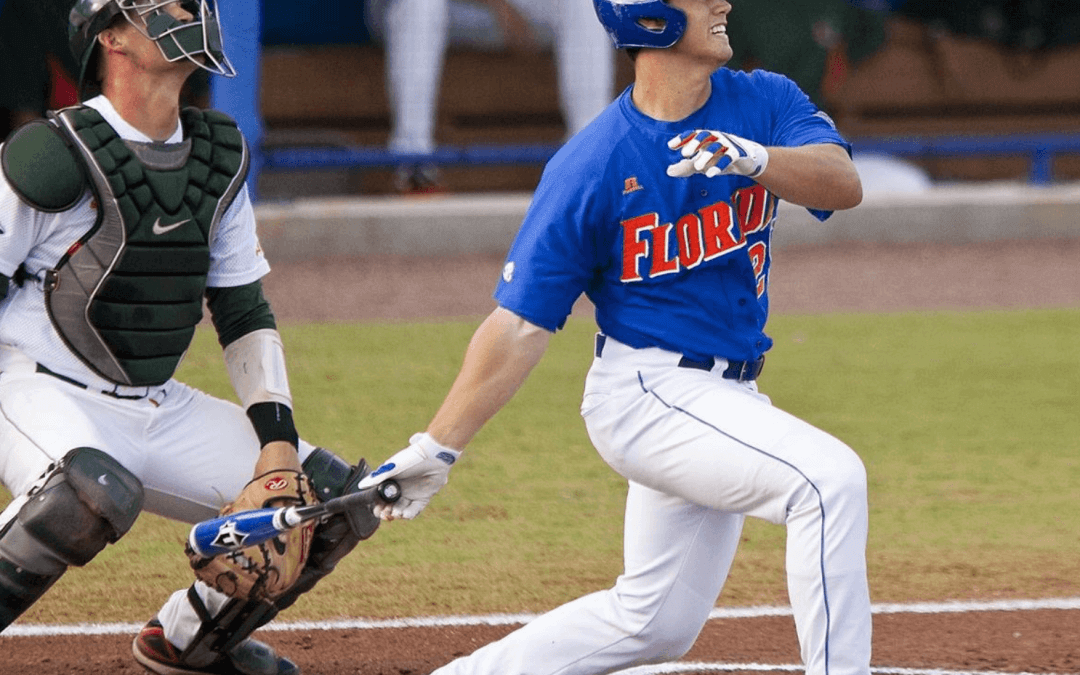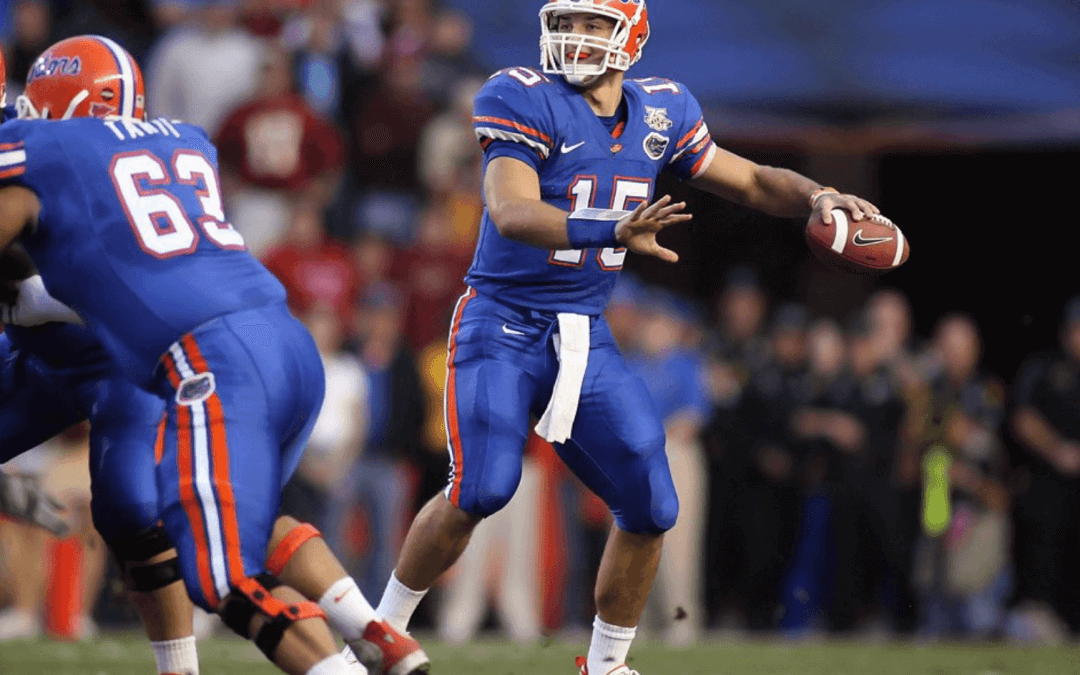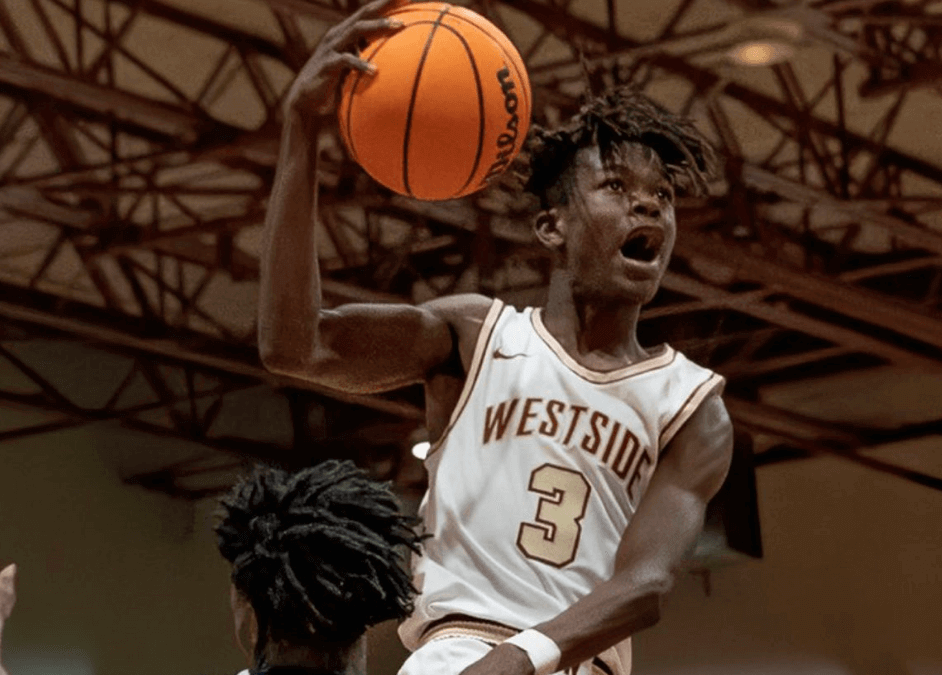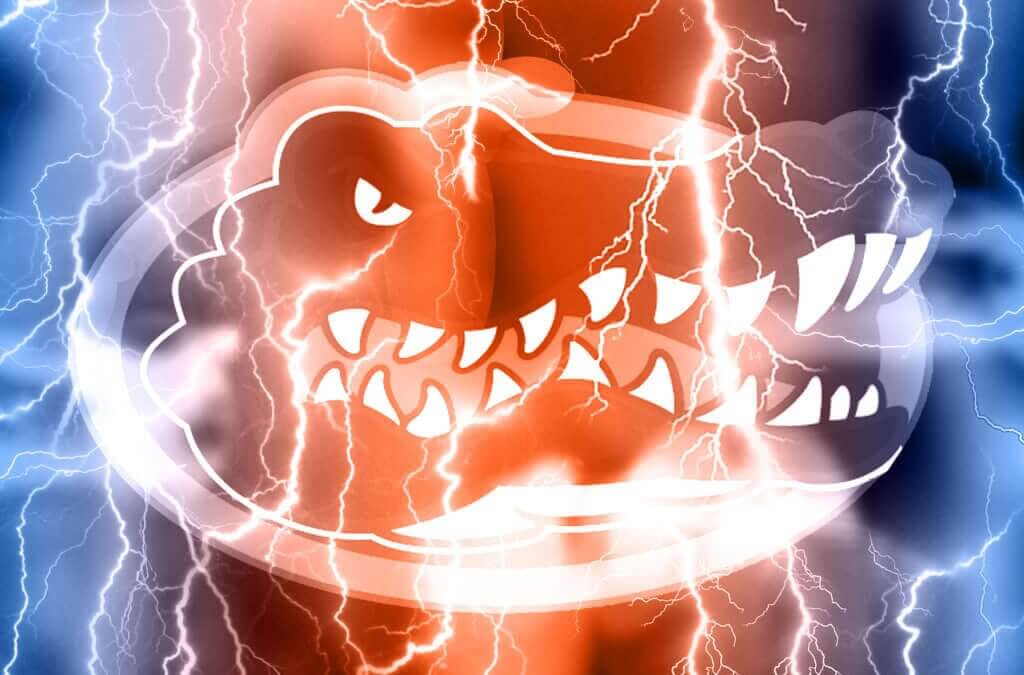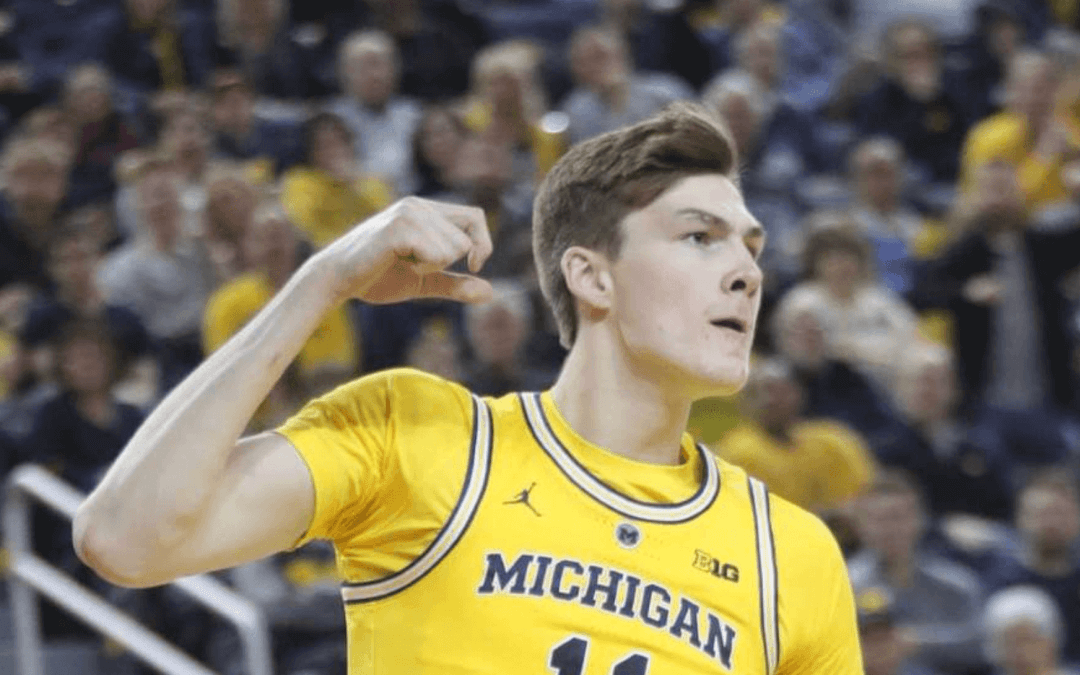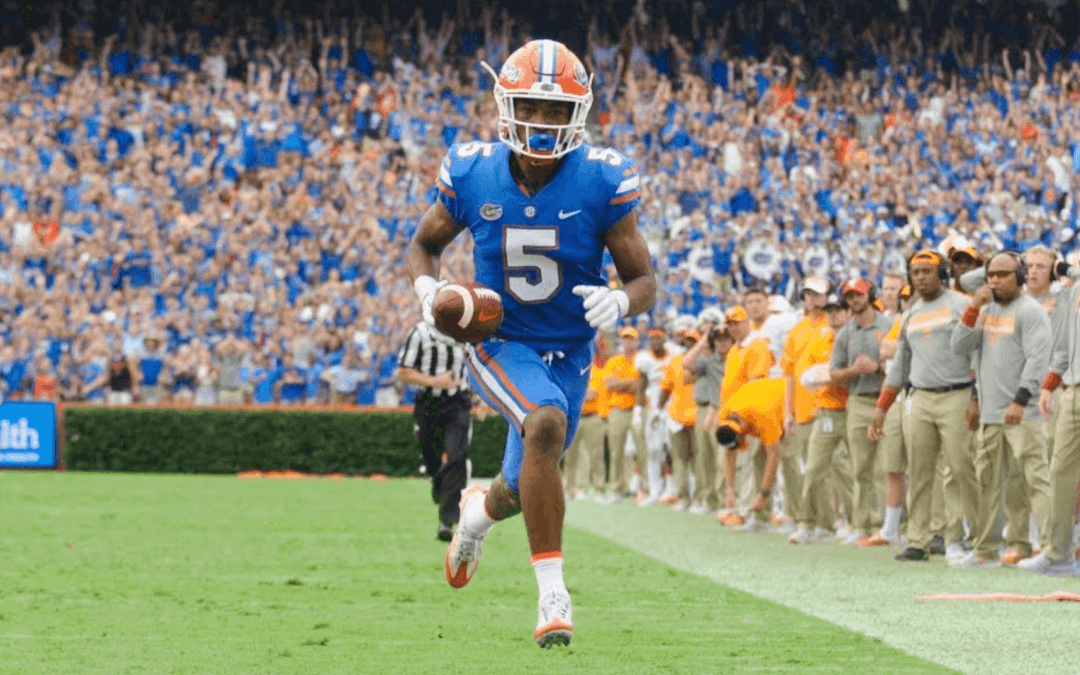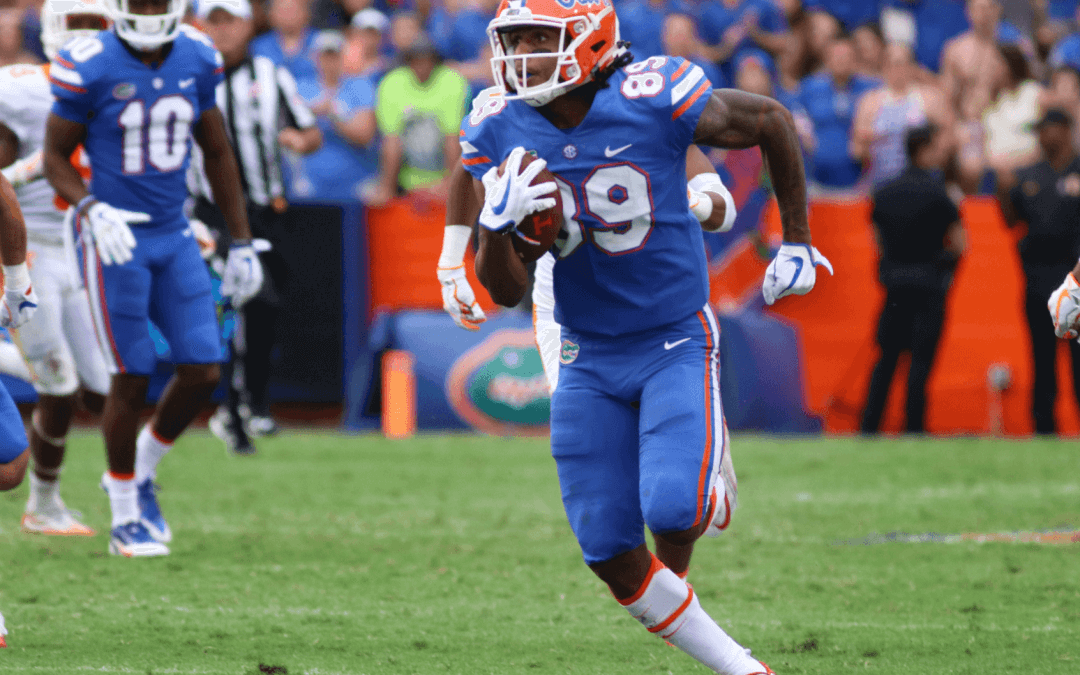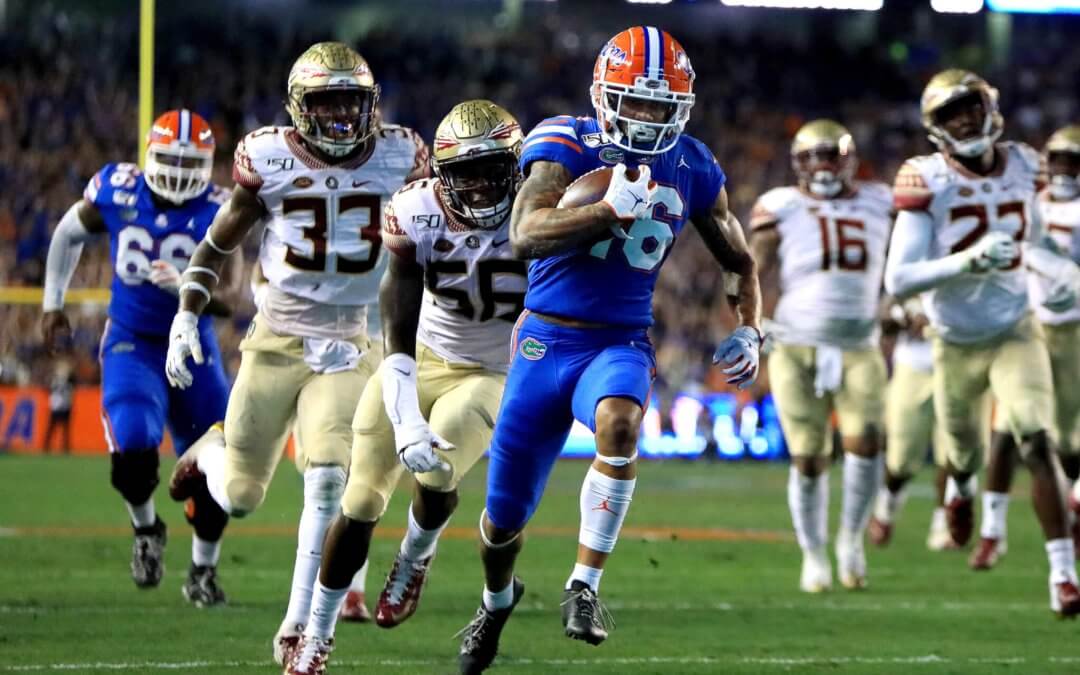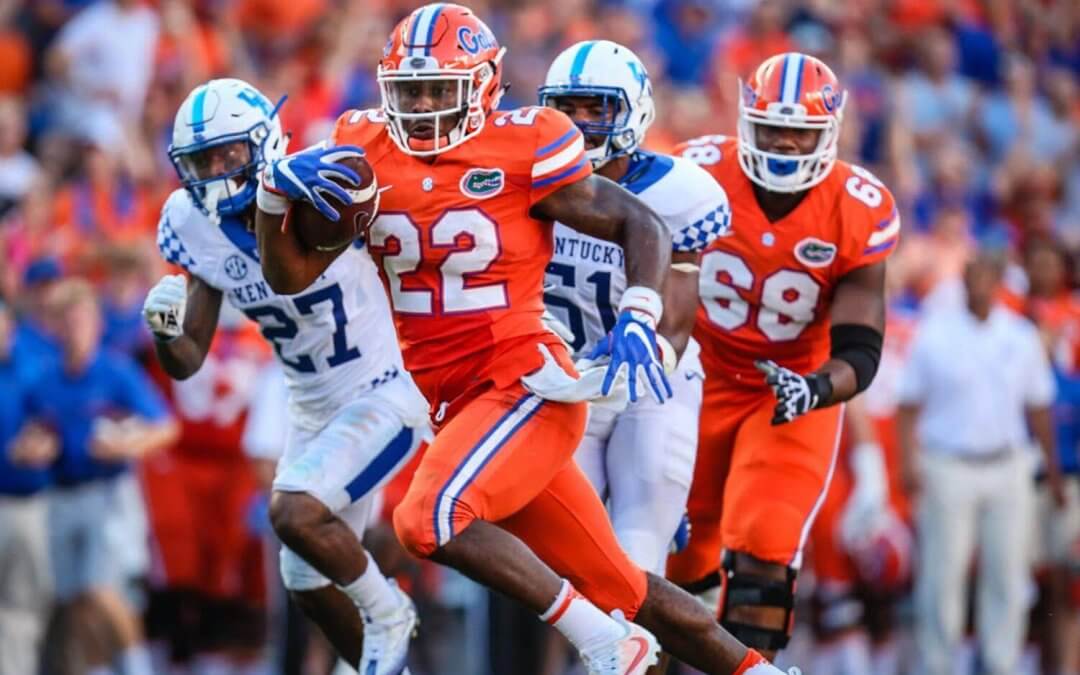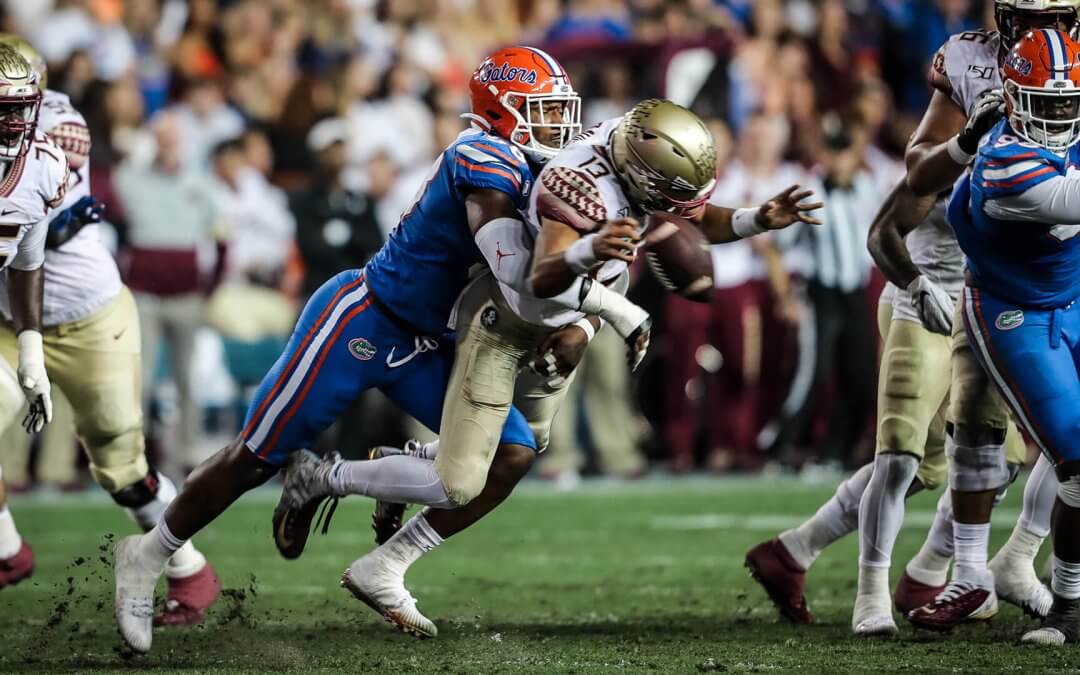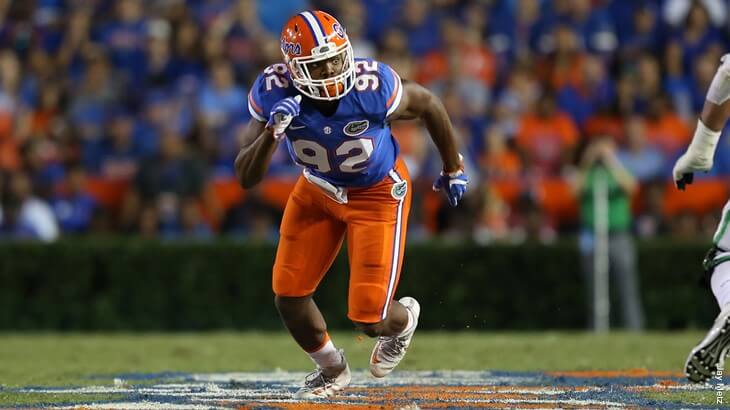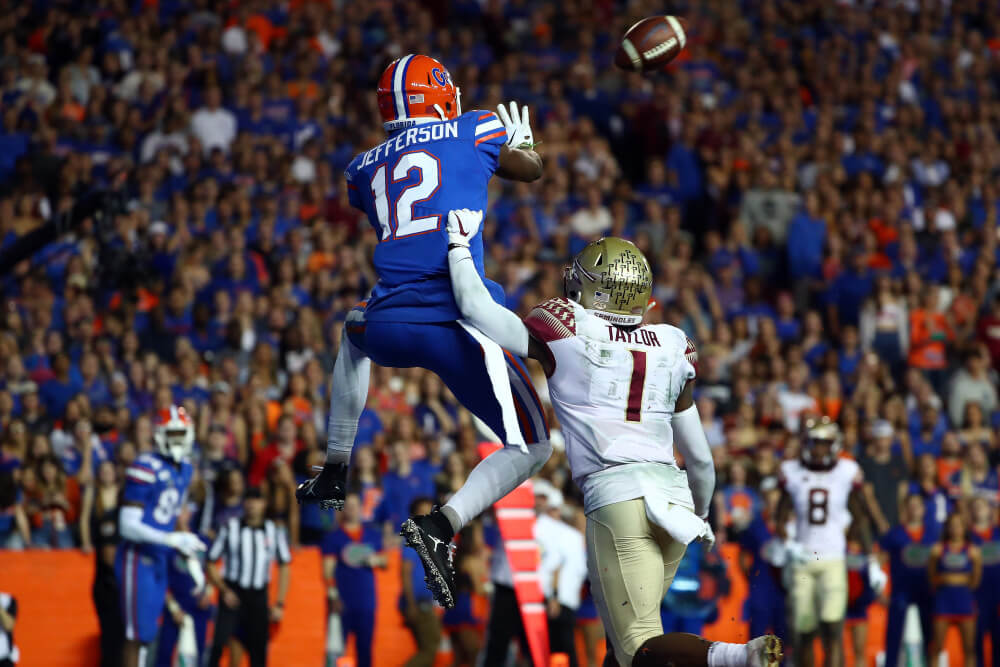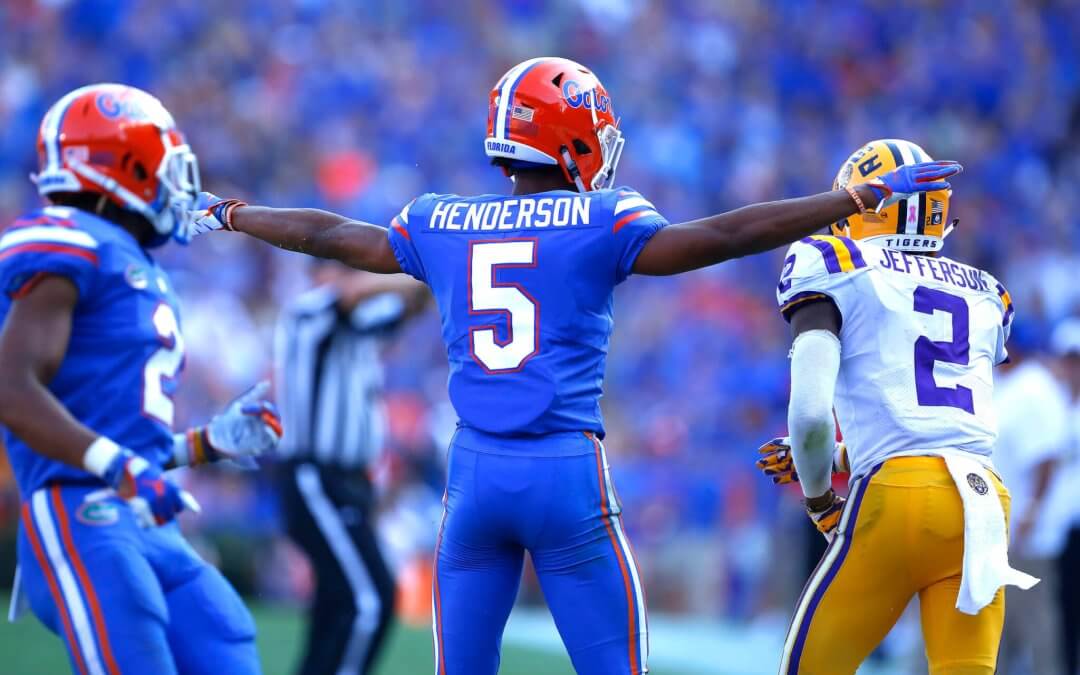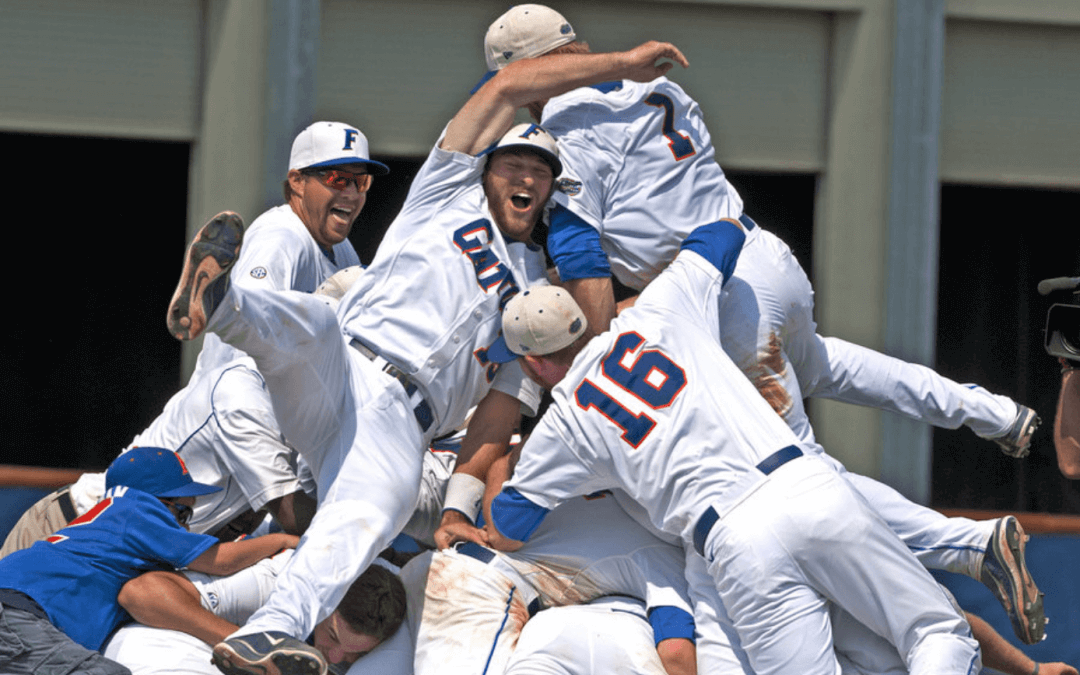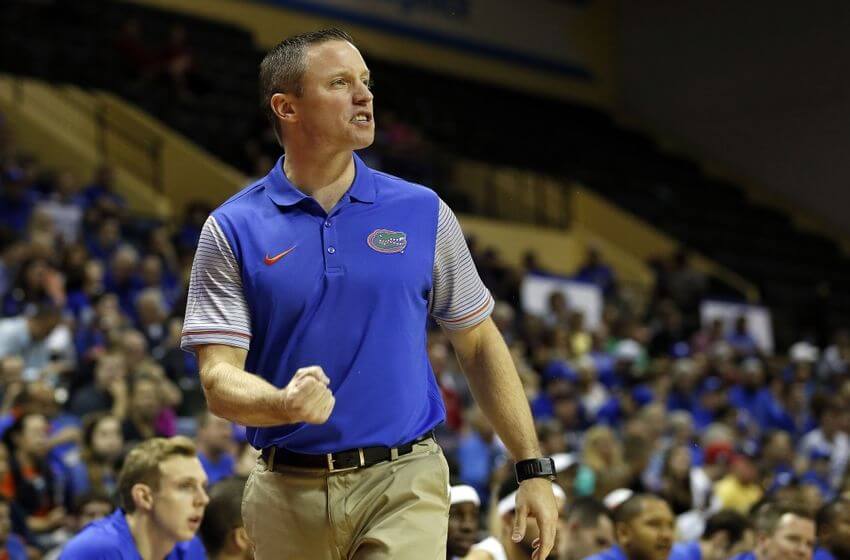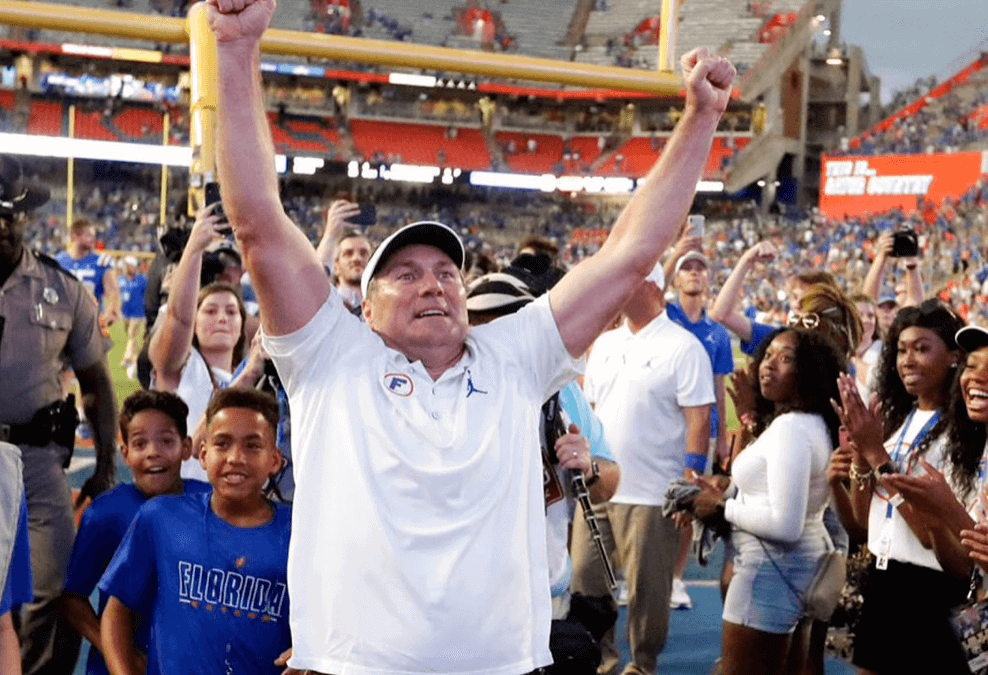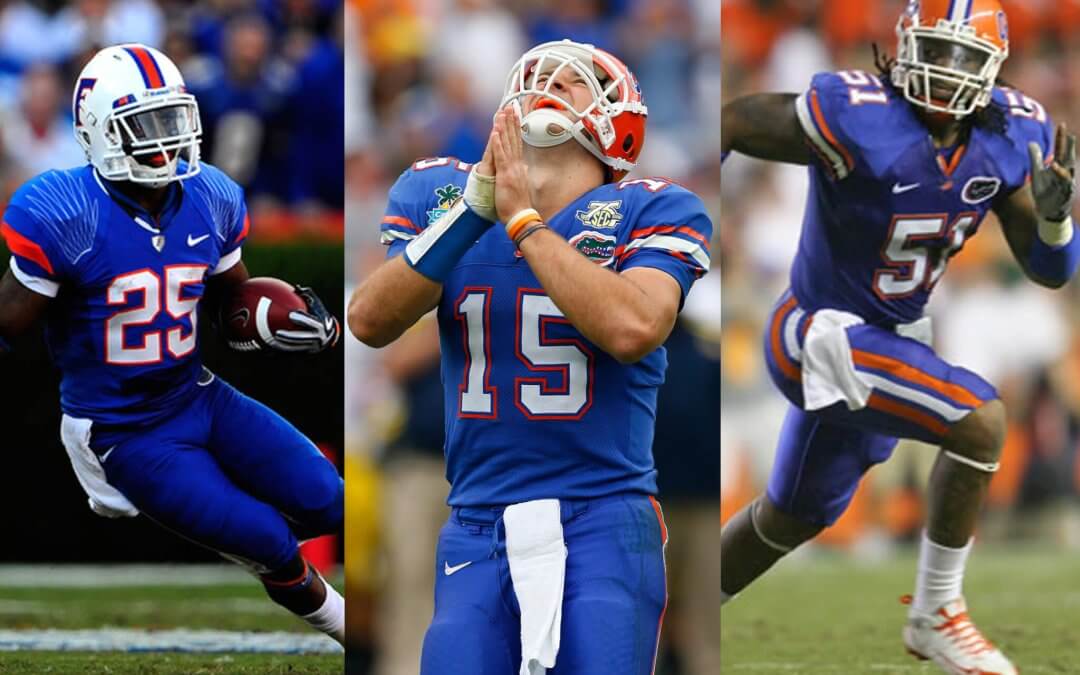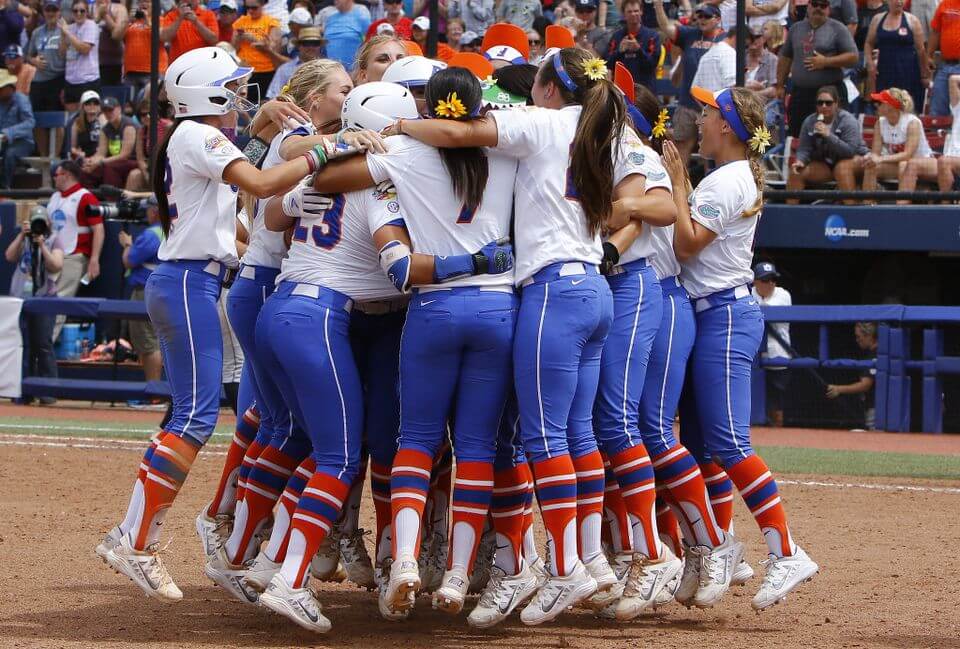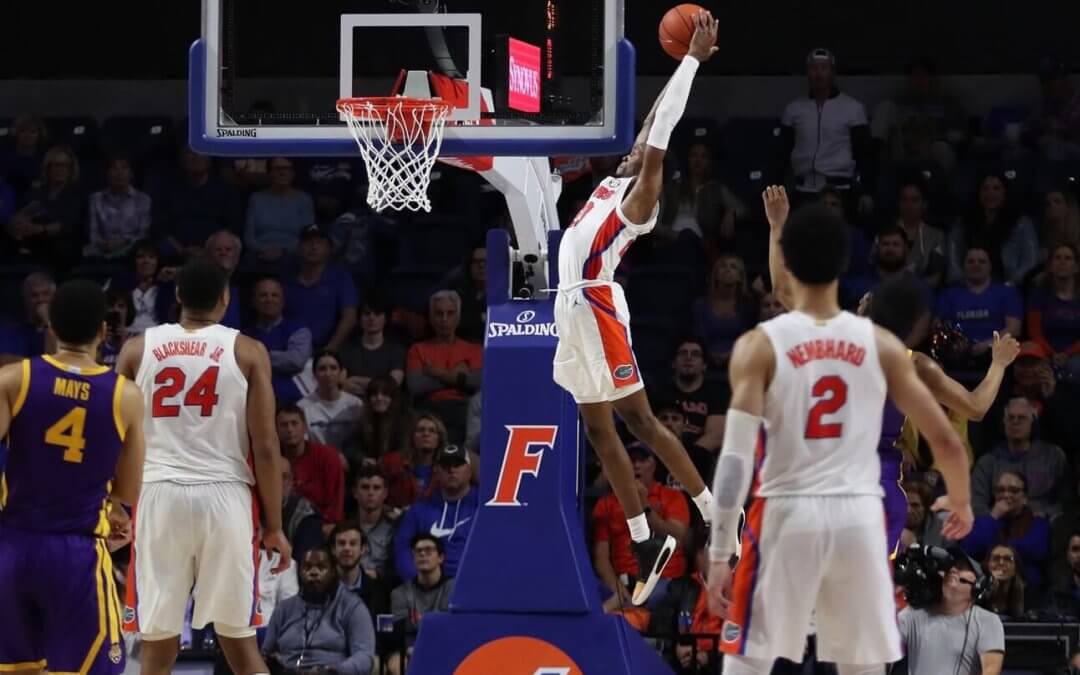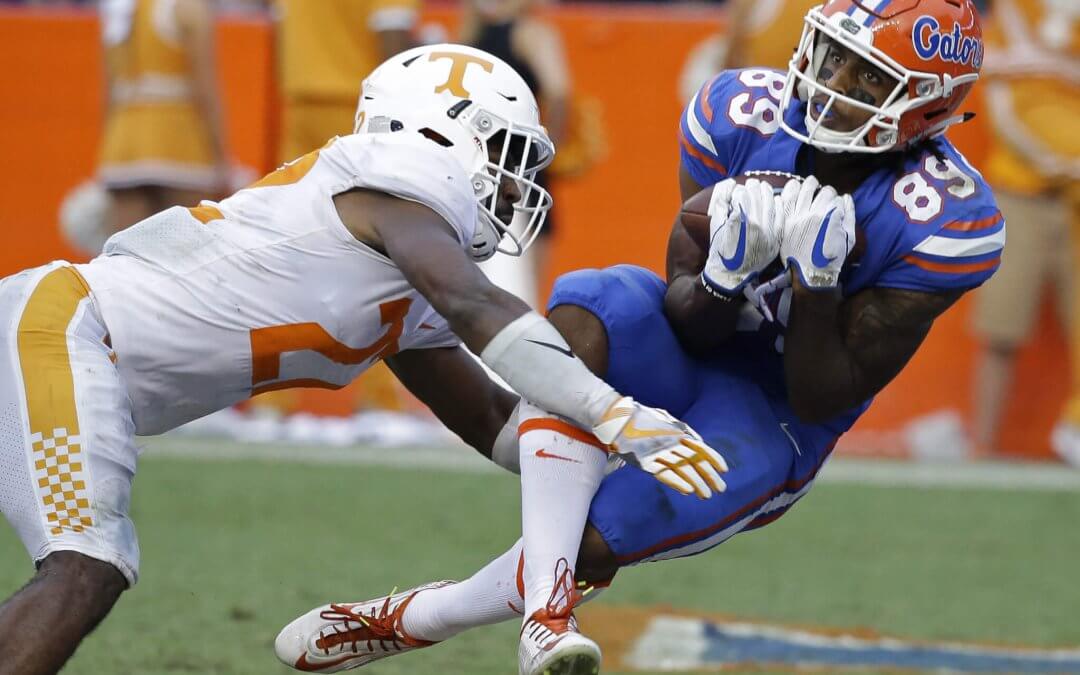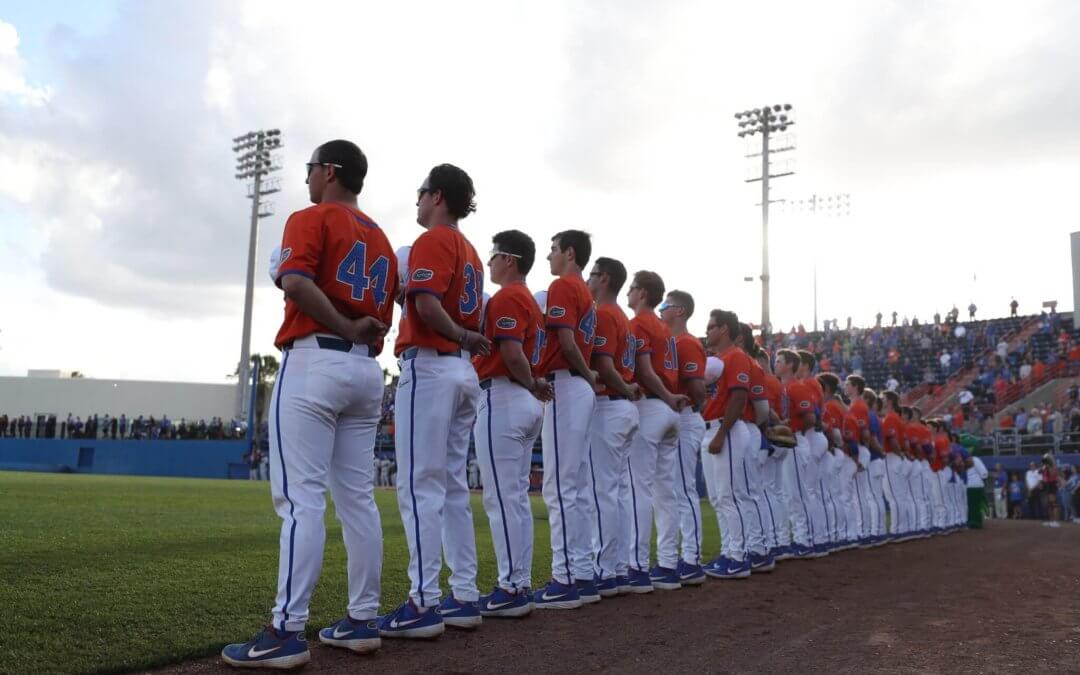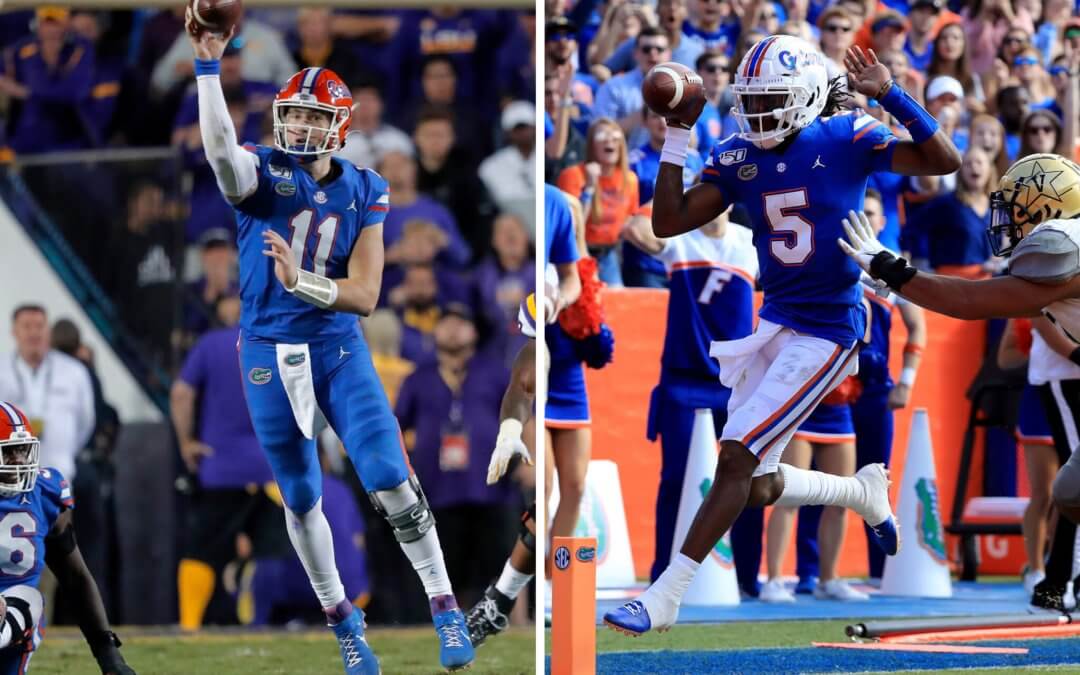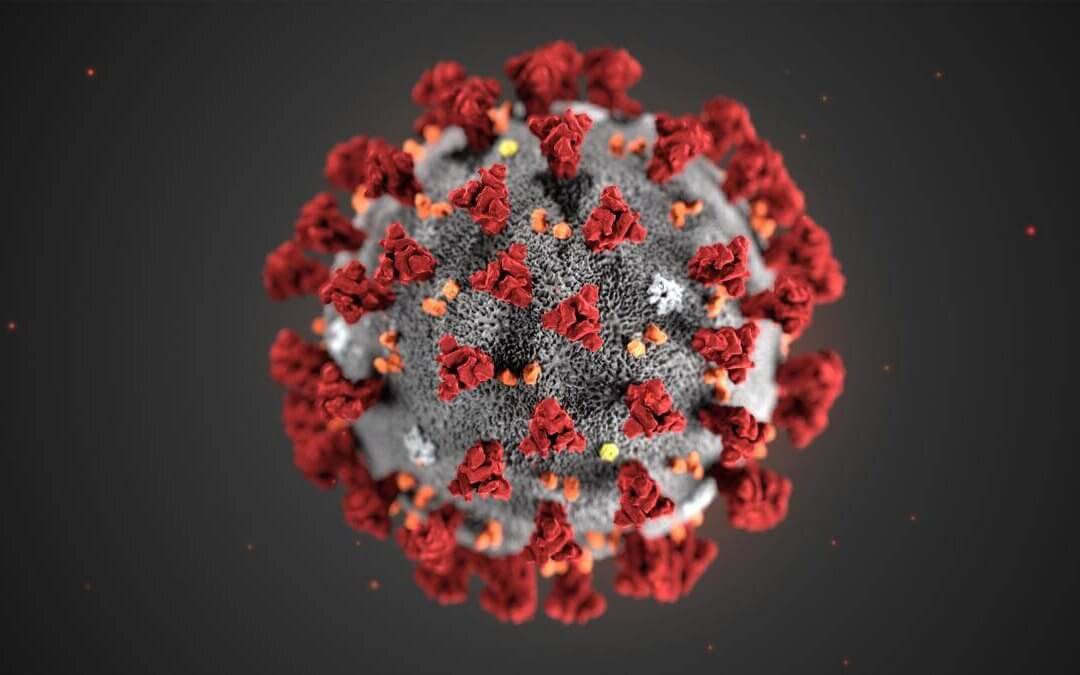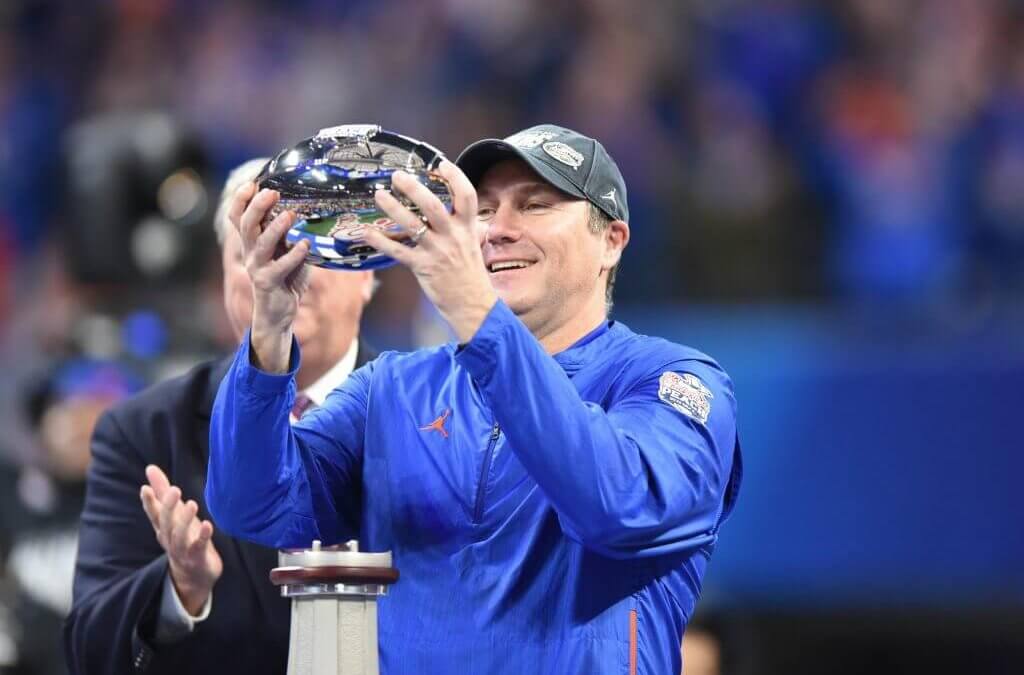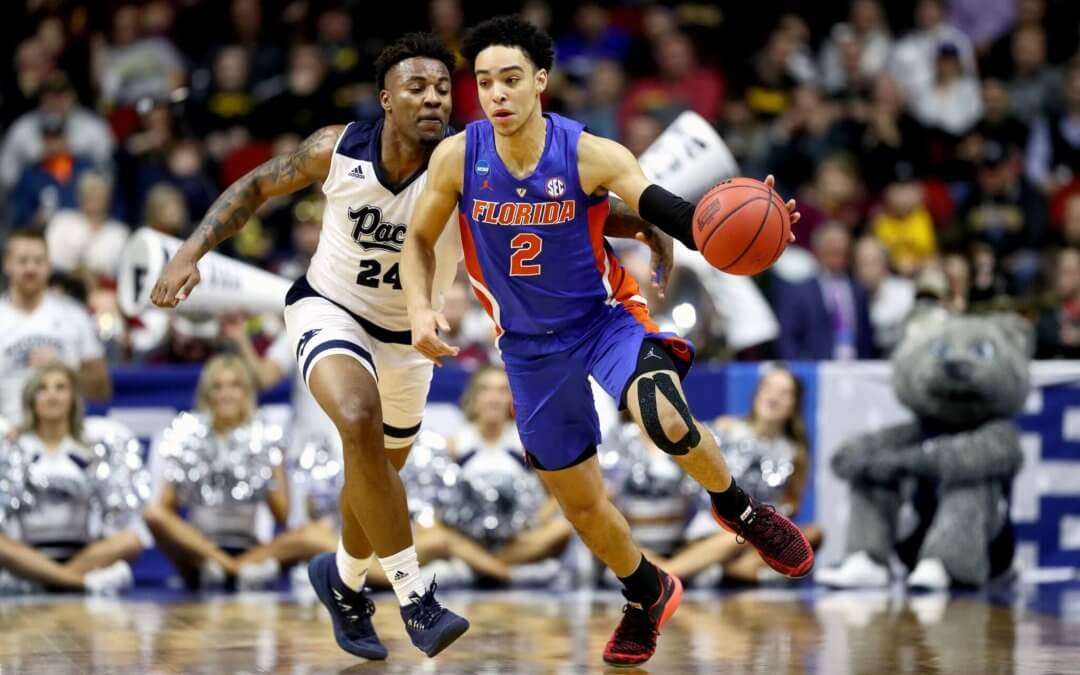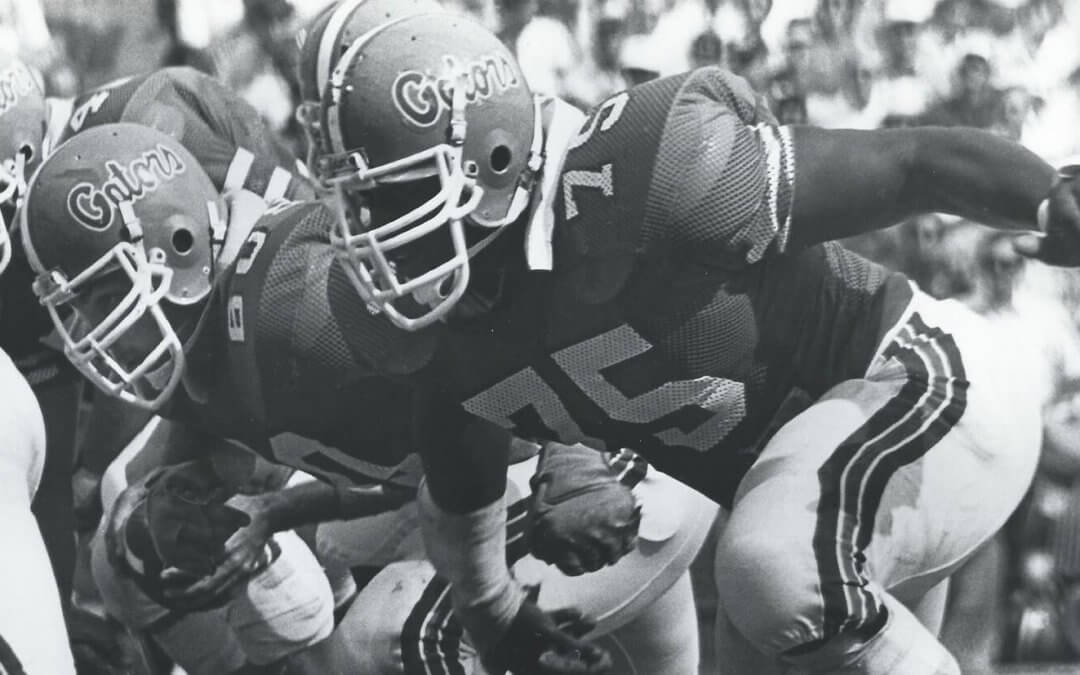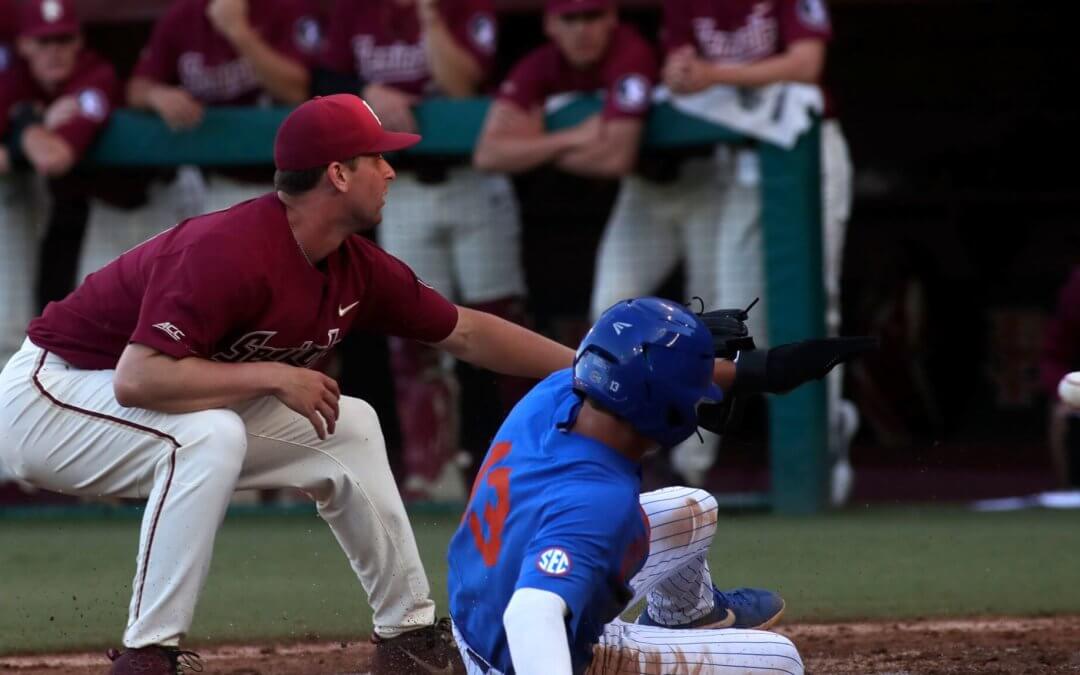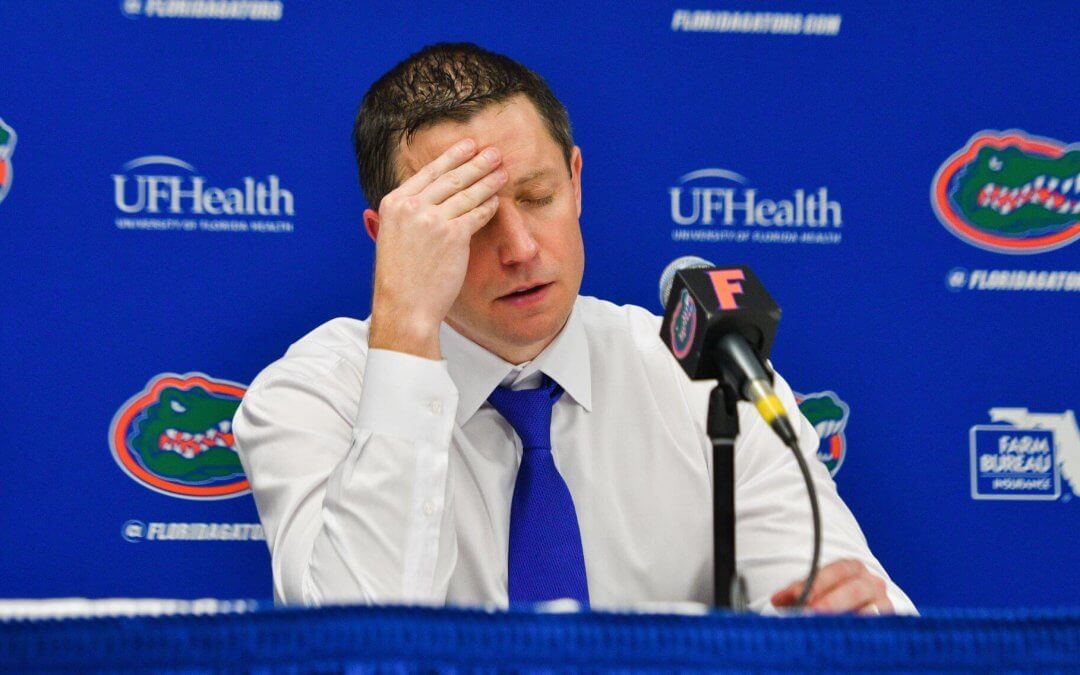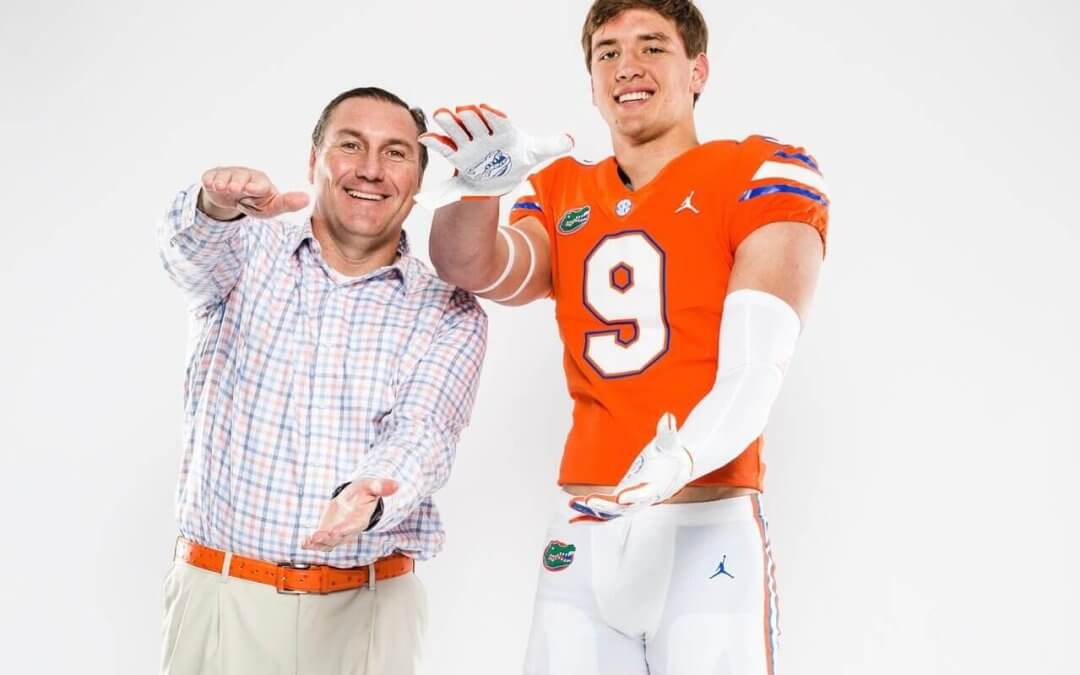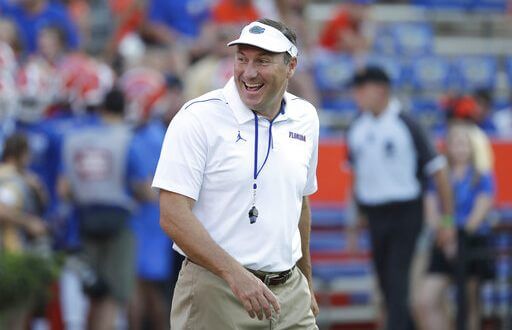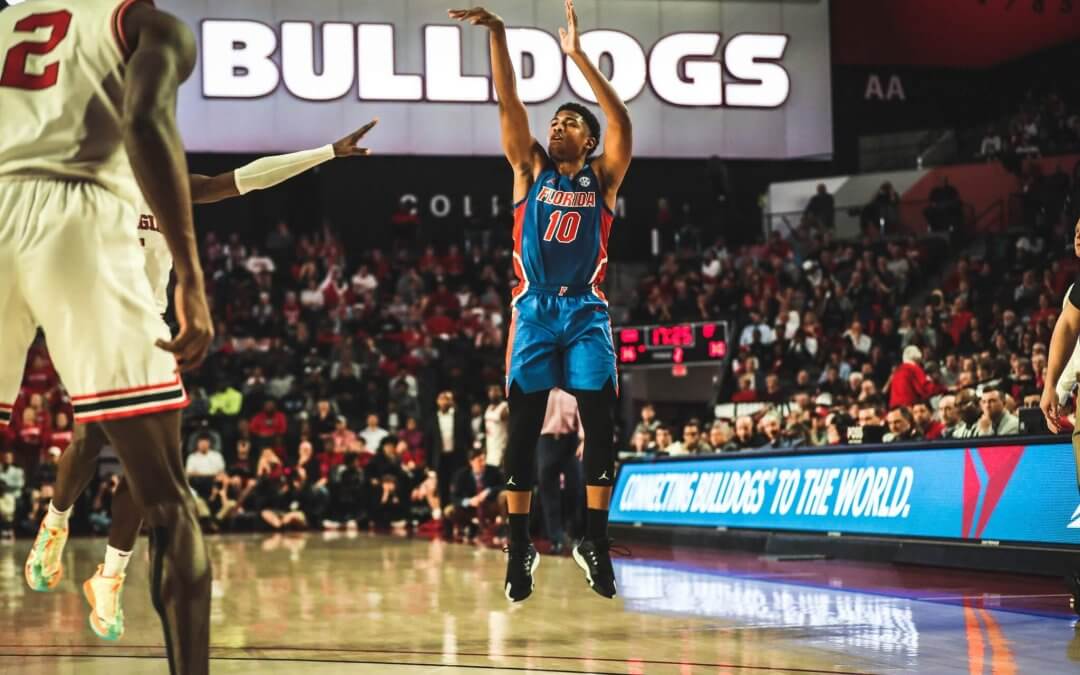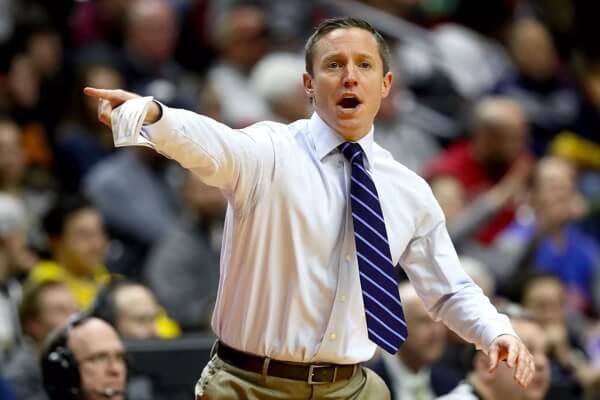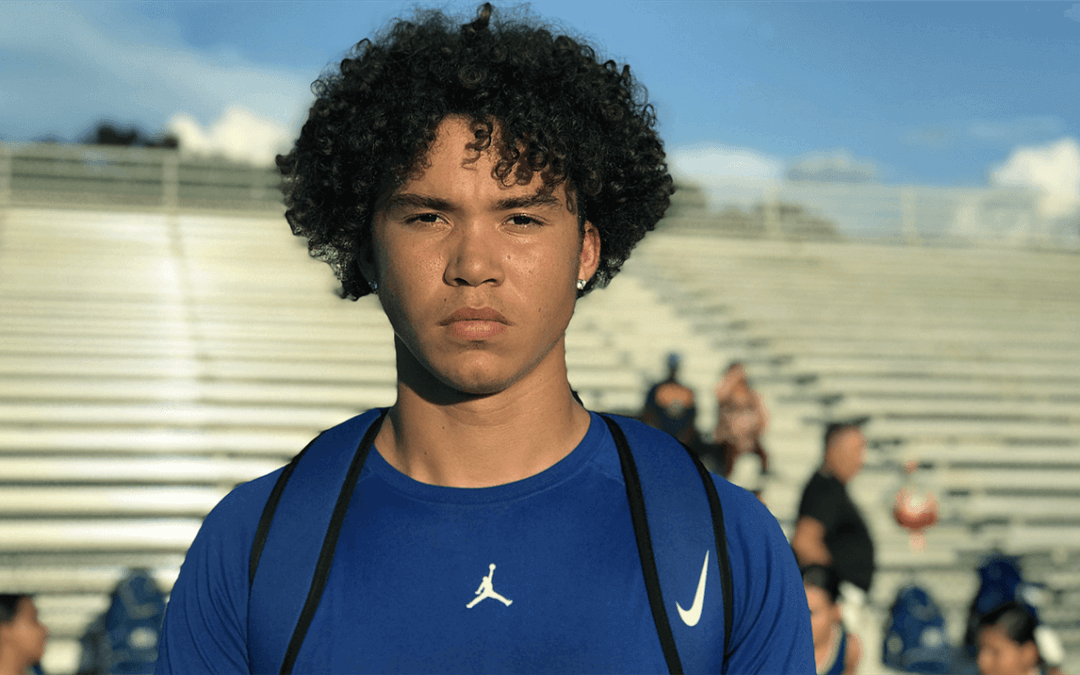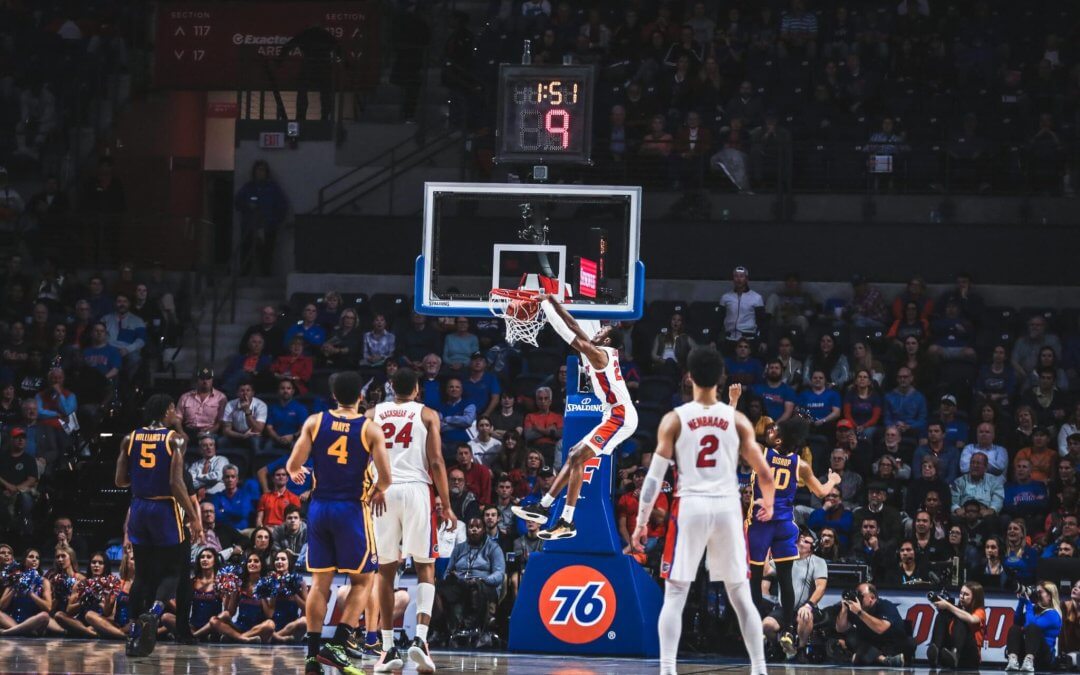There’s no debate that Treon Harris has been mostly ineffective since taking over as the Gators’ starting QB following Will Grier’s one year suspension. There’s a reason Grier won the job over Harris. Grier looked the way you expect Gator quarterbacks to look, while Harris looks more like the latest in a recent line of failed Florida quarterbacks.
We know all that. Repeating it does no good. And the fact is that while his overall performance against Vanderbilt wasn’t that good, there’s still hope for the future because of the way he finished the game.
Harris started the game a paltry 7-18, which closely resembled his 8-19 effort against Georgia. That one didn’t matter, because Georgia self destructed like they were getting paid to. But against Vanderbilt, it was Florida that couldn’t get out of its own way. And so his sub 50% completion rate was a lot easier to notice because of the fact that the game was a nail biter. He failed to go through his progressions, and after the first or second option was taken away, he panicked. Balls were thrown behind receivers. He overthrew some and he under threw others. He compounded his inaccuracy by losing a fumble at the end of a big run in the second quarter that would have given Florida a first down inside the red zone.
But then in the fourth quarter, with Florida down 7-6, Doug Nussmeier and Jim McElwain simplified the offense. They put Harris in the shotgun and had him immediately throw the ball to the first open receiver he saw coming out of his break. No running around like a chicken with its head cut off. No panicking and taking off up the middle. No trying to make ridiculous throws deep down the field. Just take the snap, wait a second and a half, and find your receiver as he makes his cut. Nice and simple.
The result? Harris finished the game 5-6 for 57 yards on his last two drives. That’s not bad. Actually, that’s pretty good. Not just because of the numbers, but because this was the last adjustment McElwain and Nussmeier could possibly make. In other words, it was their last chance to win. And Harris came through.
Georgia’s defense ranks in the top 20 of FBS in every major statistical category, but you’d never know it by watching the way they played against Florida. Not only did the Gators rush for 258 yards- despite overwhelming annual evidence that maybe they should pay more attention to Florida’s ground game- but they couldn’t stop Harris when they had to.
Georgia defensive coordinator Jeremy Pruitt sent a spy on Harris to stop him from rolling out and taking off for big chunks of yardage. As soon as the spy detected a rollout, he’d take off straight for Harris and blow up the play. At least, that was the idea. But it only takes one play to not complete your assignment and give up a touchdown to put your team in a deep hole. Like one rollout and deep throw to Antonio Callaway for a 66 yard touchdown pass. The Bulldogs also had trouble stopping Harris on QB draws, as the heavy focus on the edges, combined with the lack of focus on the middle of the field, made McElwain’s next move easy- beat them by slipping up the middle. On three different third down plays, Harris burned Georgia for gains of 8, 13 and 19 yards on QB draws- each of which picked up a first down.
Vanderbilt head coach and defensive coordinator Derek Mason wouldn’t let that happen.
The Commodores used a different approach. Vandy tasked inside linebacker Darreon Herring with beating Florida’s offensive line through the A-gap (between the center and offensive guard) and getting to Harris while the four man defensive line’s main job was to rush wide and block off Harris’s path to the sideline. And because Florida’s offensive line- as we expected- is mostly inexperienced, they were able to get away with this. Herring, along with fellow linebackers Zach Cunningham and Stephen Weatherly, were able to constantly pressure Harris, and when he tried to run away, he’d likely run himself right into a lineman.
The only way to beat this kind of defense was for Harris to stand tall in the pocket and hit open receivers. It’s great to have a quarterback who is a threat to beat you with both his arm and his legs on the outside, but against a real defense, your quarterback must be able to hit routine throws from in between the hashmarks.
And that’s exactly what Harris did. His last six passes of the game resulted as follows: 19 yard pass complete to DeMarcus Robinson, 17 yard pass complete to Brandon Powell, incomplete pass to Chris Thompson, 6 yard pass complete to Robinson who fumbled the ball away, 8 yard pass complete to Robinson, and 7 yard pass complete to Robinson.
Each of those passes were thrown within two seconds of Harris taking the snap. Because of the simplified instructions- take the snap and throw it to the receiver as he’s coming out of his break- Harris was able to have some success. Sometimes, less is more. And by doing less, McElwain and Nussmeier were able to get Harris into a sort of rhythm toward the end of the game… just in time to avoid losing to Vanderbilt in the Swamp for the second straight year.
Whatever doubts there previously were about McElwain’s ability to coach have to be erased at this point. He had a quarterback with an extreme case of nerves and a profound lack of success doing much of anything all day, with no real option to turn to behind him (Josh Grady, I guess?) while things were looking bleak for the team against a team they were supposed to beat handily. Yet he settled his QB down, and wrung just enough production out of him to coach himself to a win in that game. Bravo, McElwain.
But we can’t act as though McElwain is working Harris like a puppet. Harris deserves some of the credit, too, as he’s the one throwing the football. For all the mistakes he’s made so far as Florida’s QB- and there have been many- he made the throws he had to when he needed to most. Sure, all five of those completions on his last two drives were fairly easy throws, but they were throws that he’d been missing quite frequently since taking over for Grier. So while going from one-hopping and overshooting wide open receivers on simple routes to hitting those open receivers on the same routes doesn’t exactly merit throwing his name into the Heisman race, it’s doing what needs to be done to help Florida win games as opposed to failing to do so. And that’s an improvement. Credit Harris for that much.
This isn’t such a spectacular turnaround, don’t get me wrong. But by showing even the slightest bit of improvement late against Vanderbilt, he showed promise. Now it’s up to McElwain and Nussmeier to re-design the offense in a way that doesn’t make him think too much, doesn’t make him do too much and doesn’t make him try to do too much. Time to sit him back in the pocket and give him quick throws. Let him make some and then we’ll see how defenses react to it.
If Harris does this, Florida’s offense, and thus, the entire team will be exponentially better off. Maybe even good enough to win a national championship.
